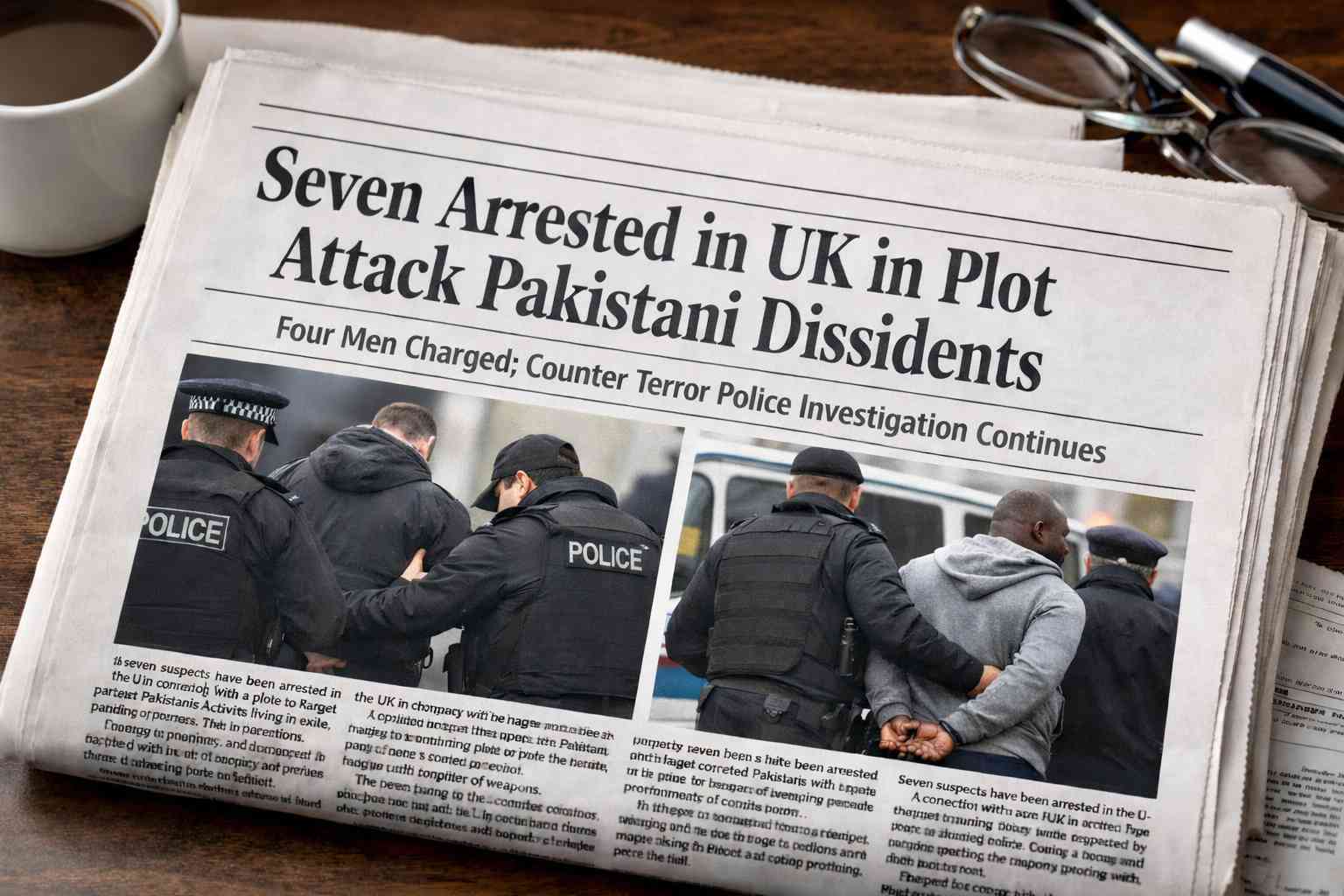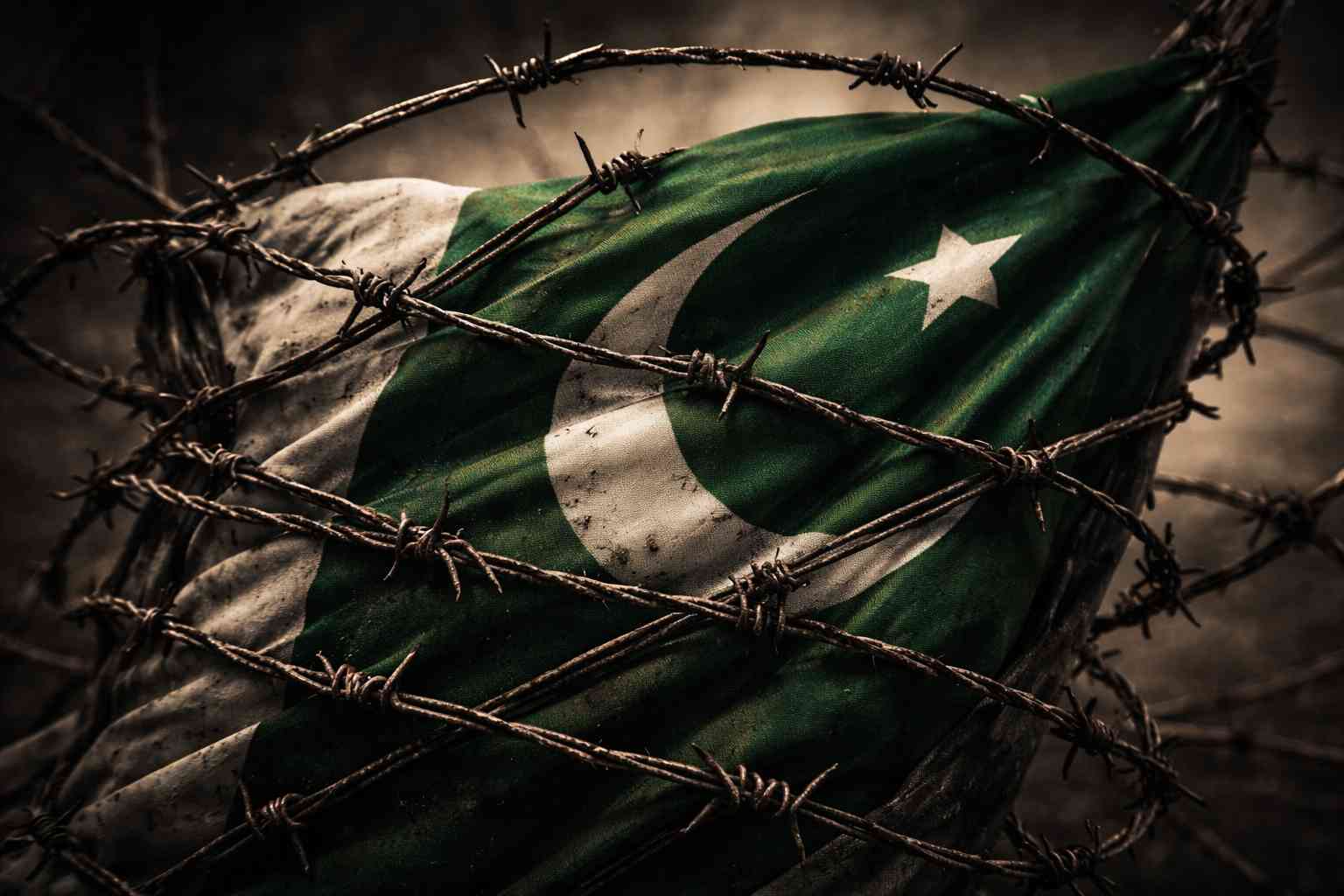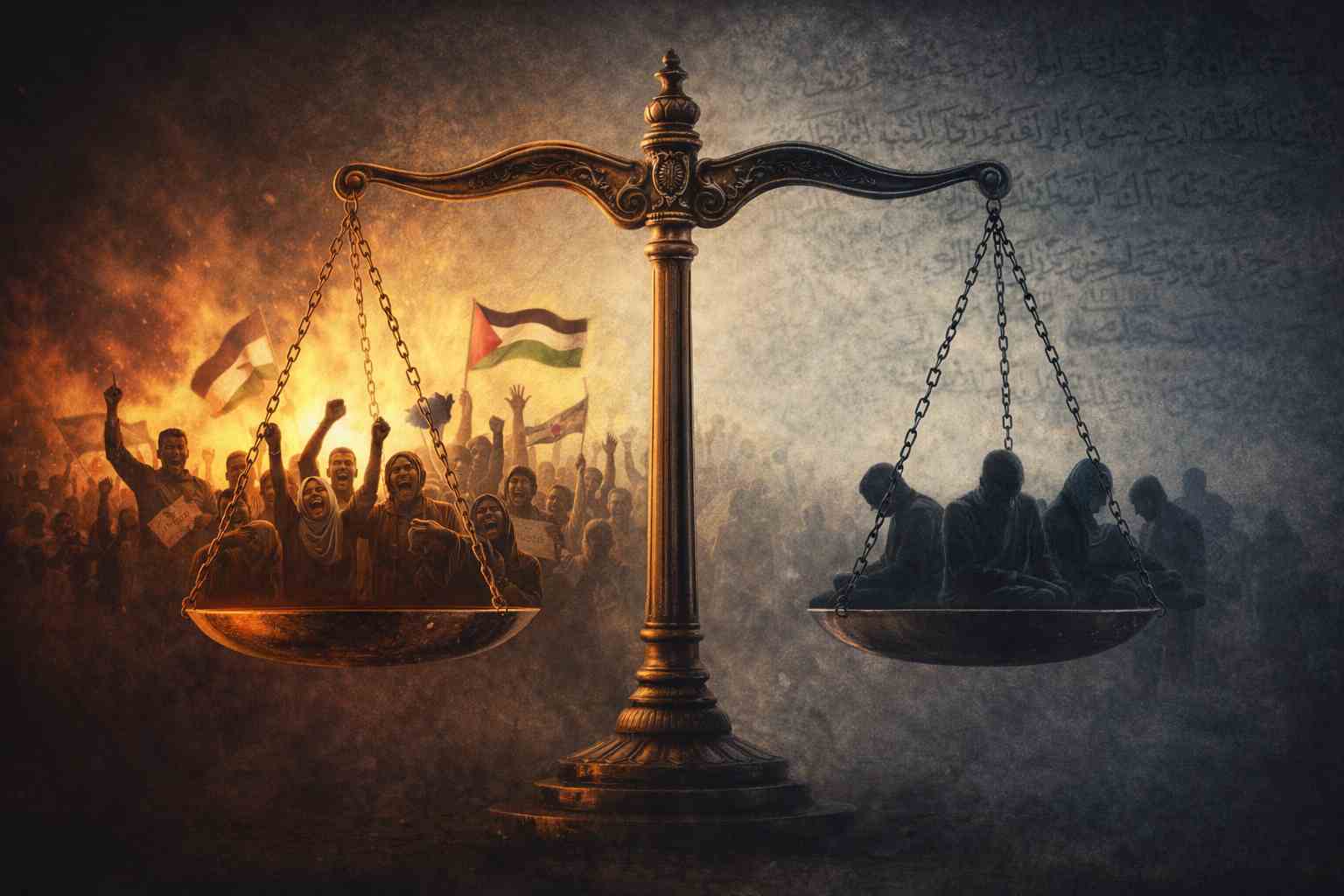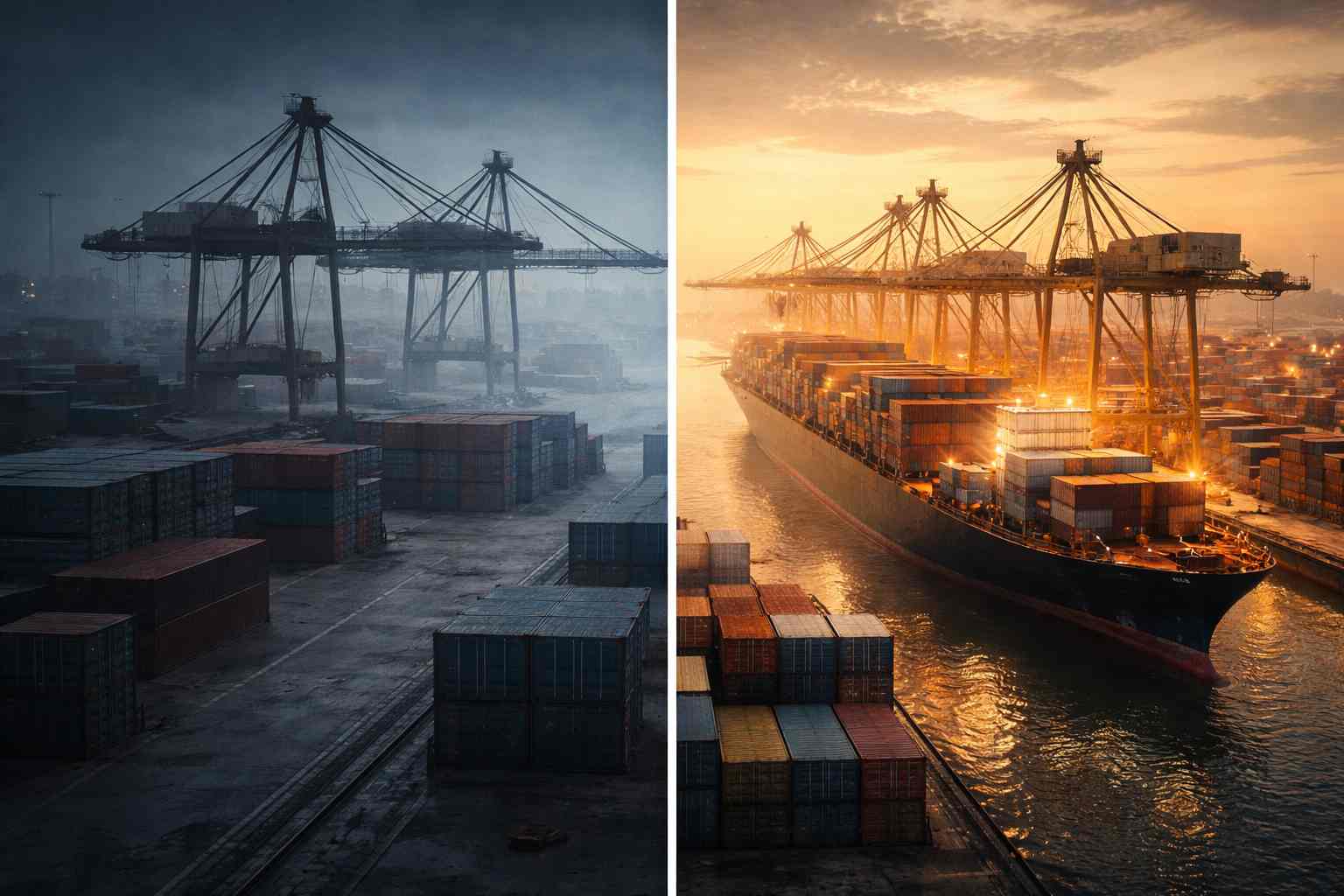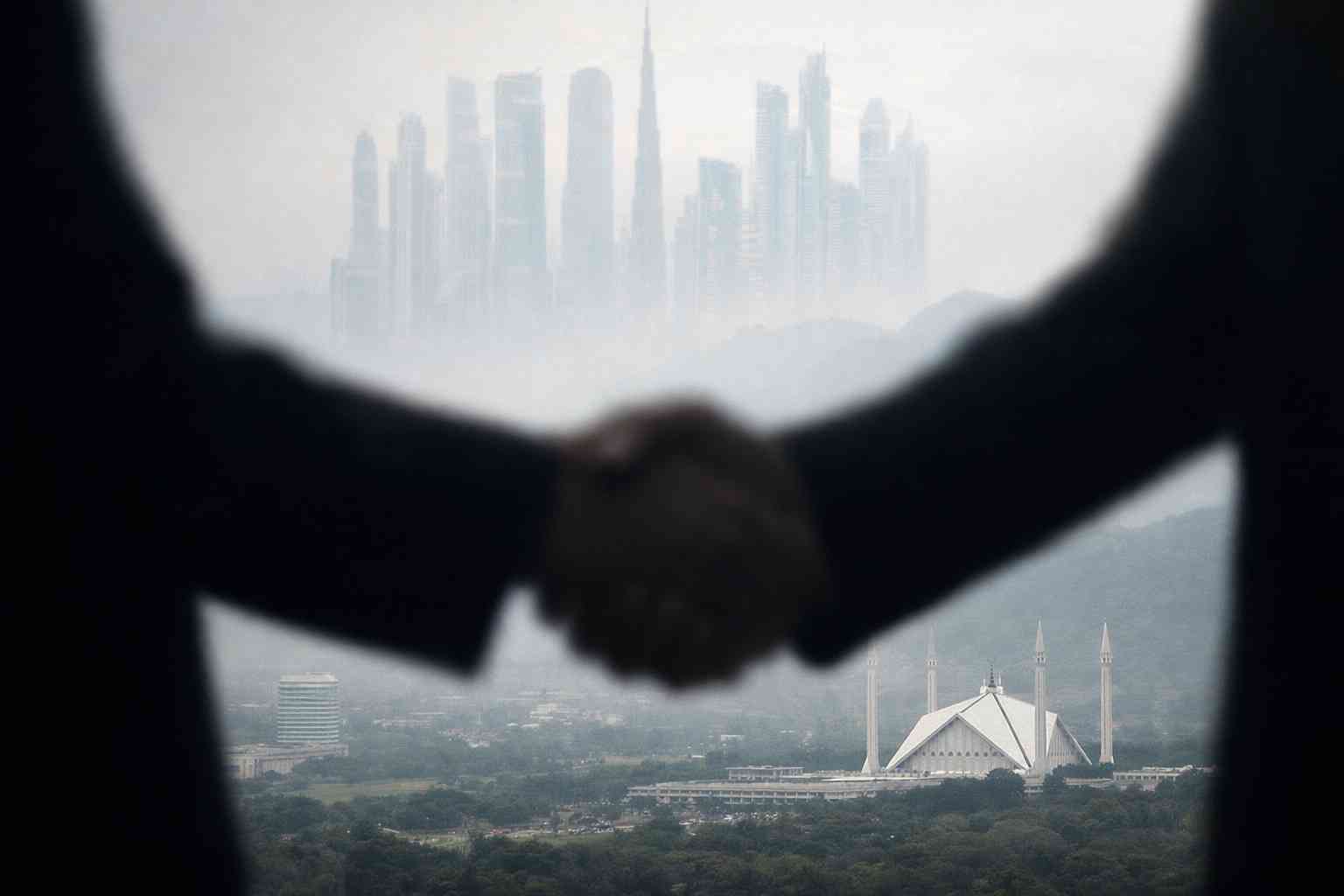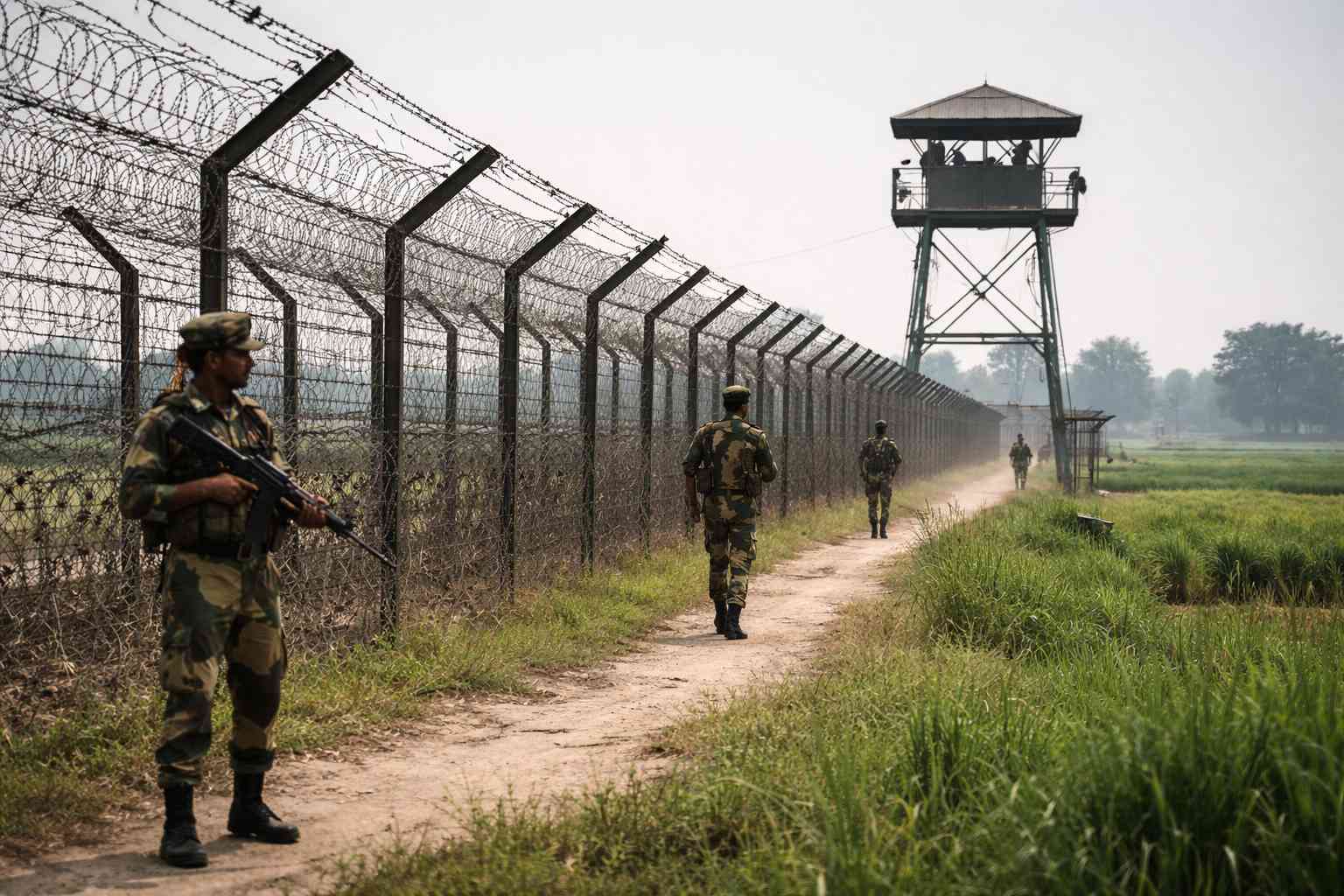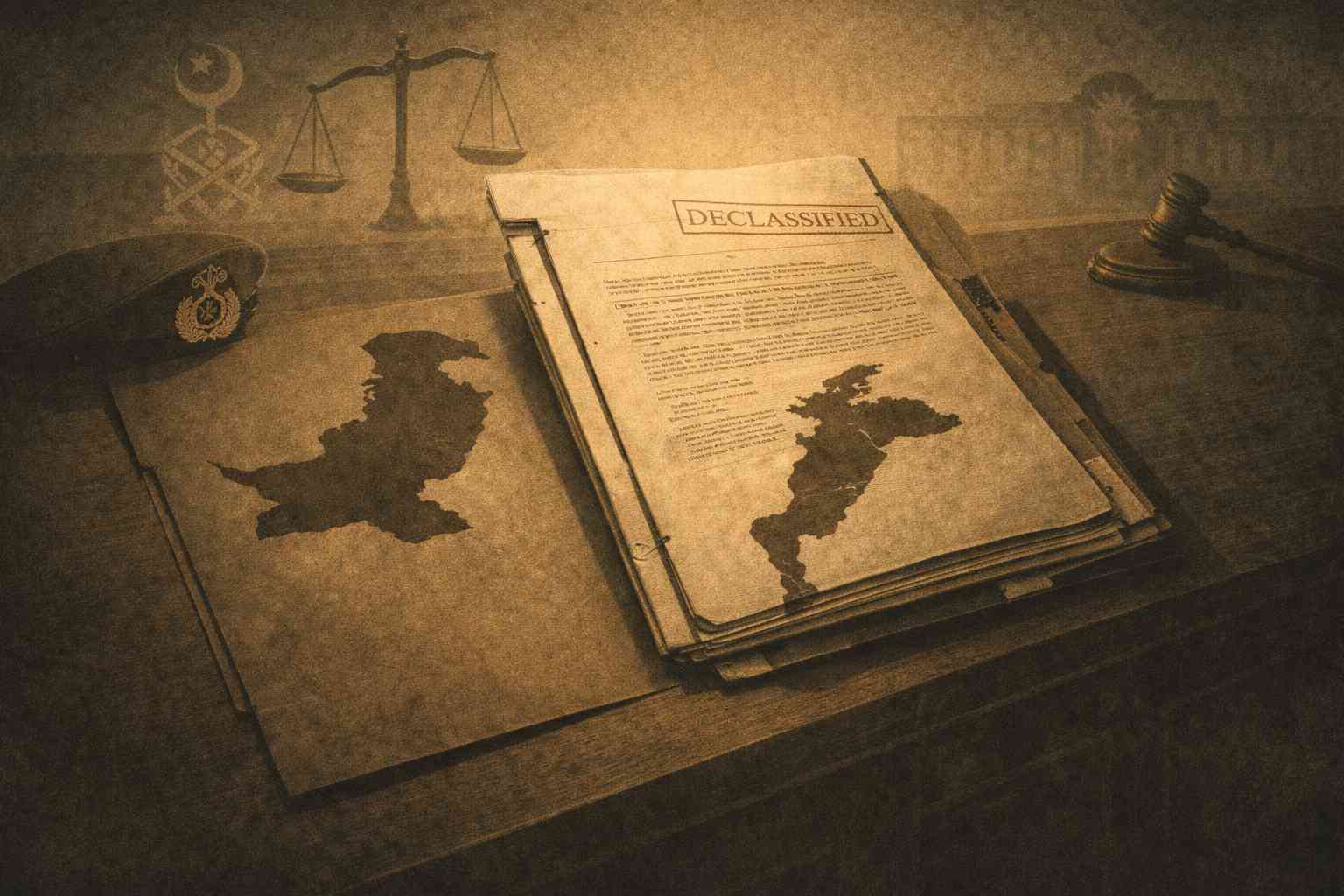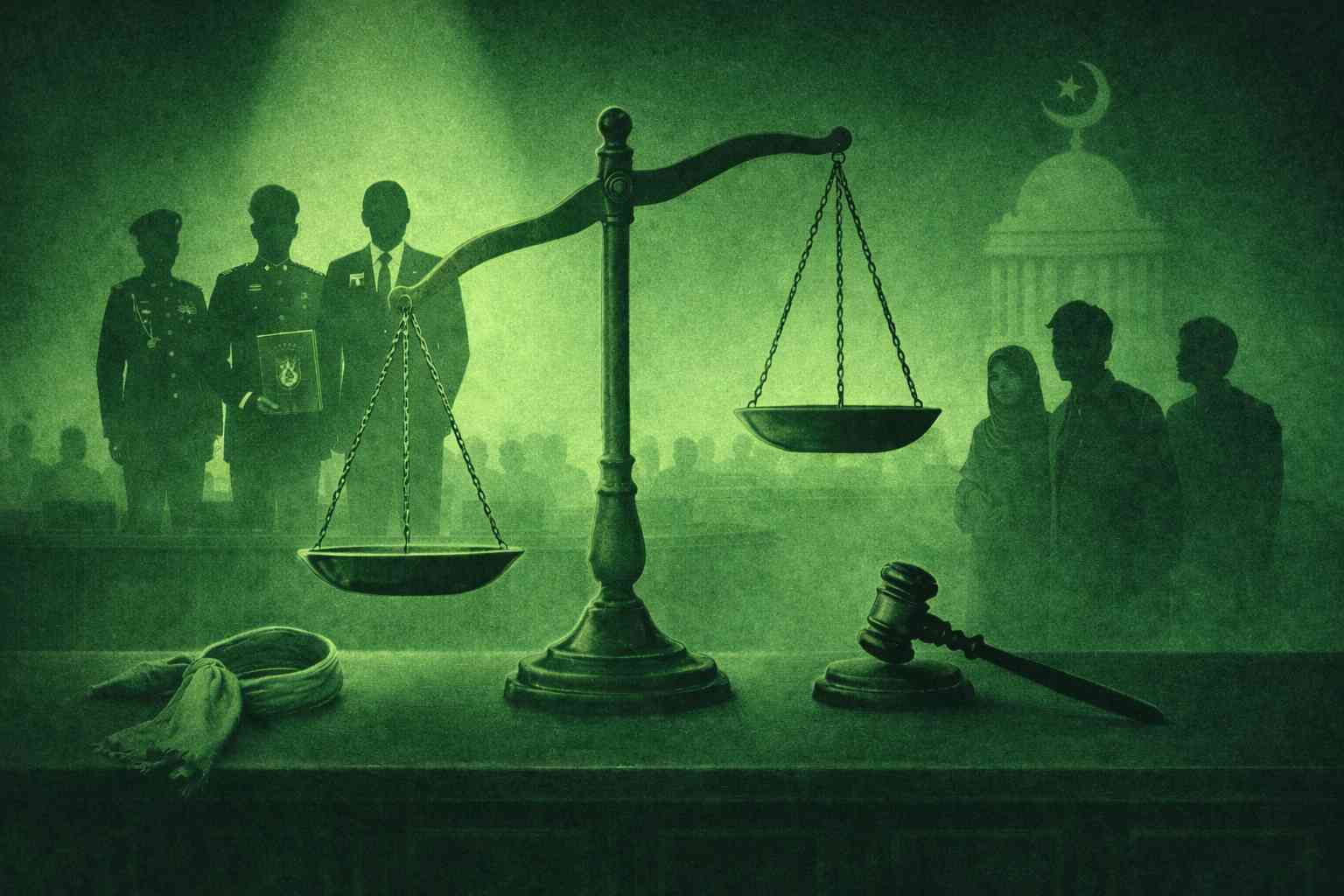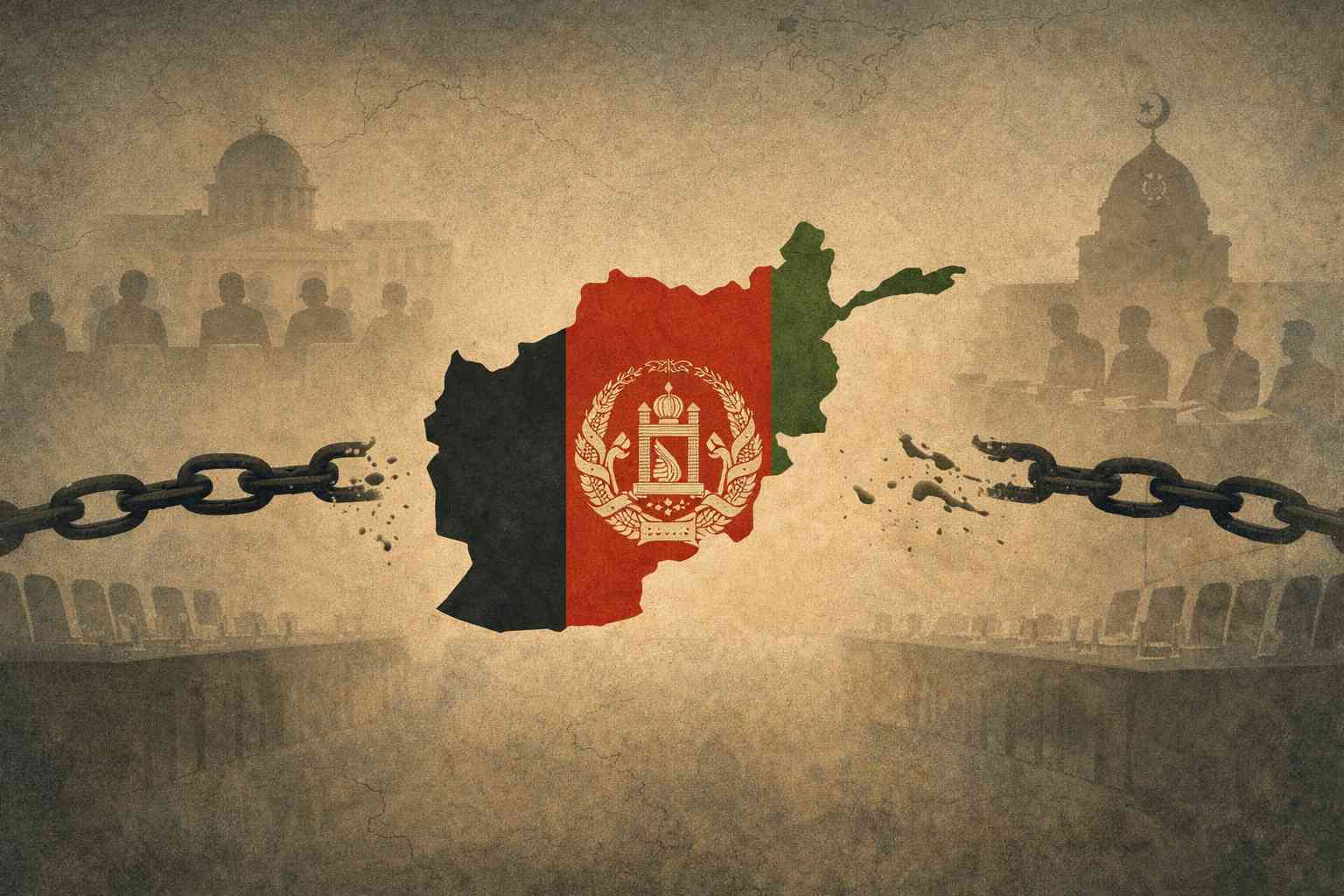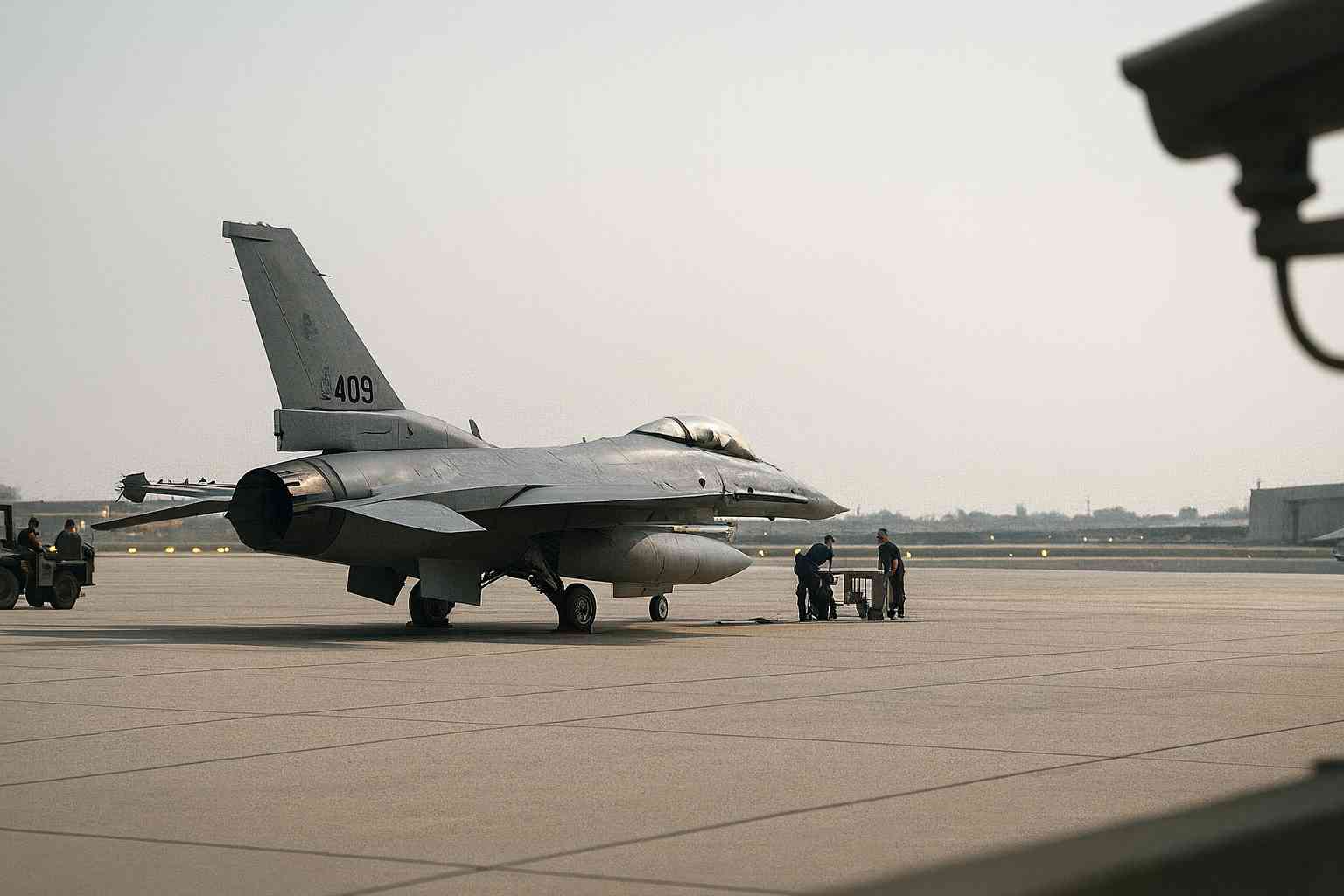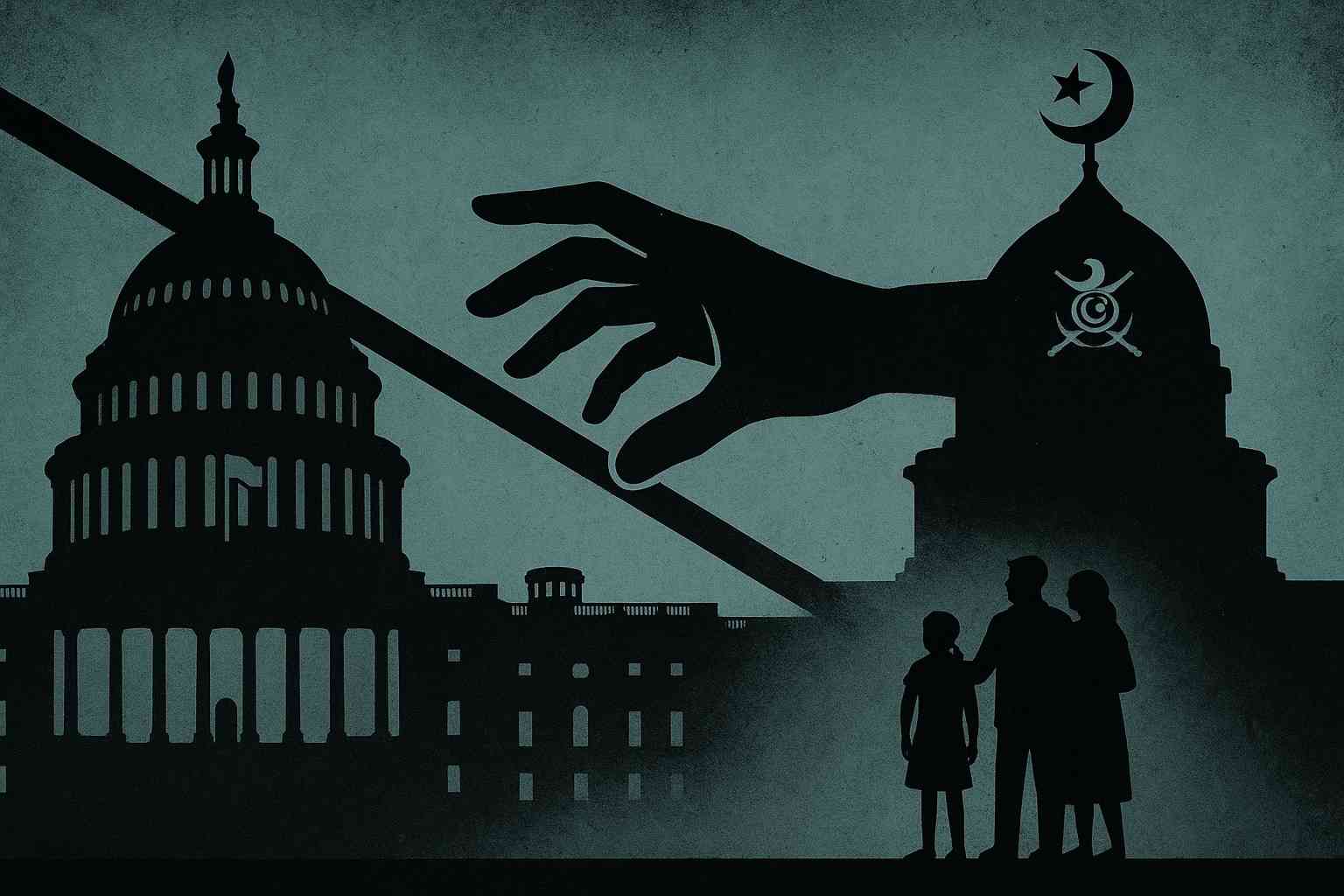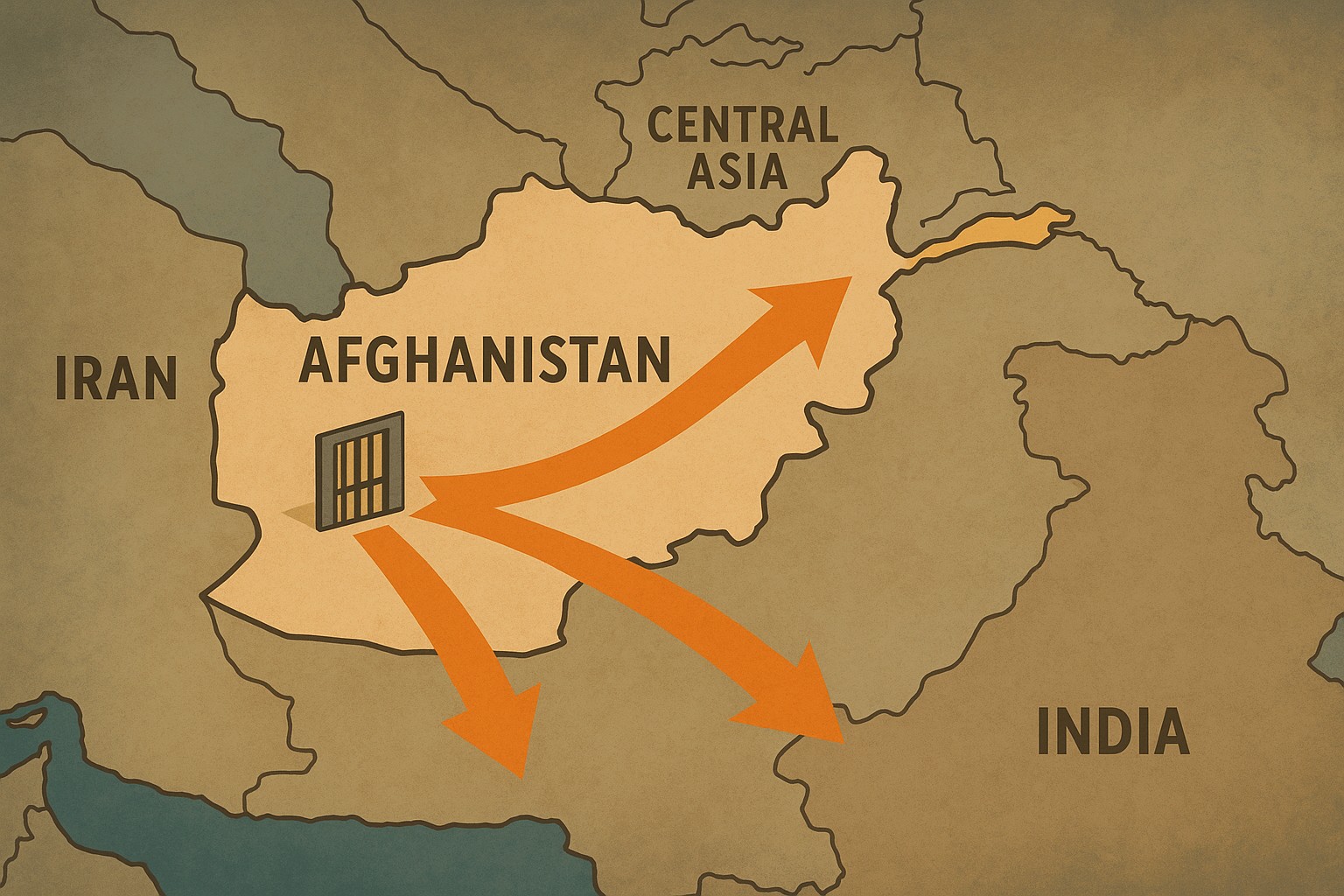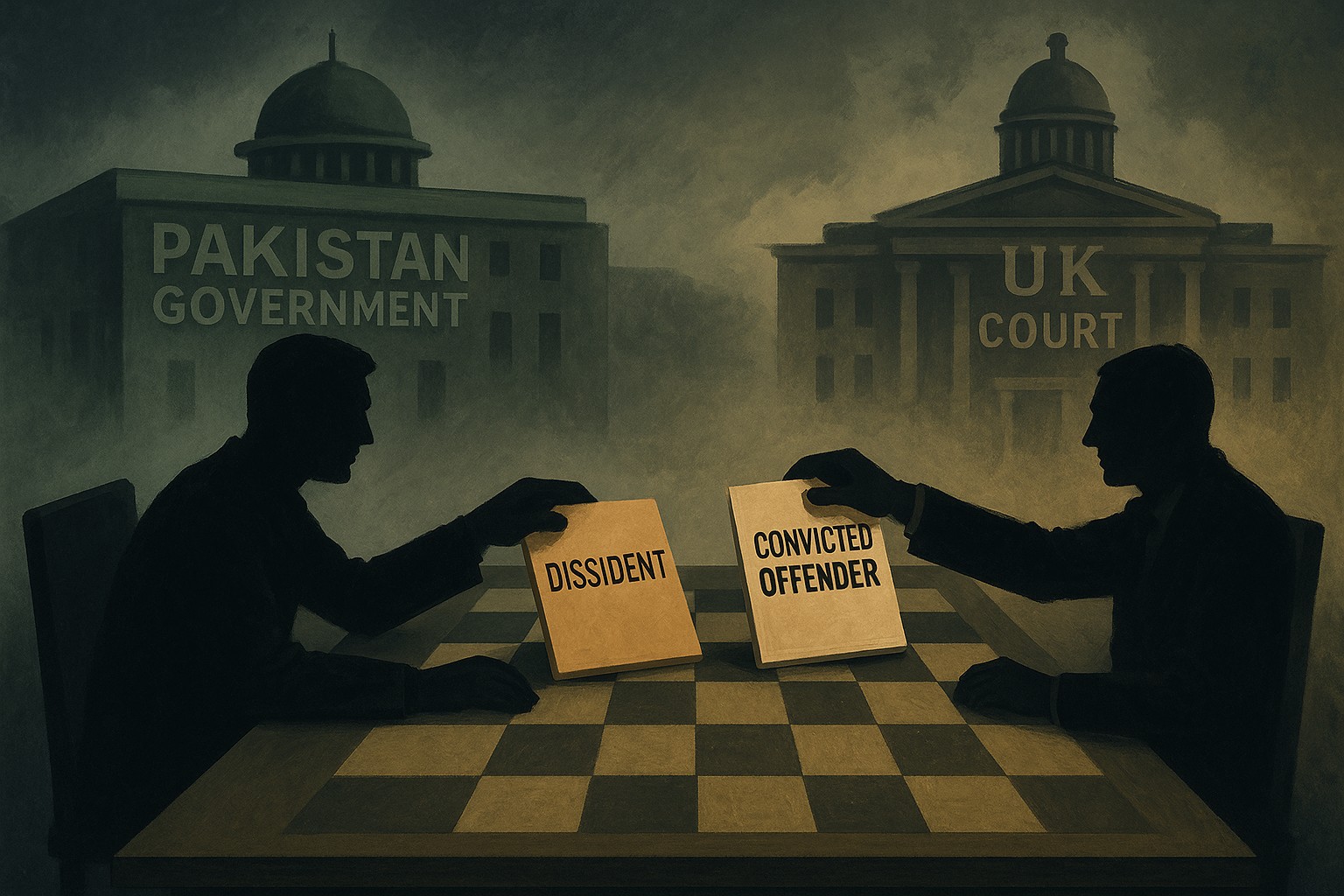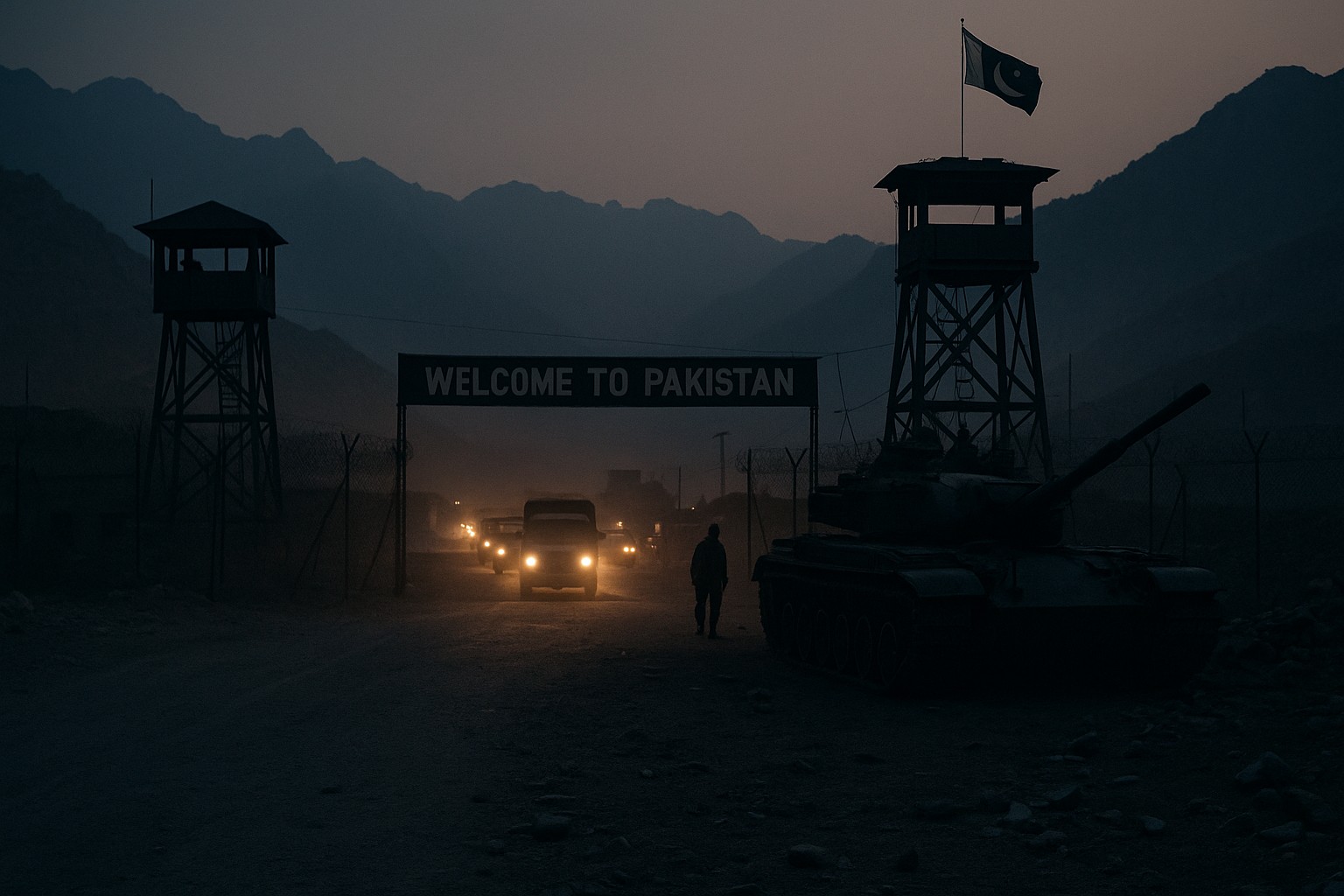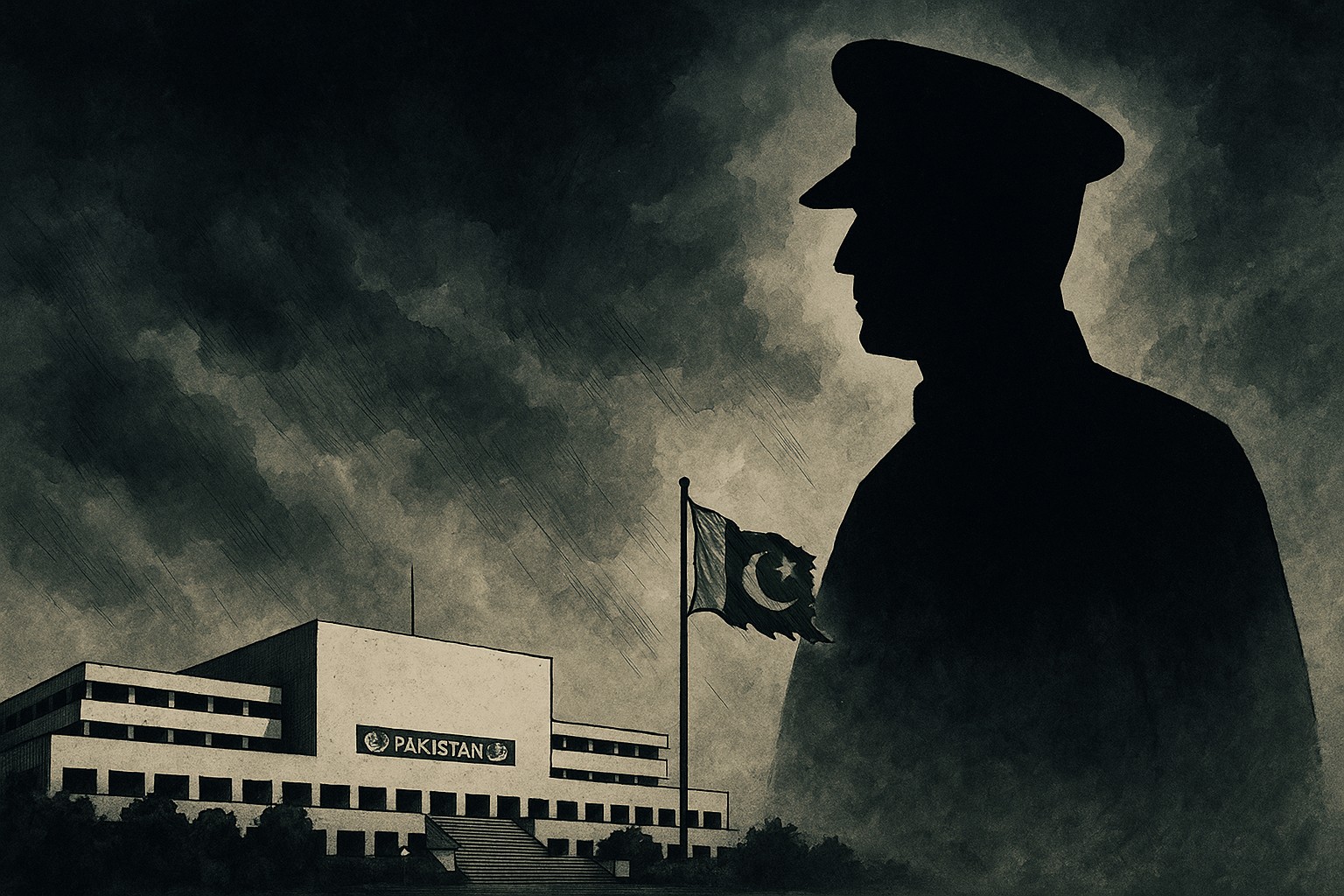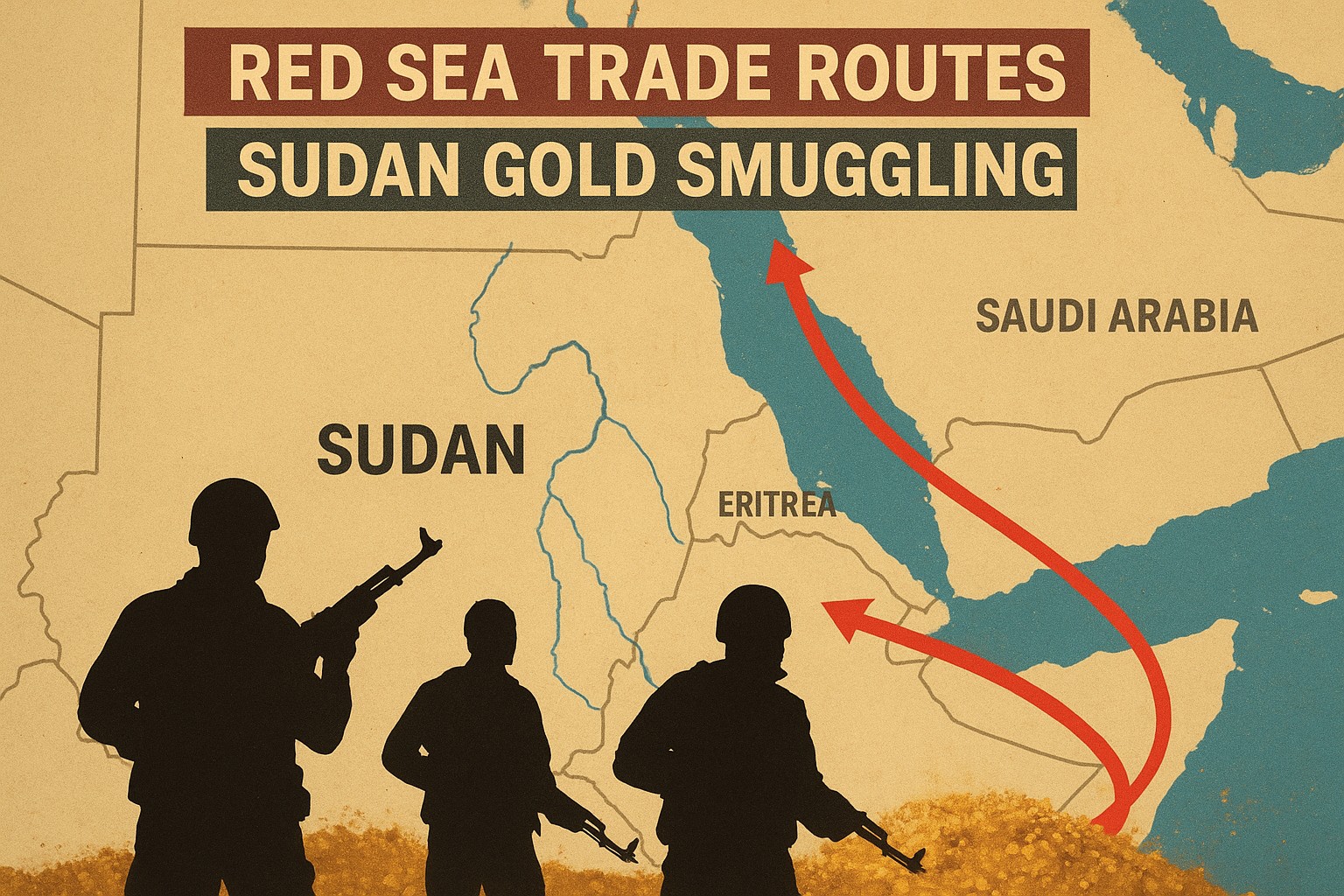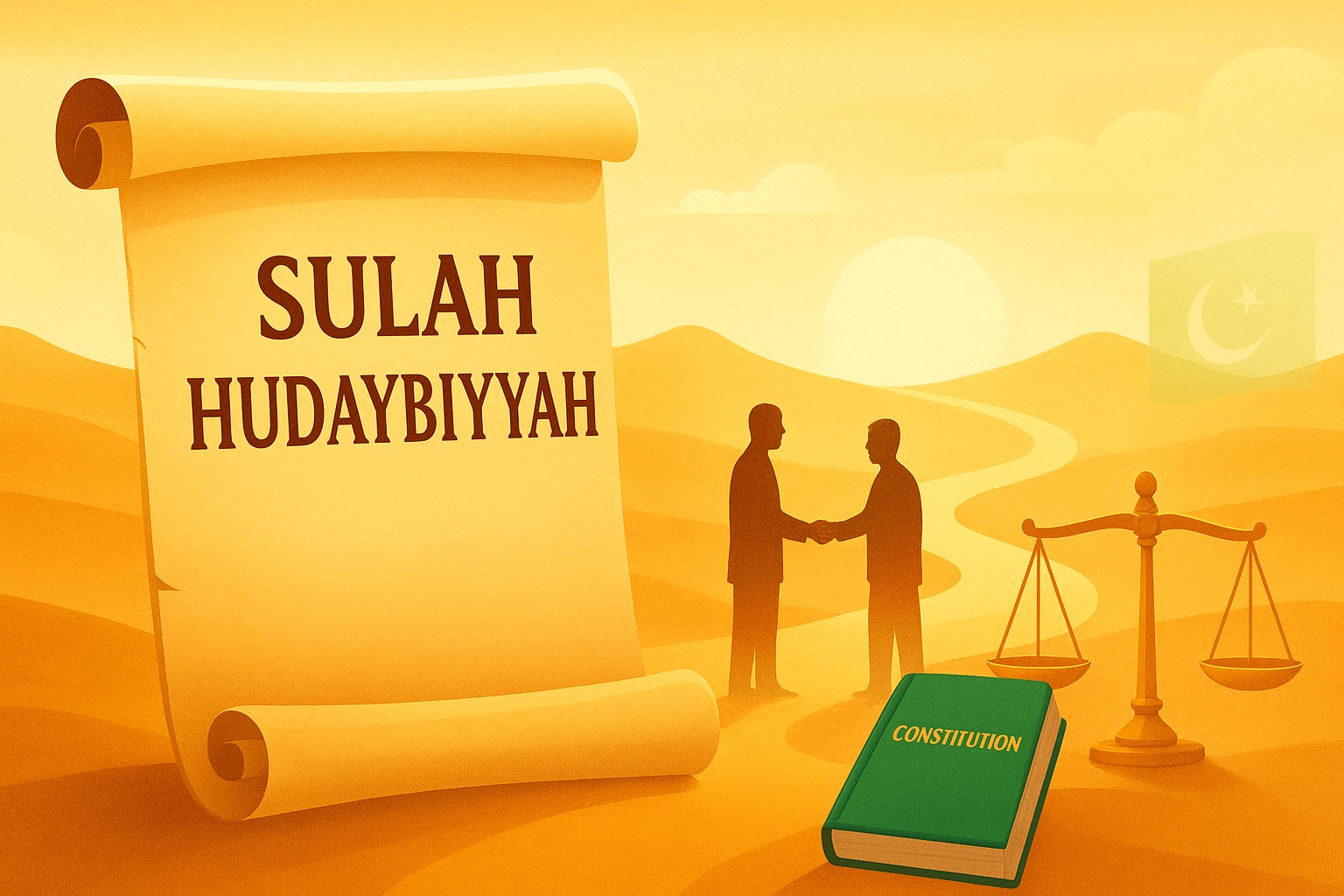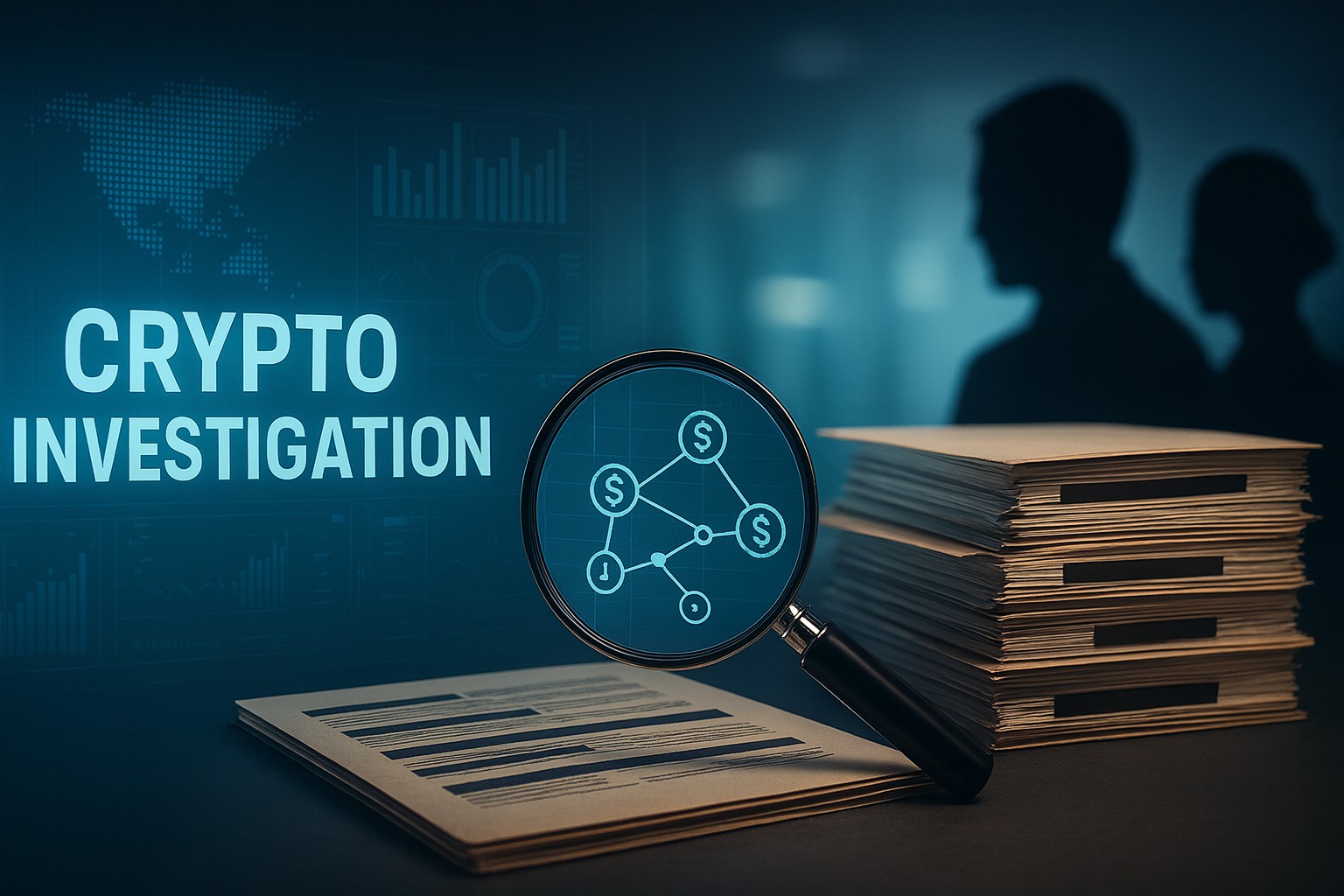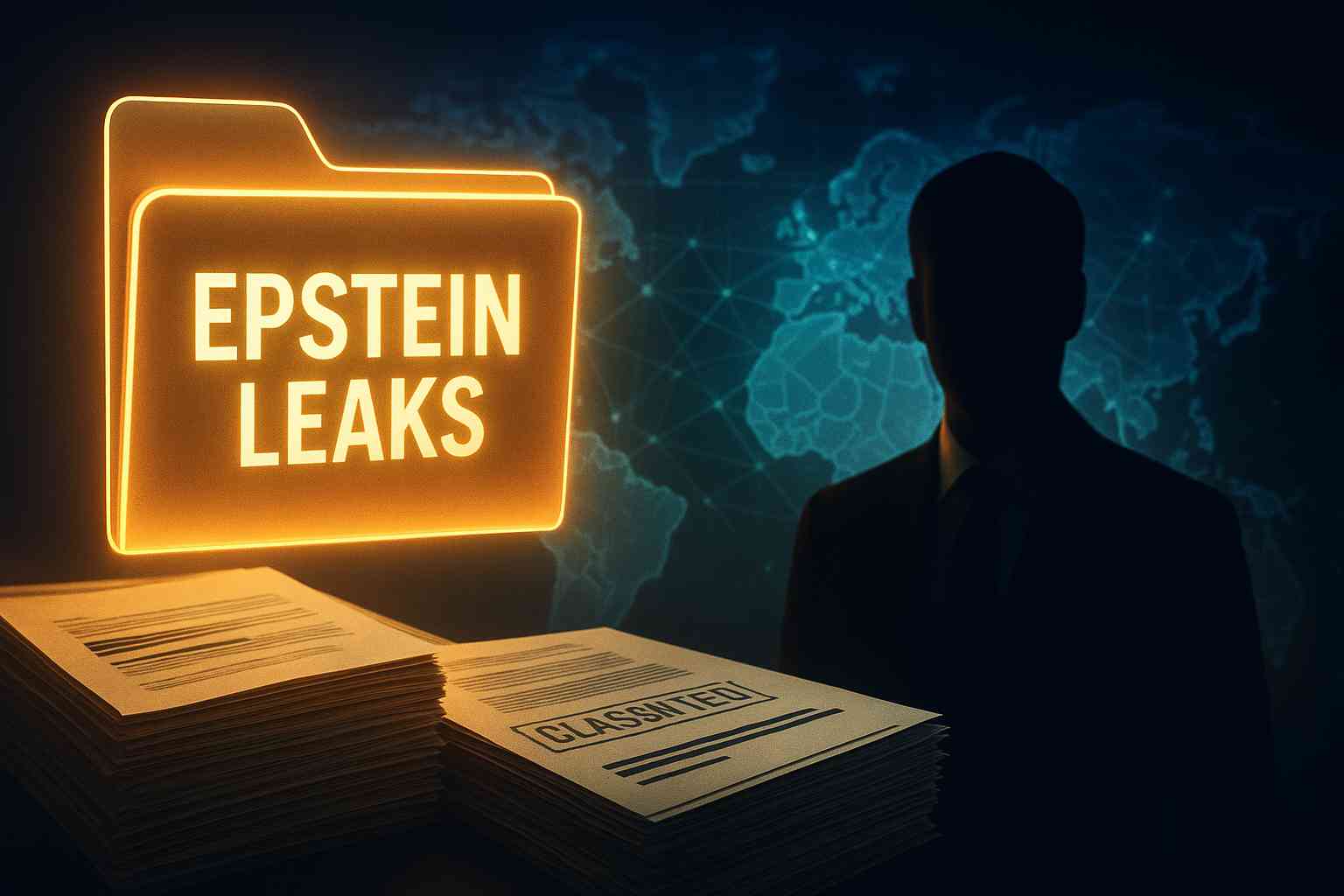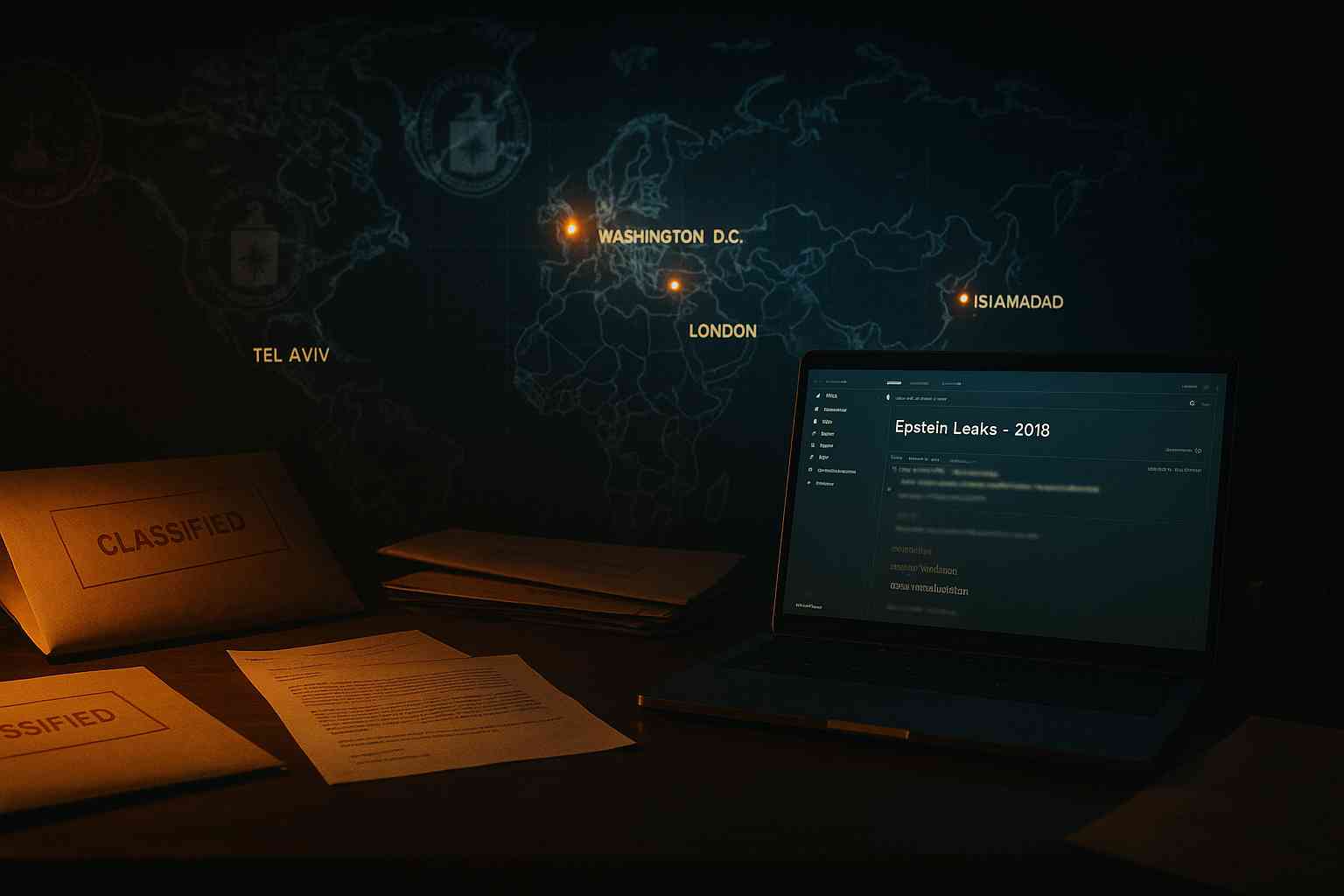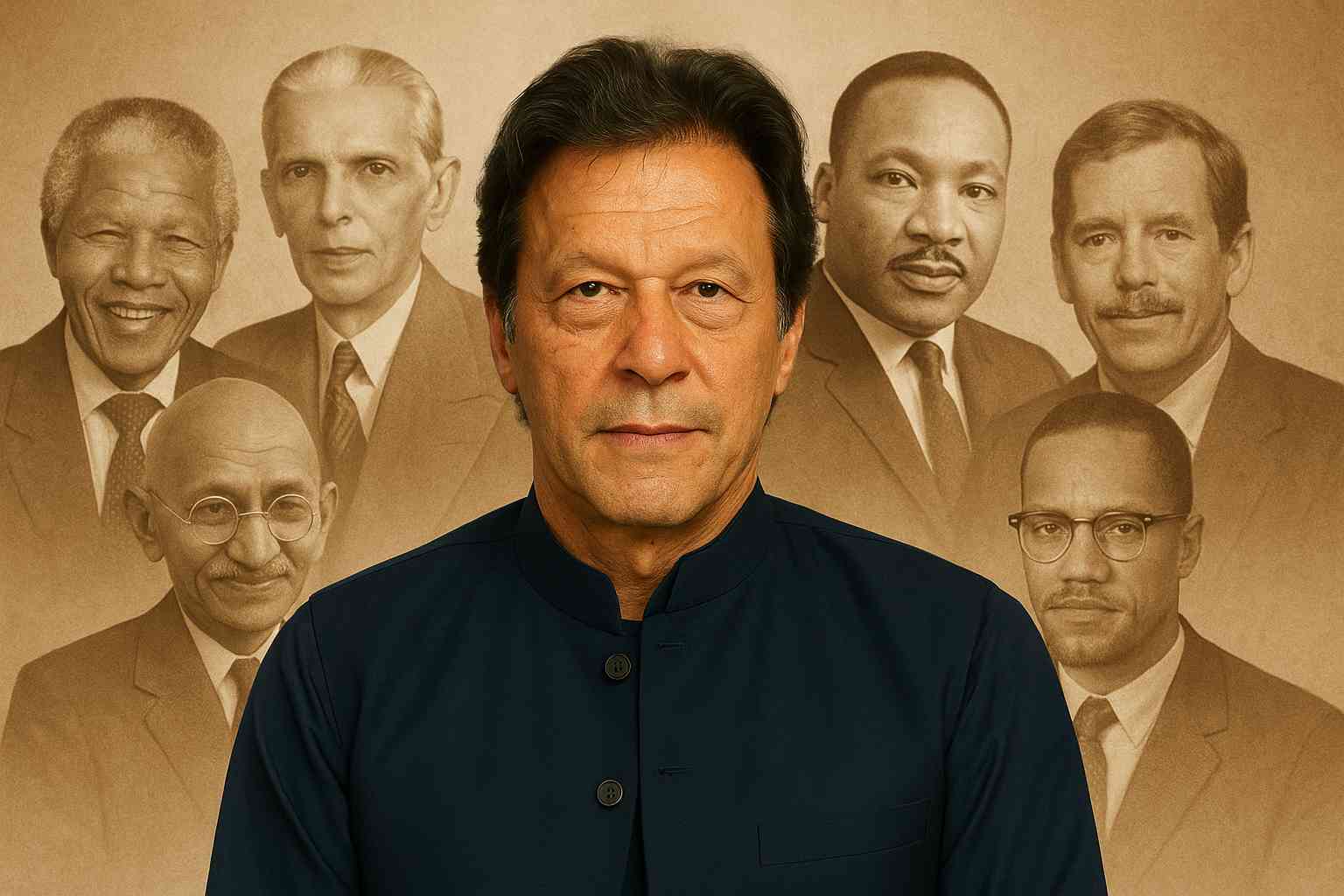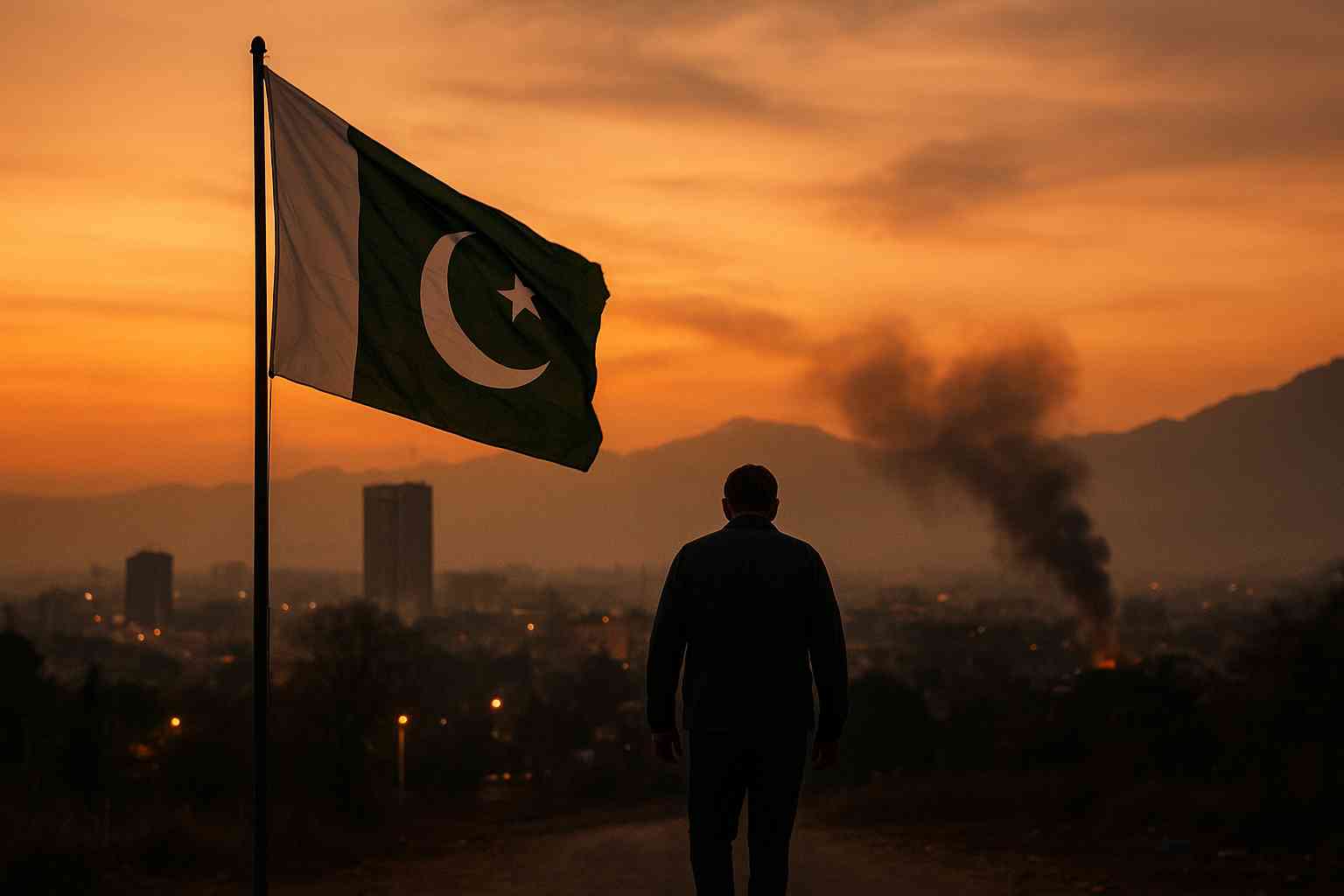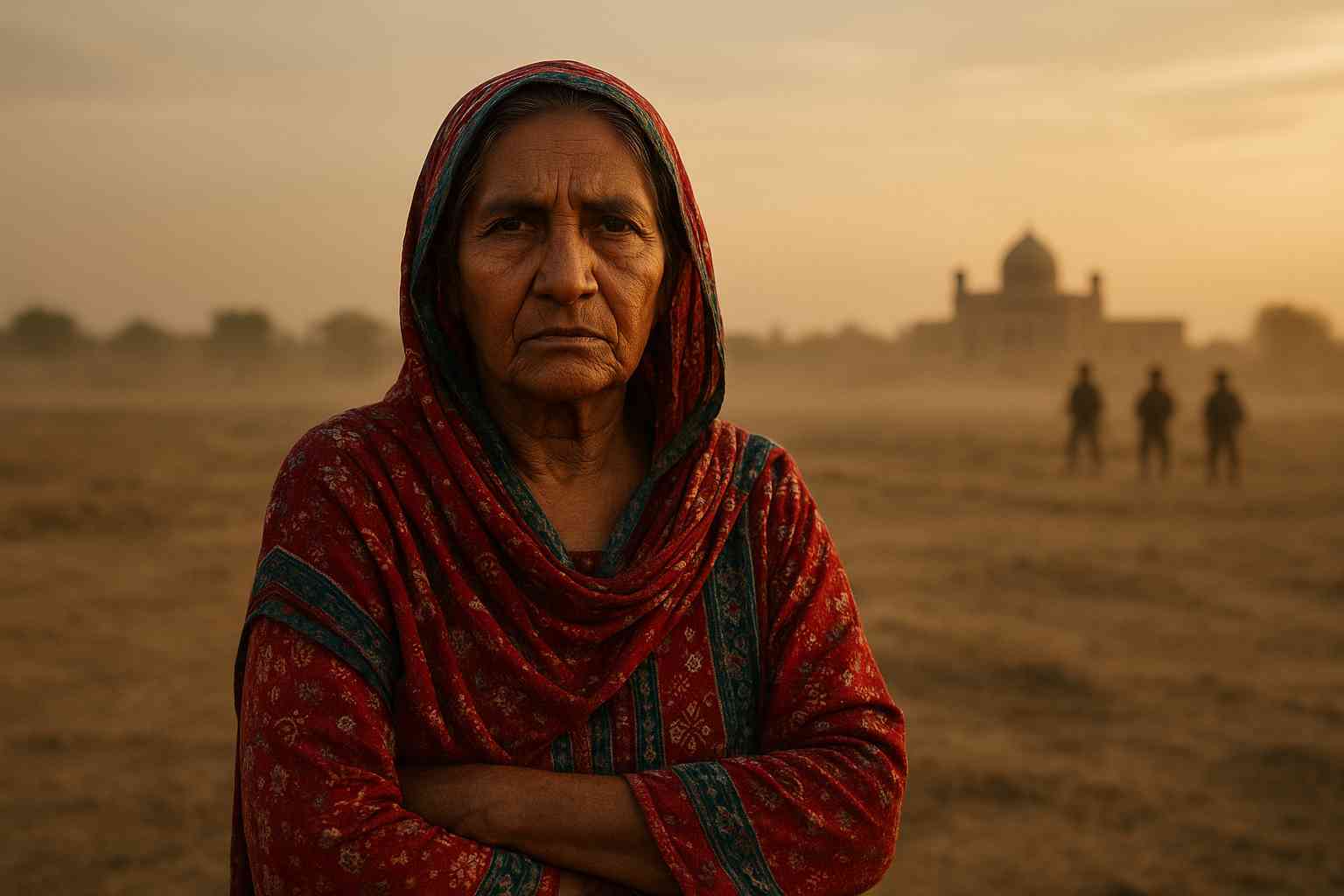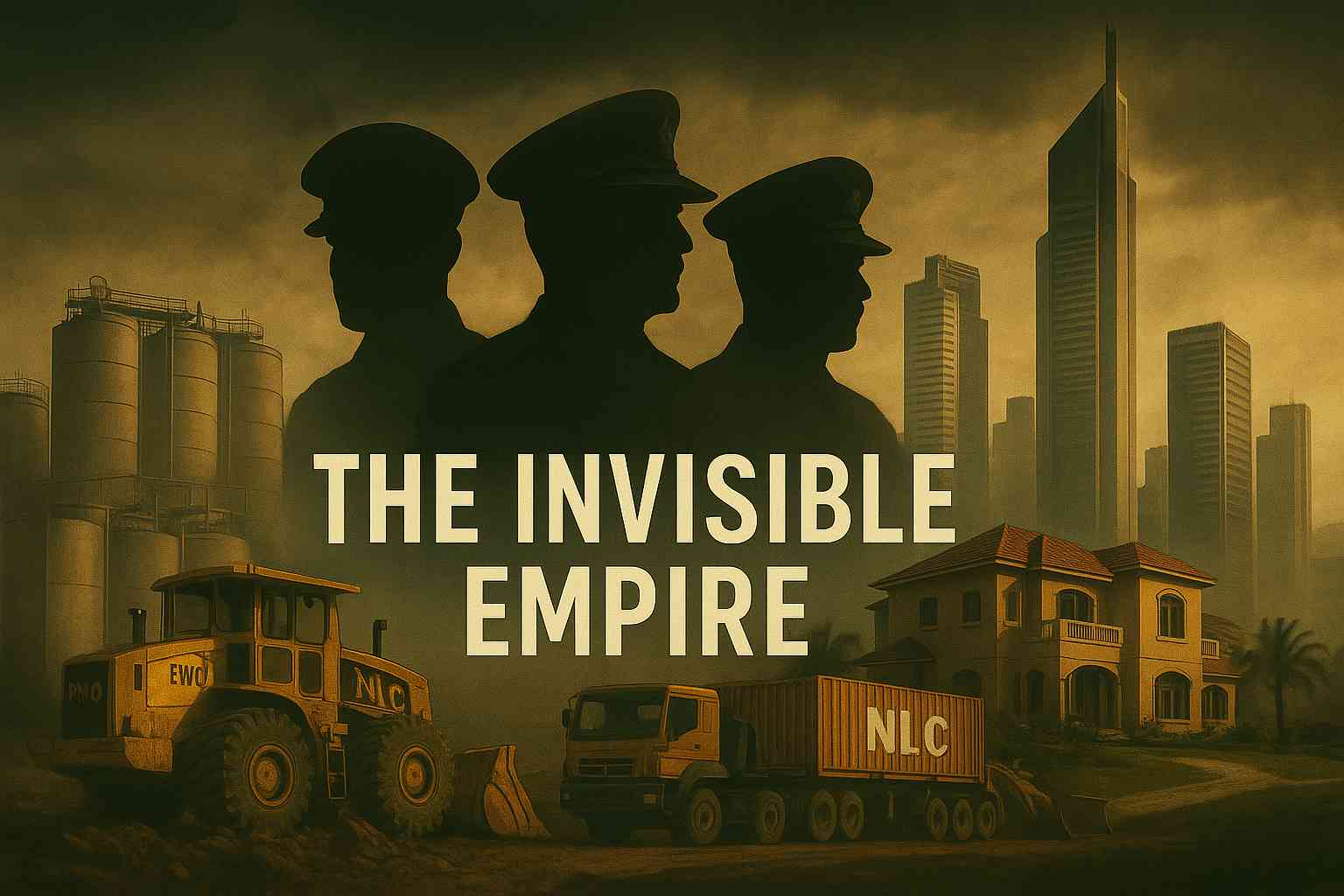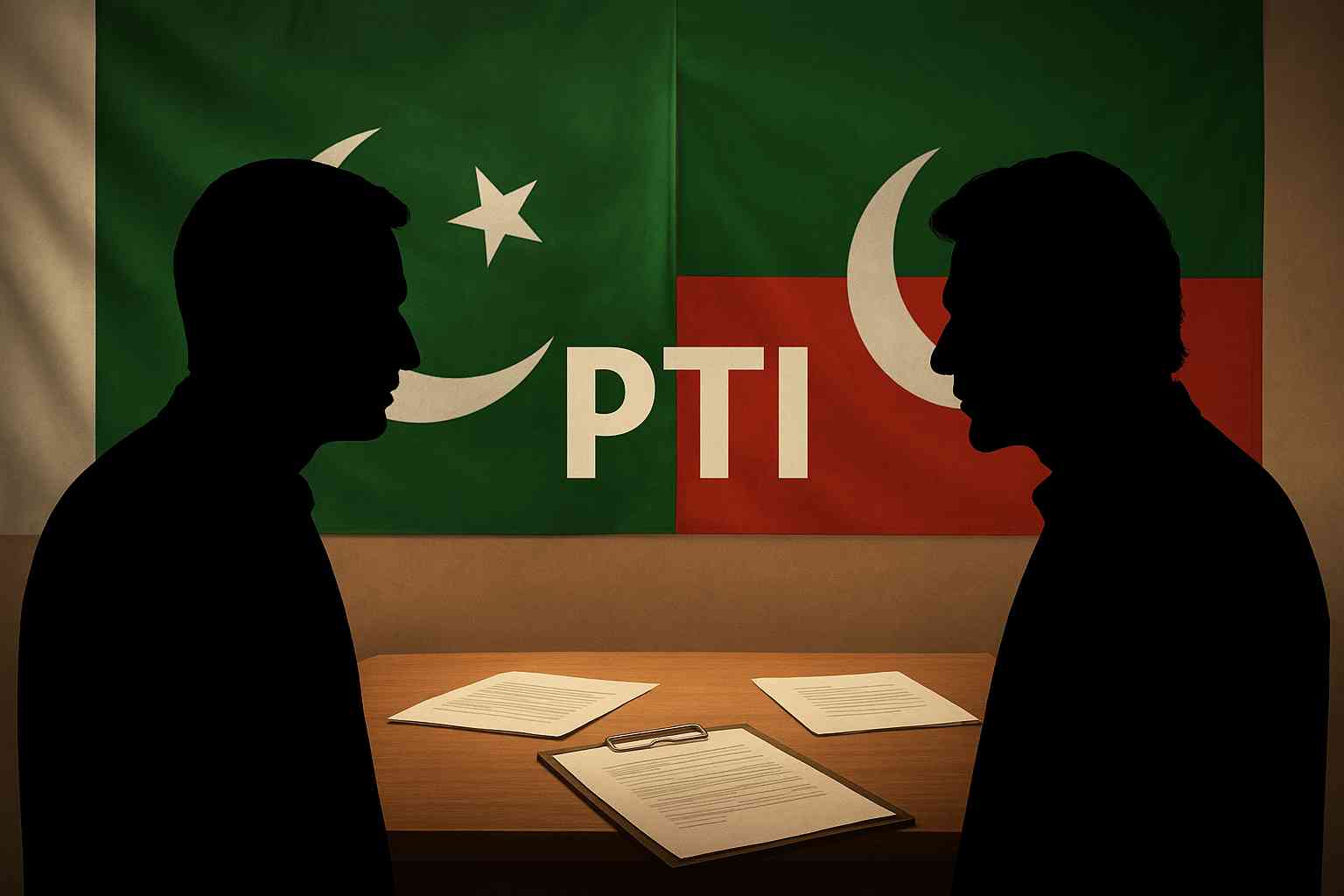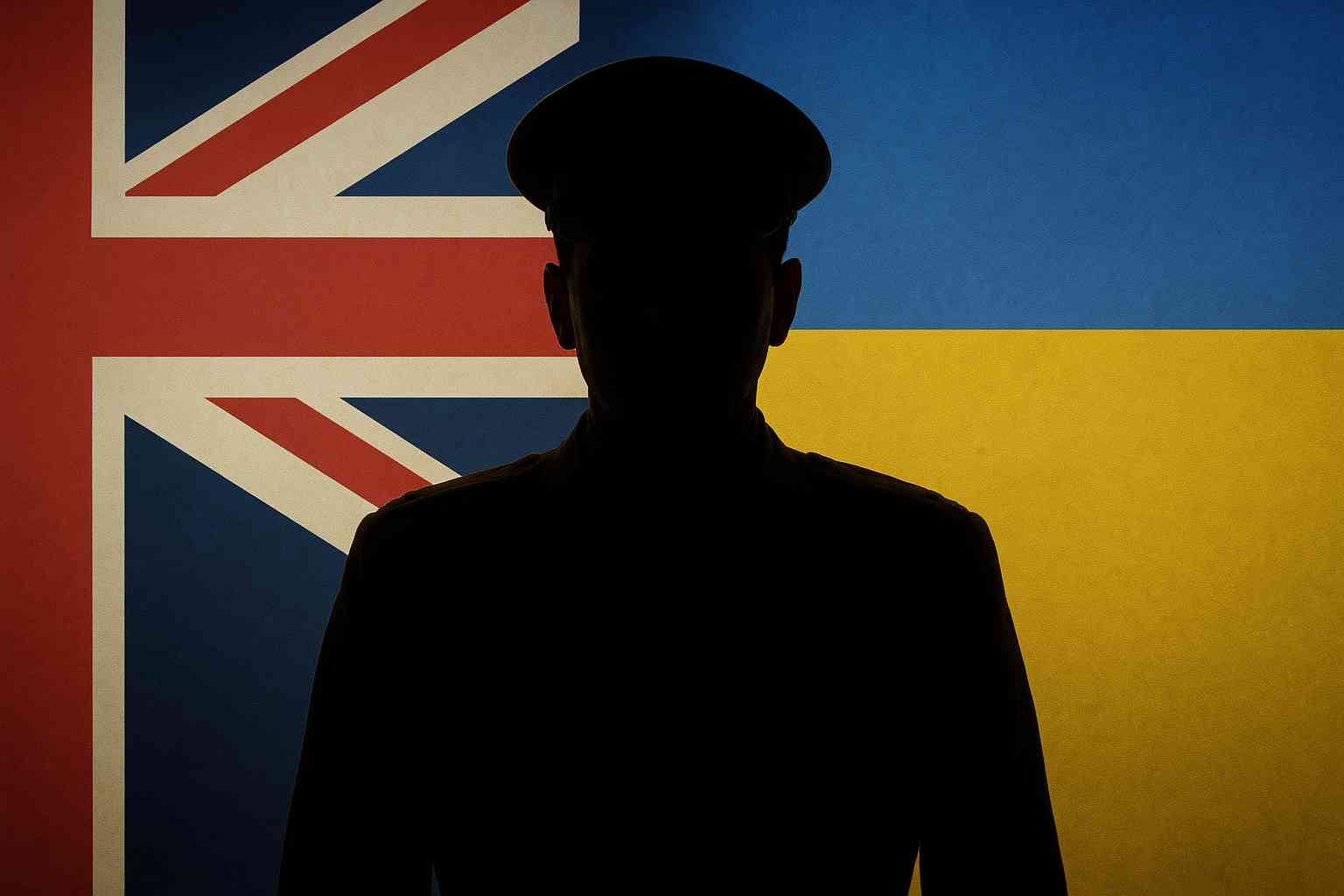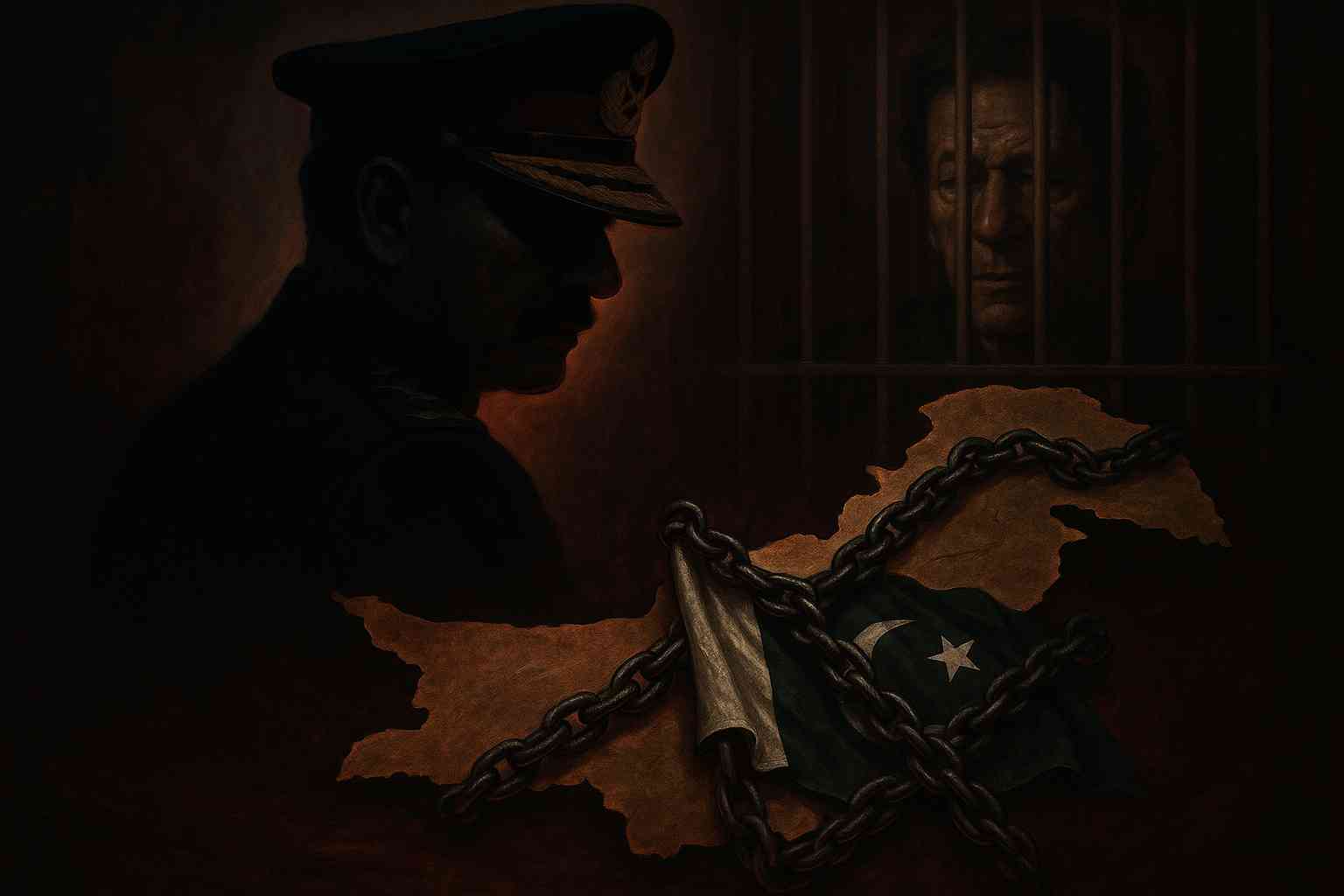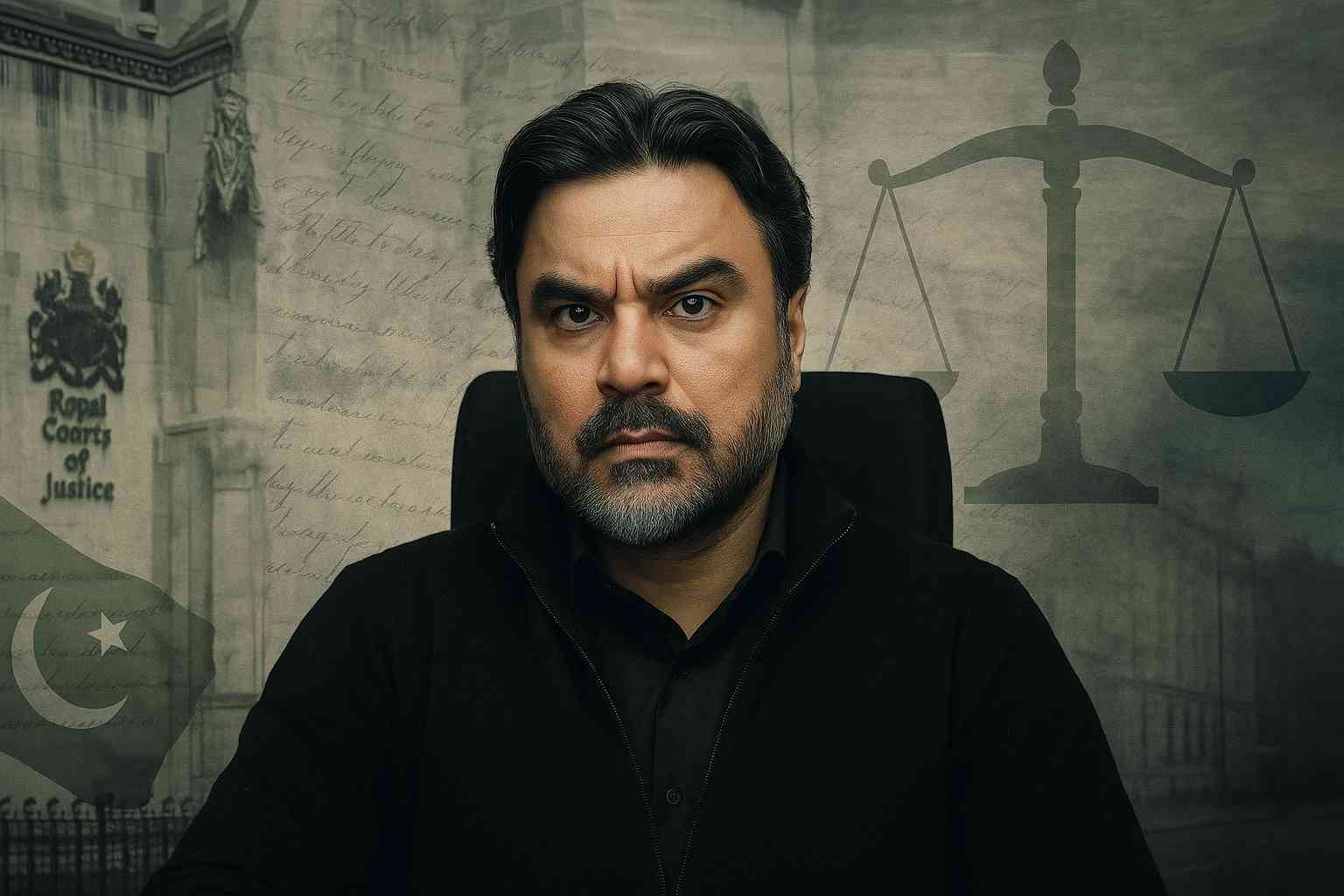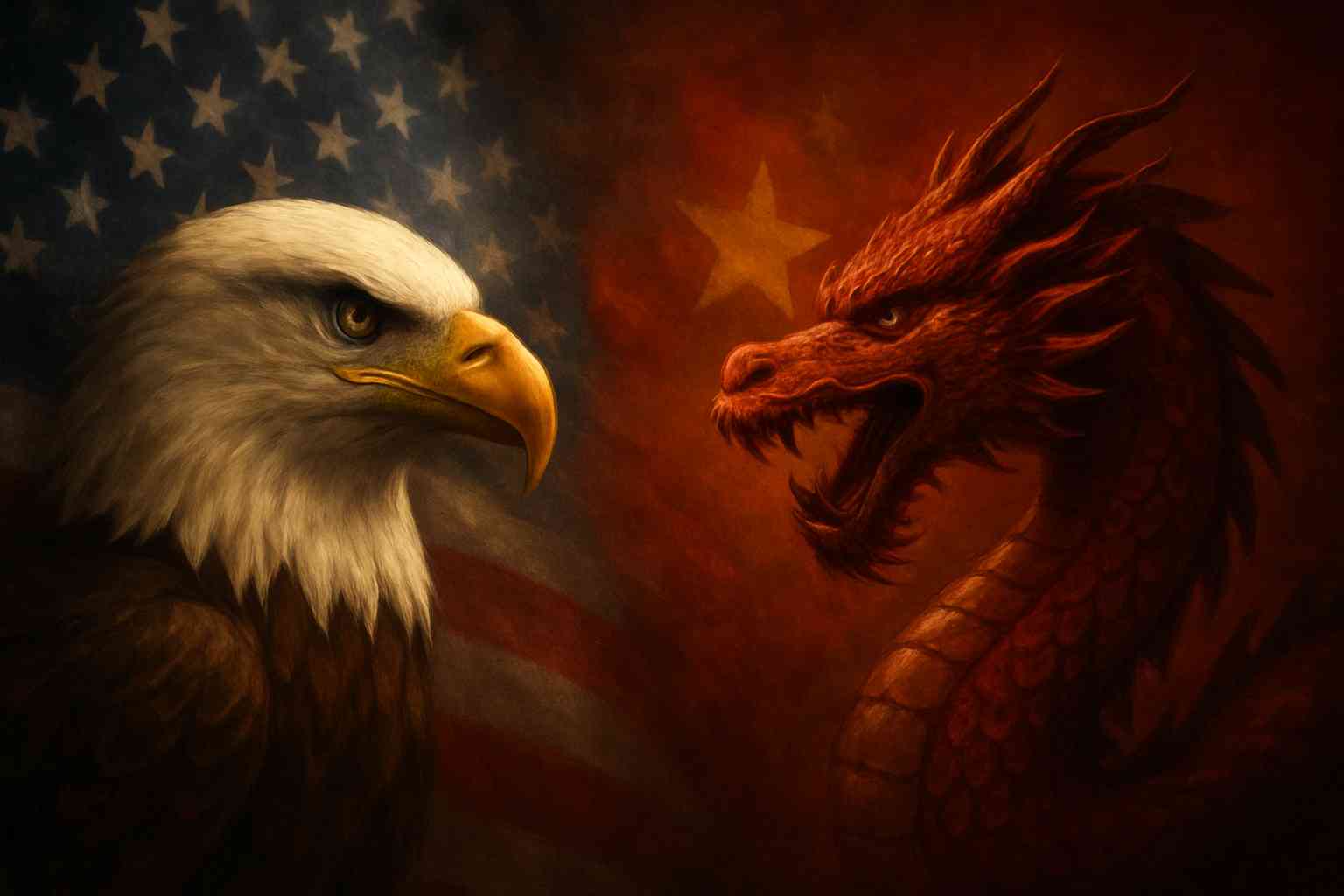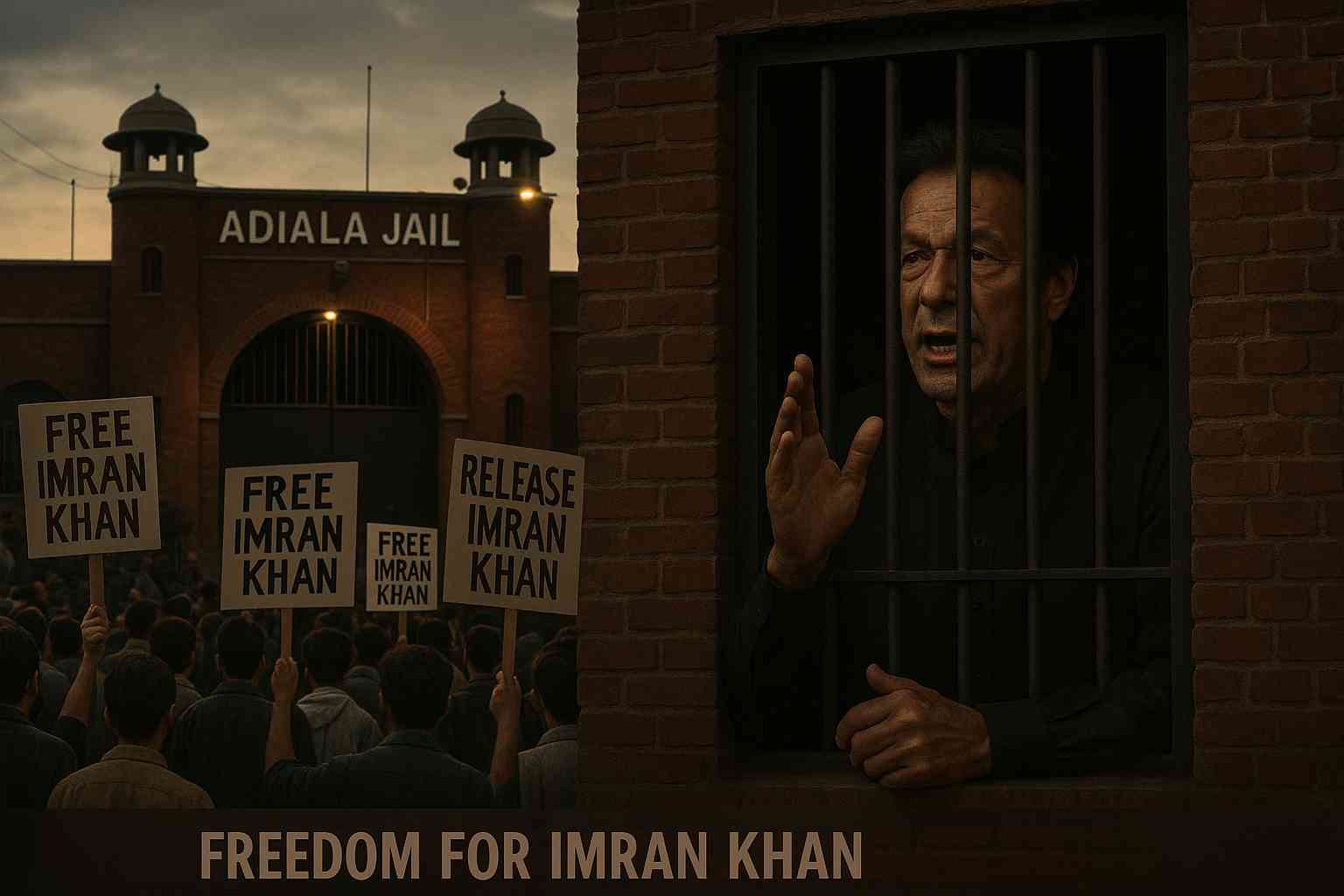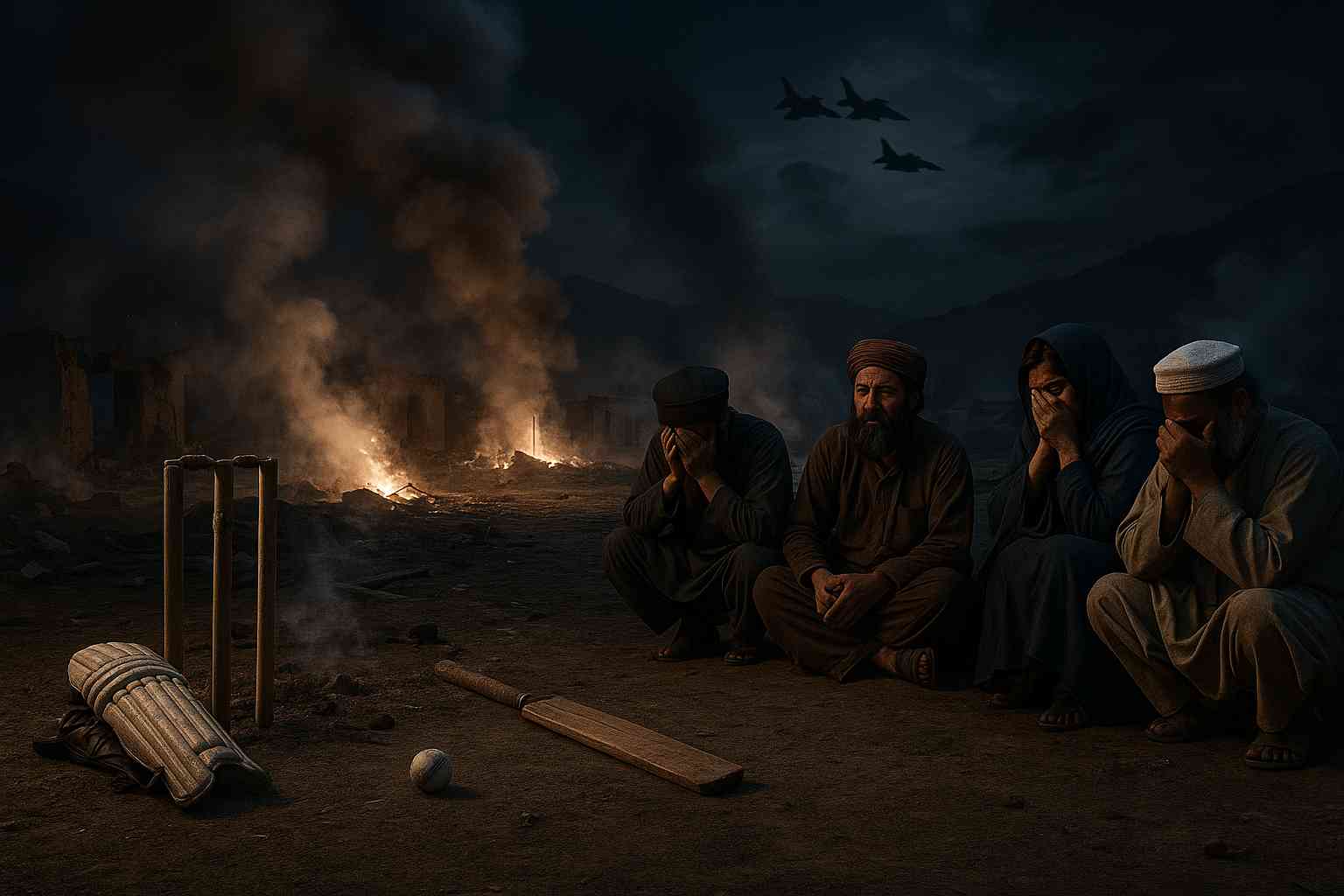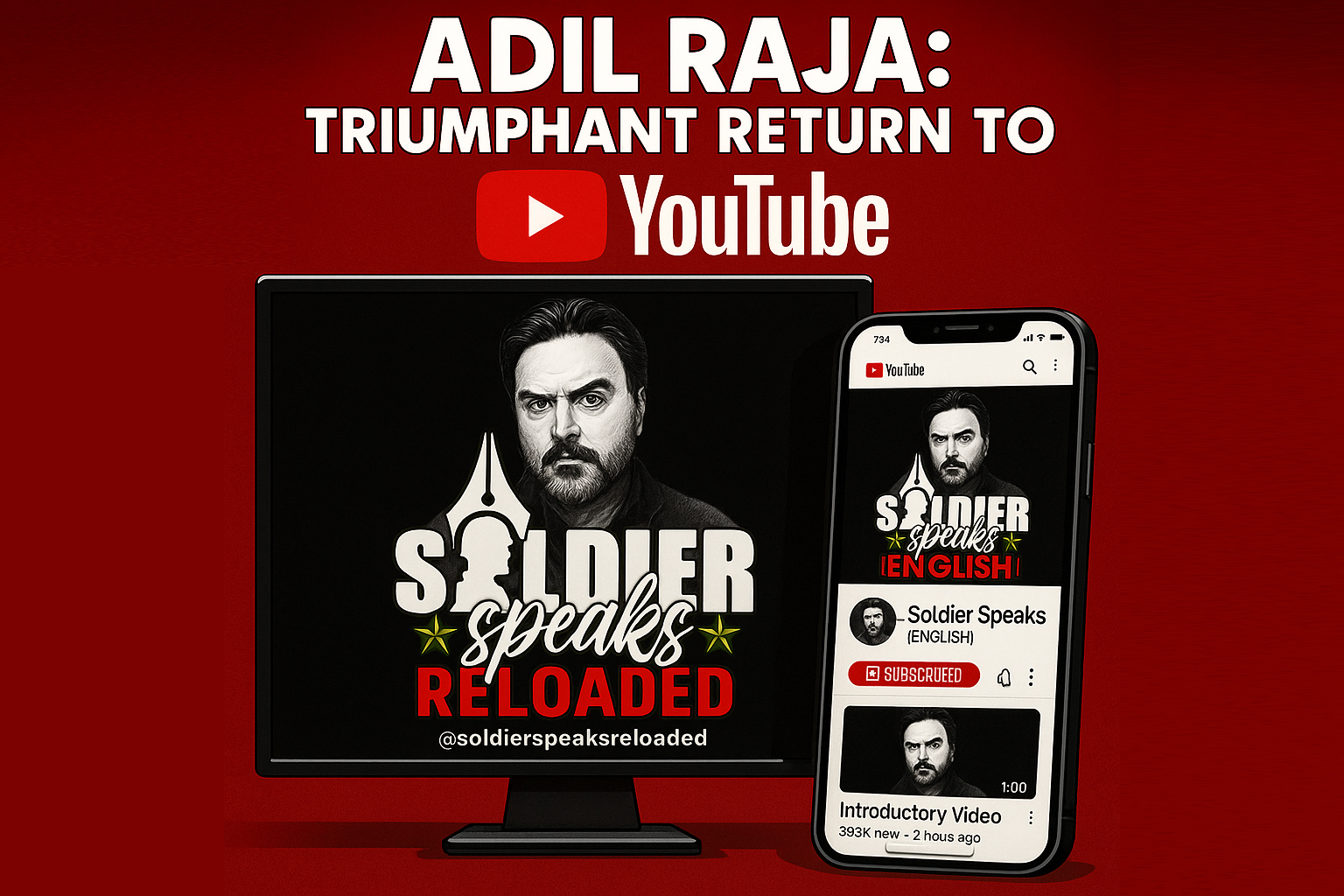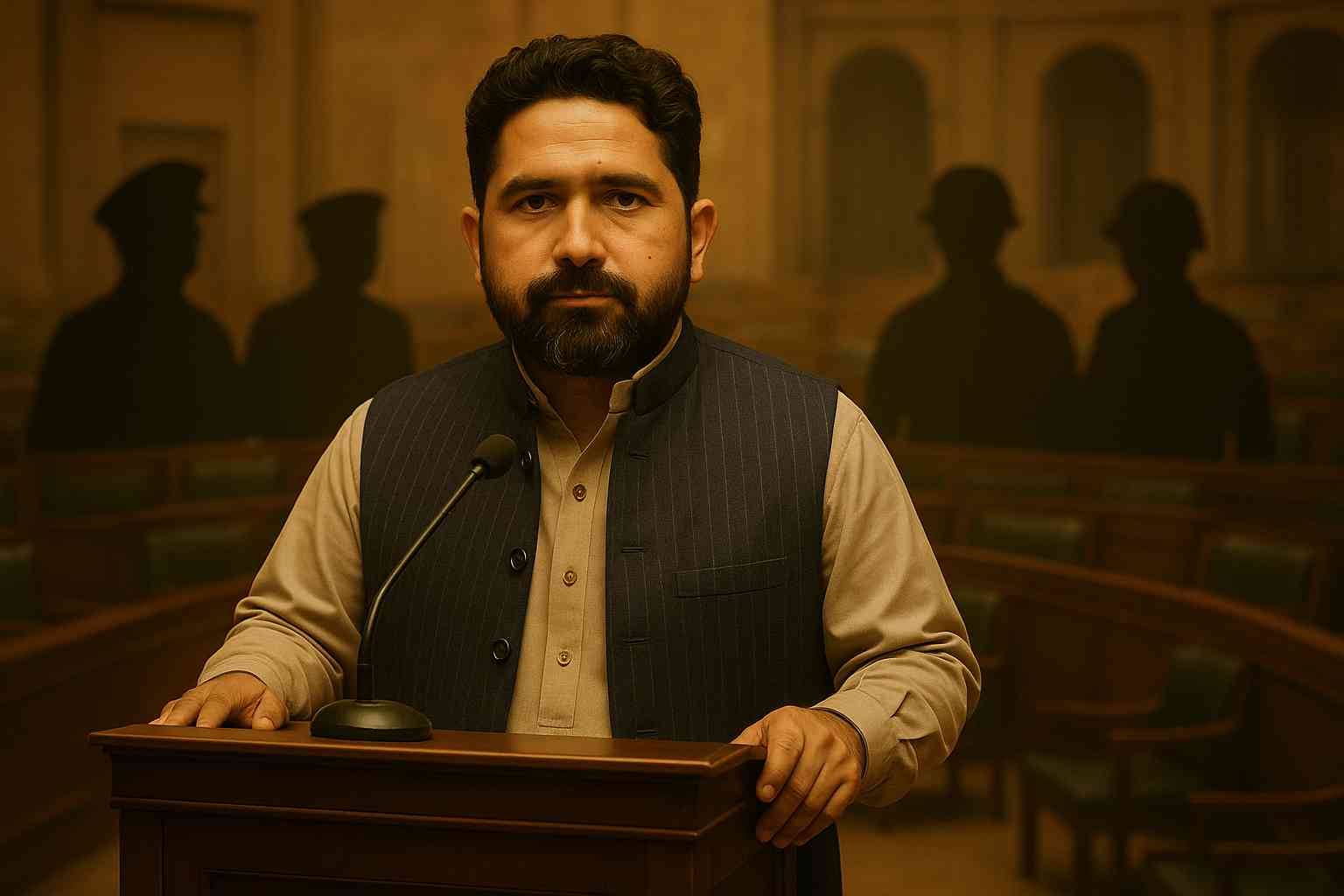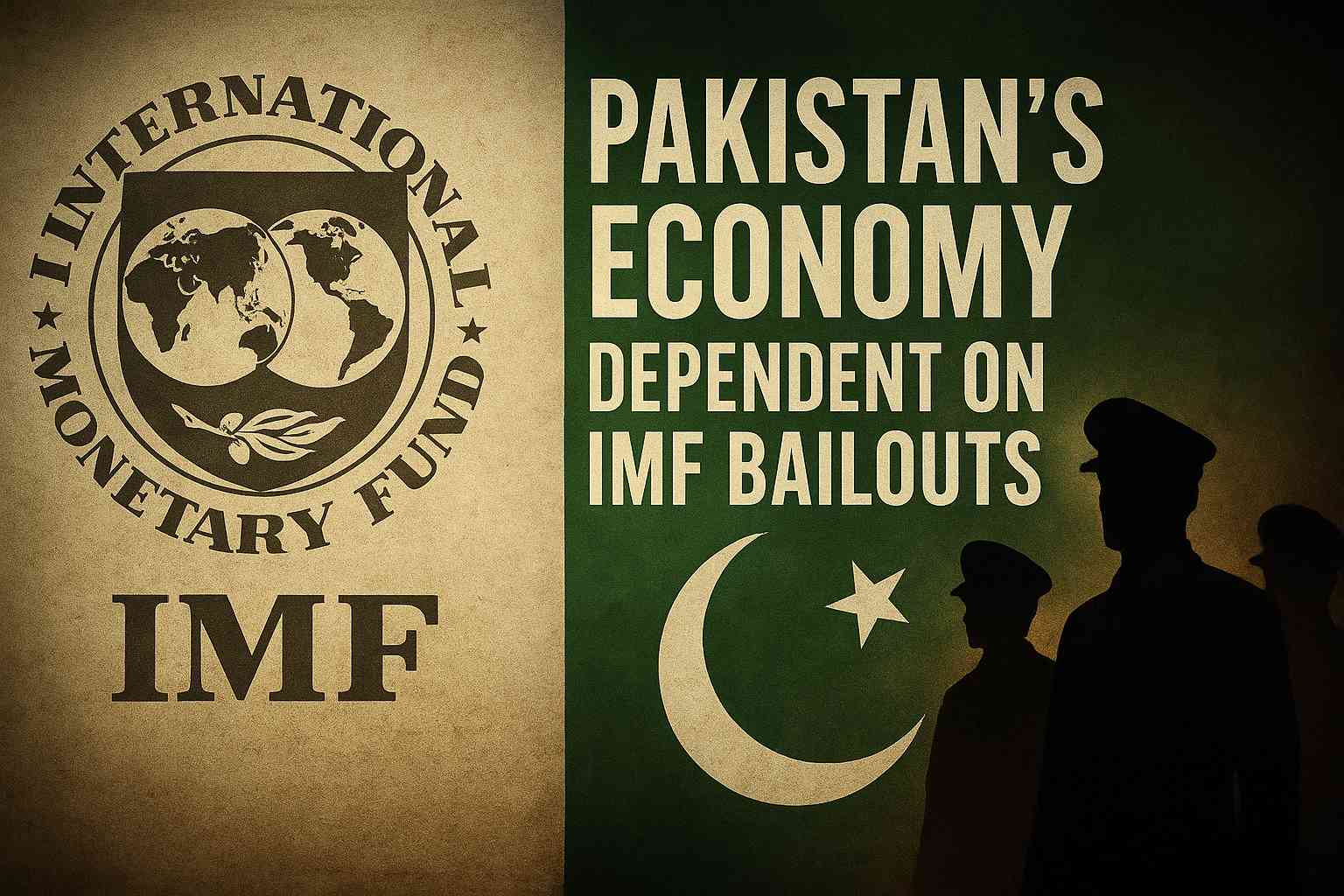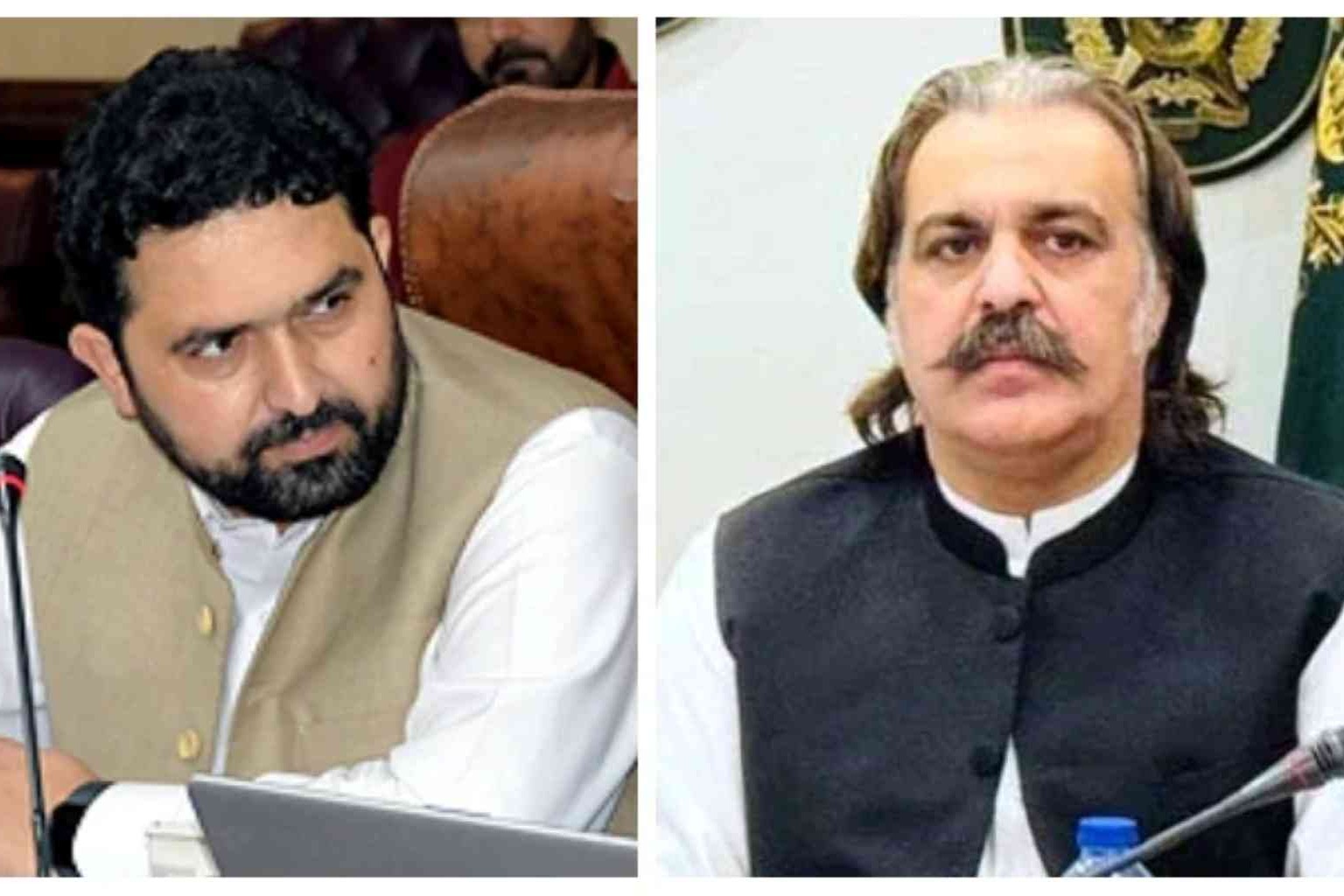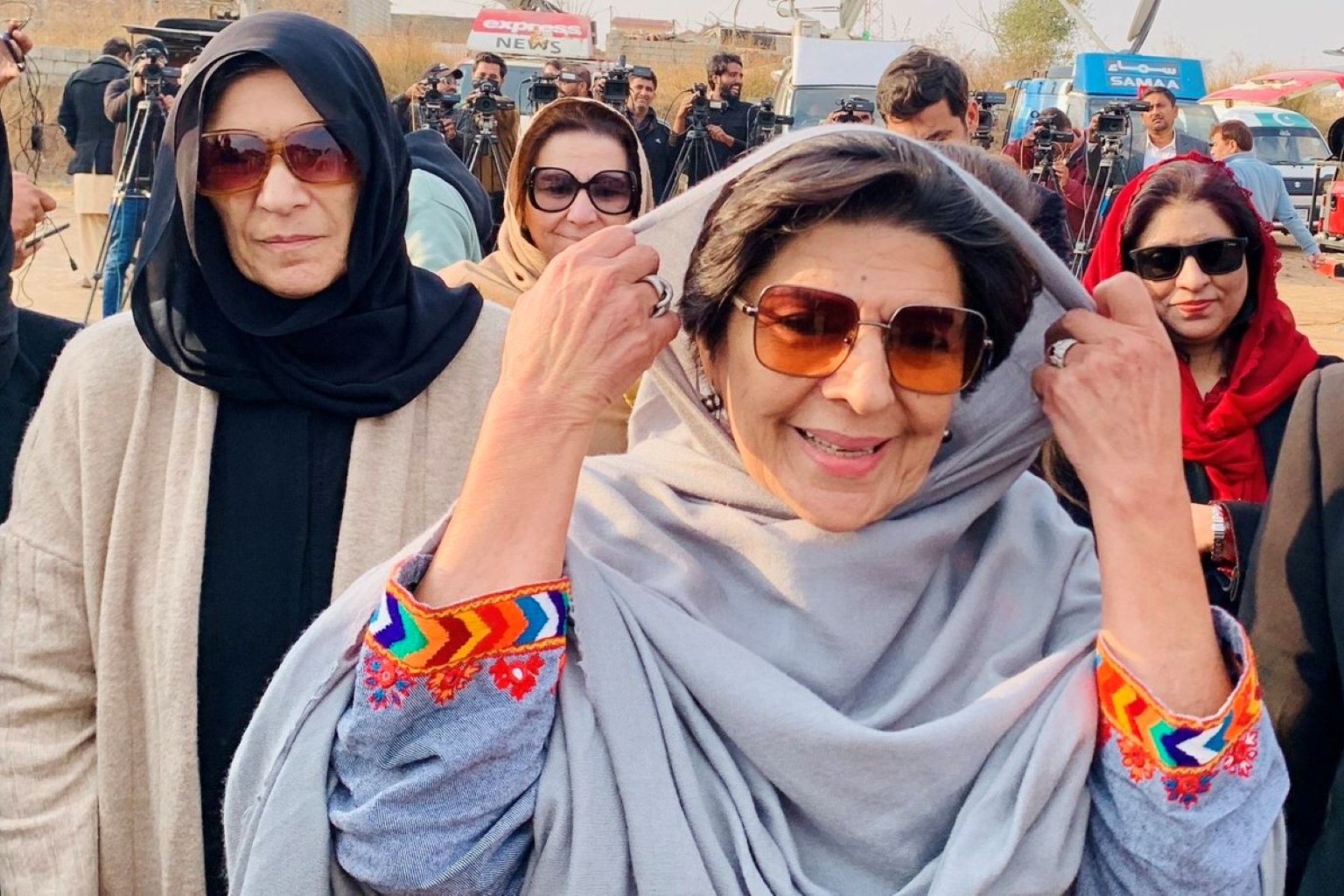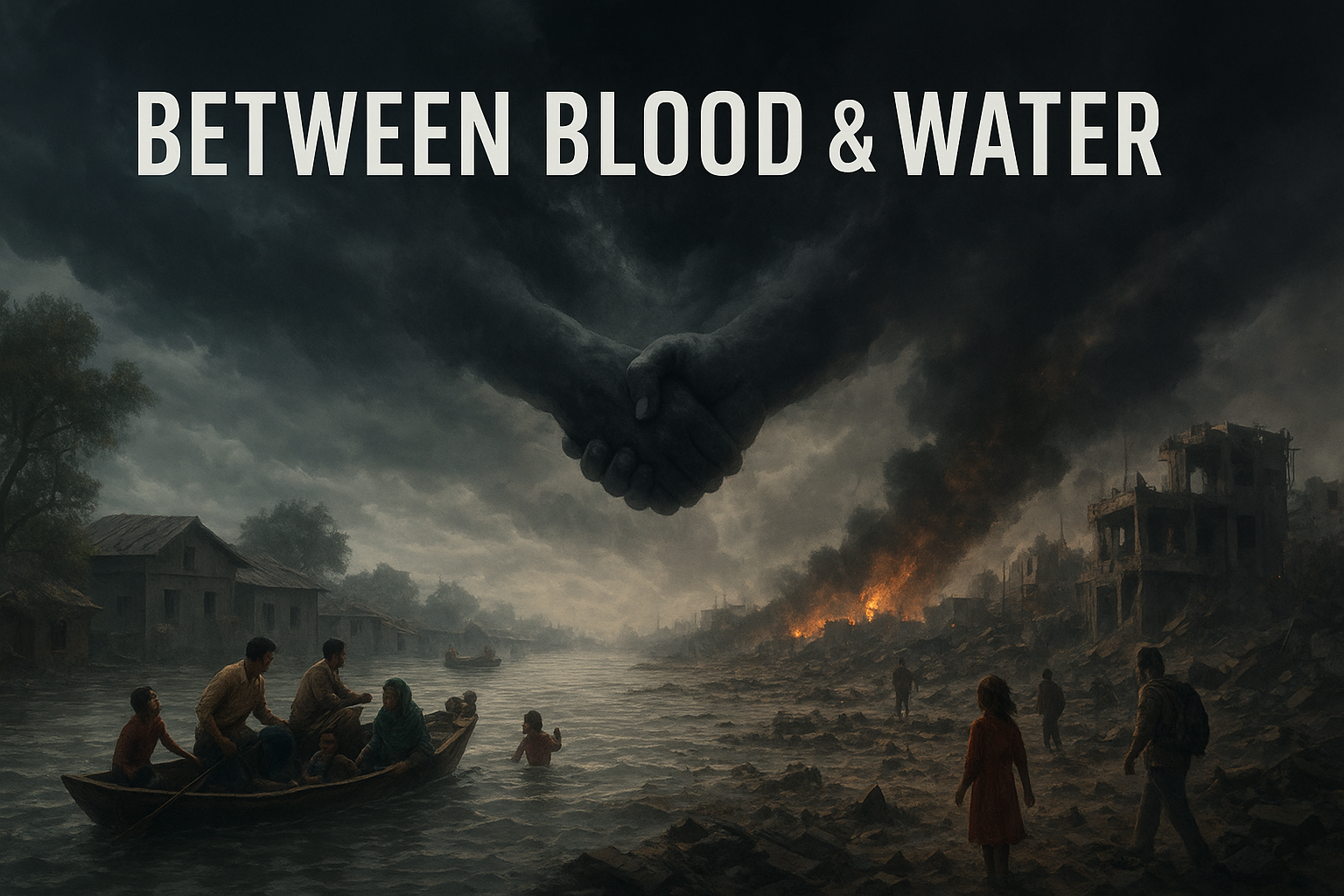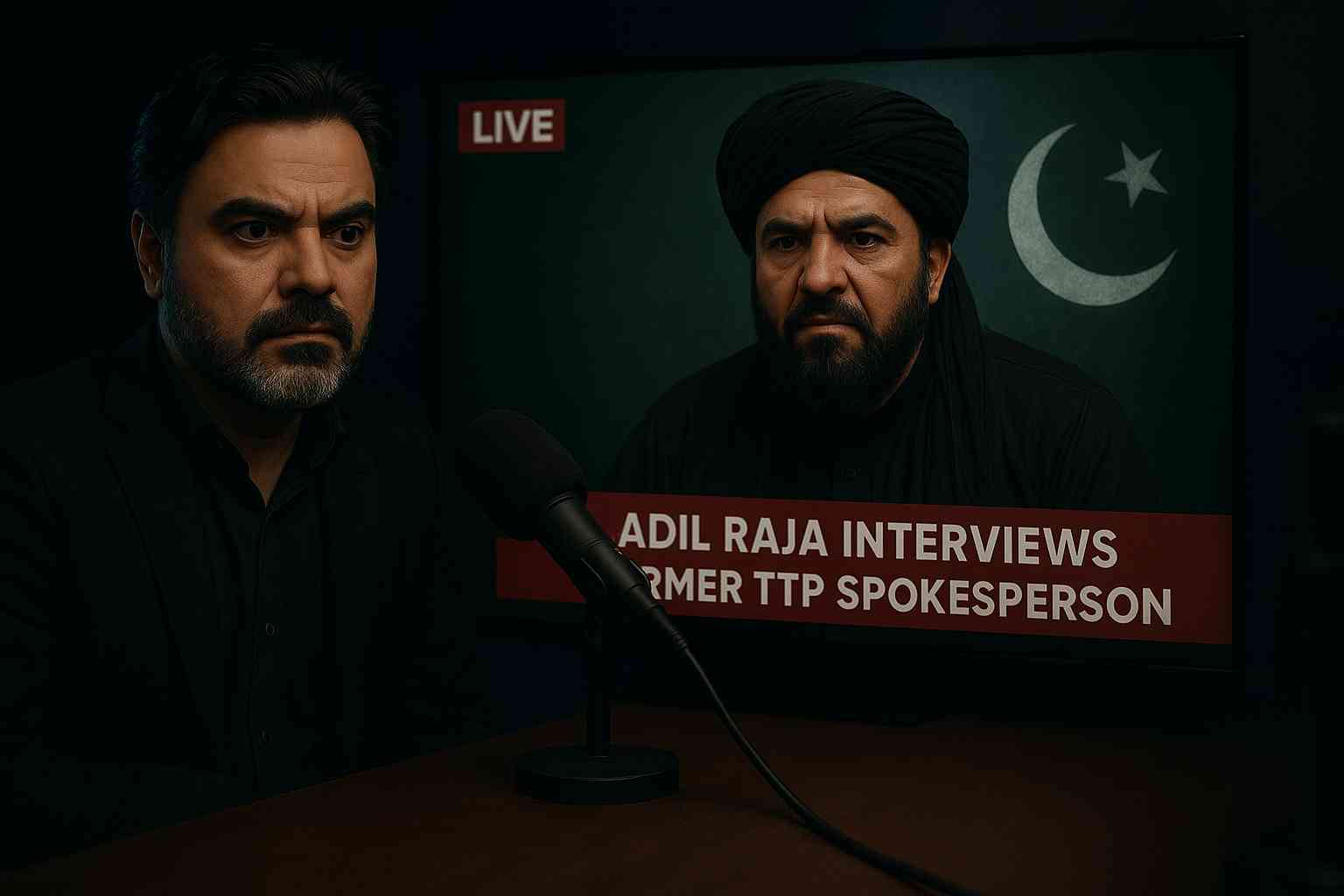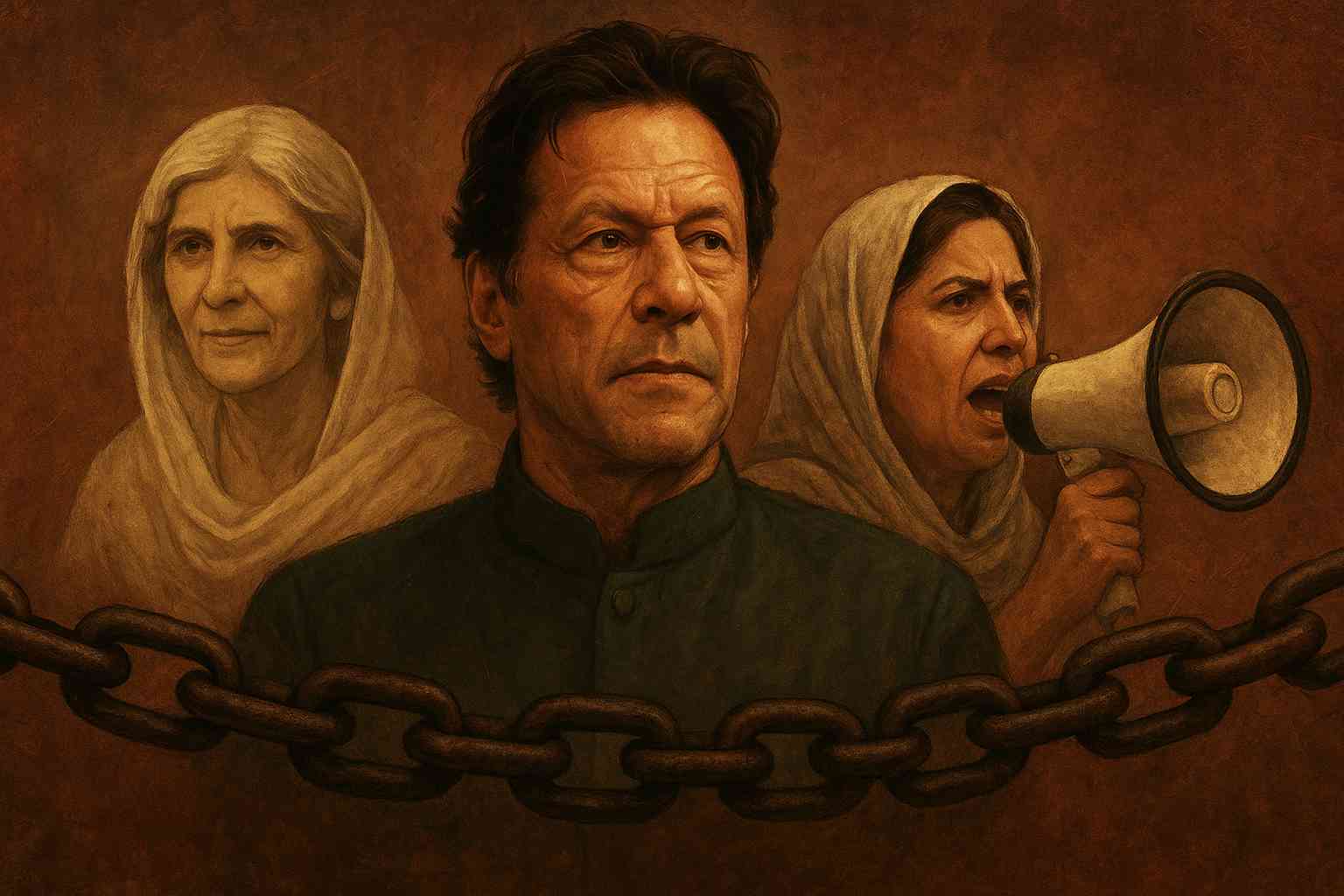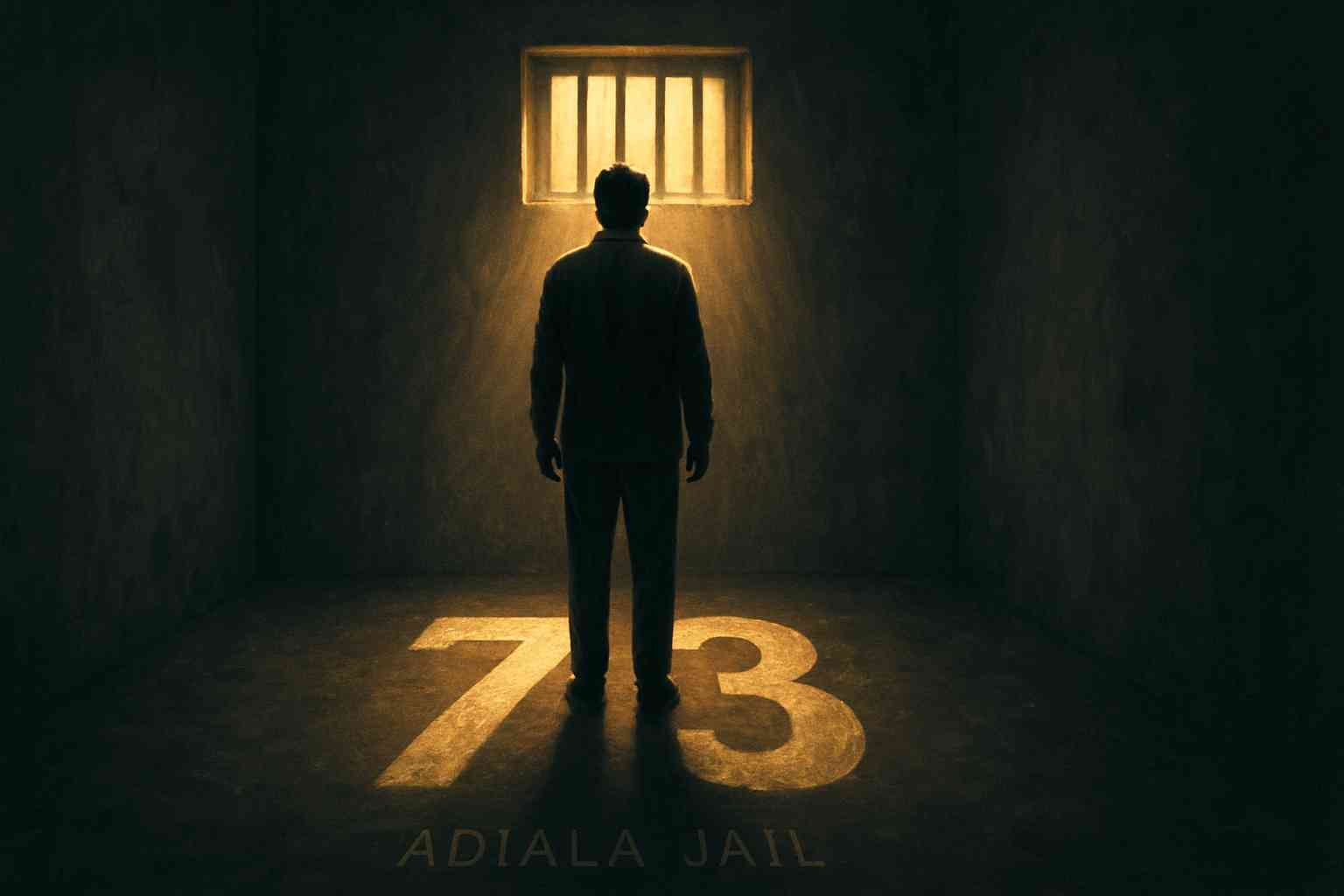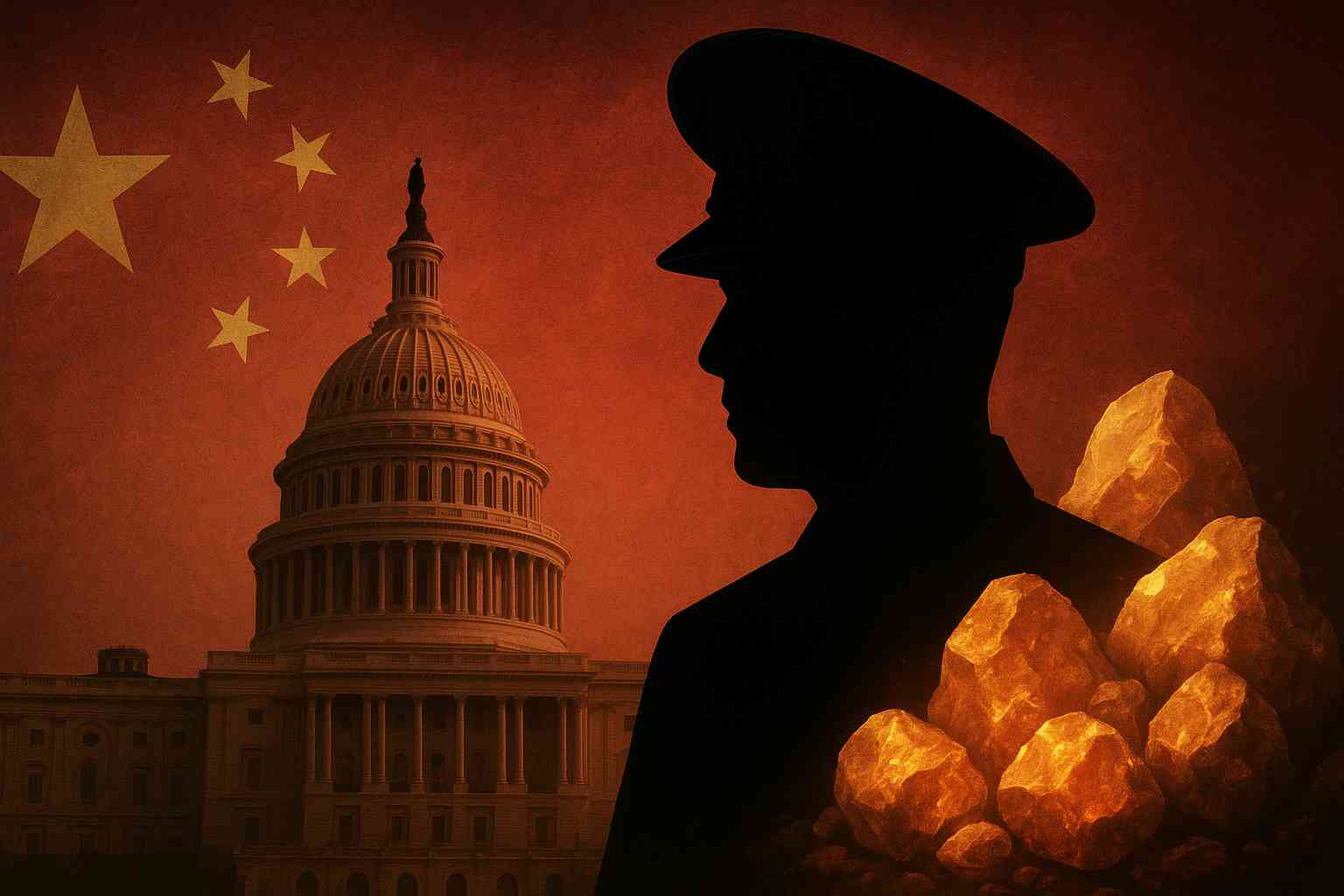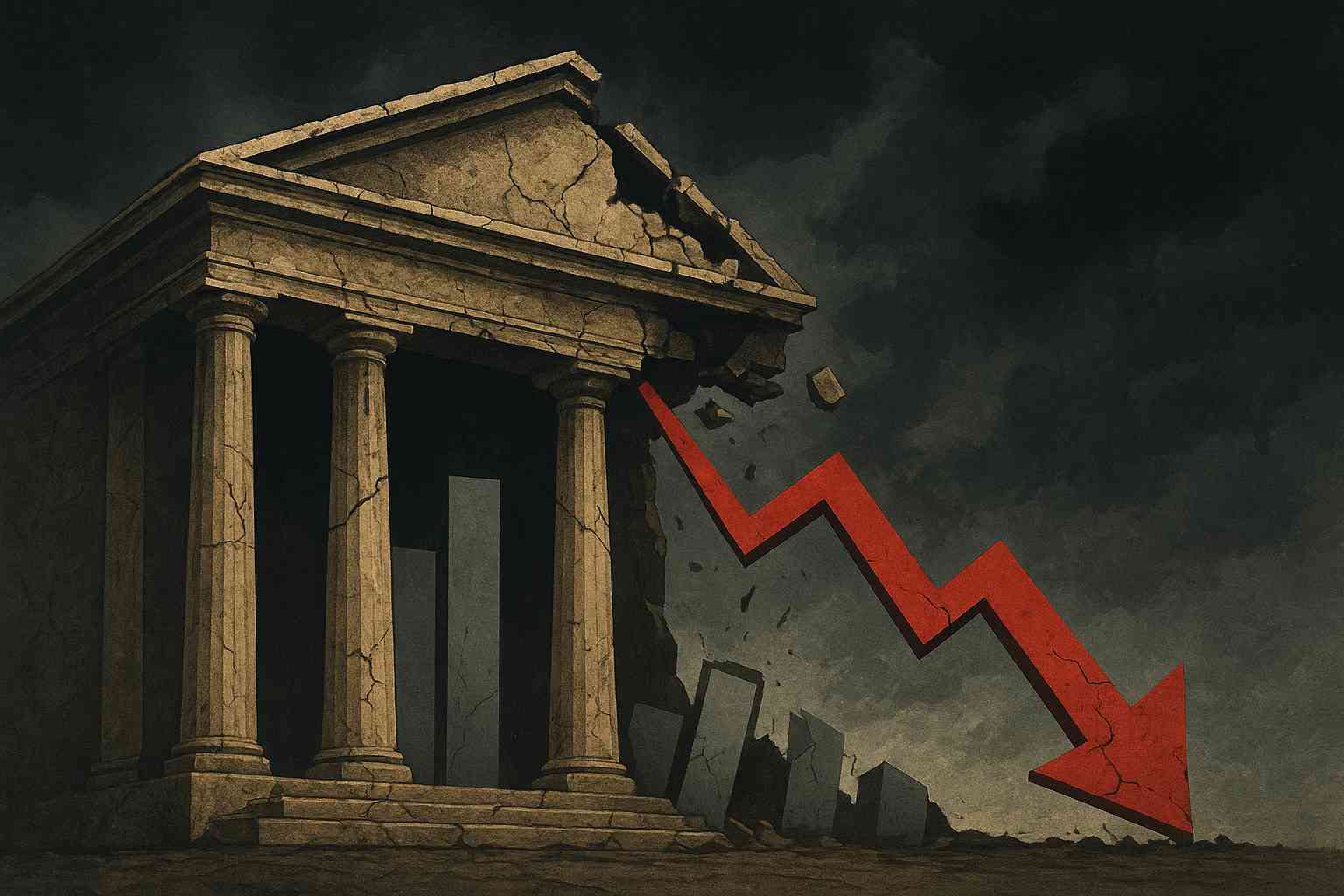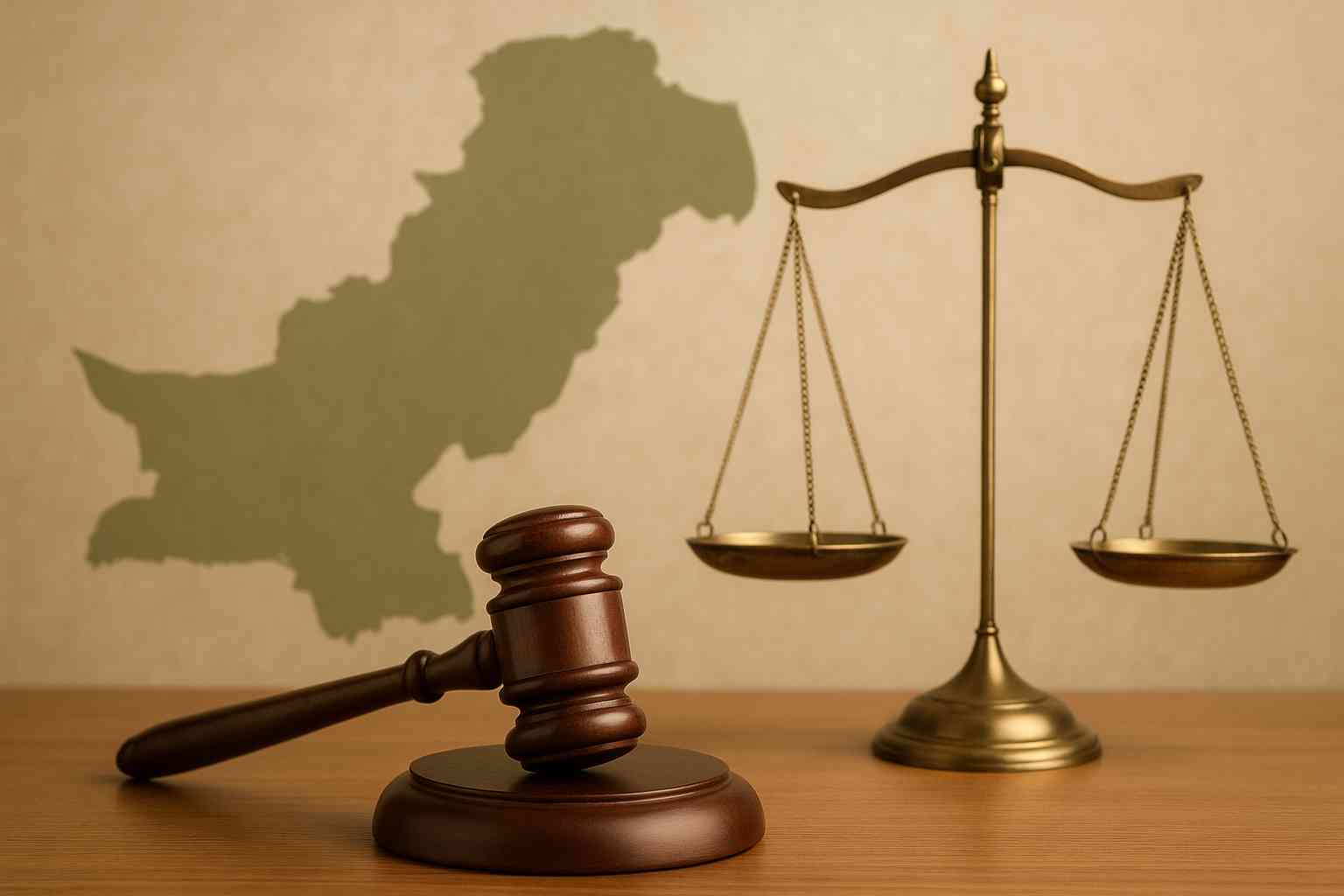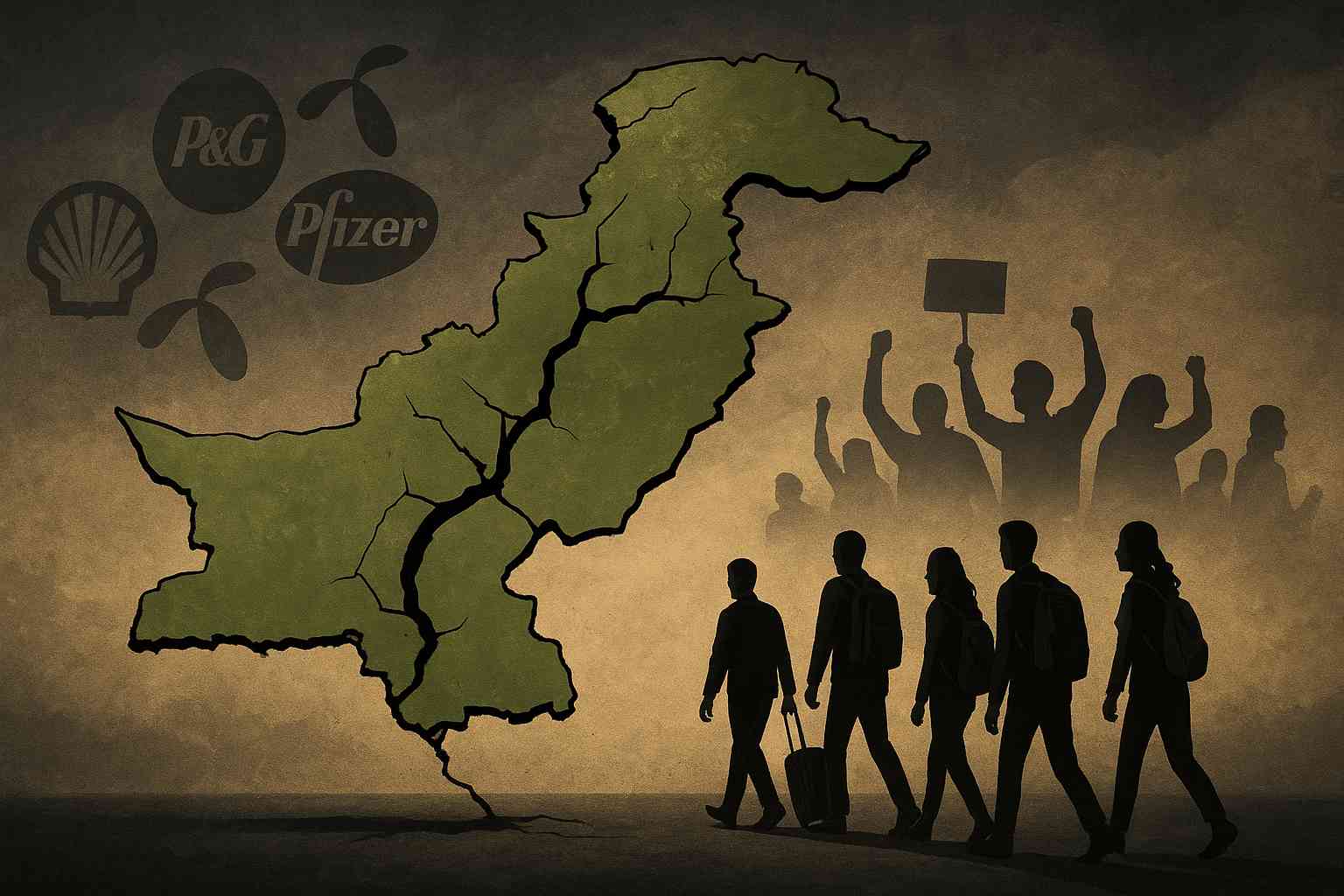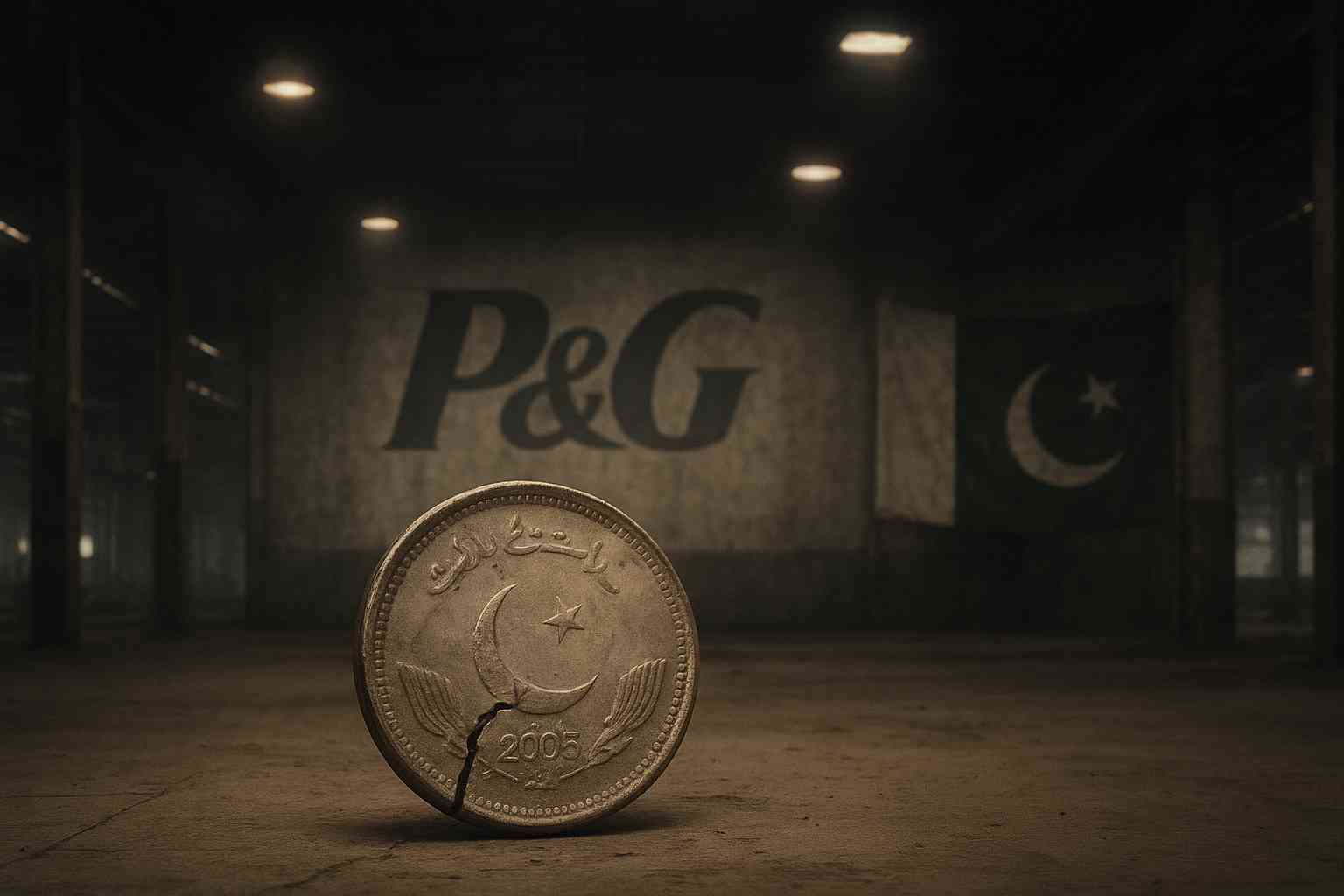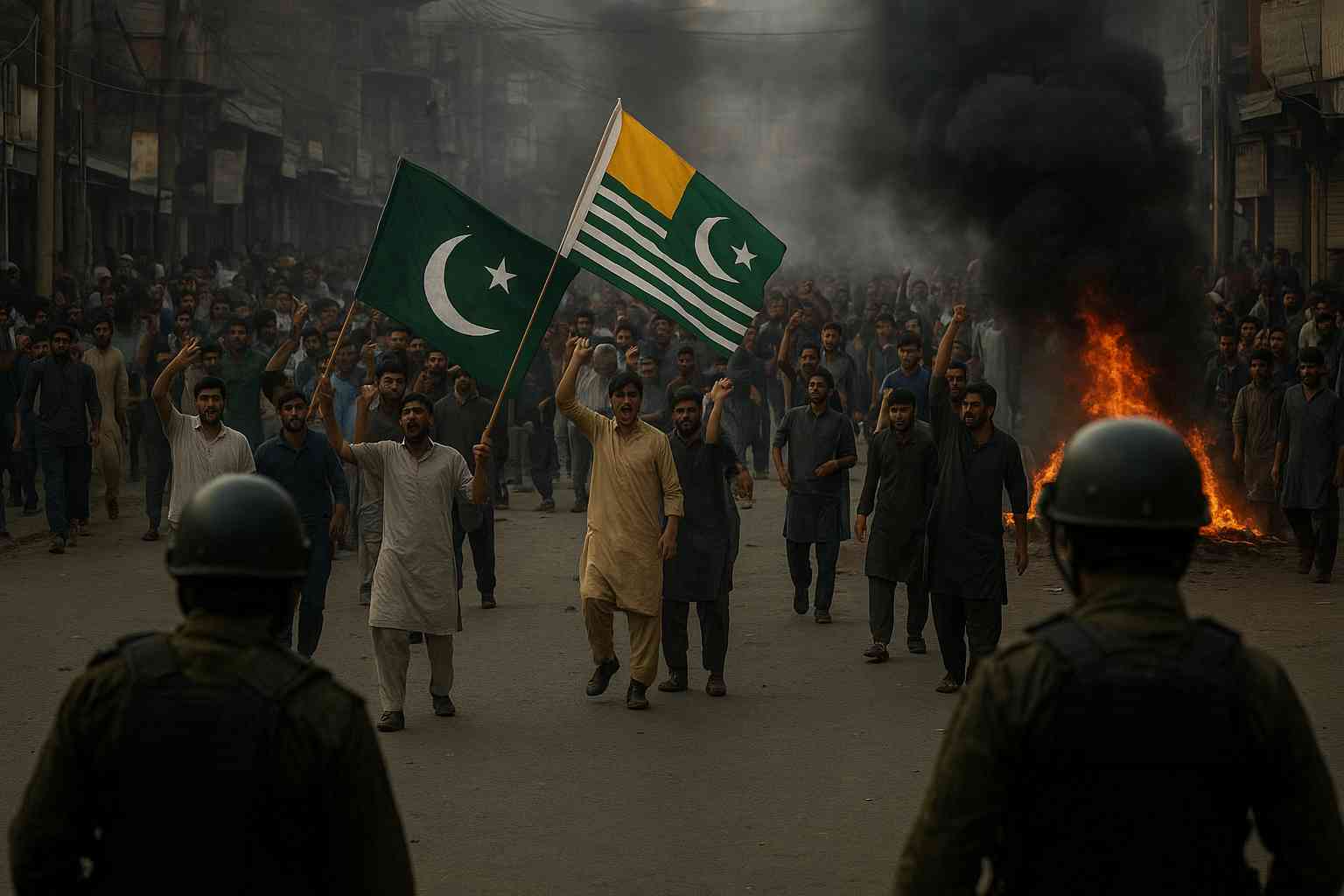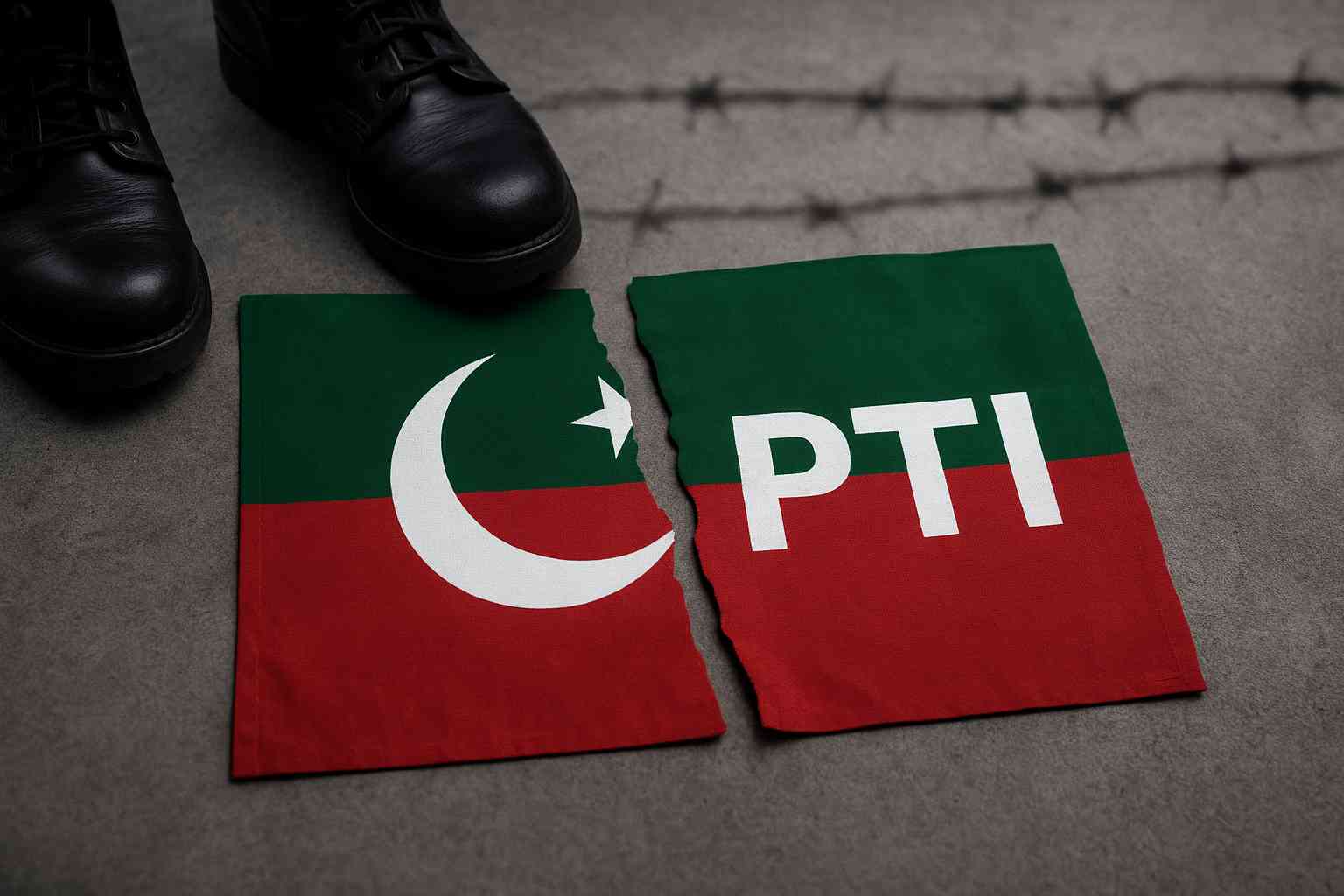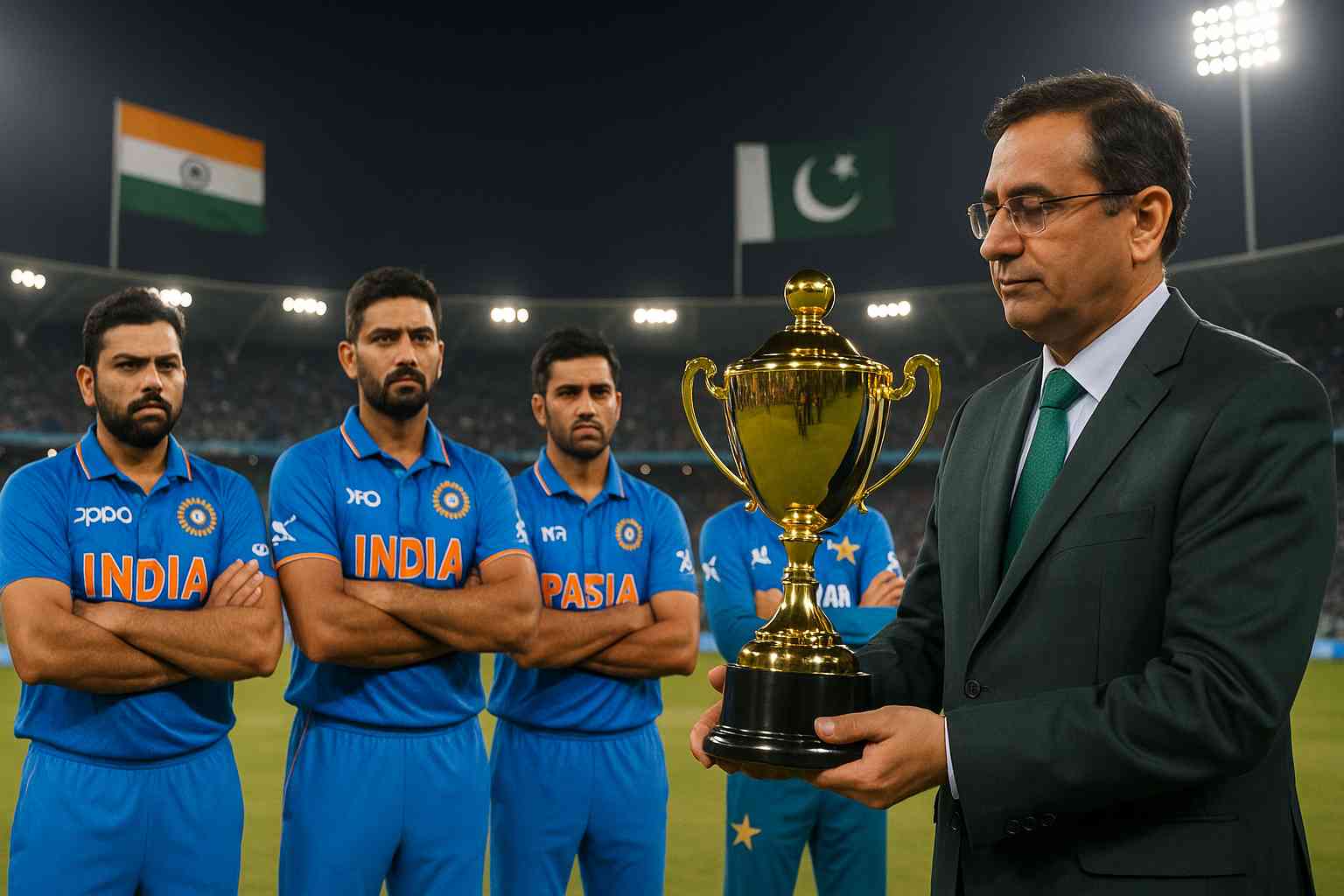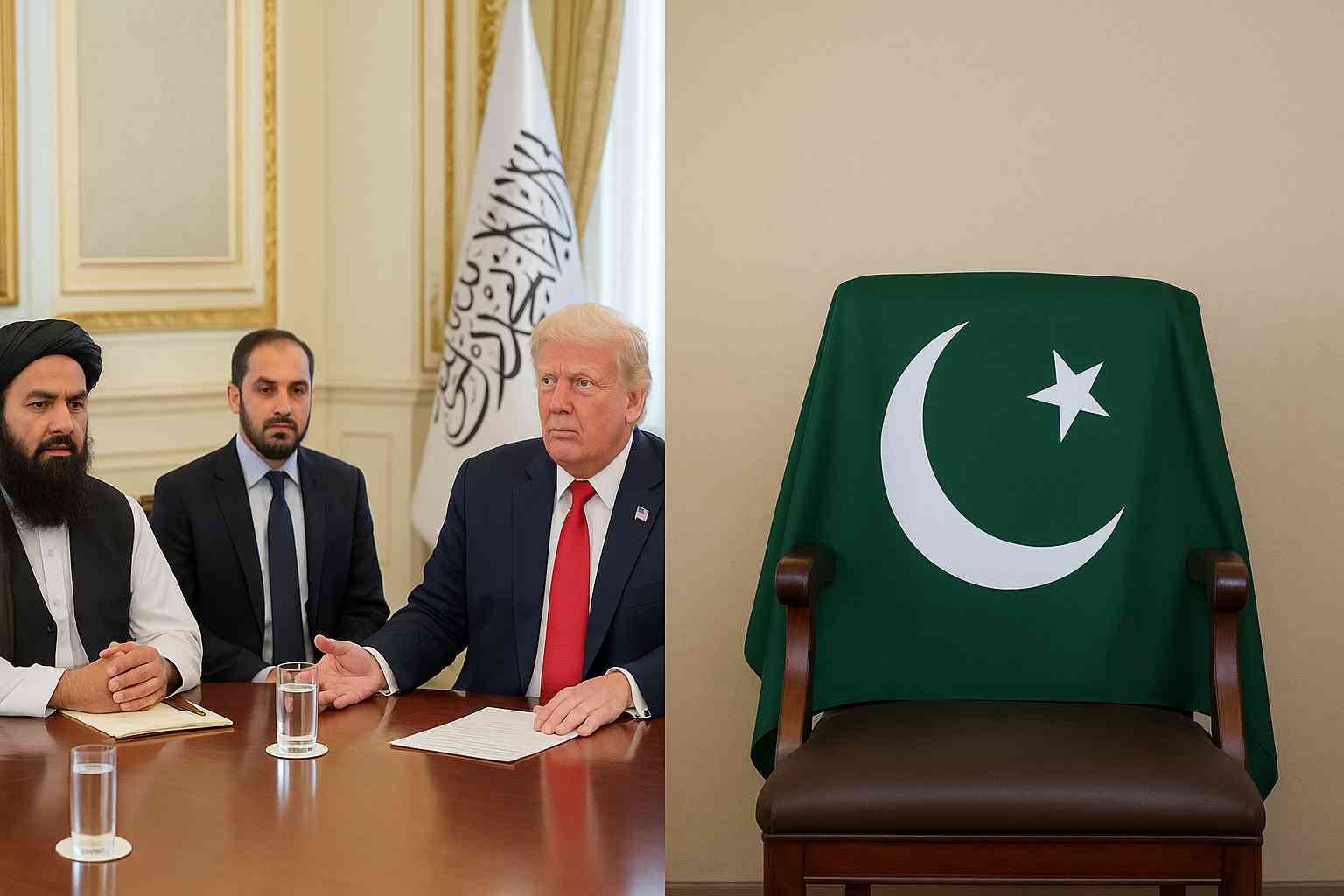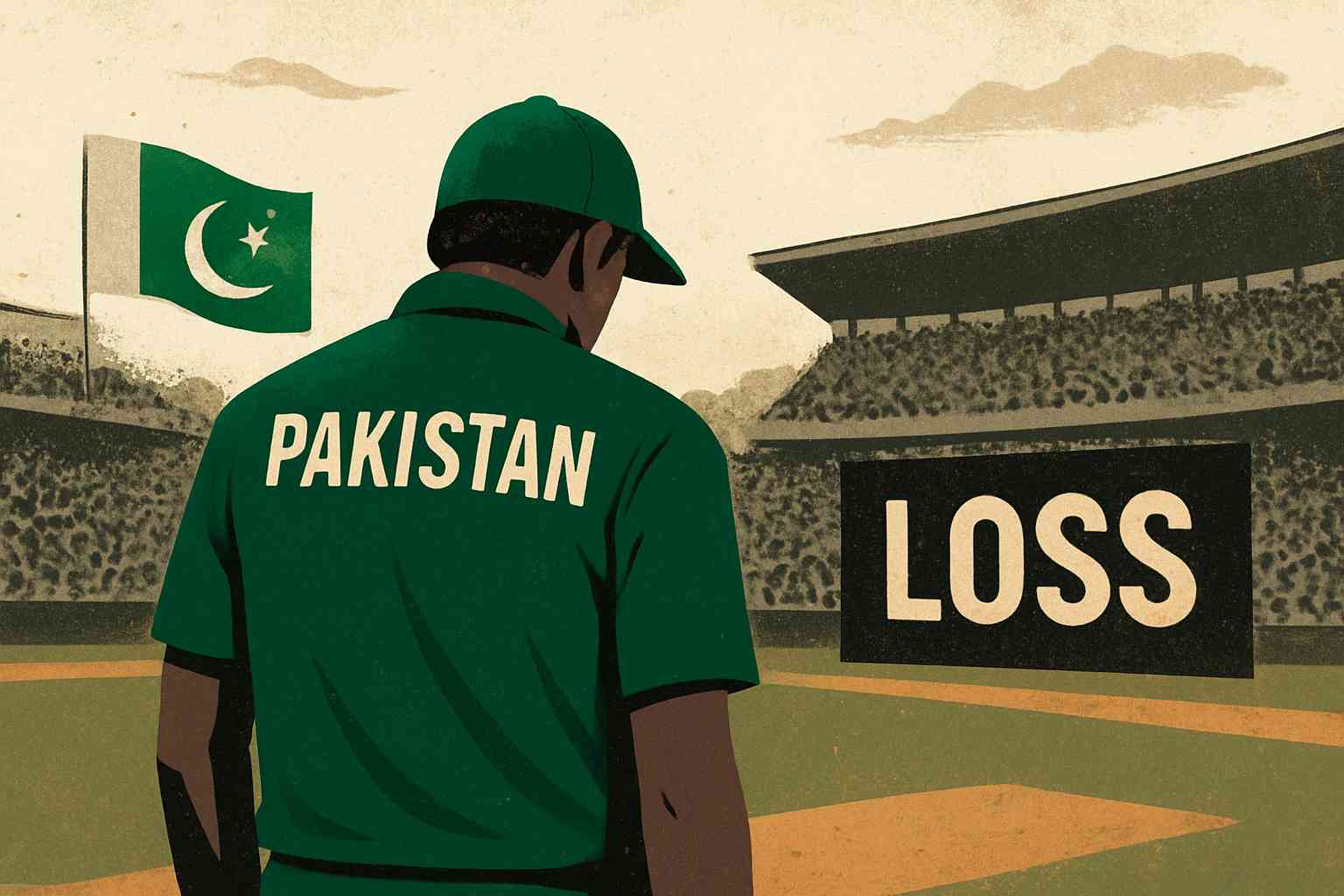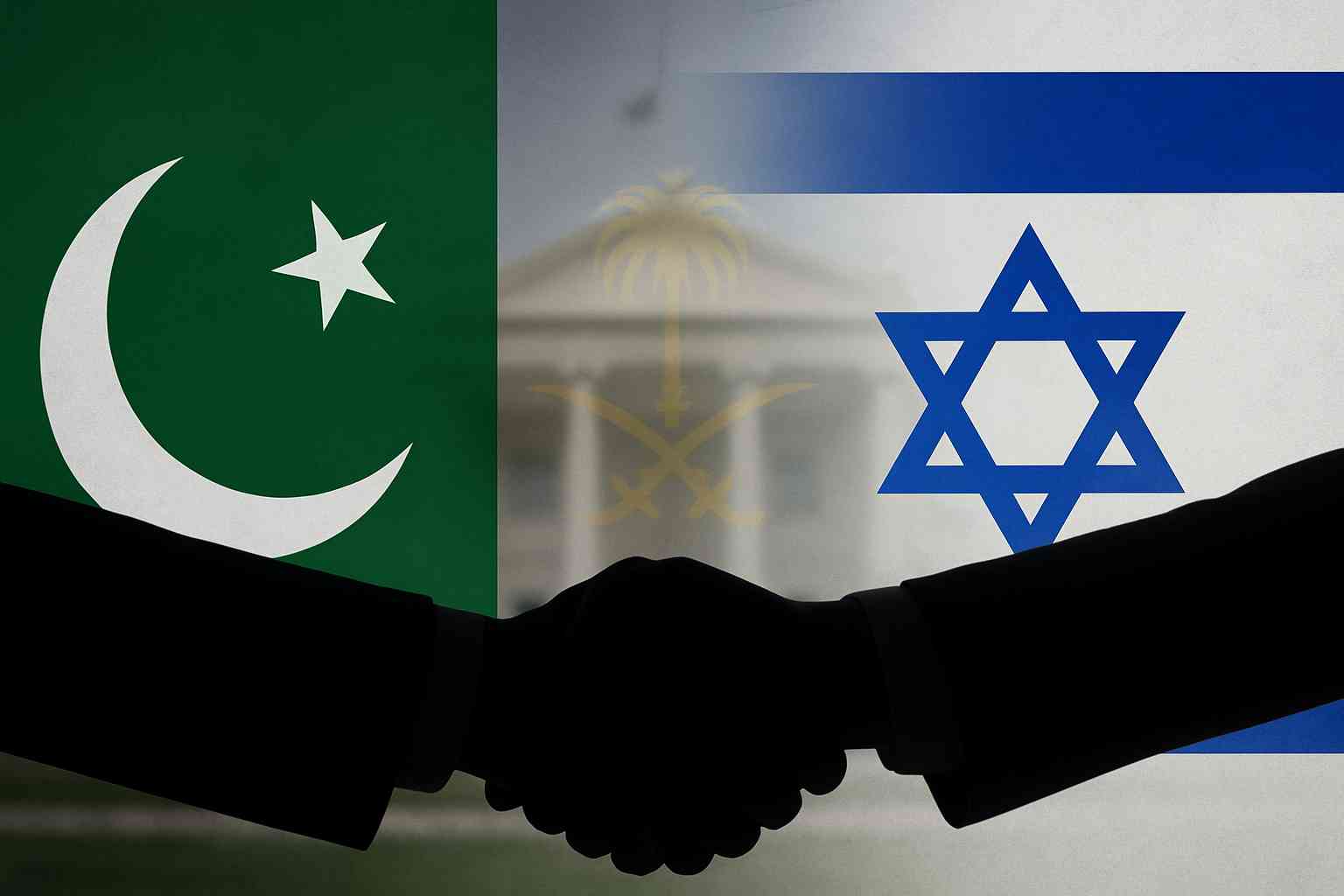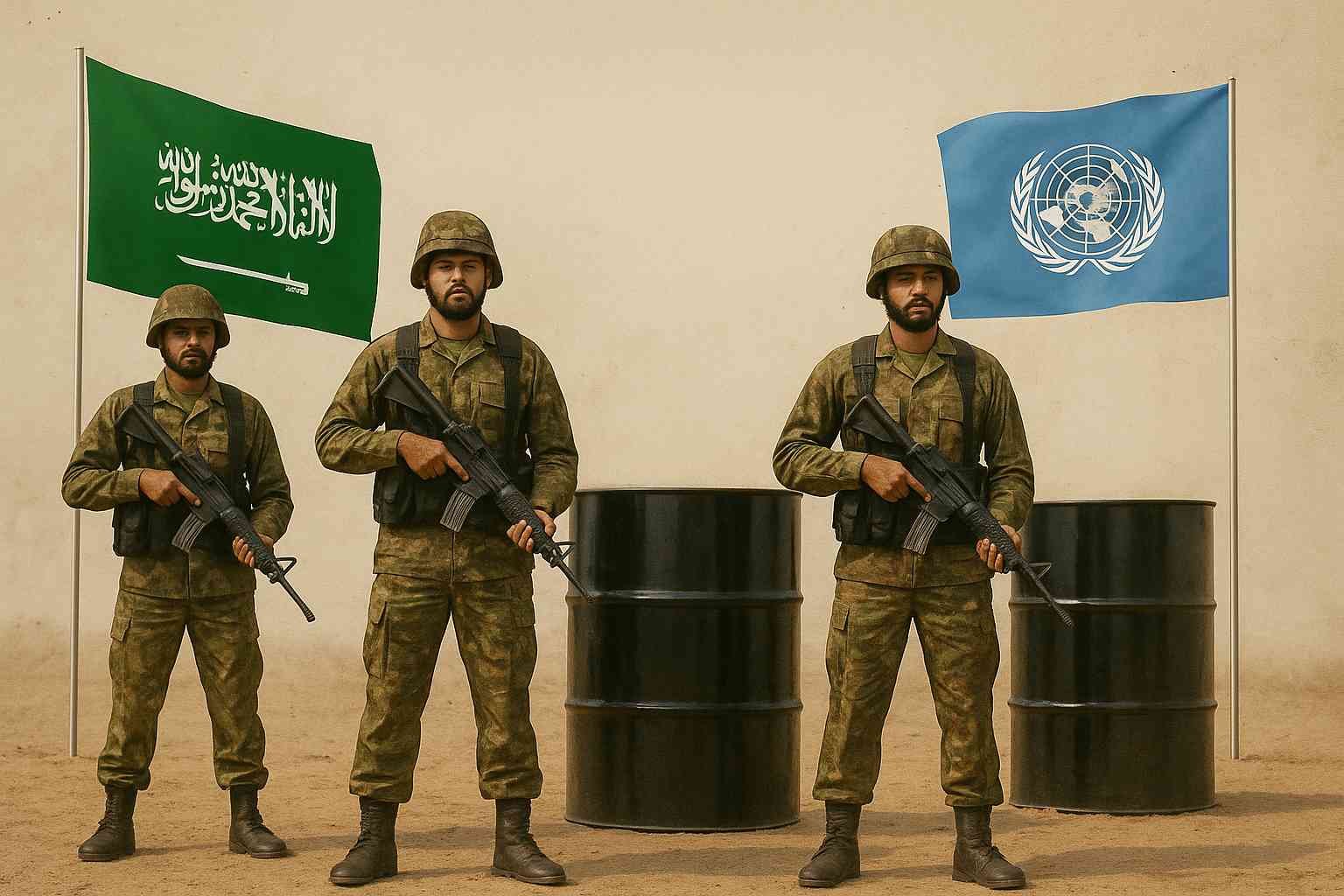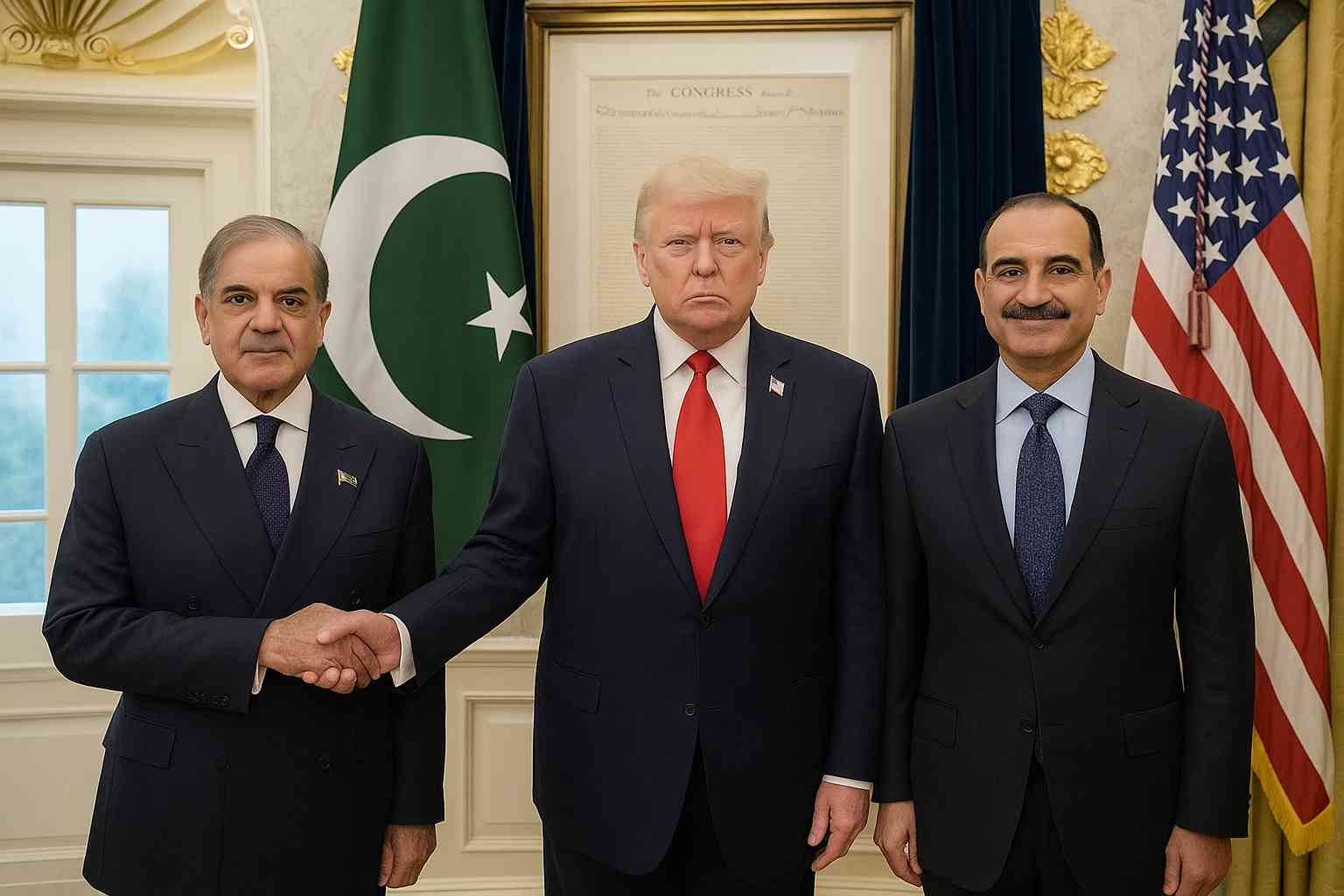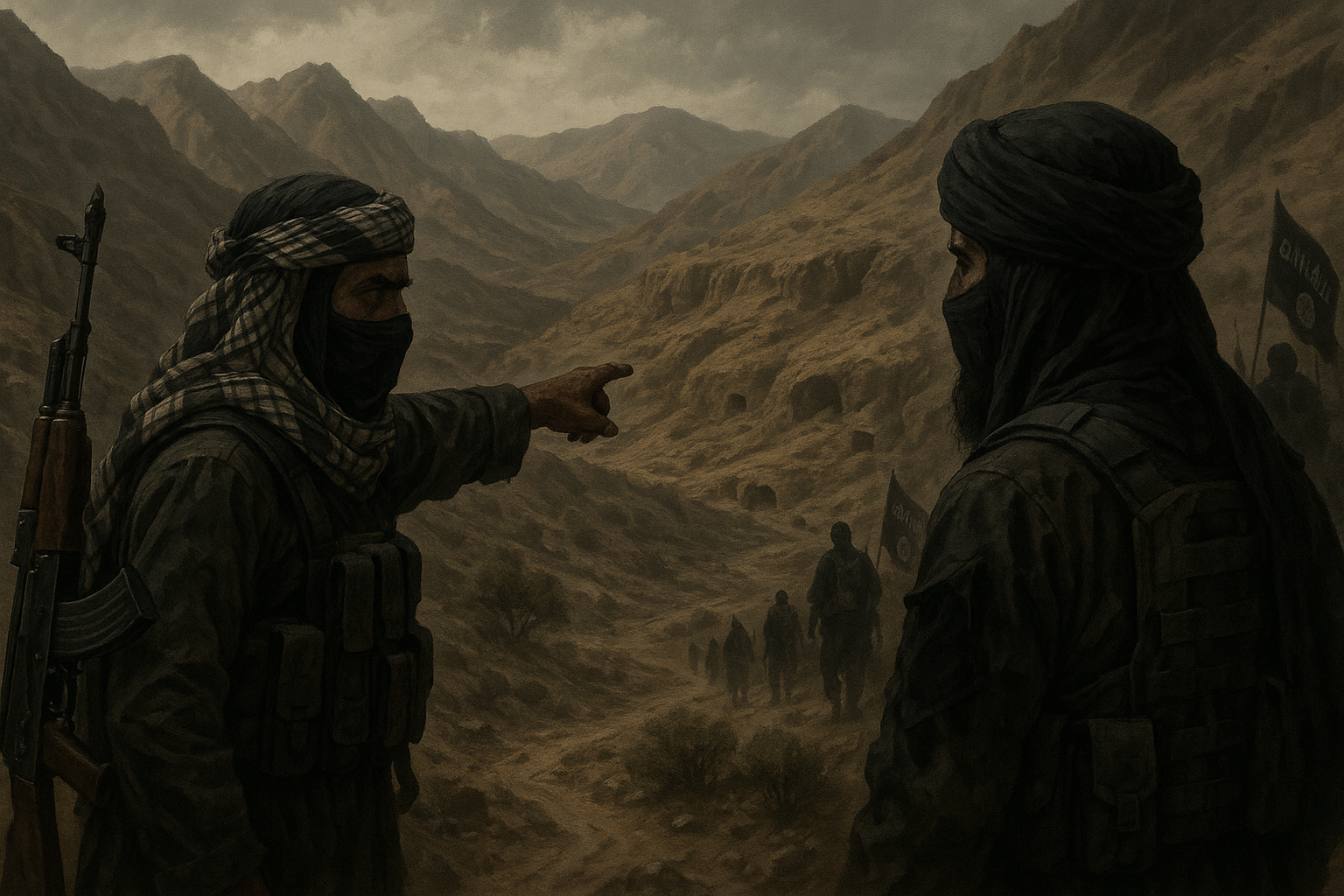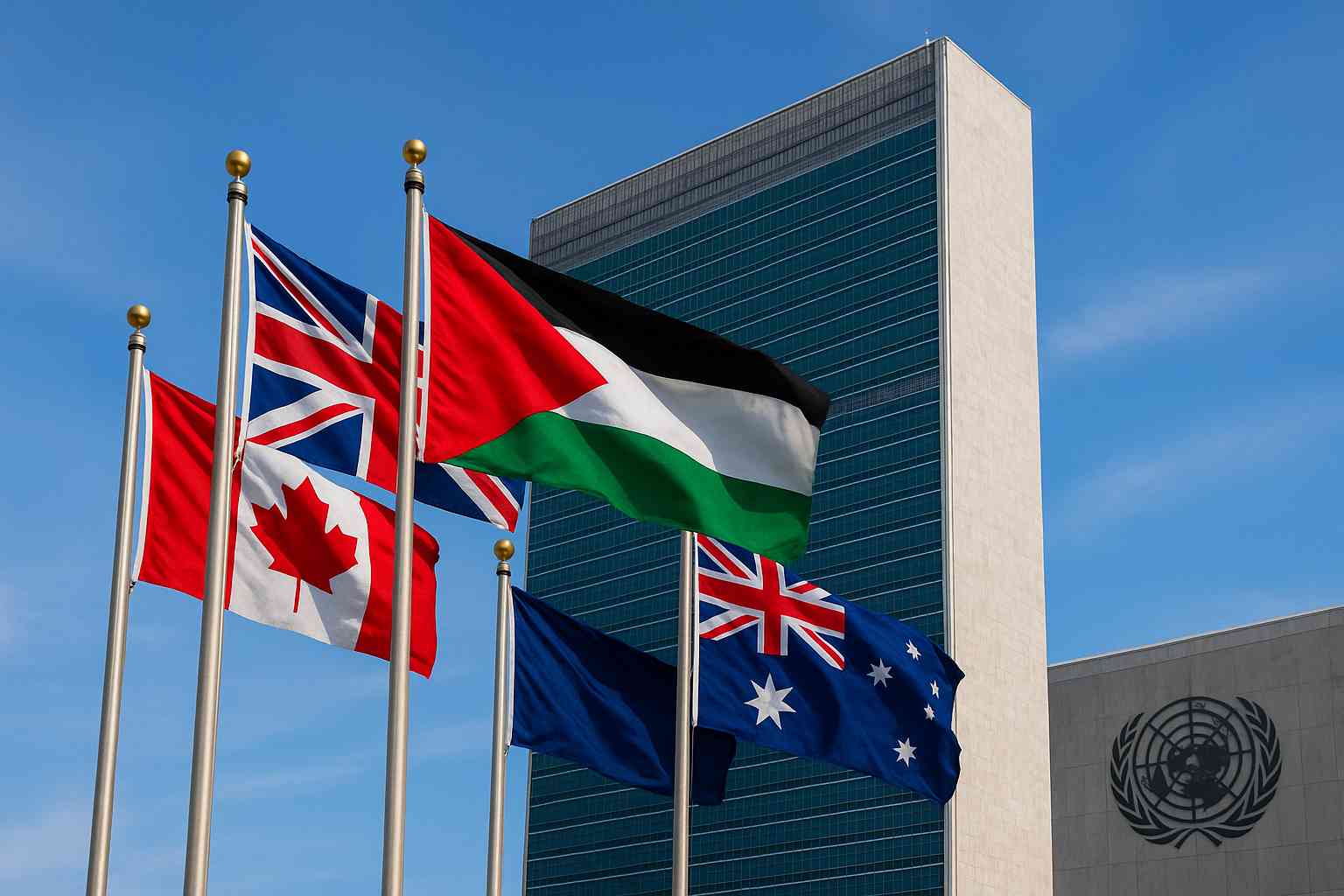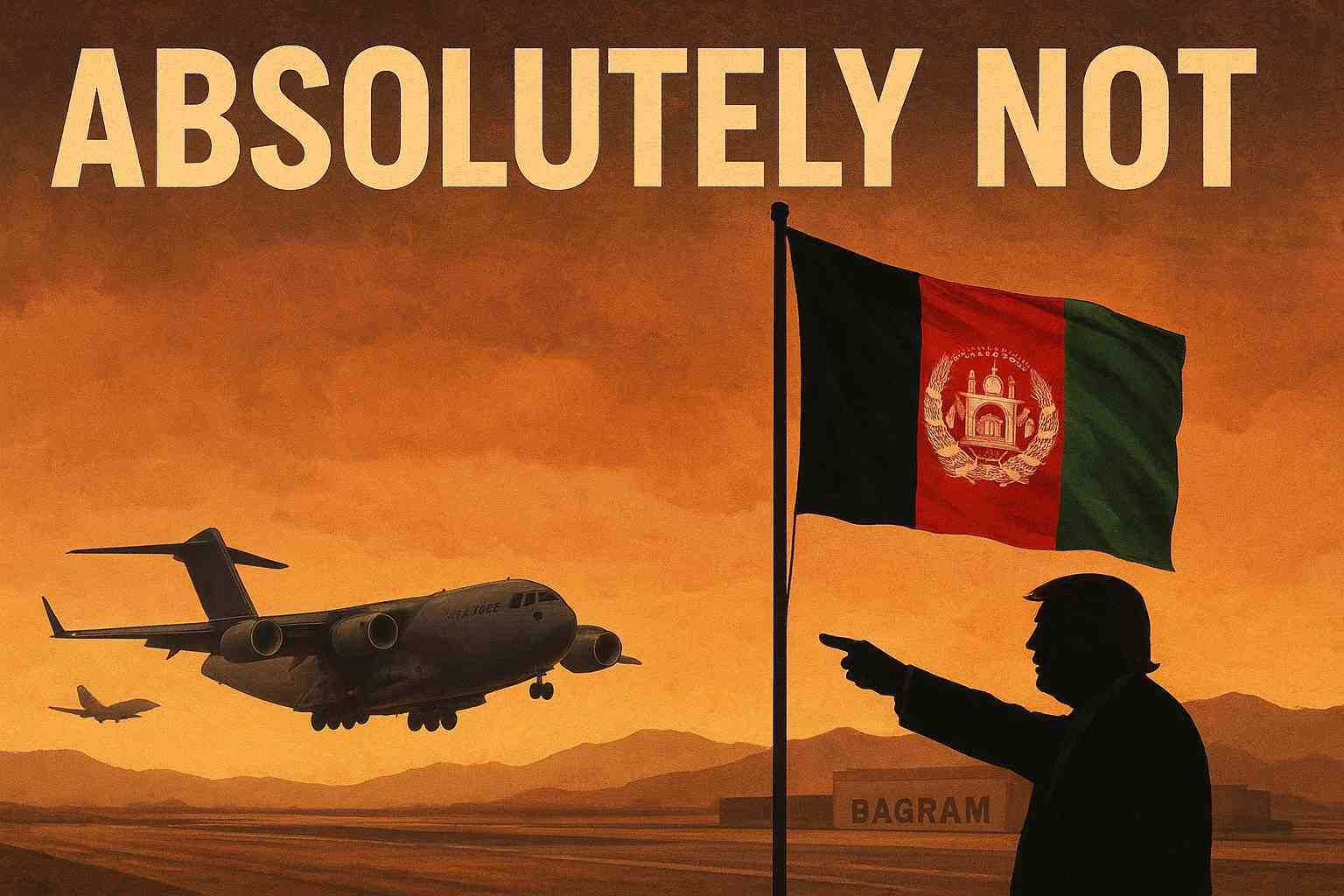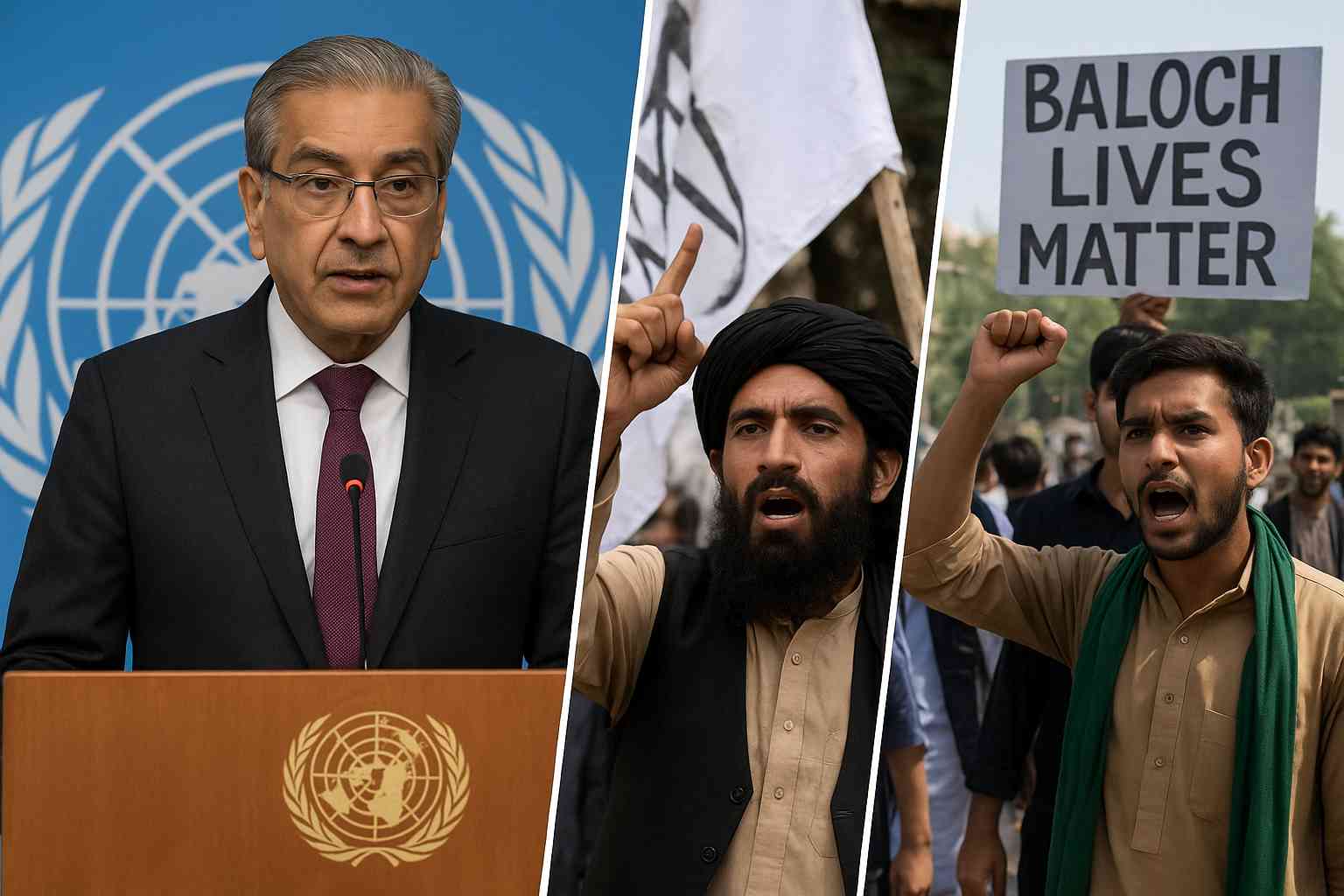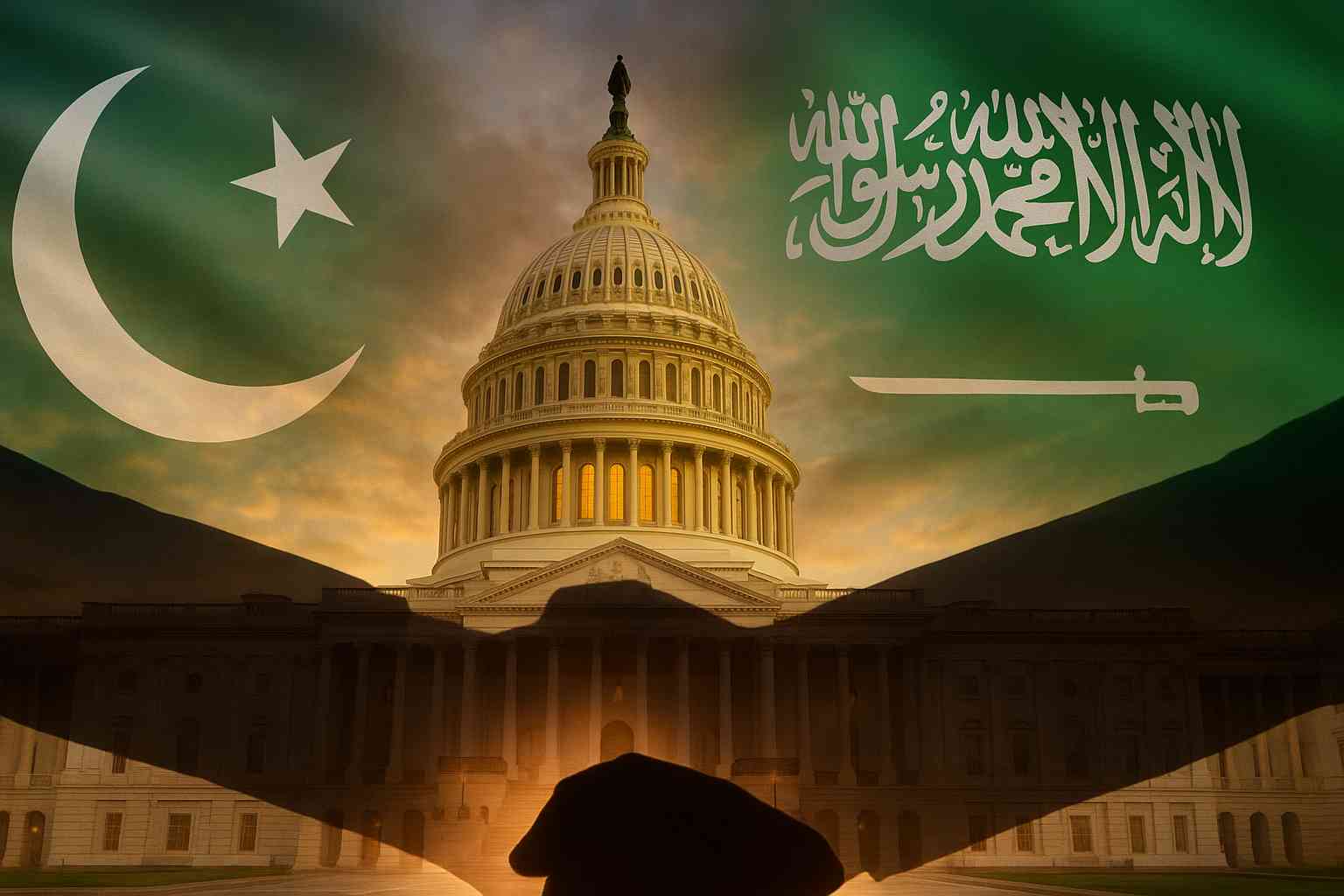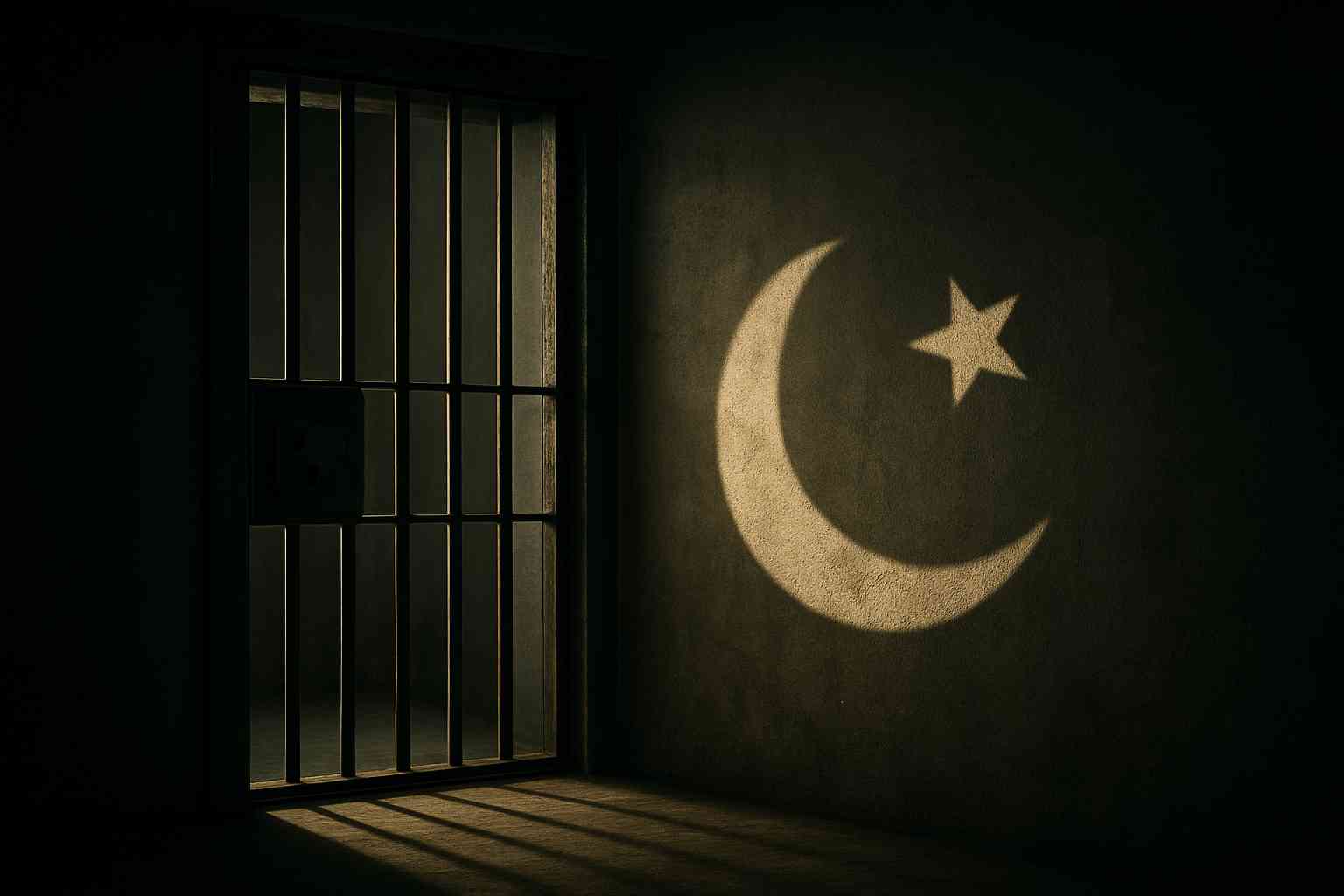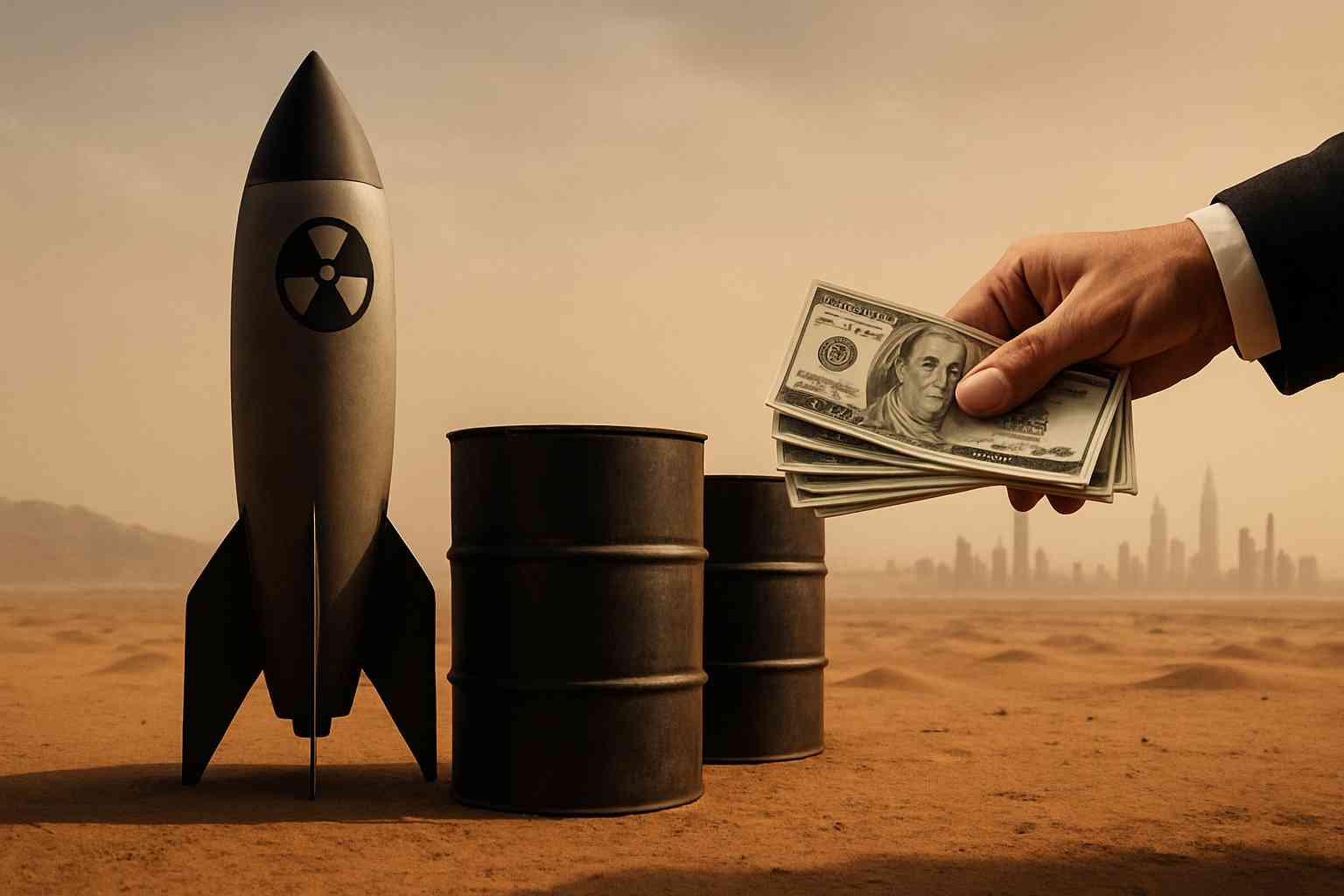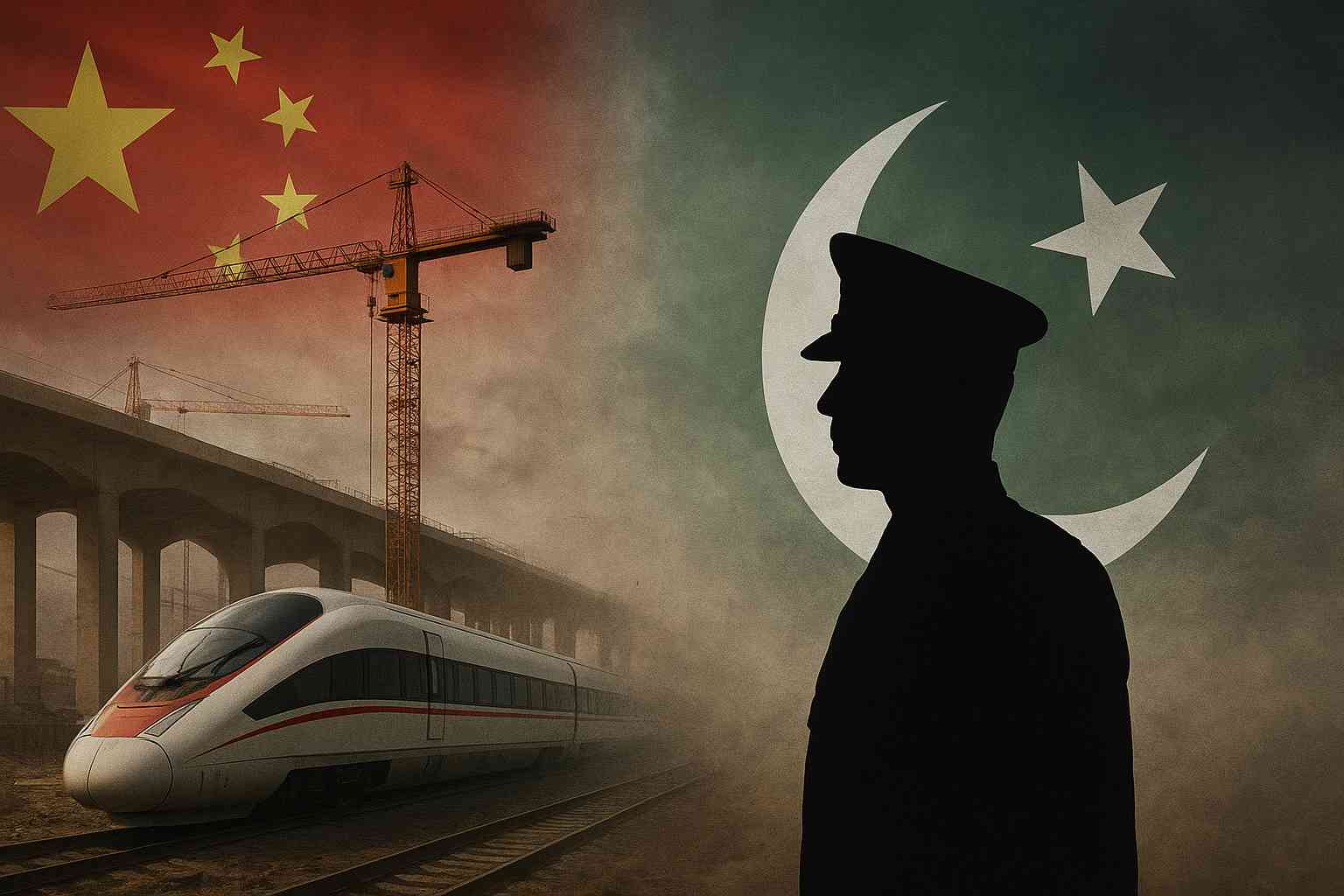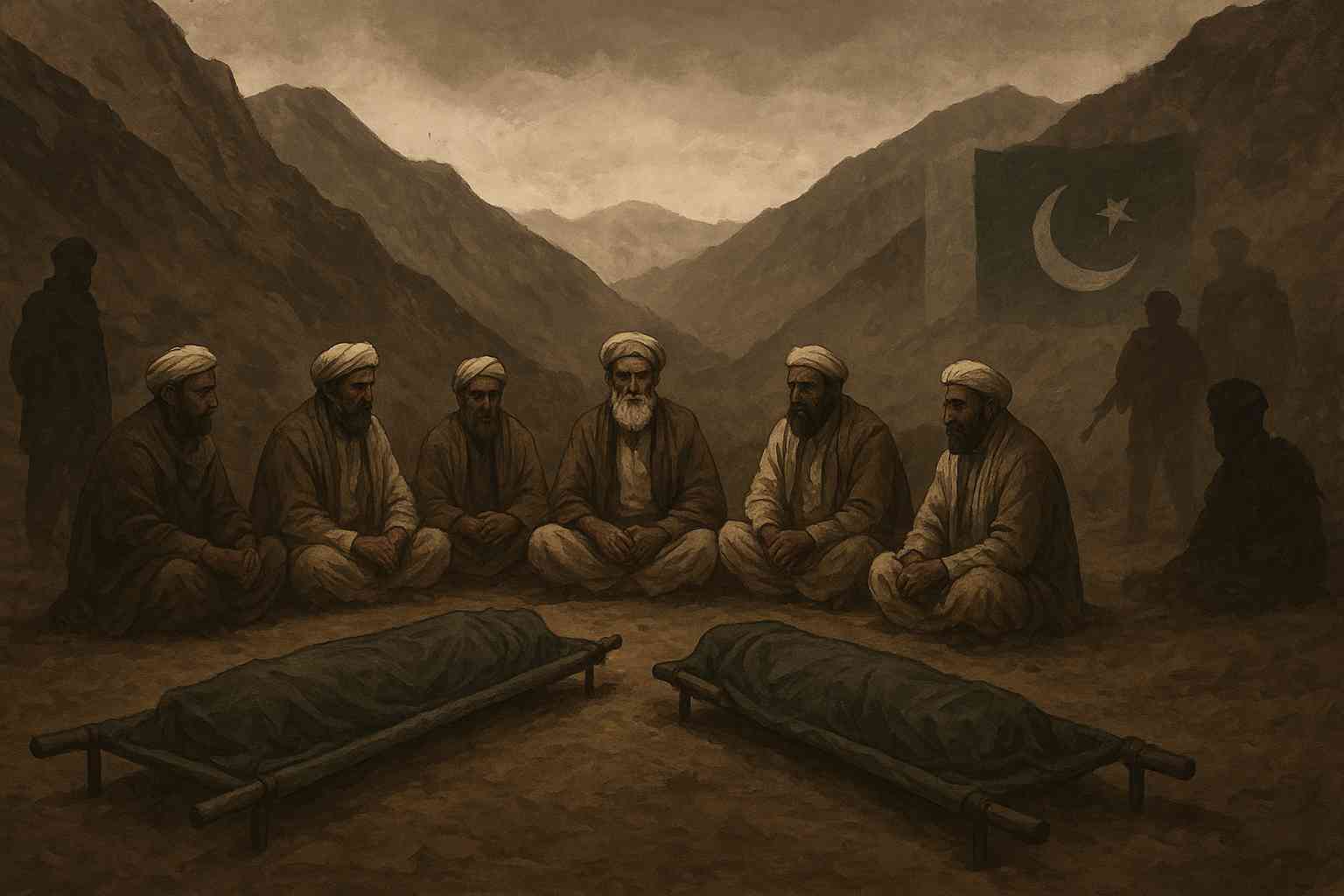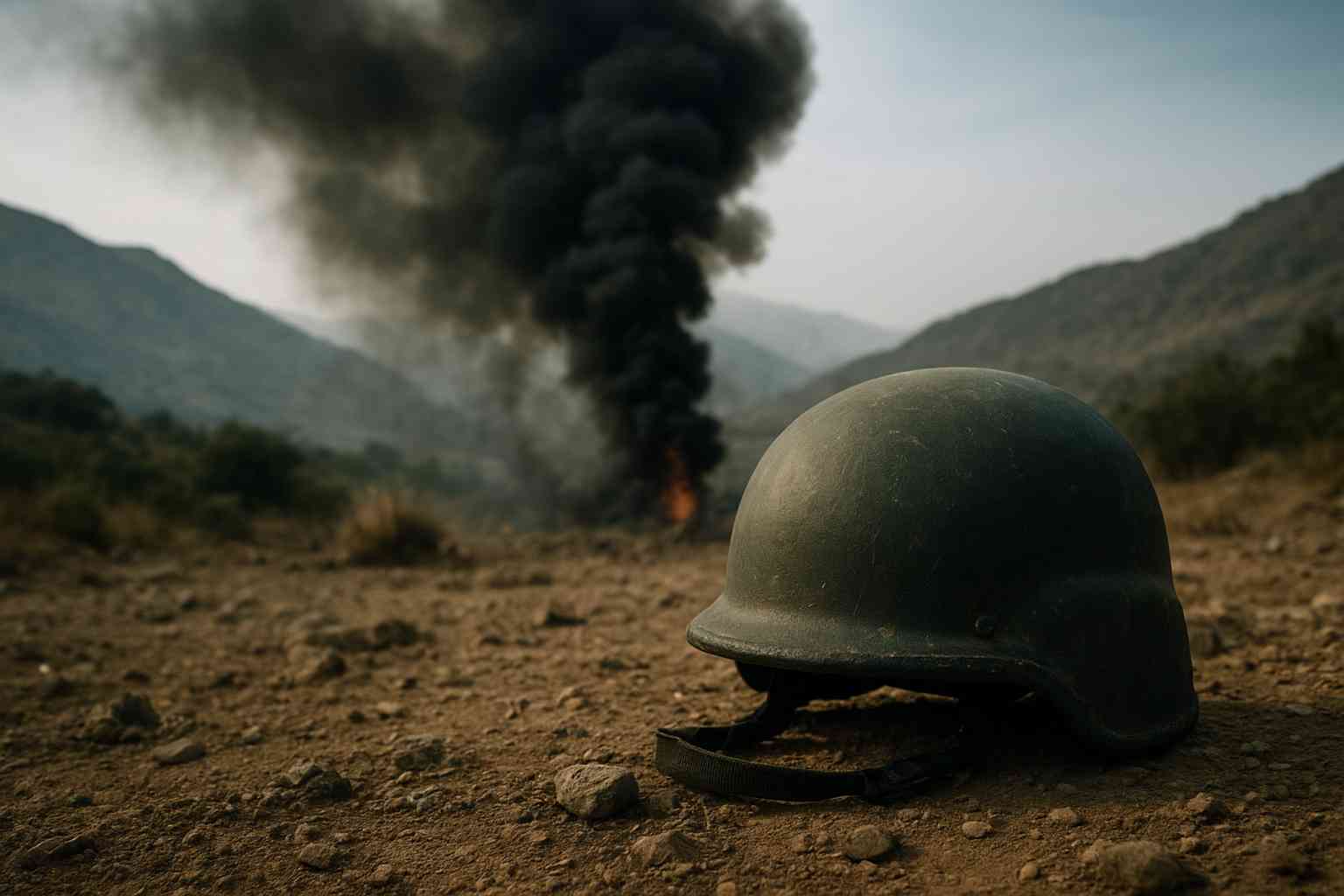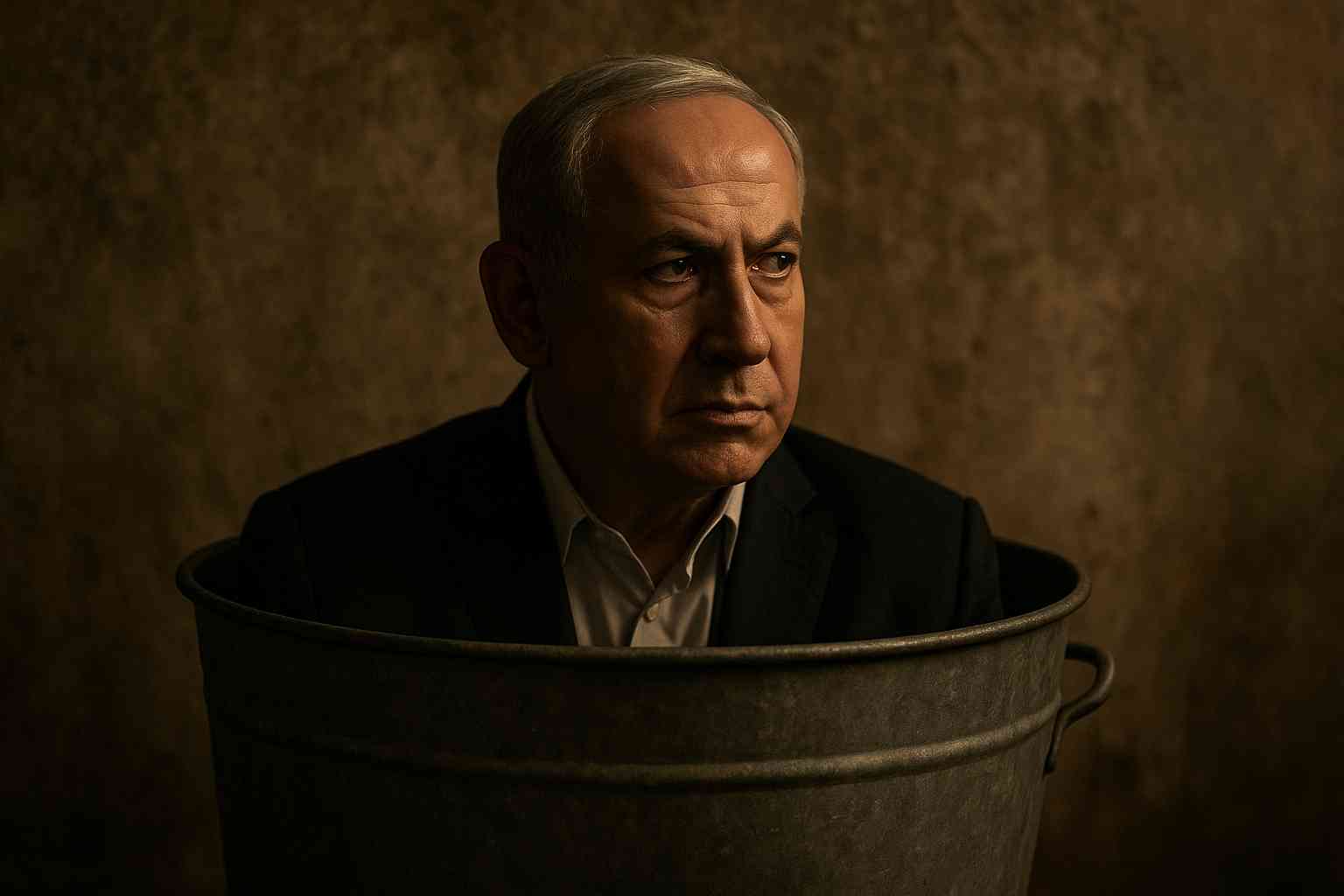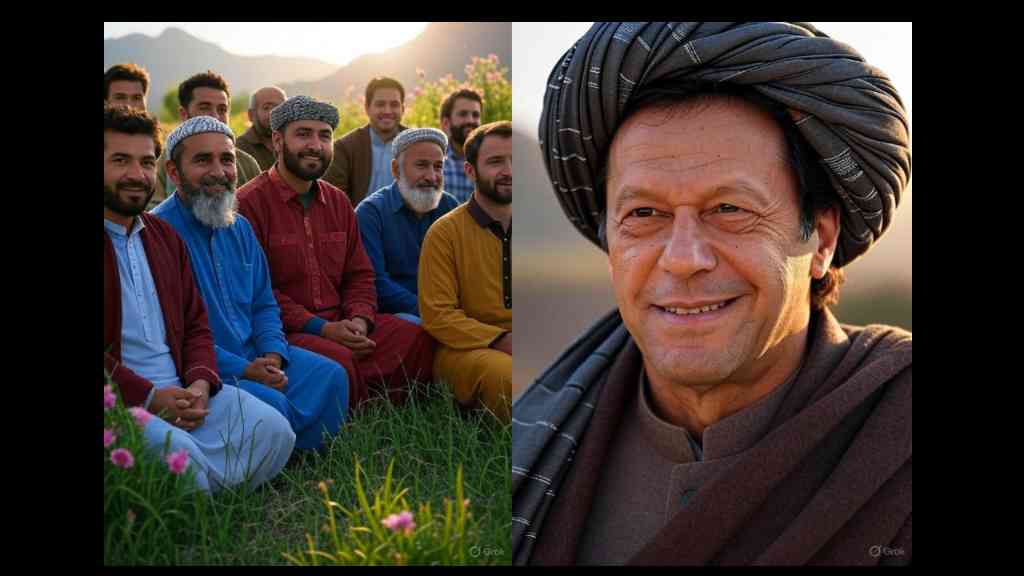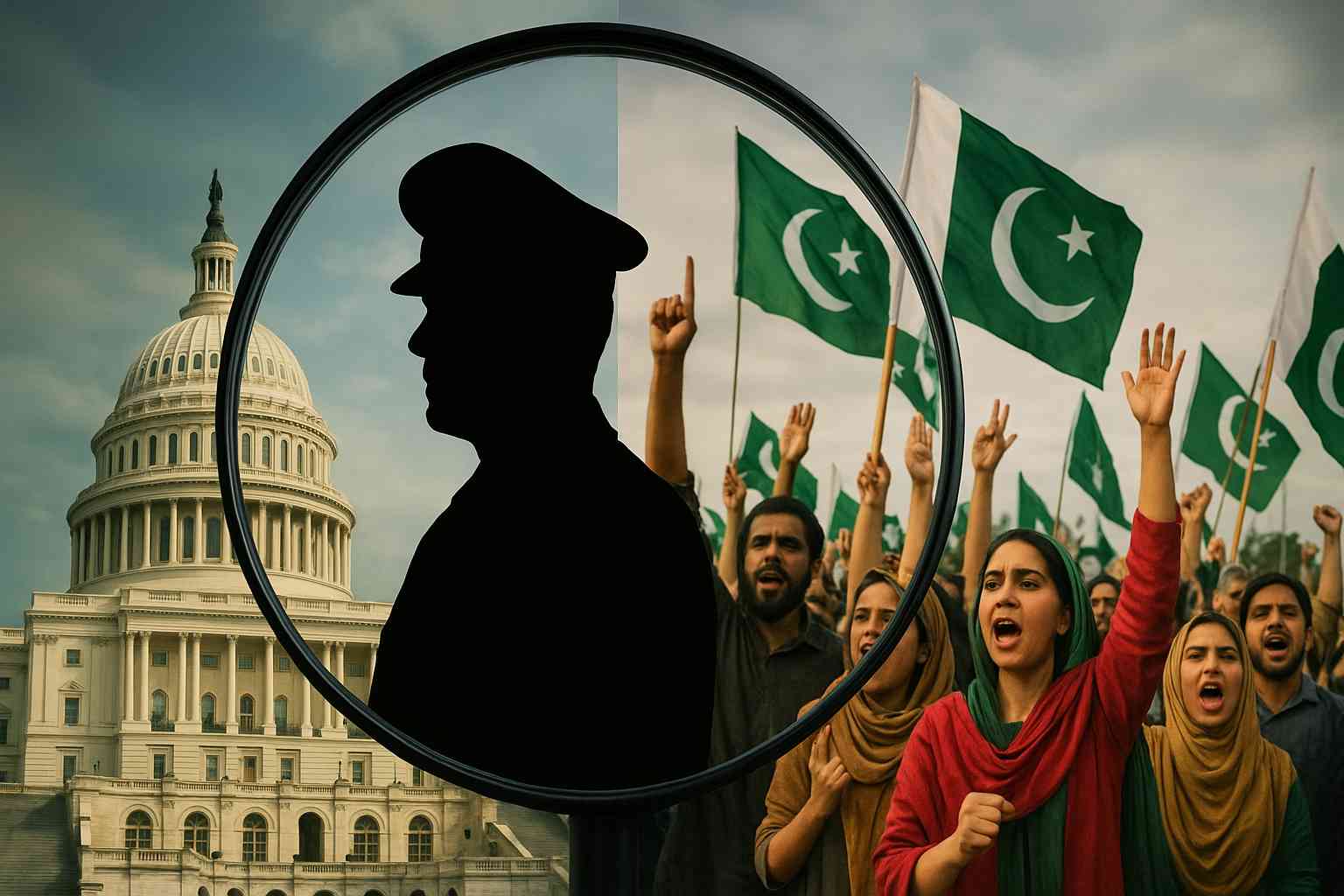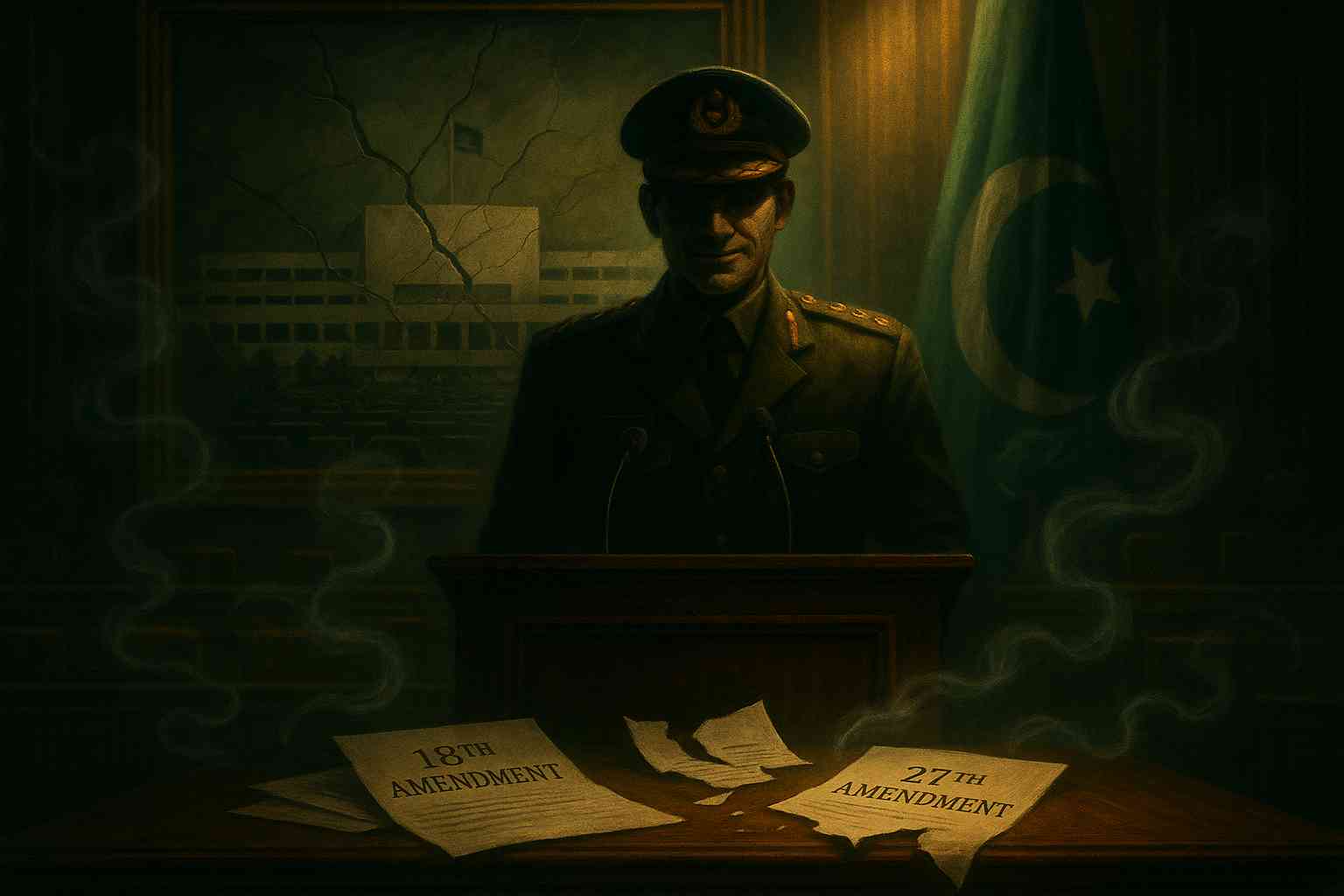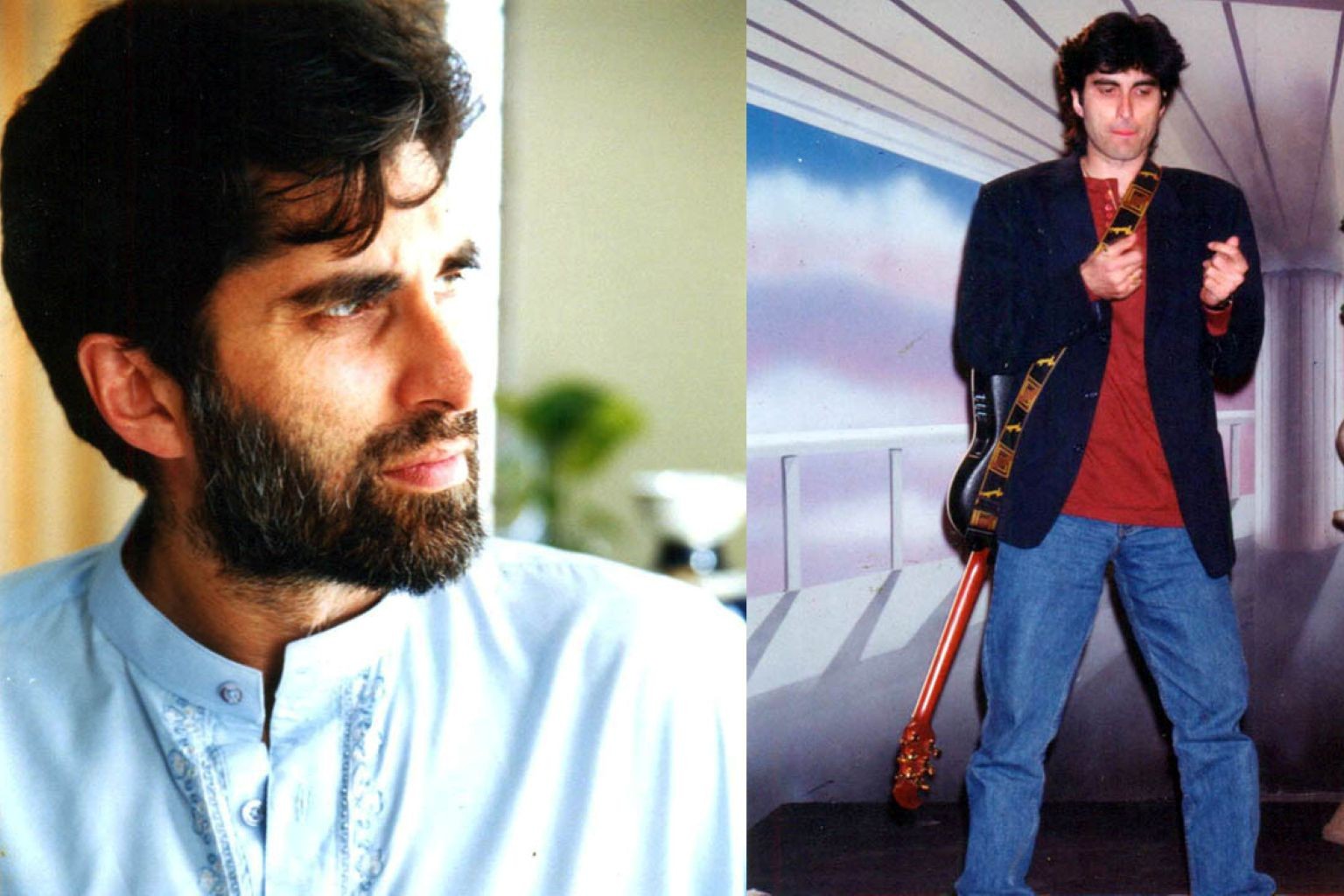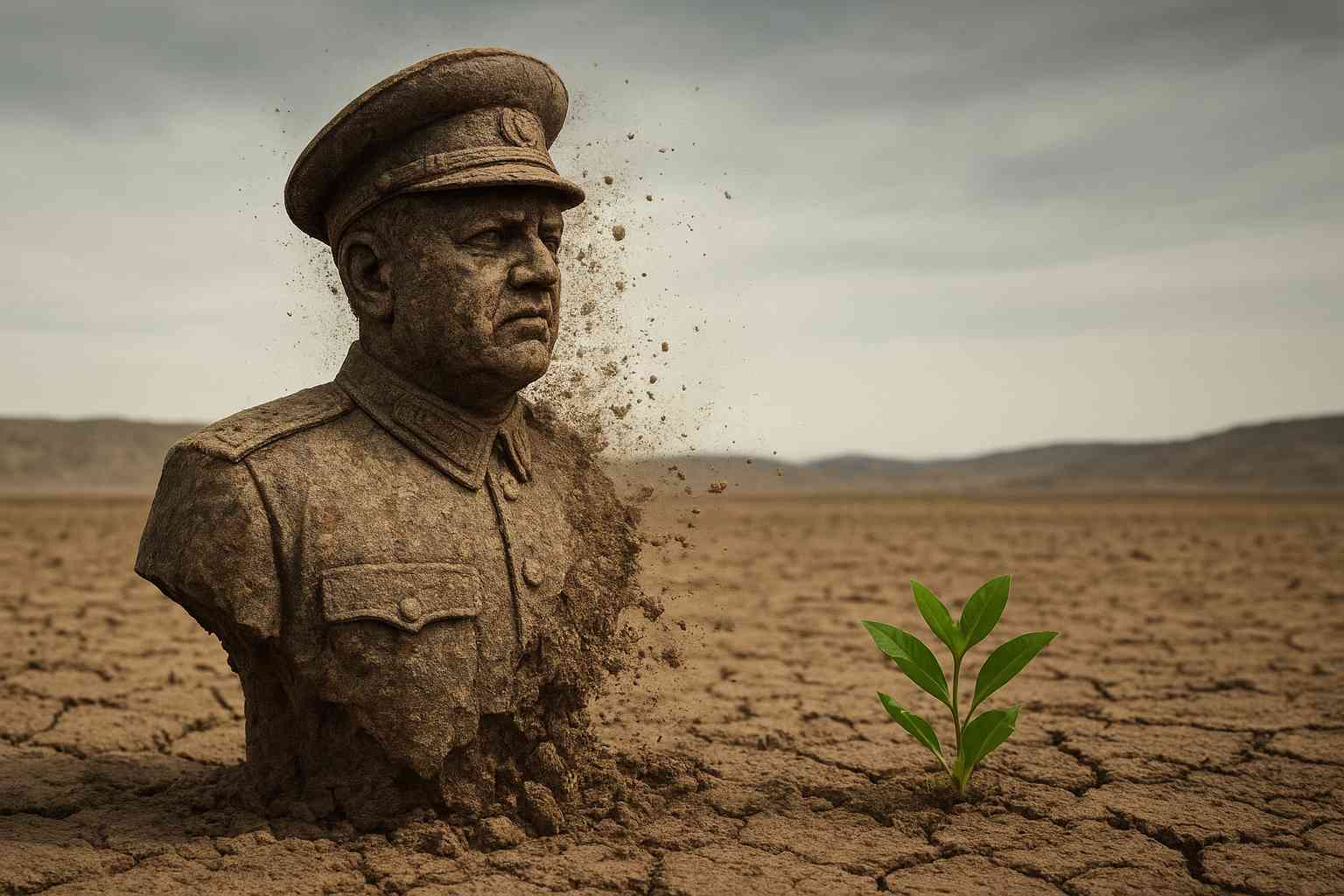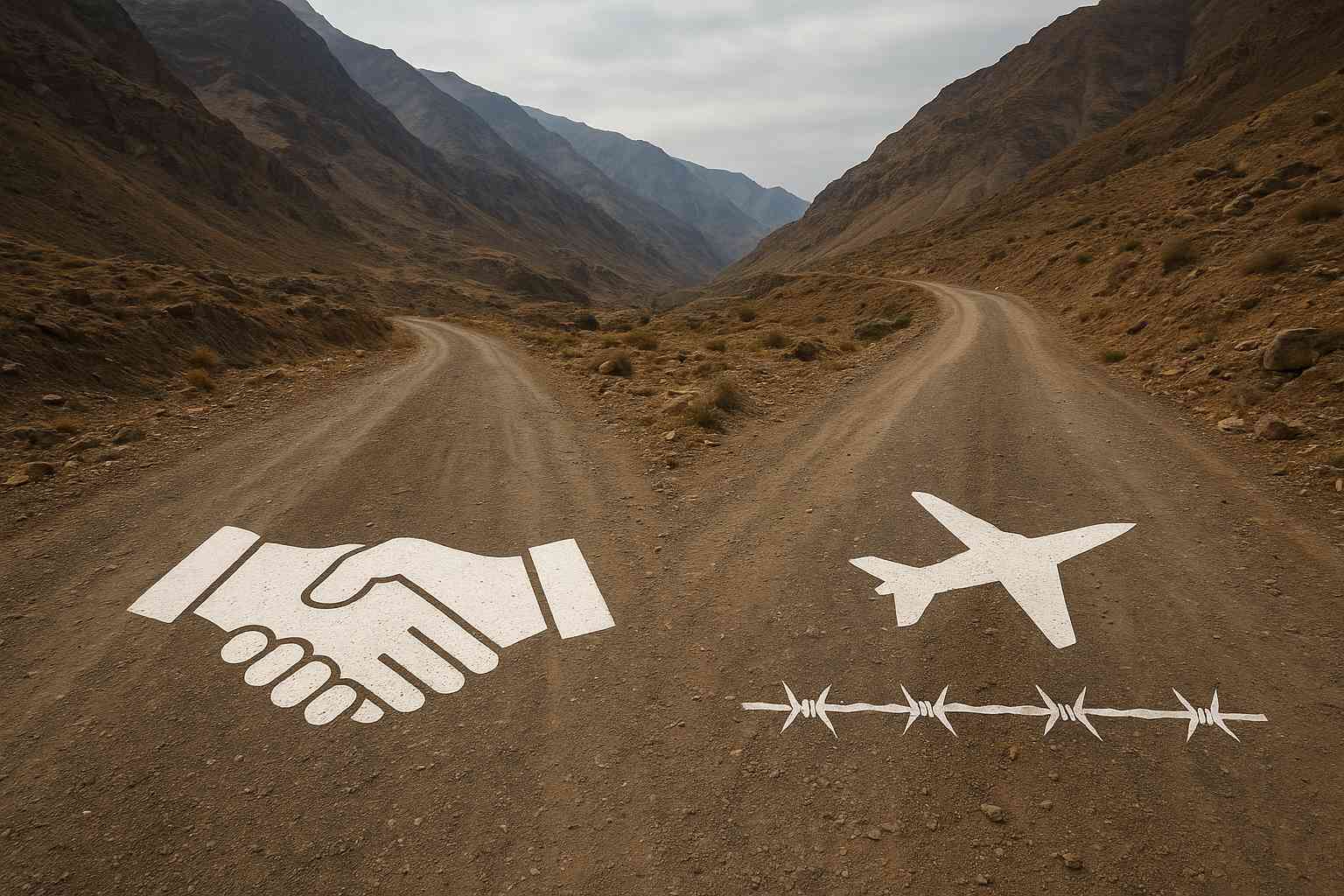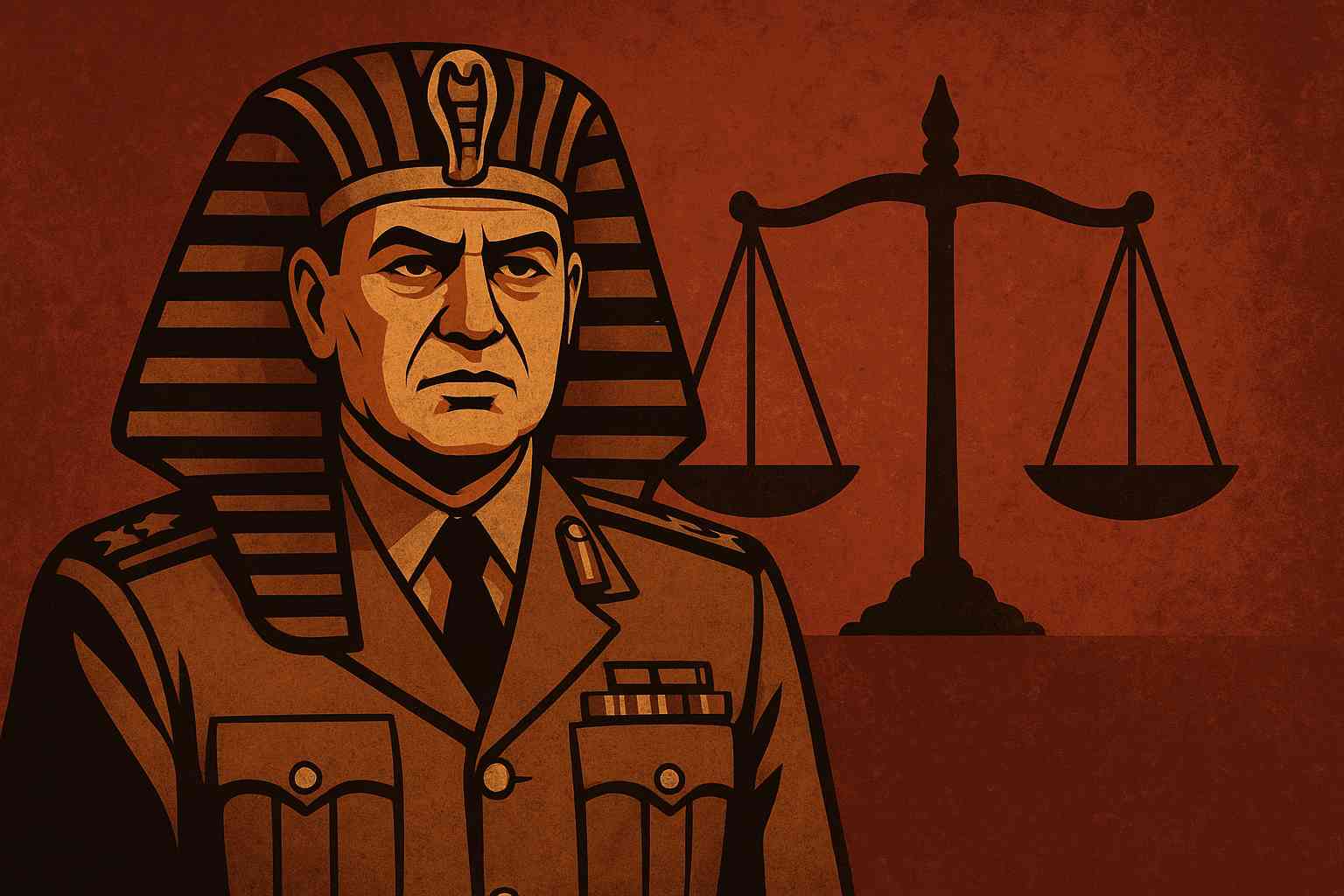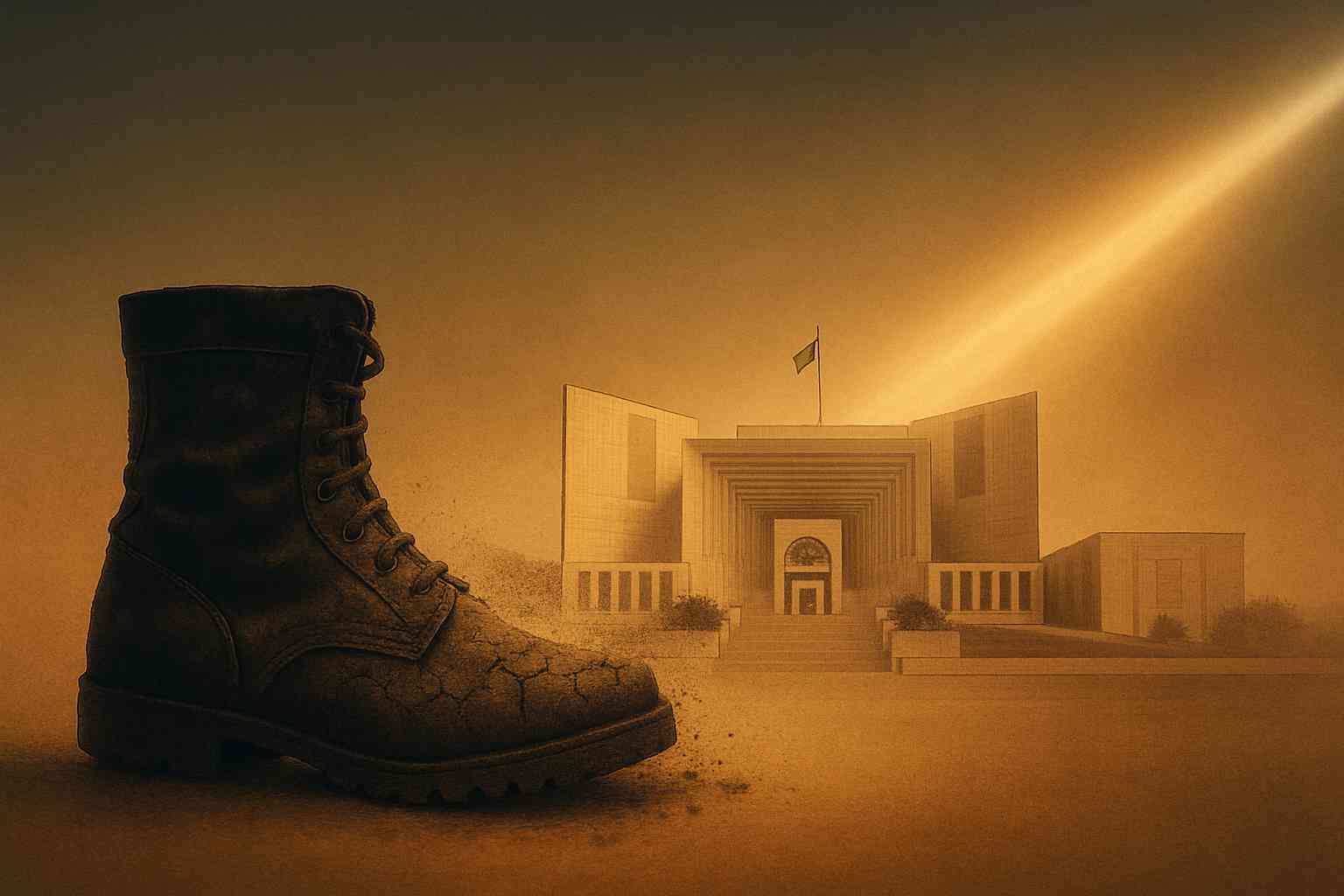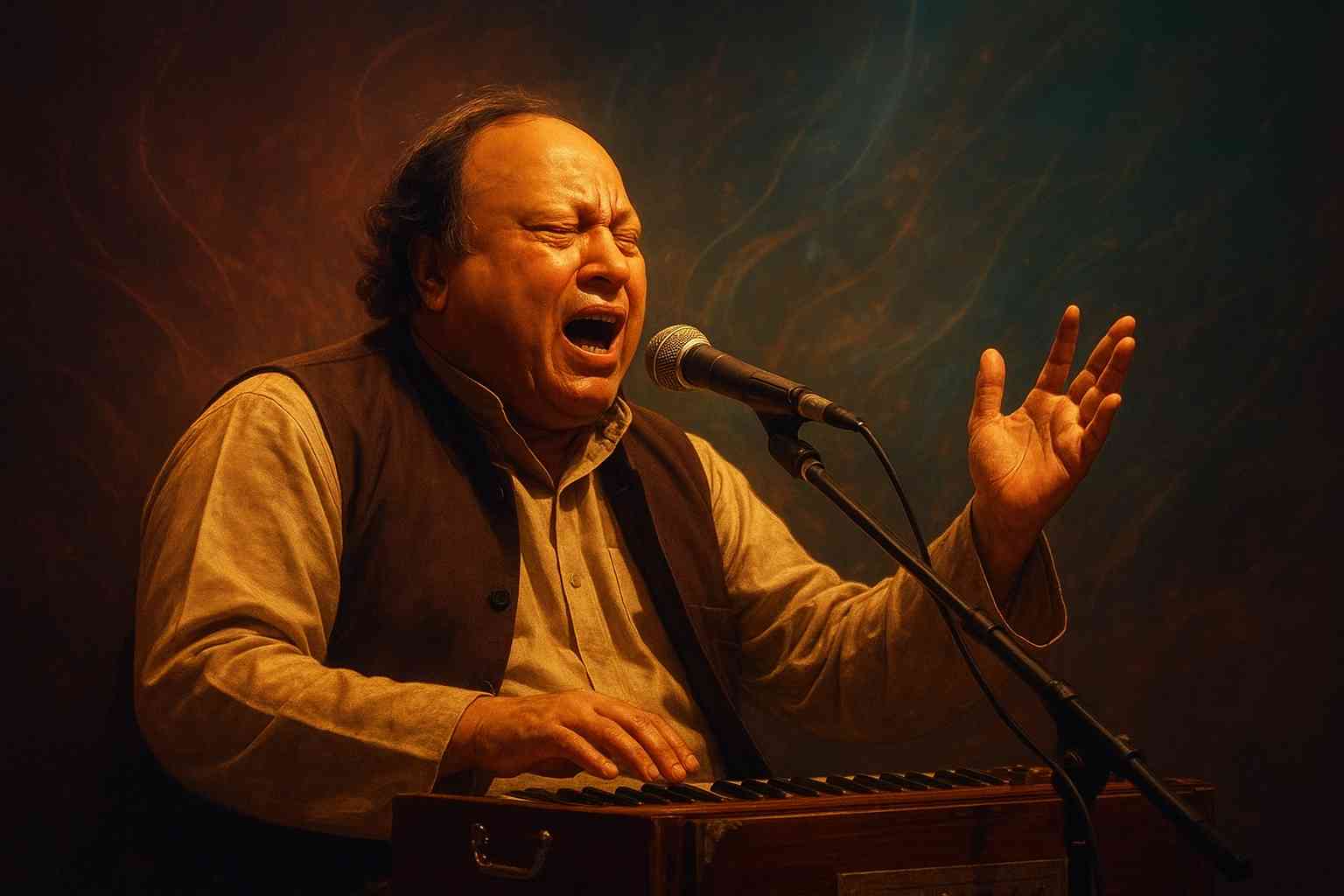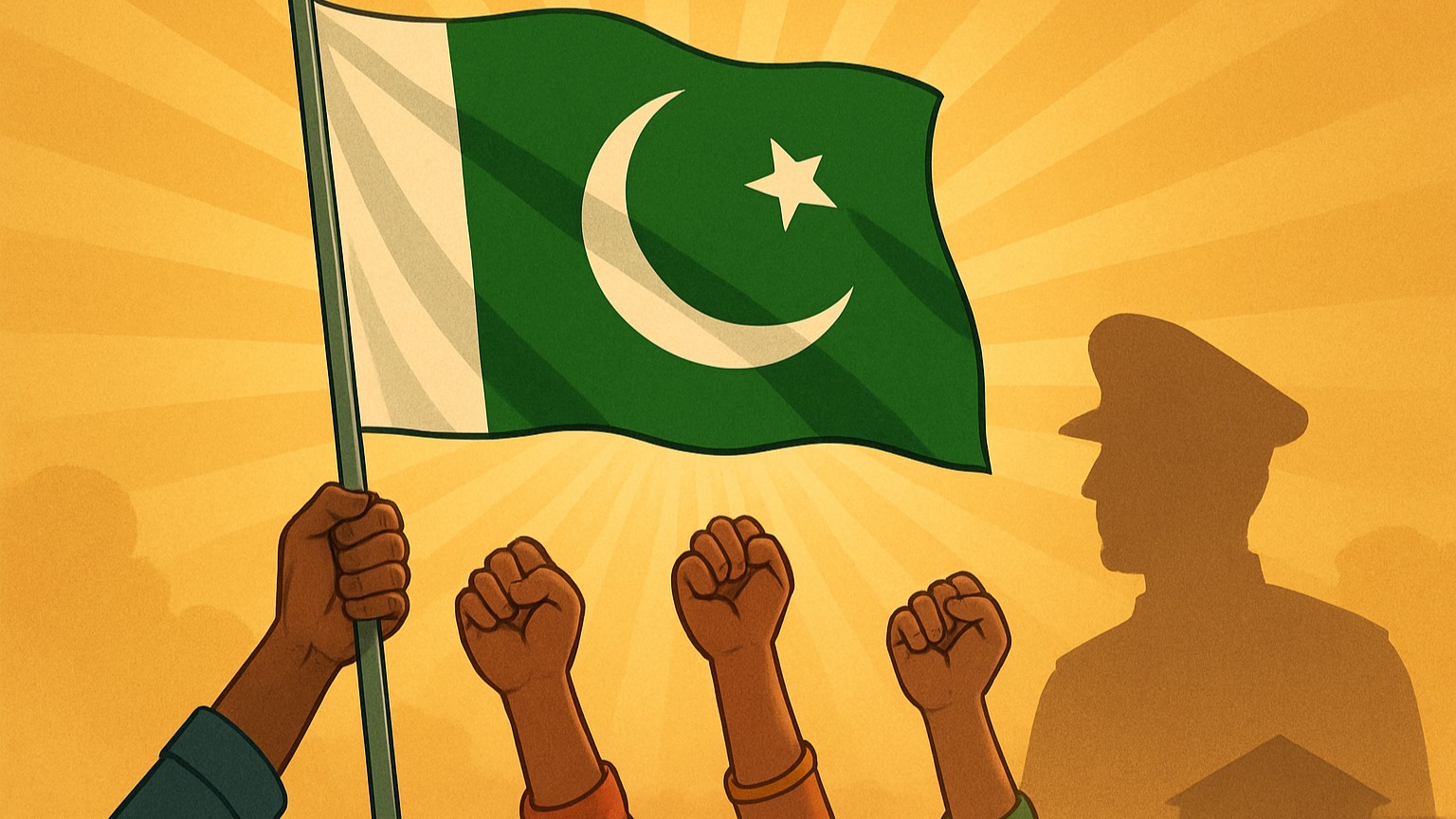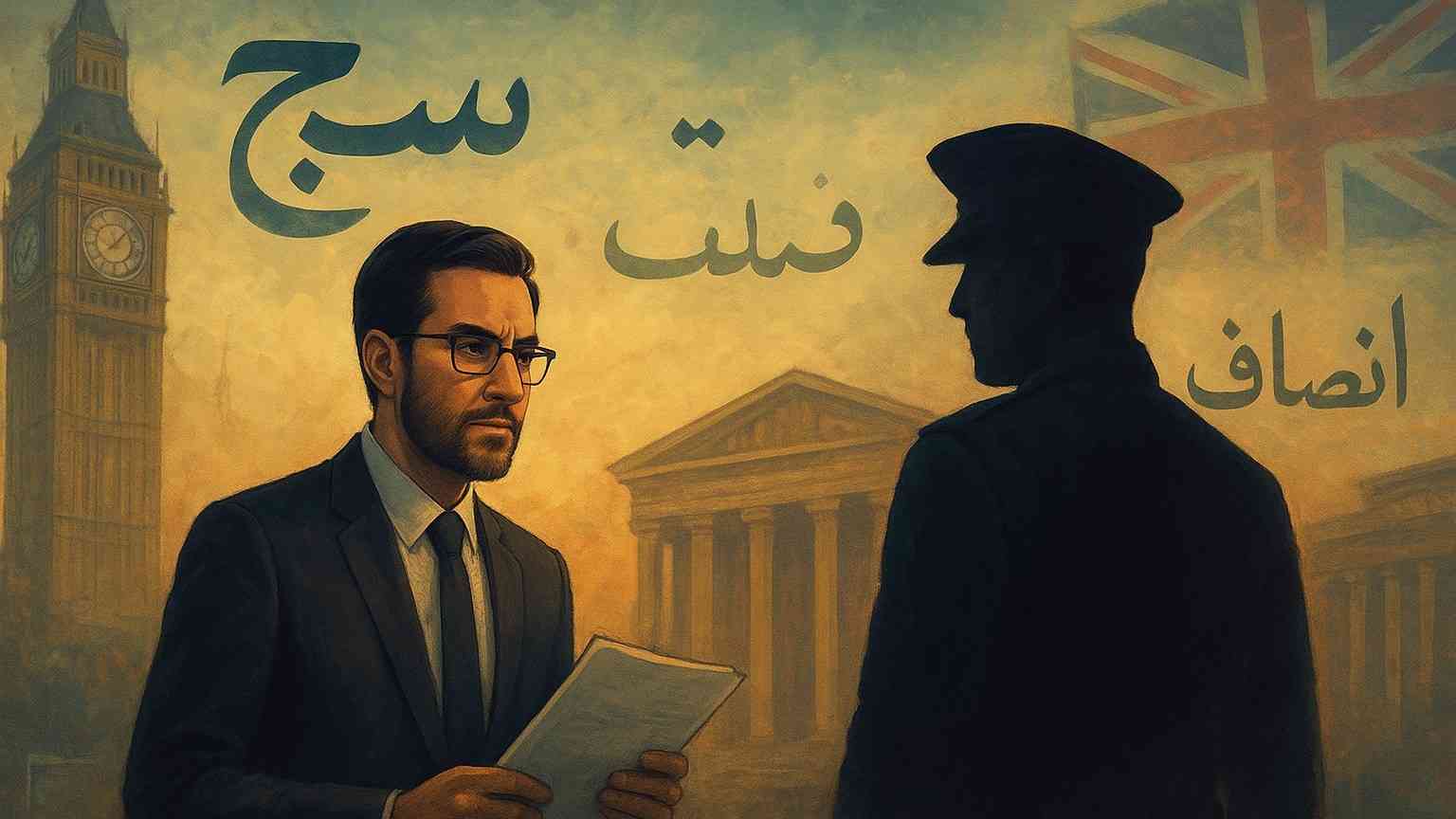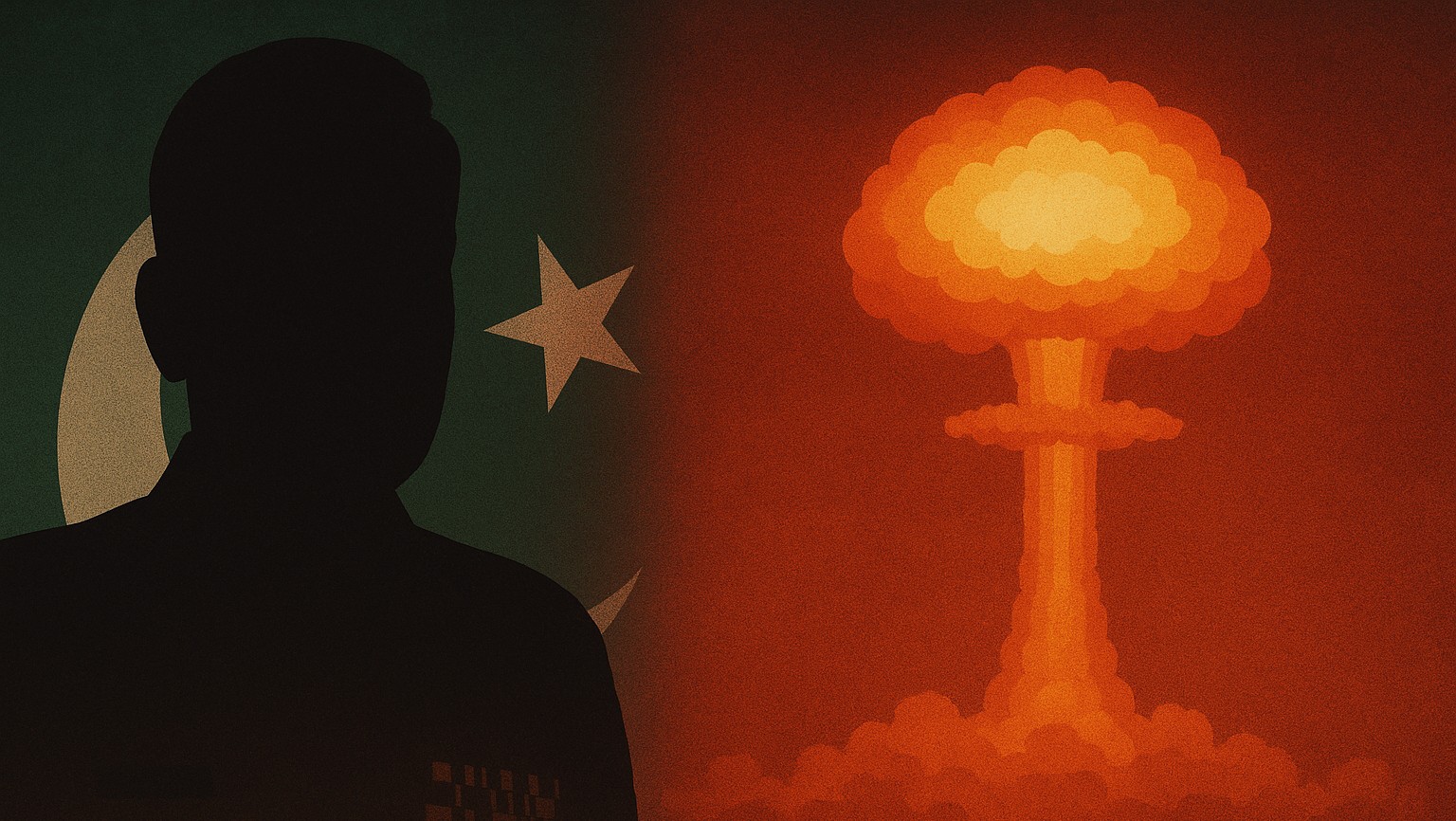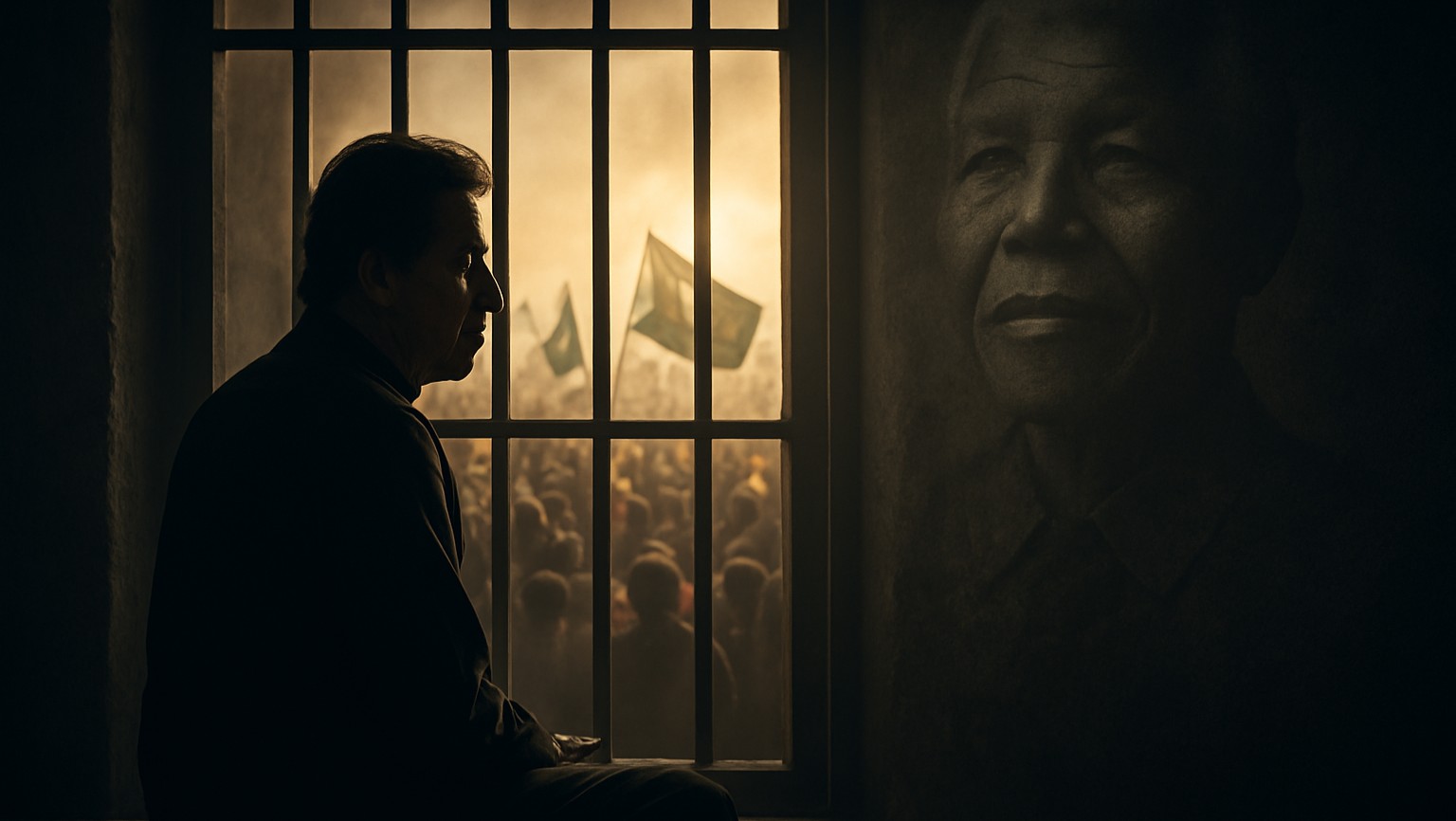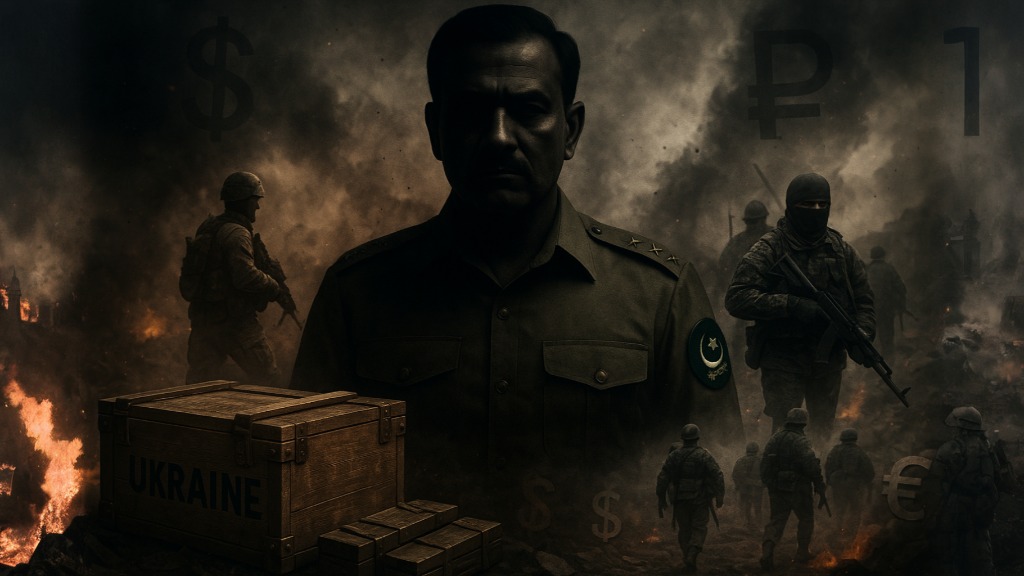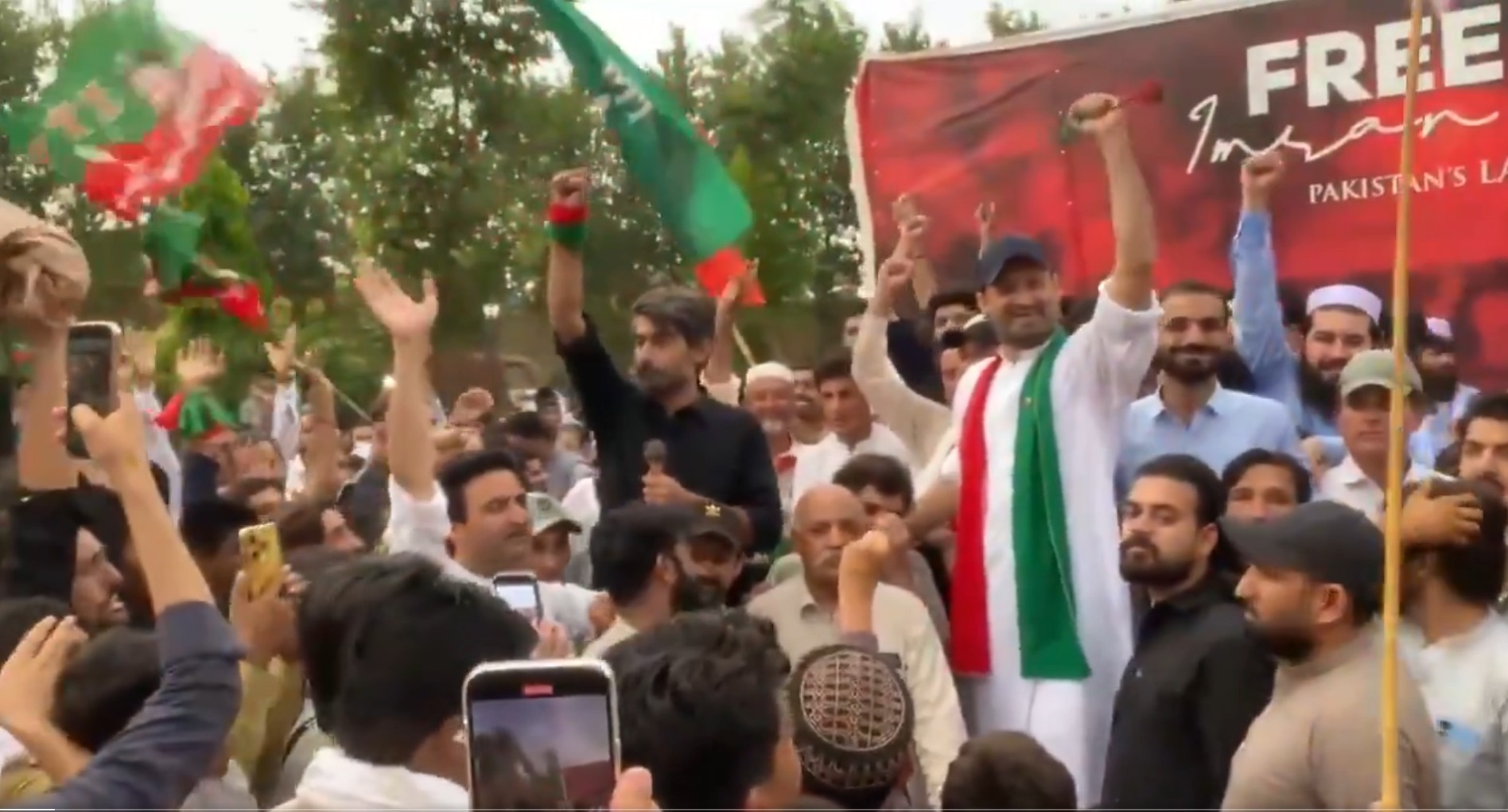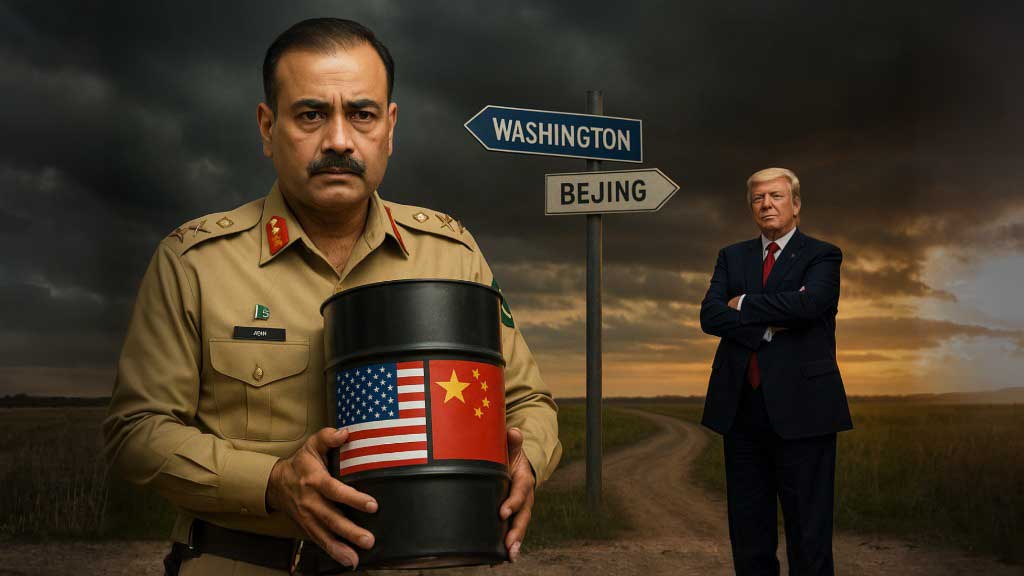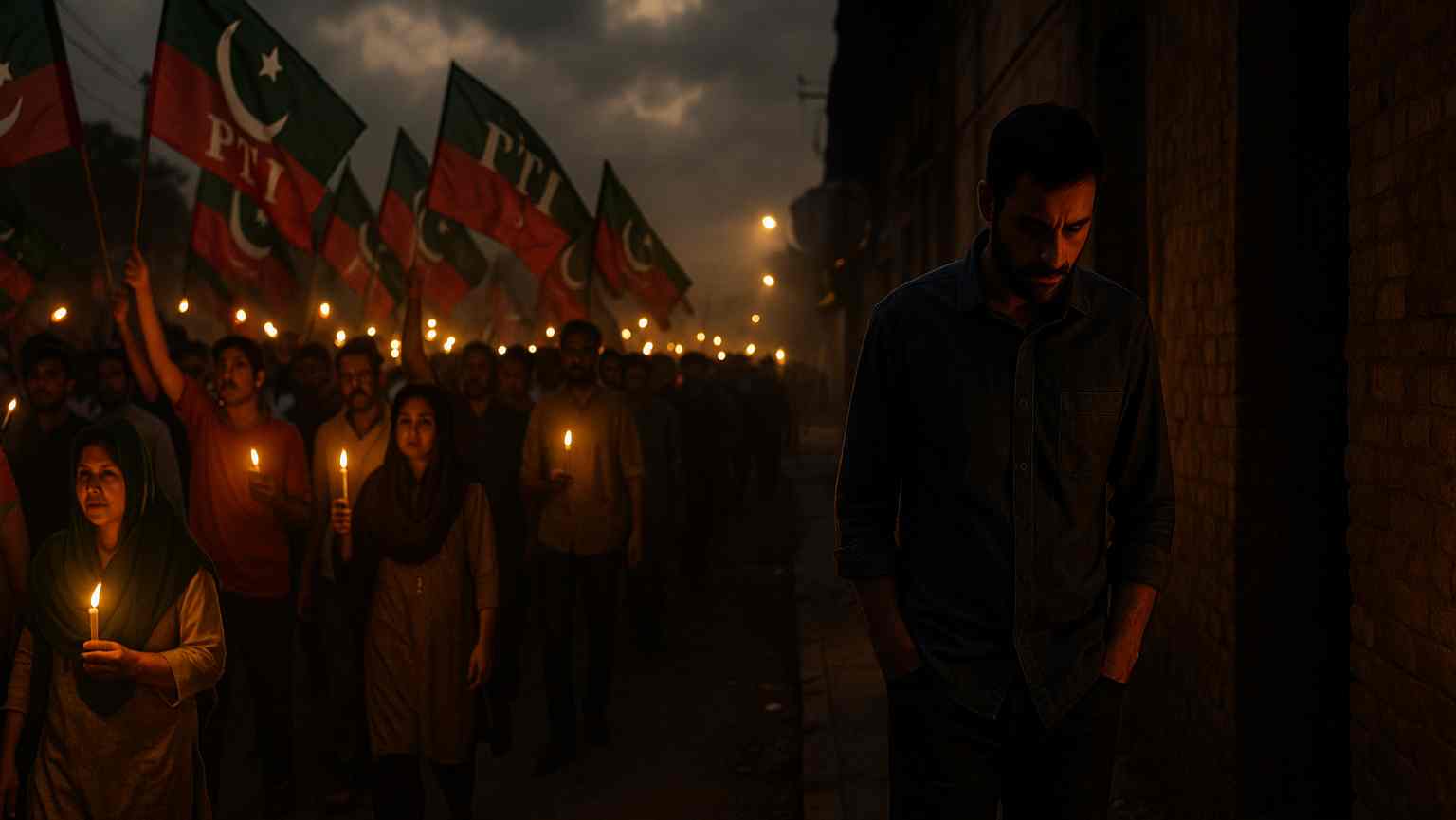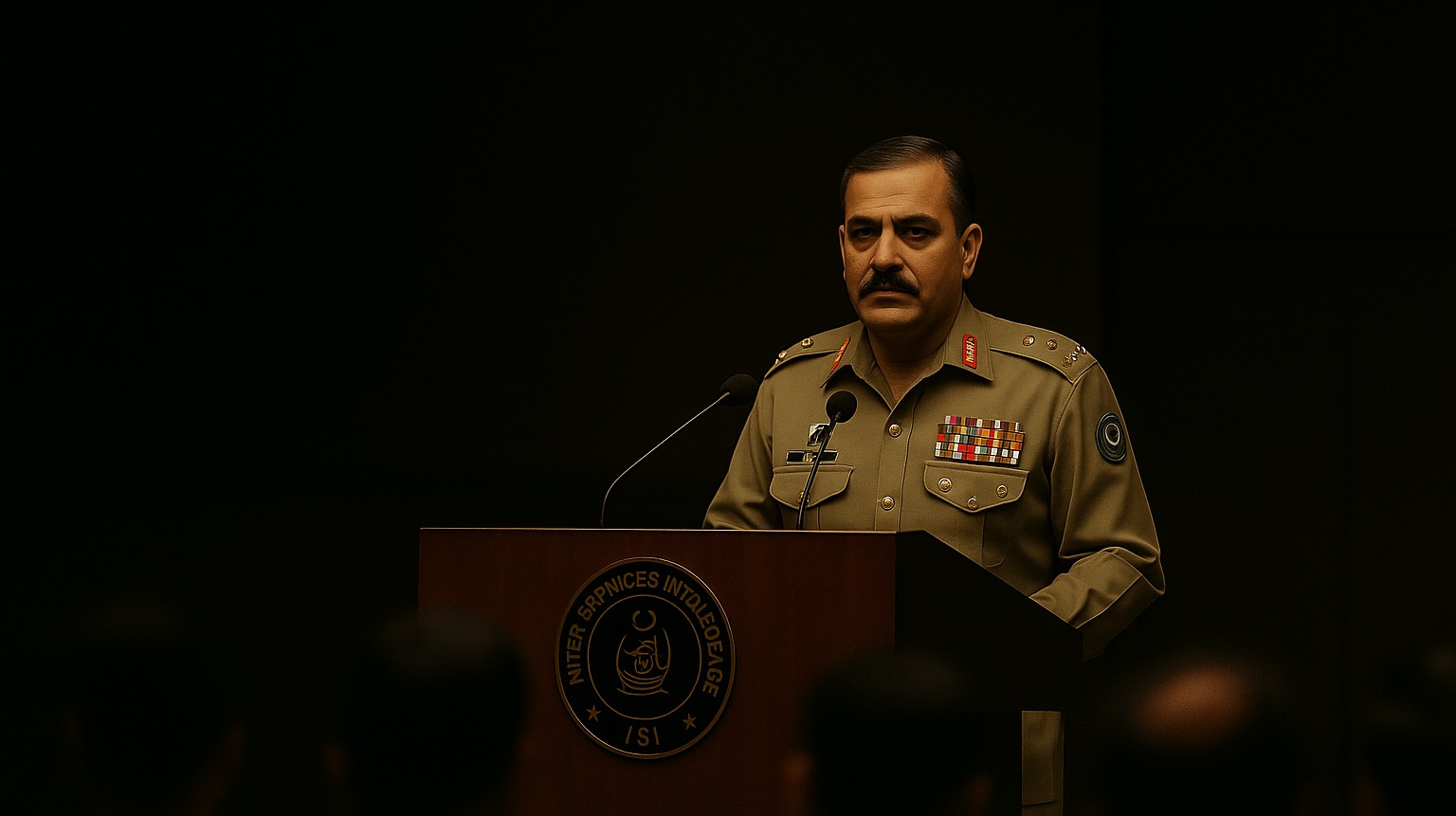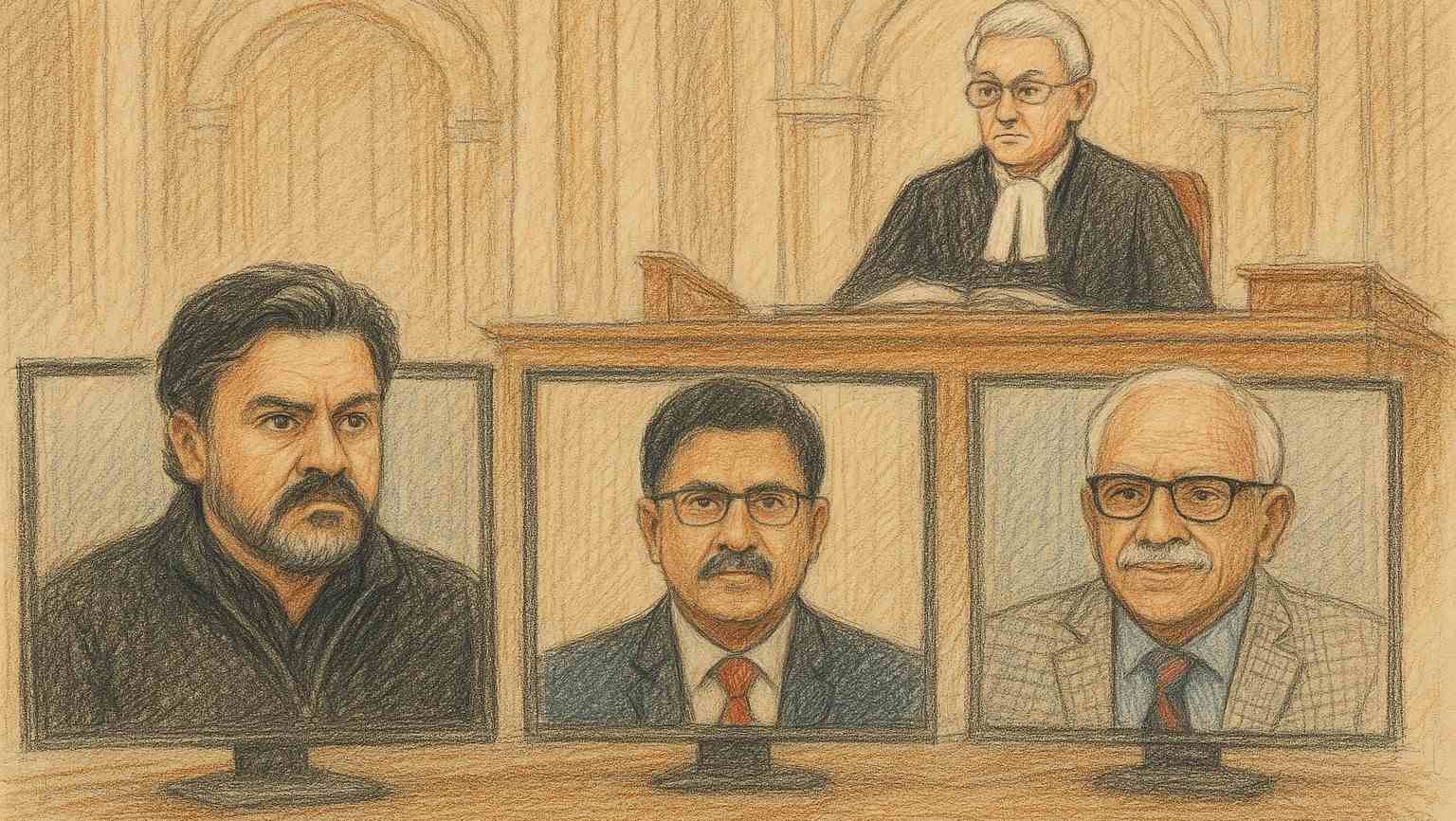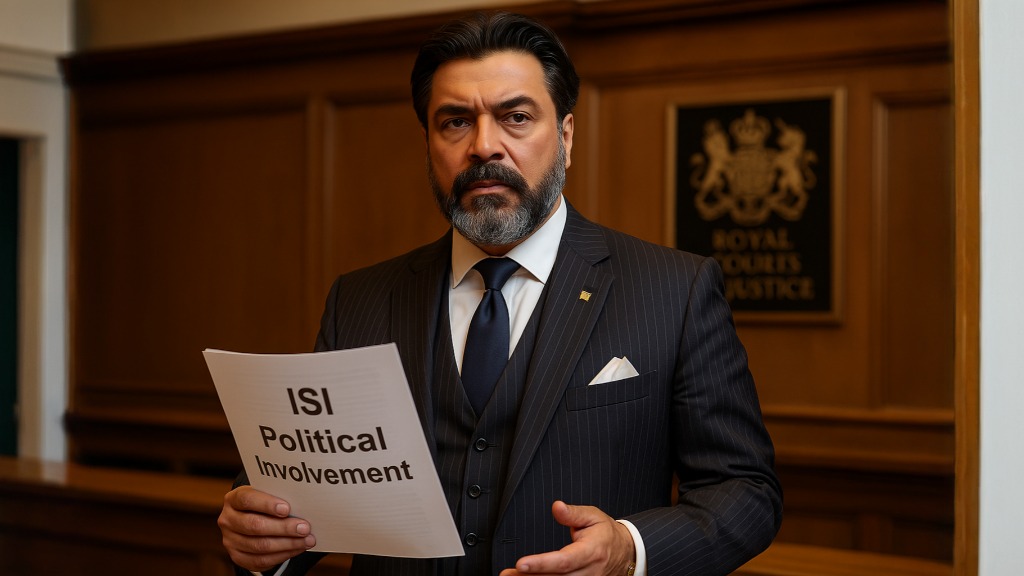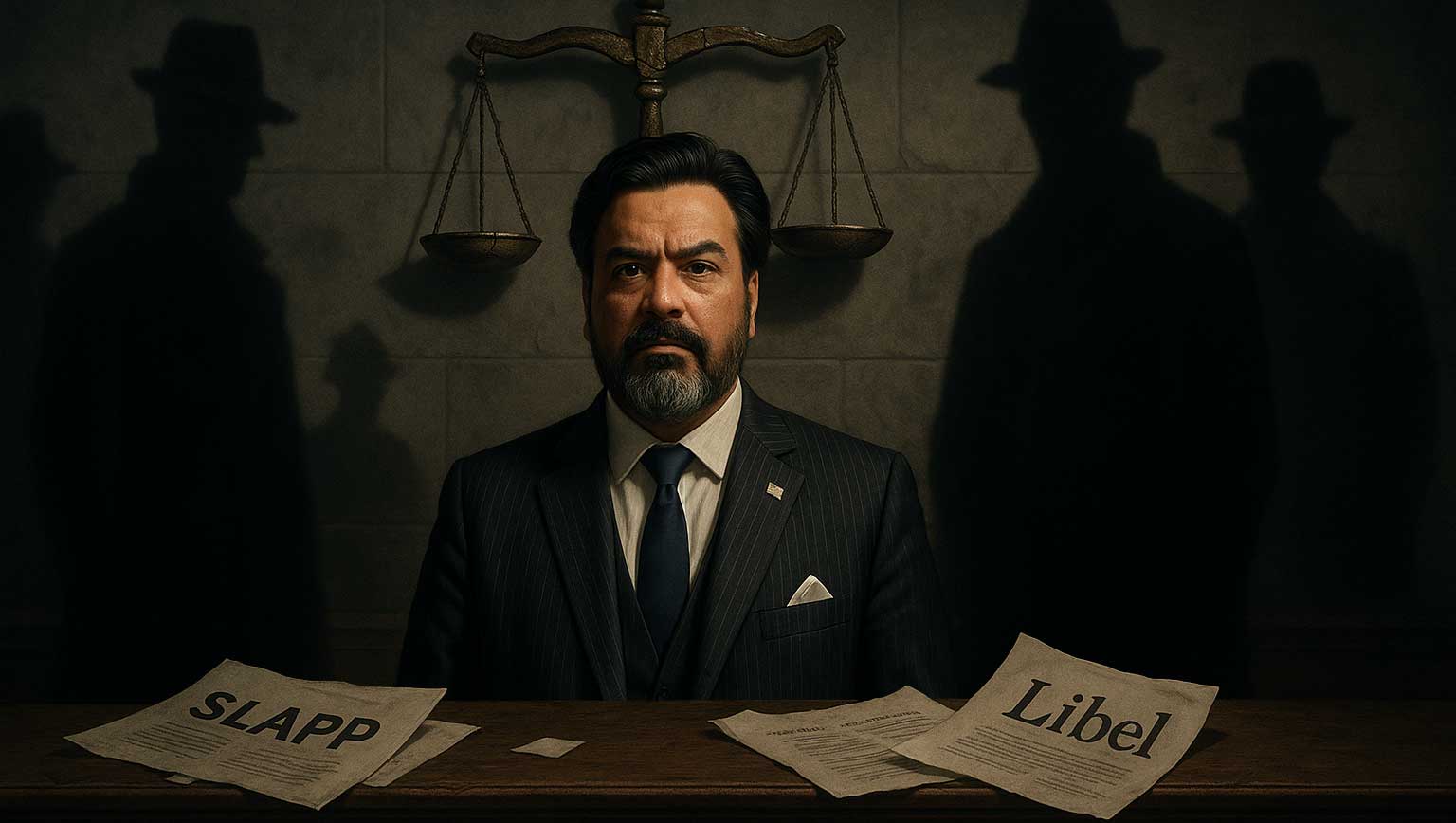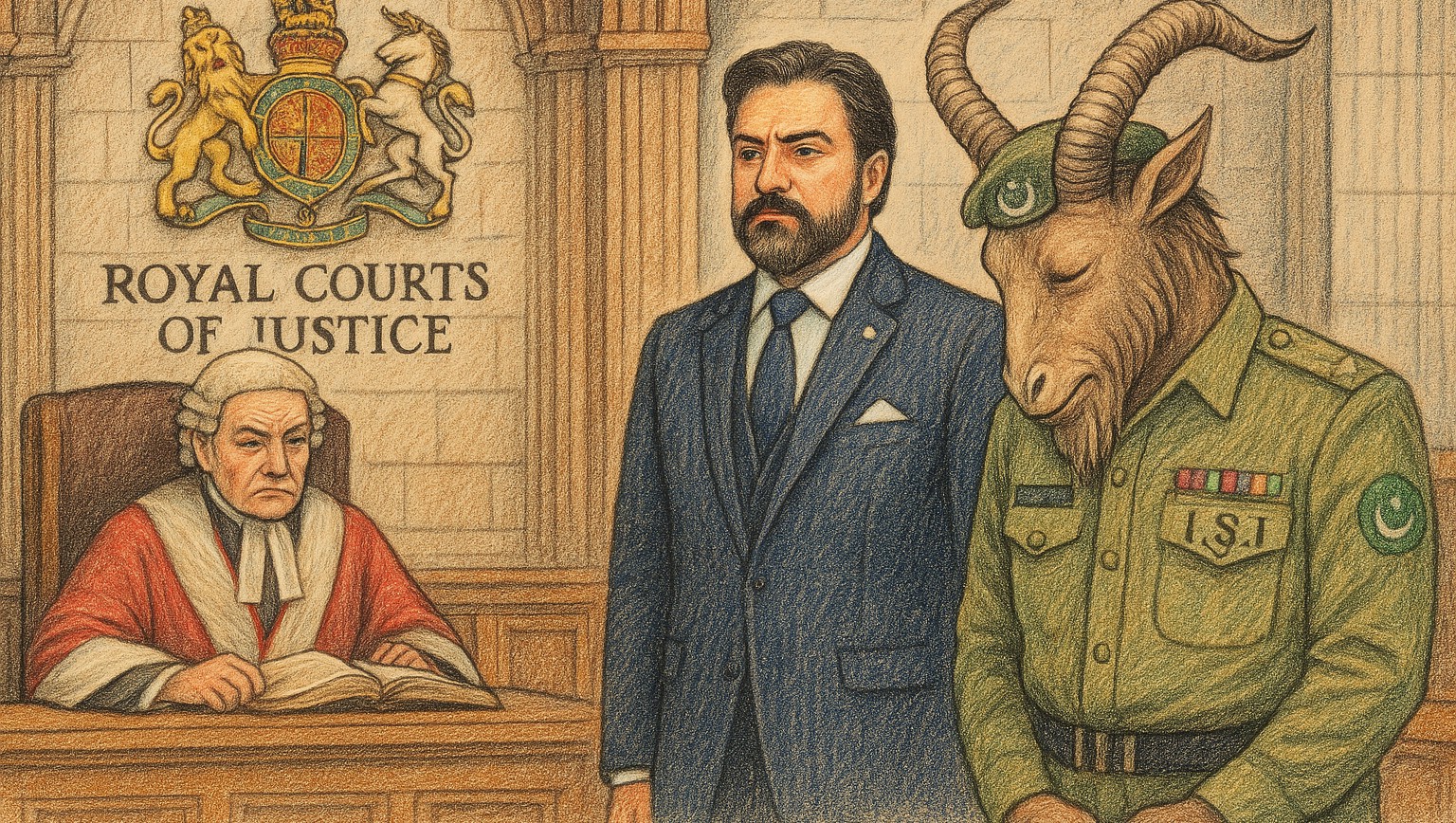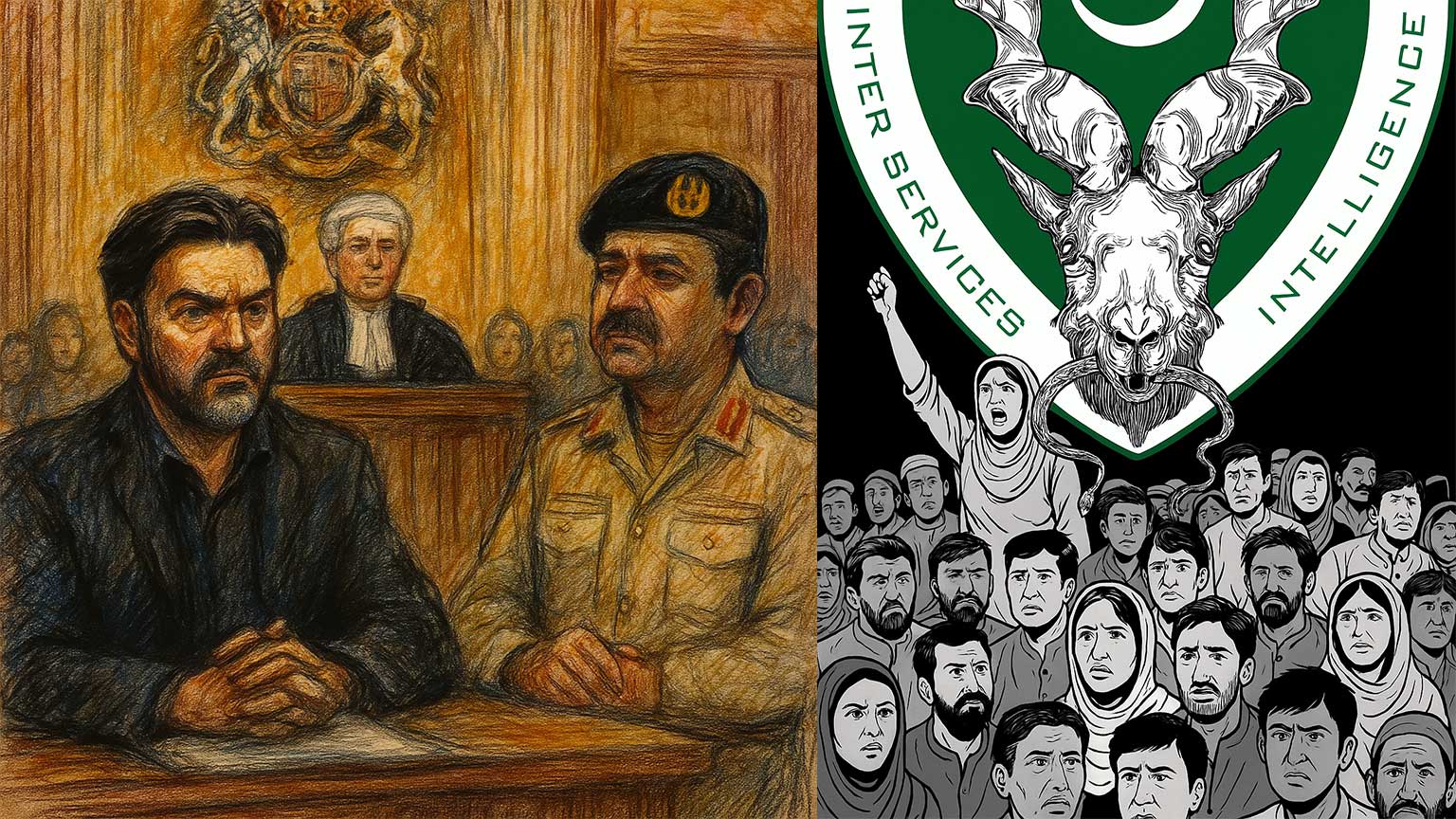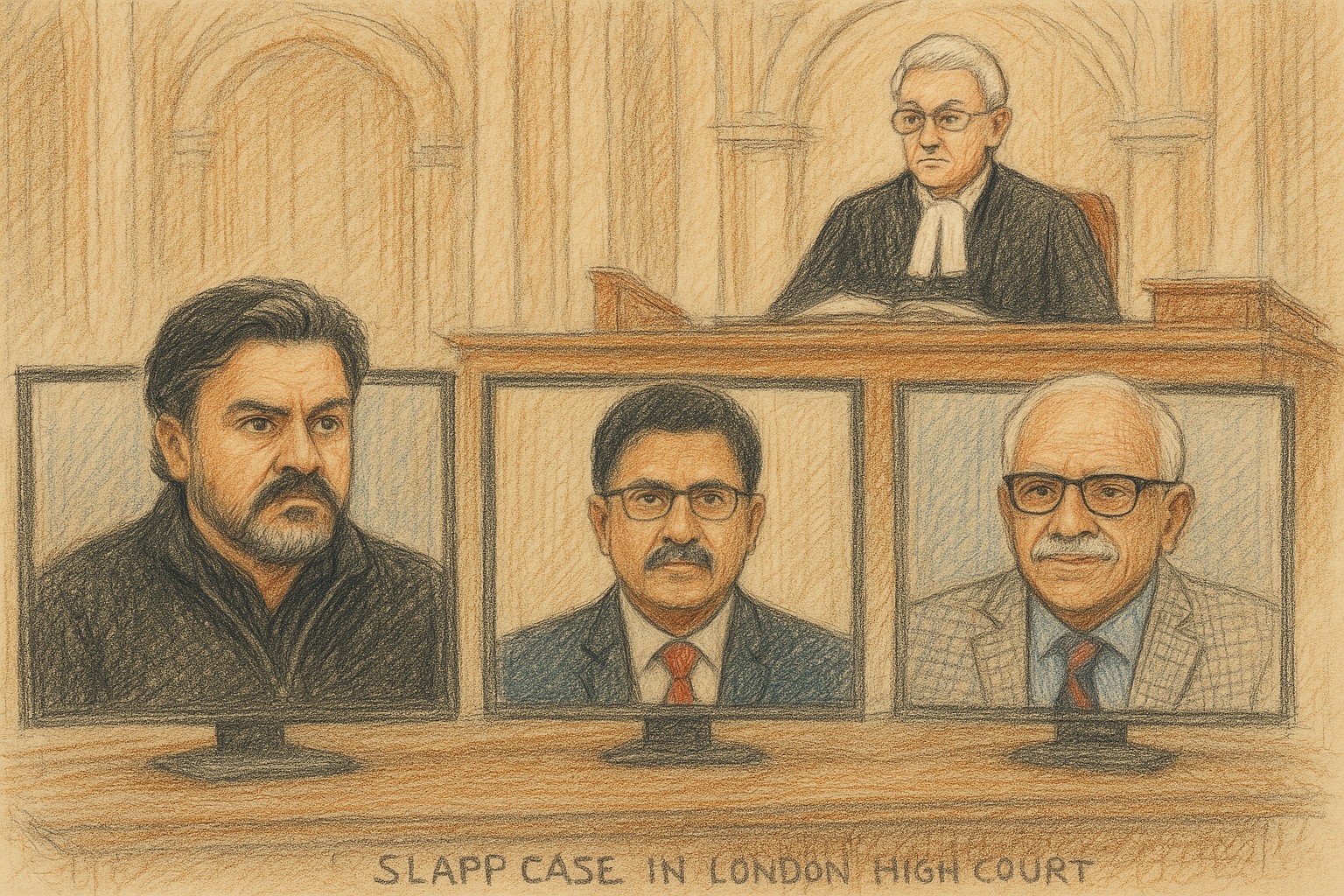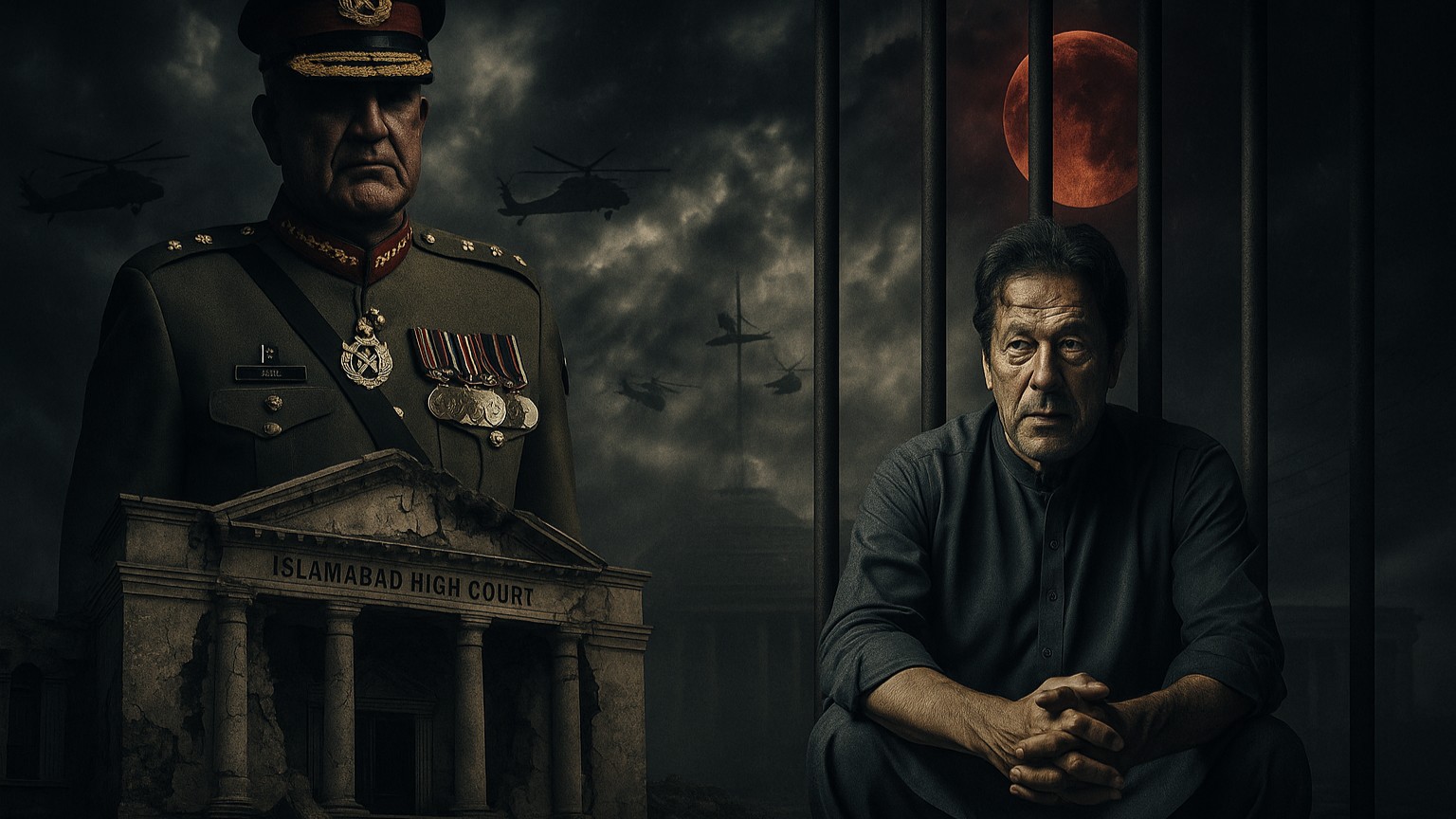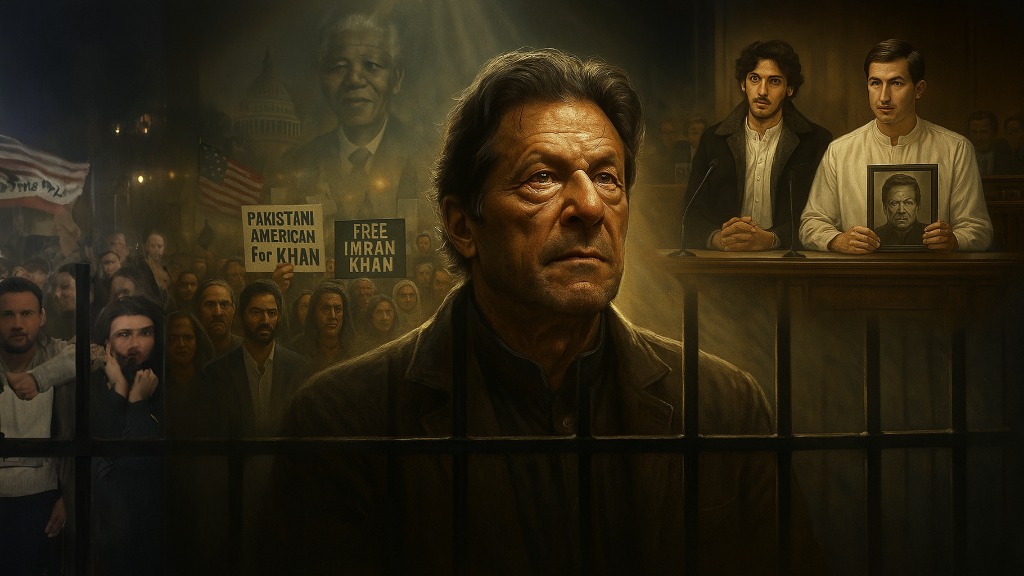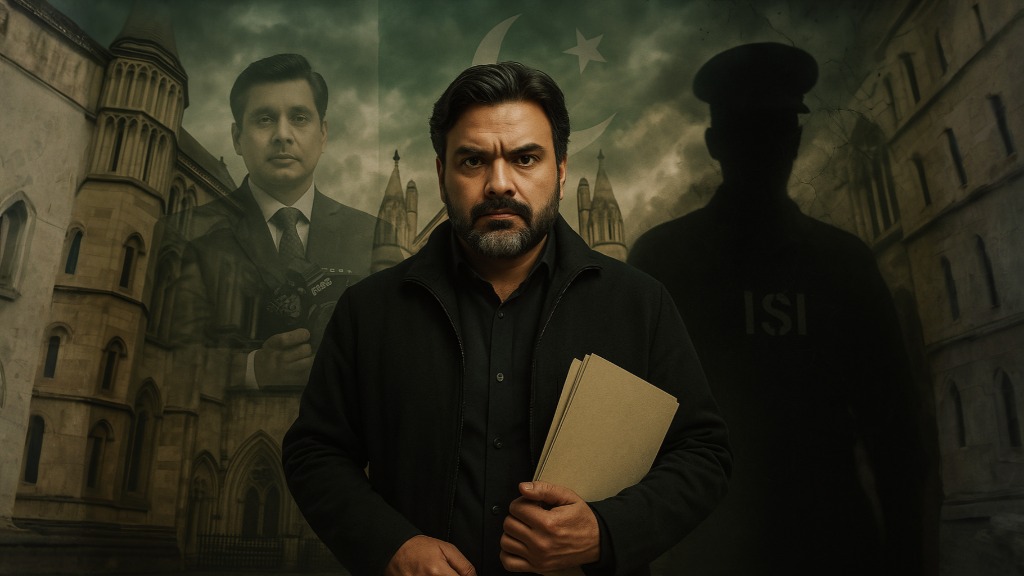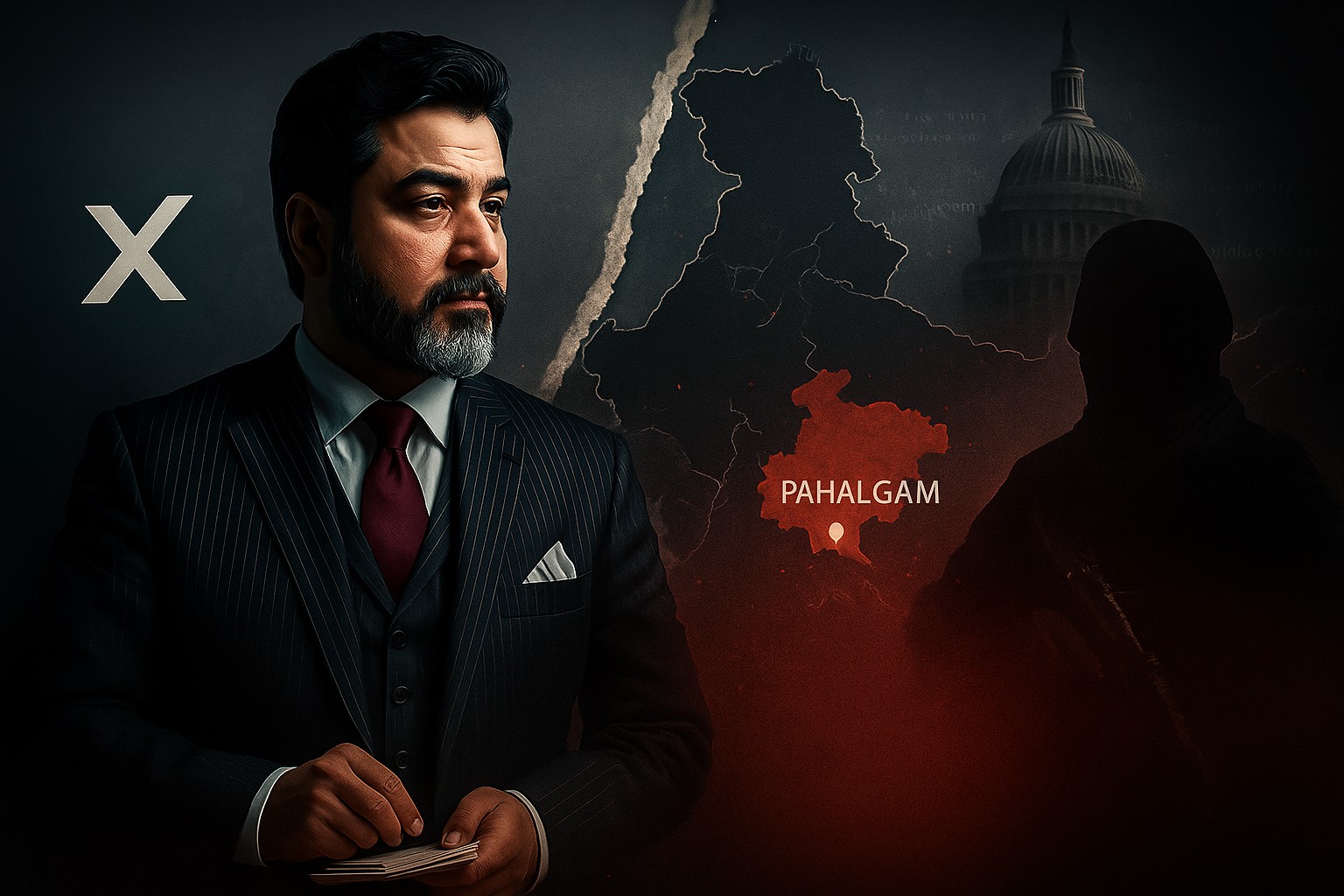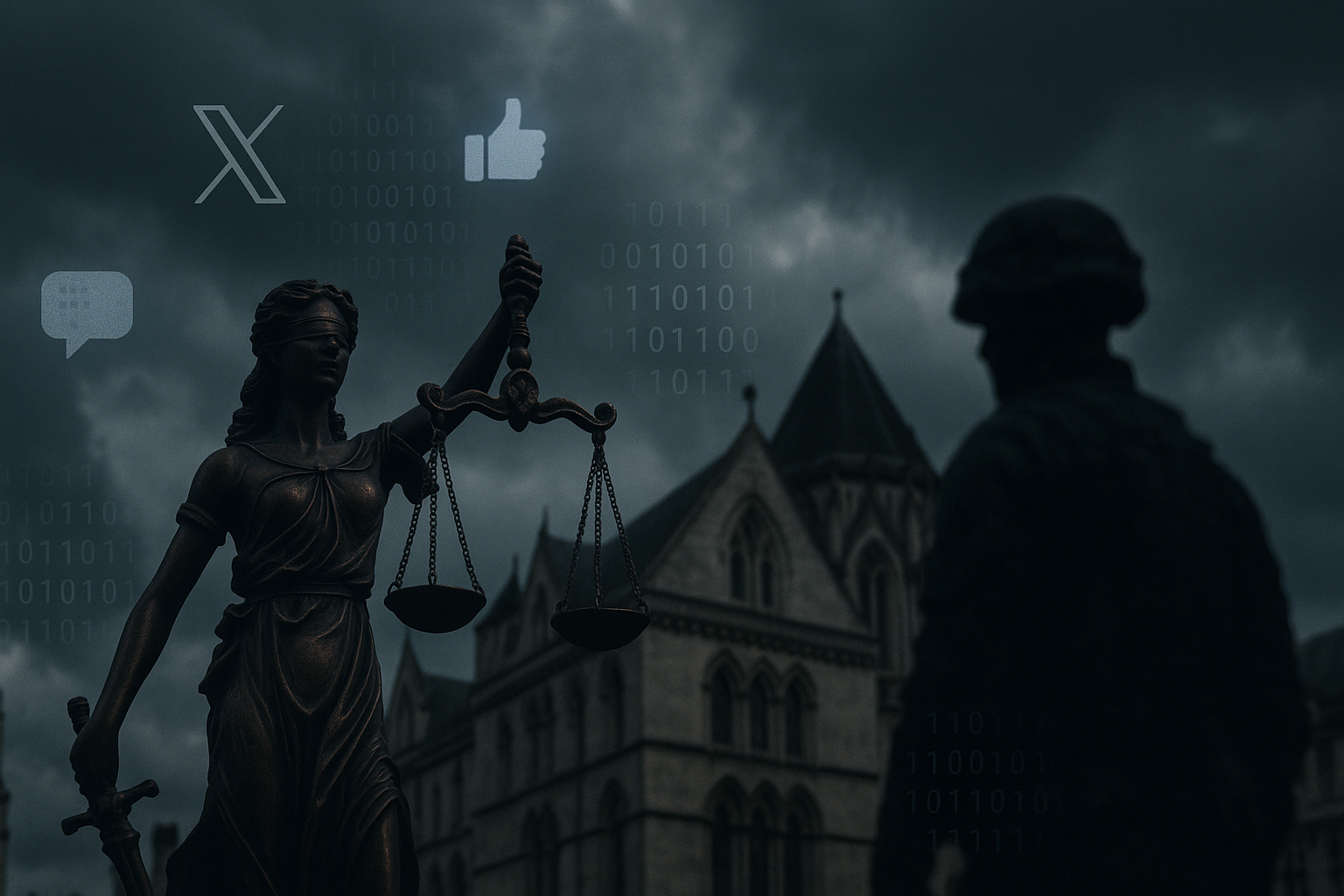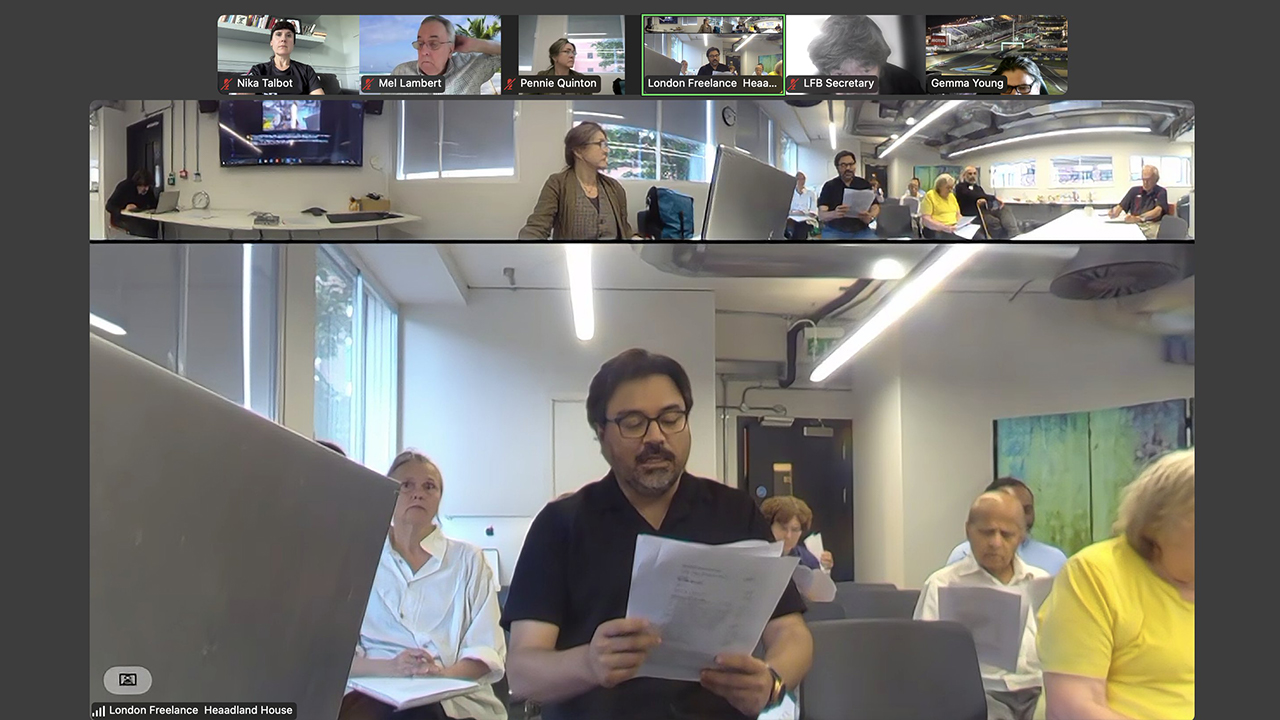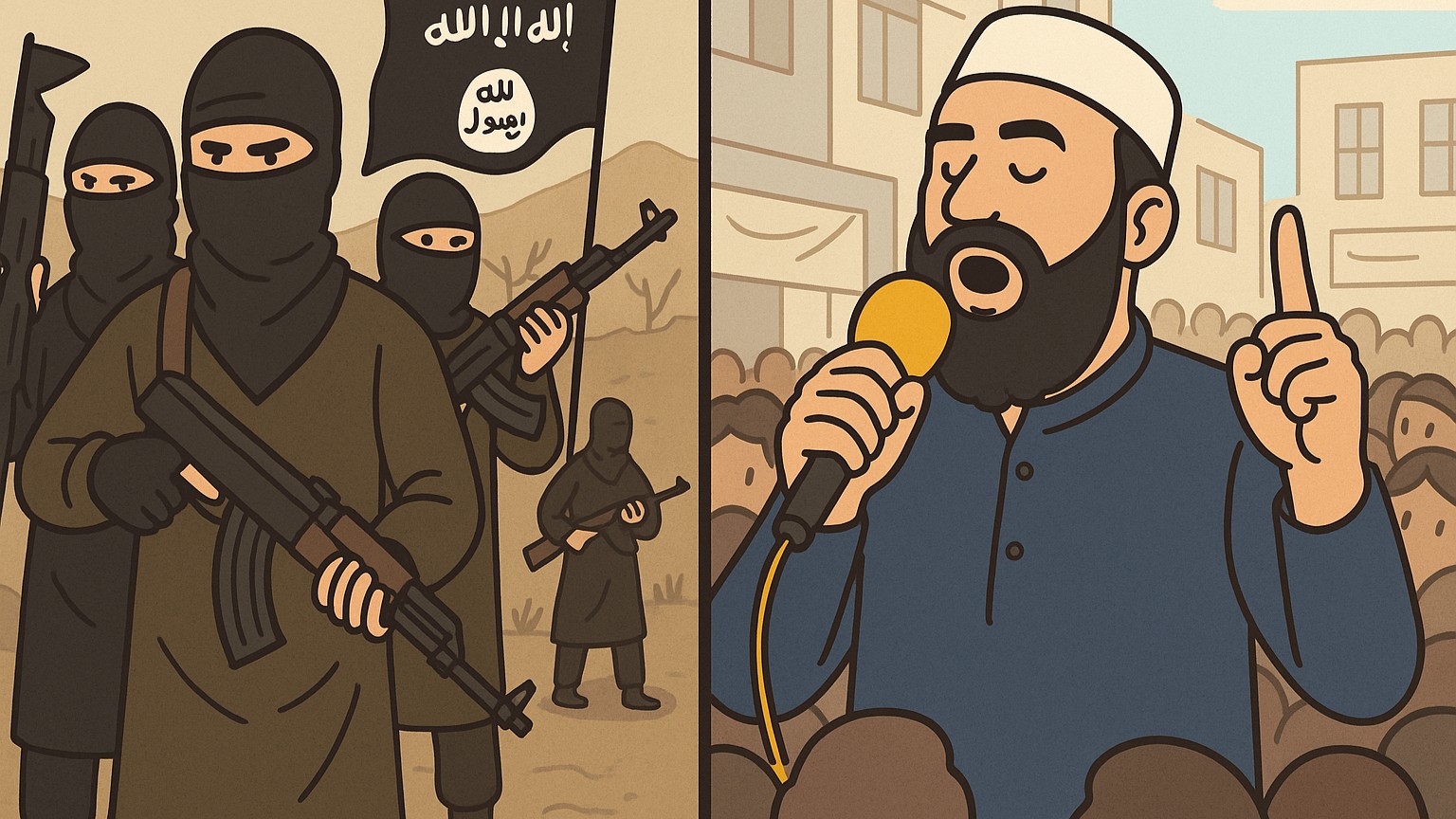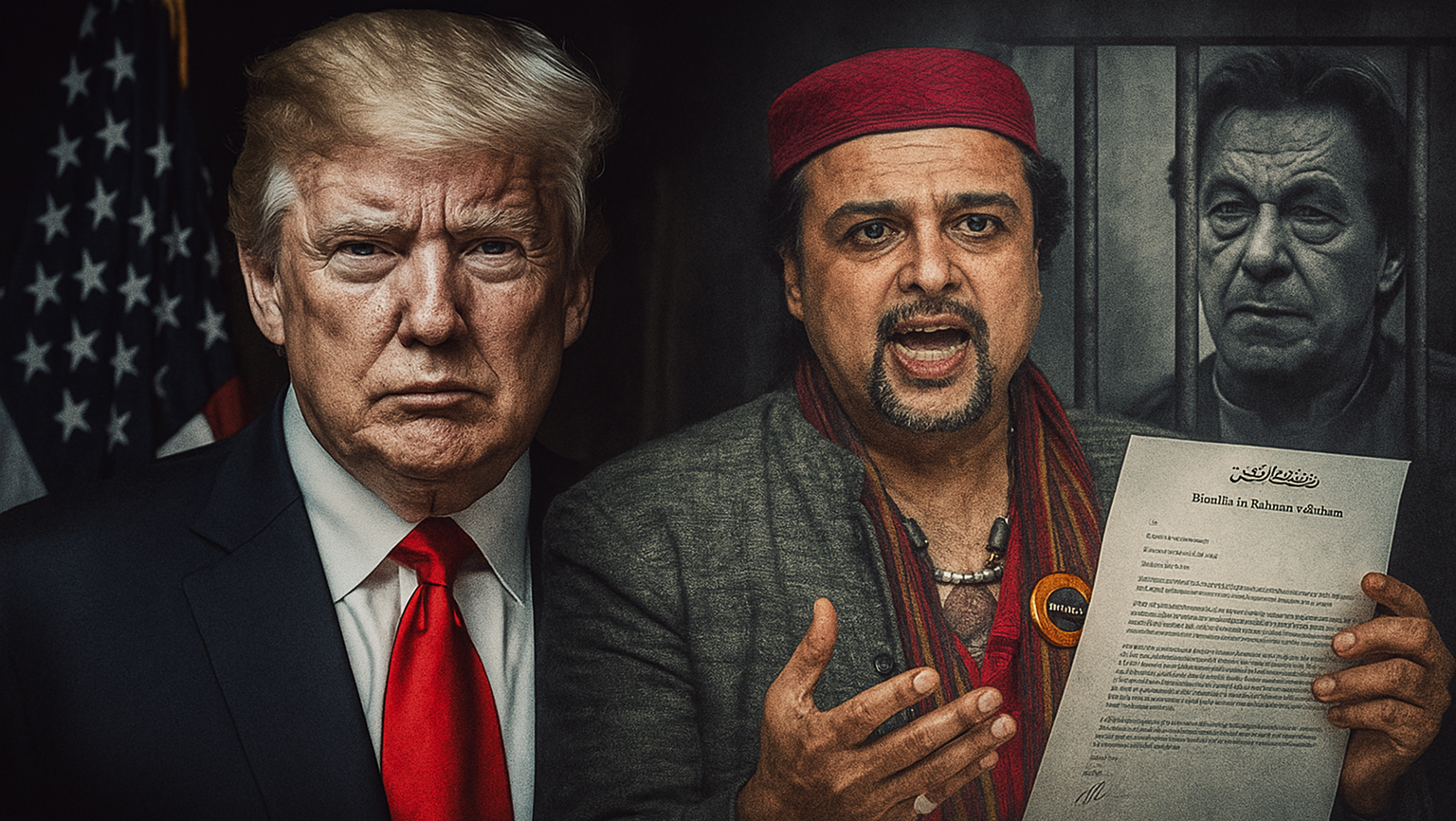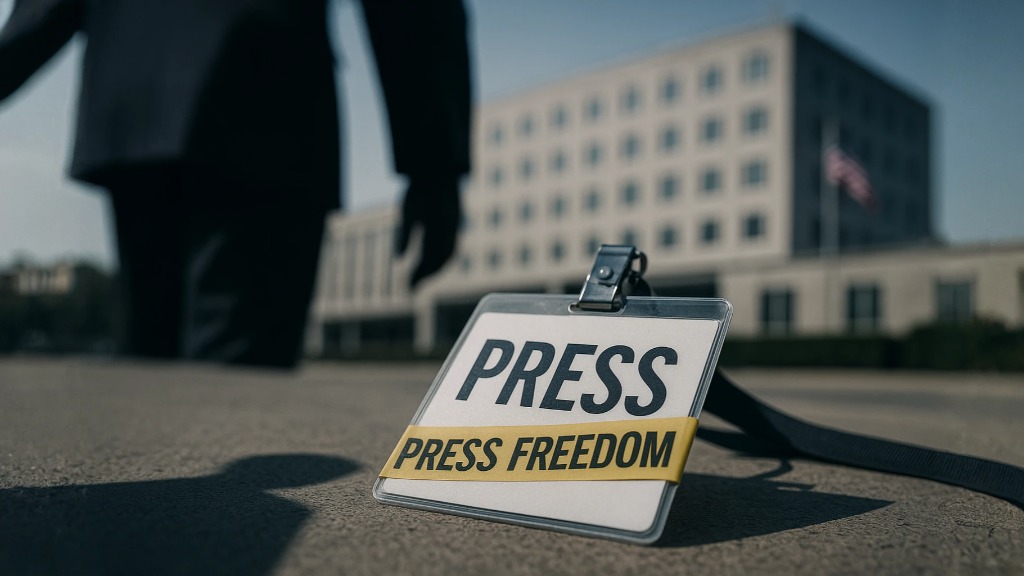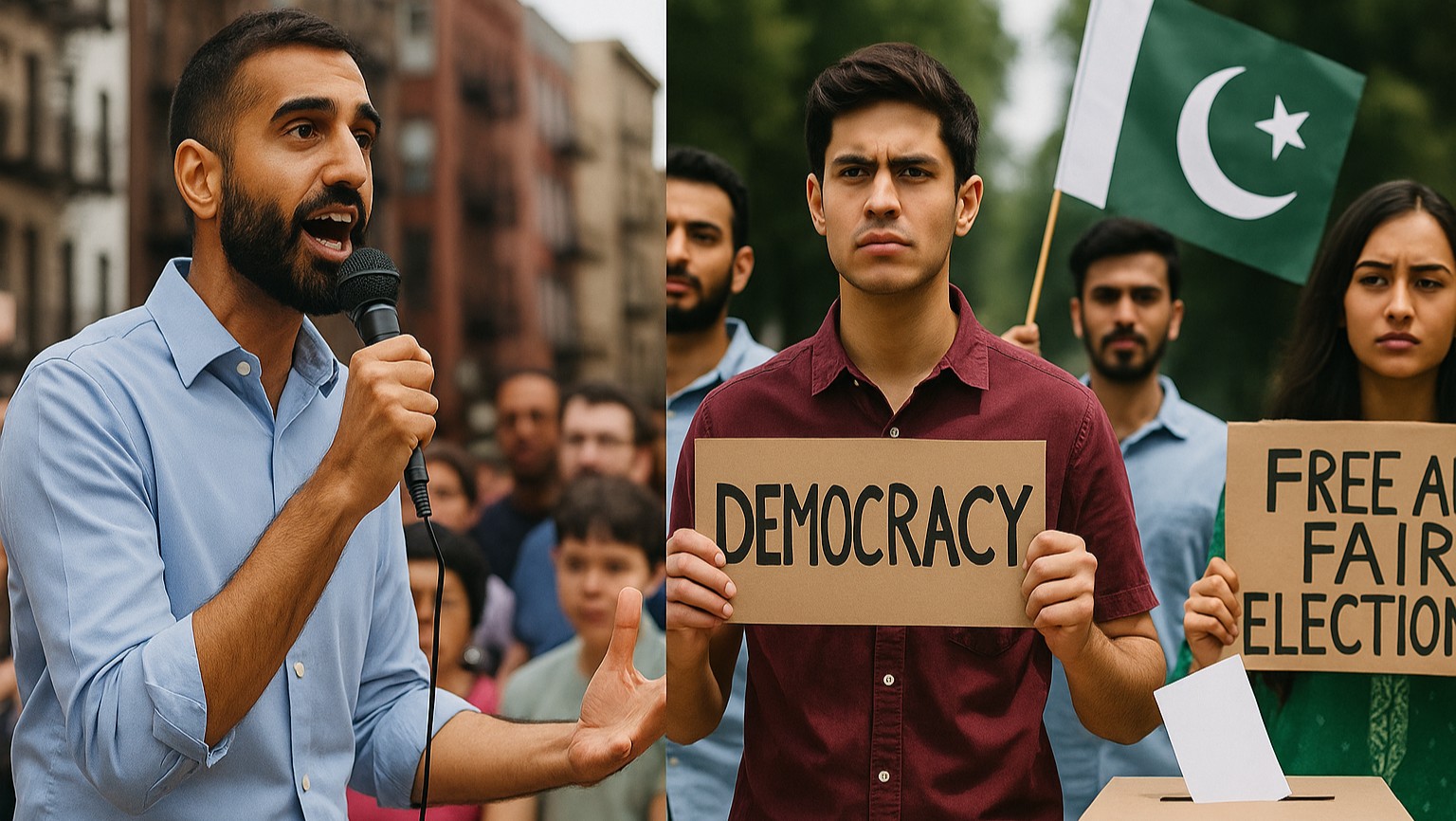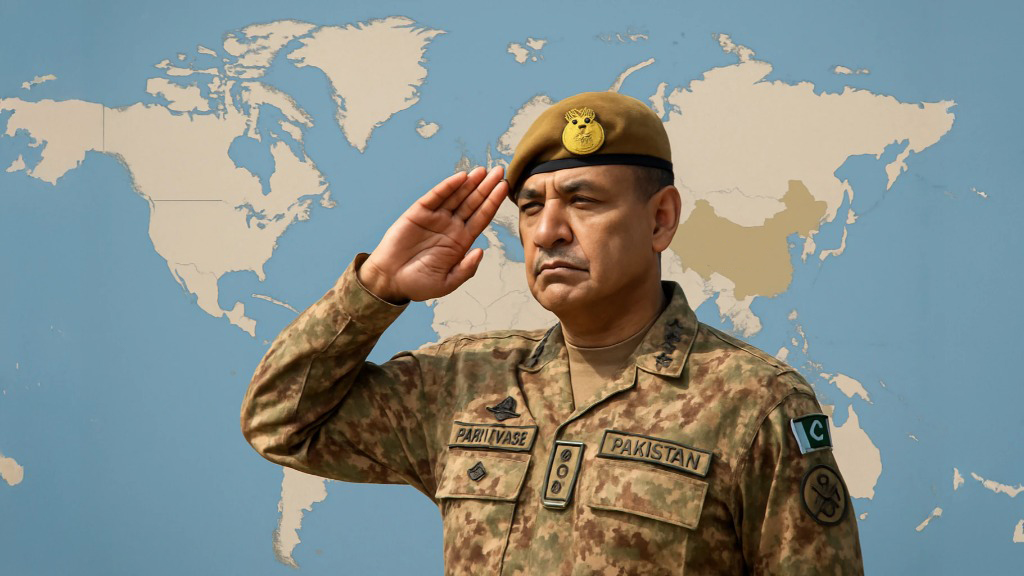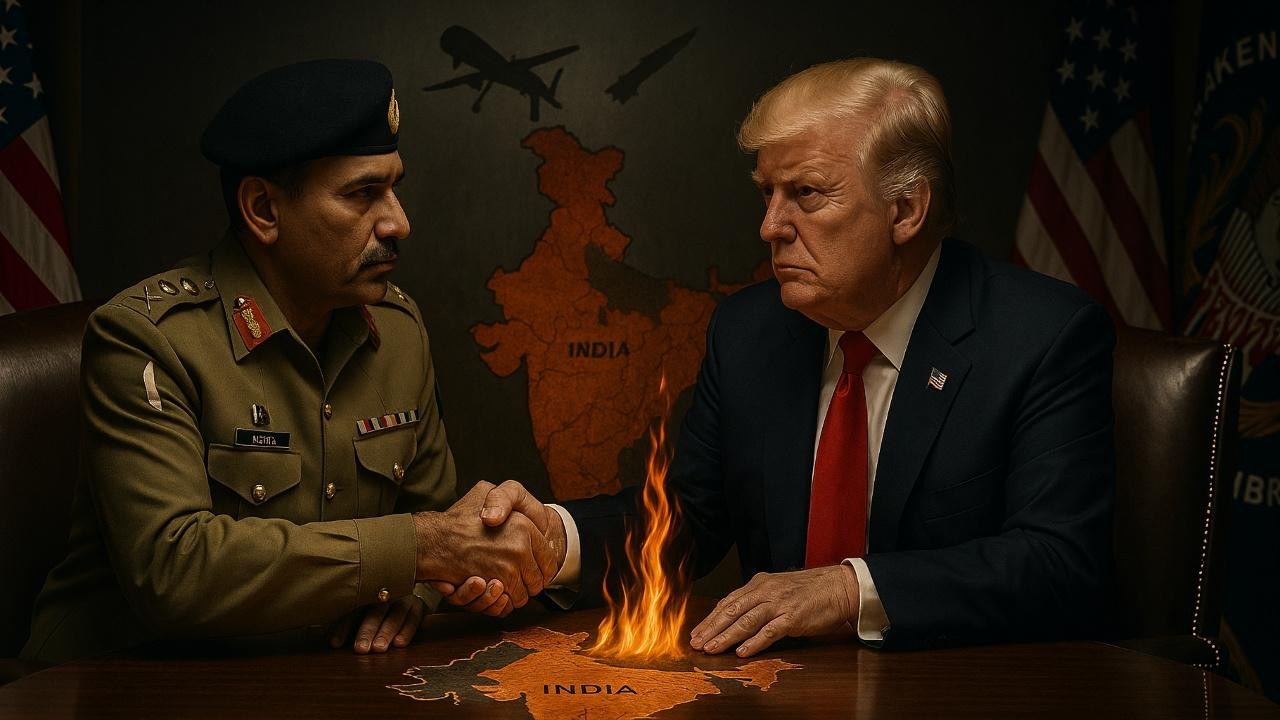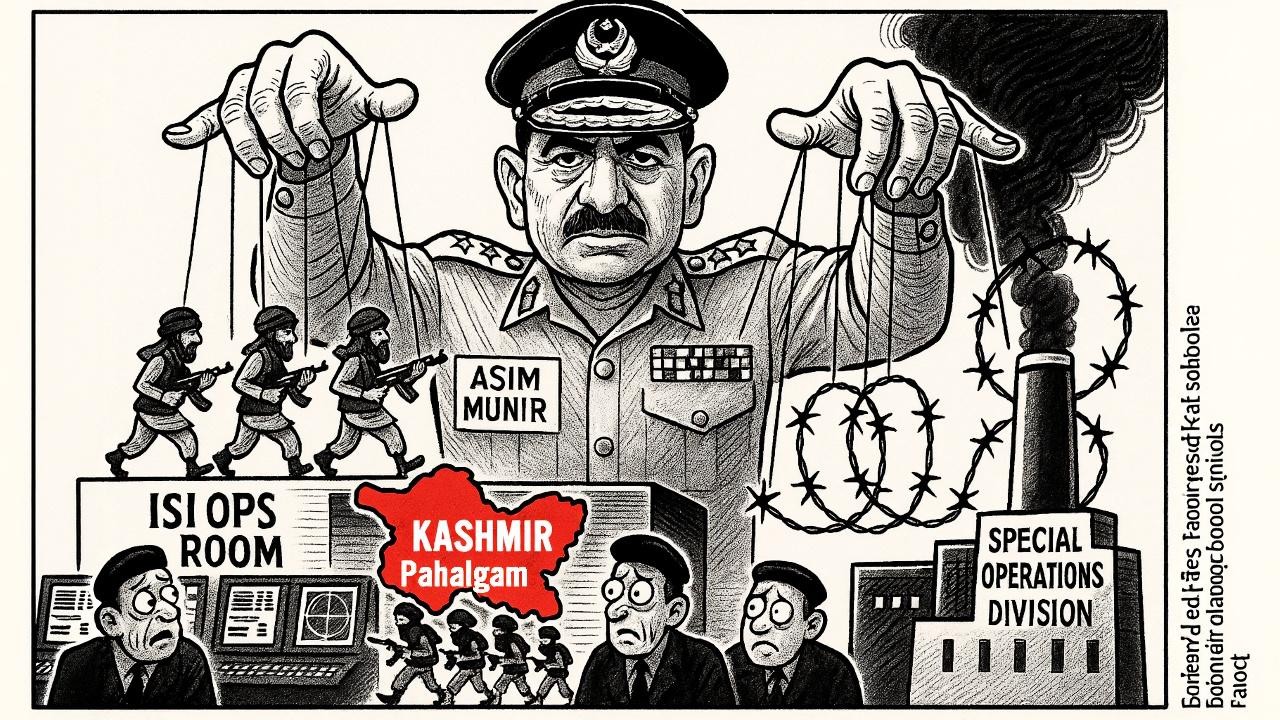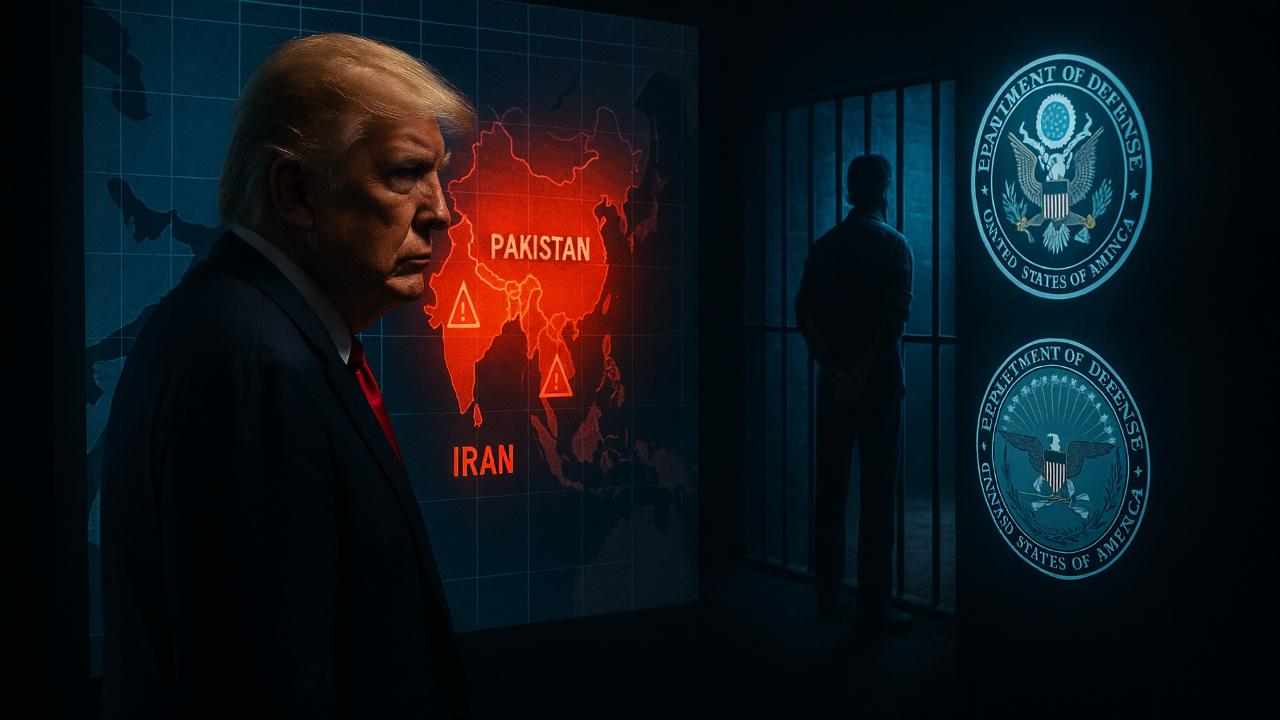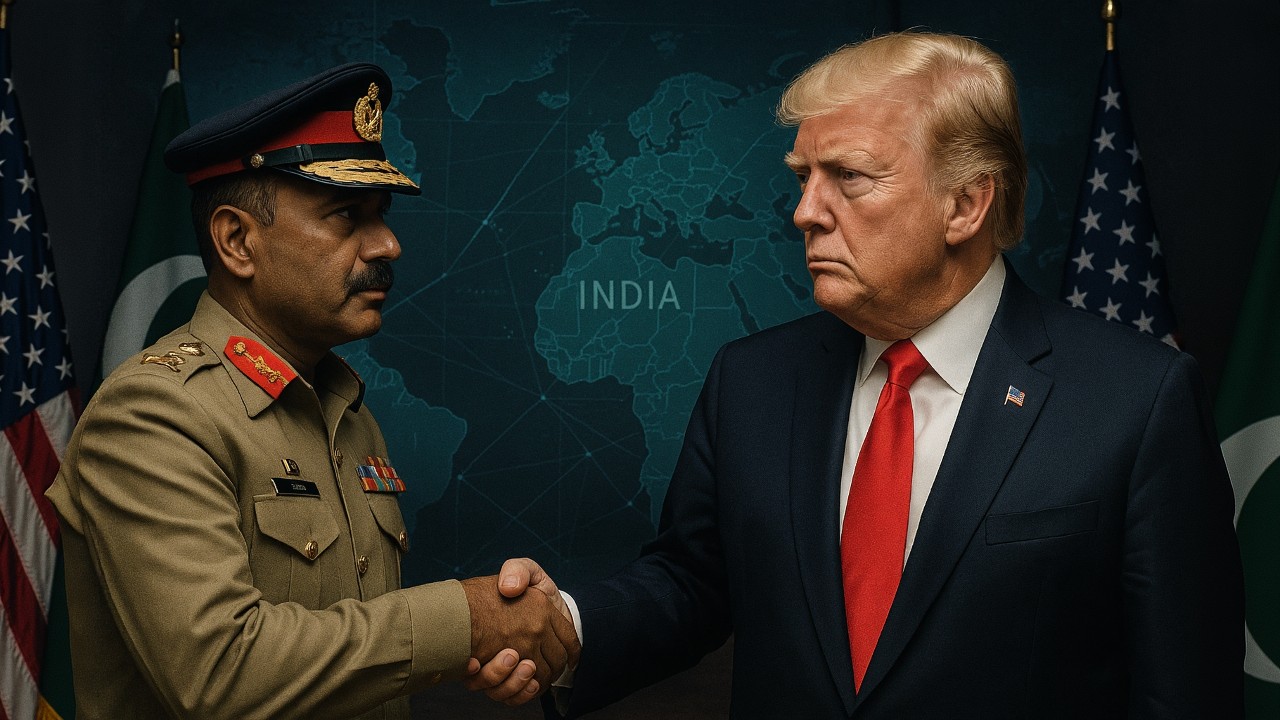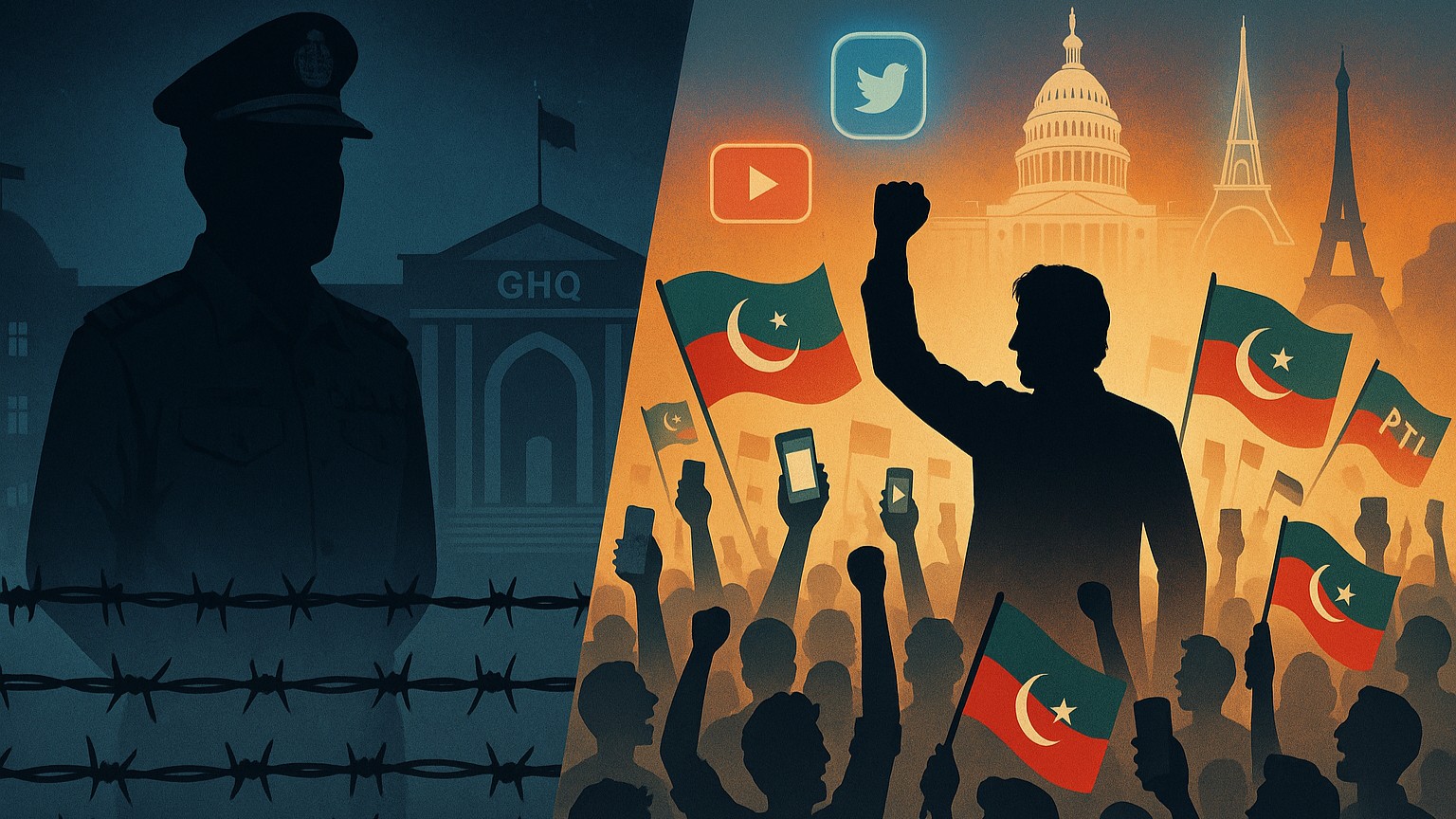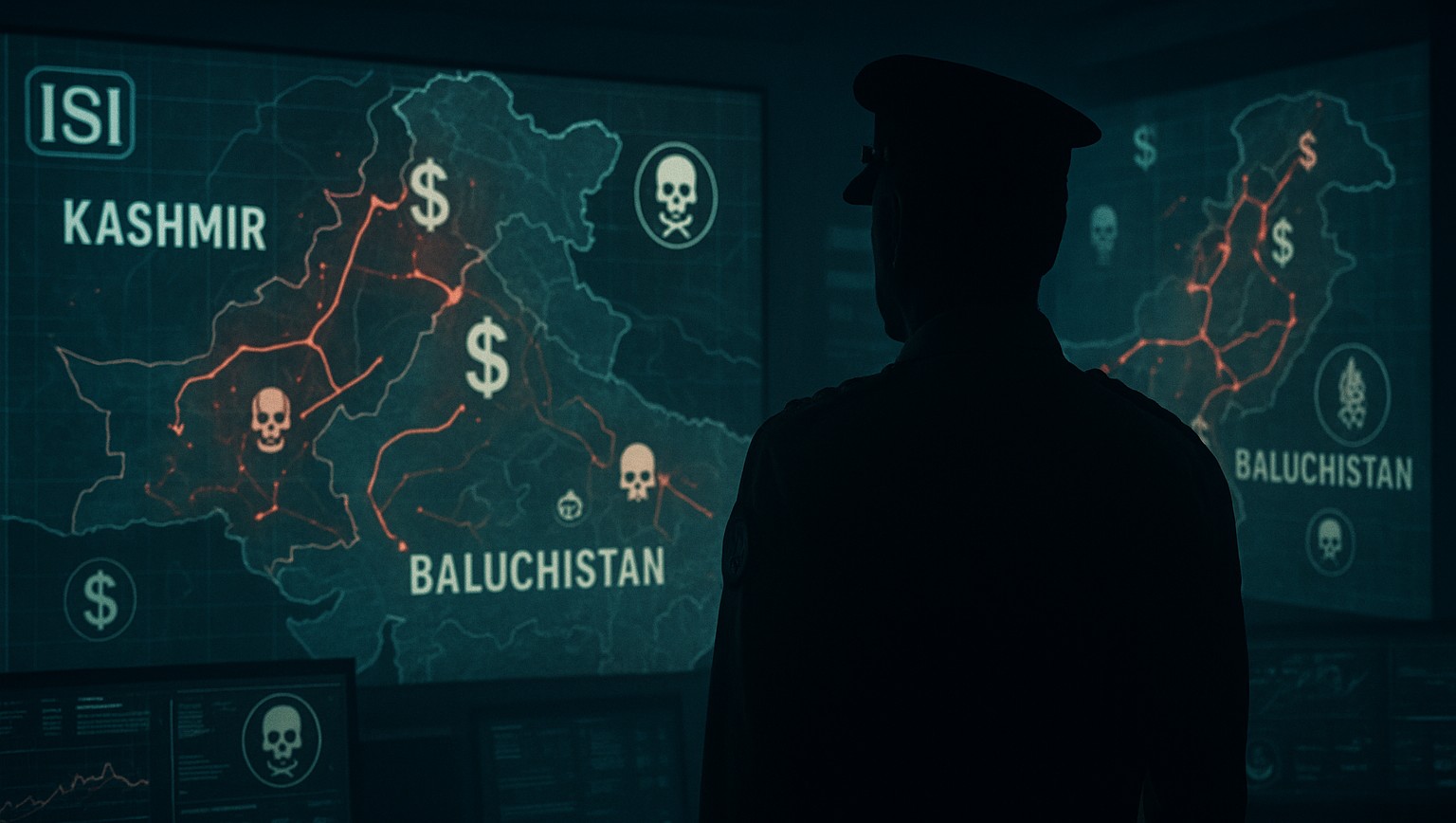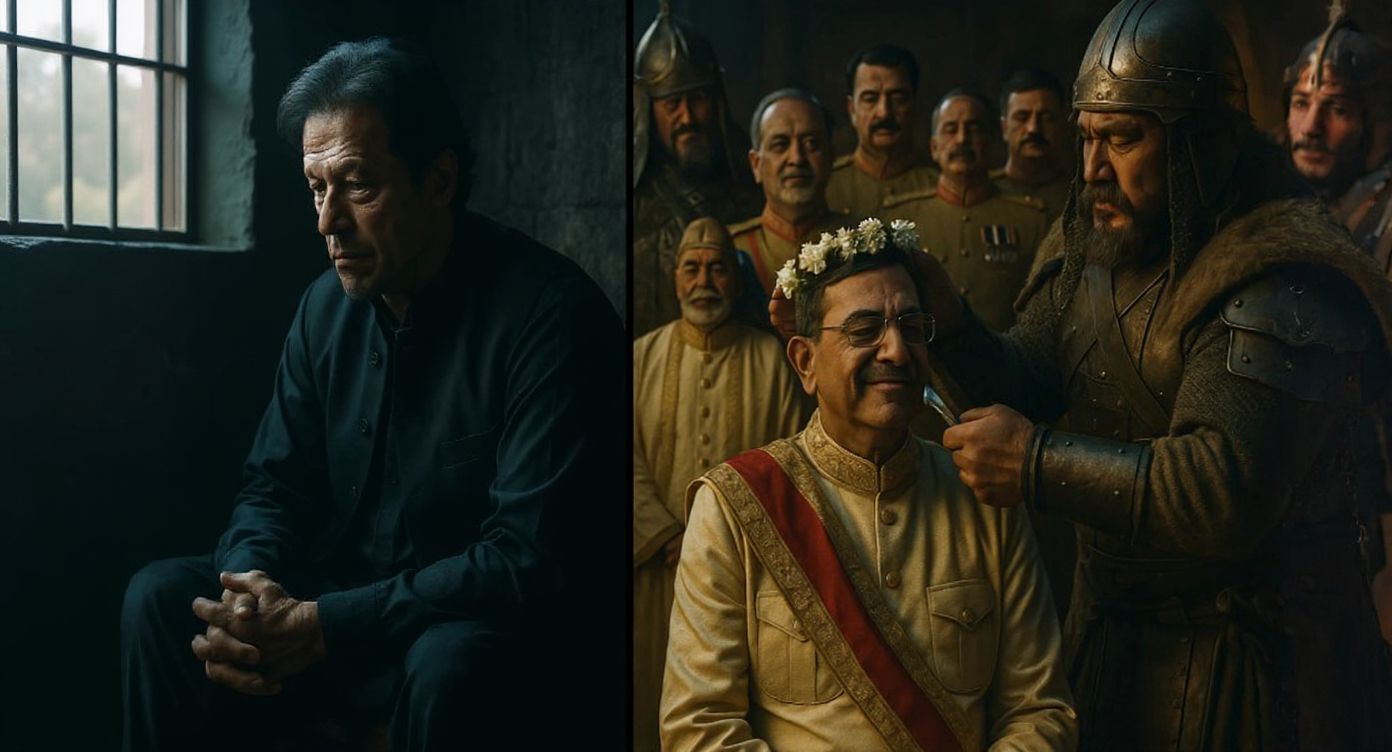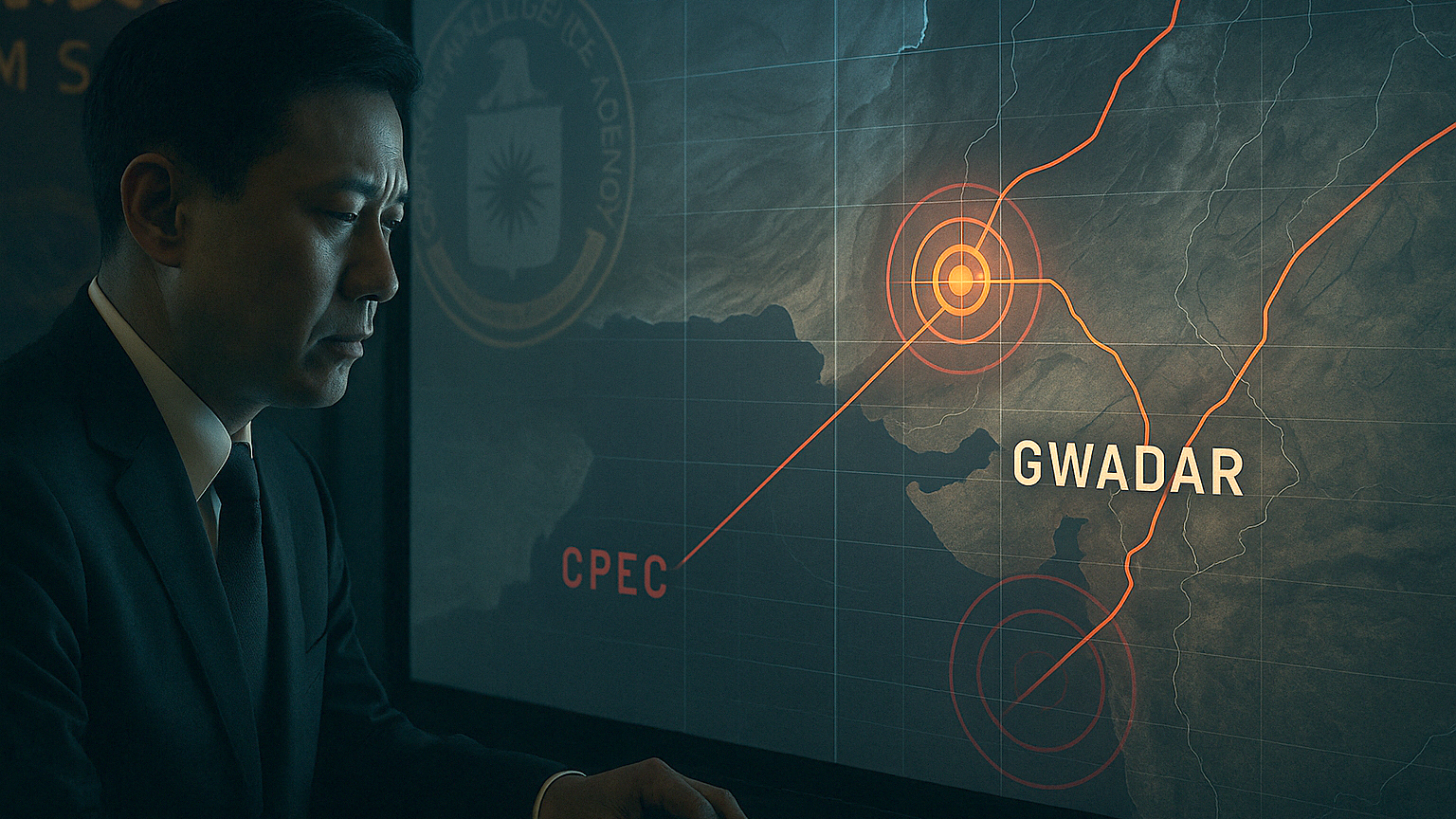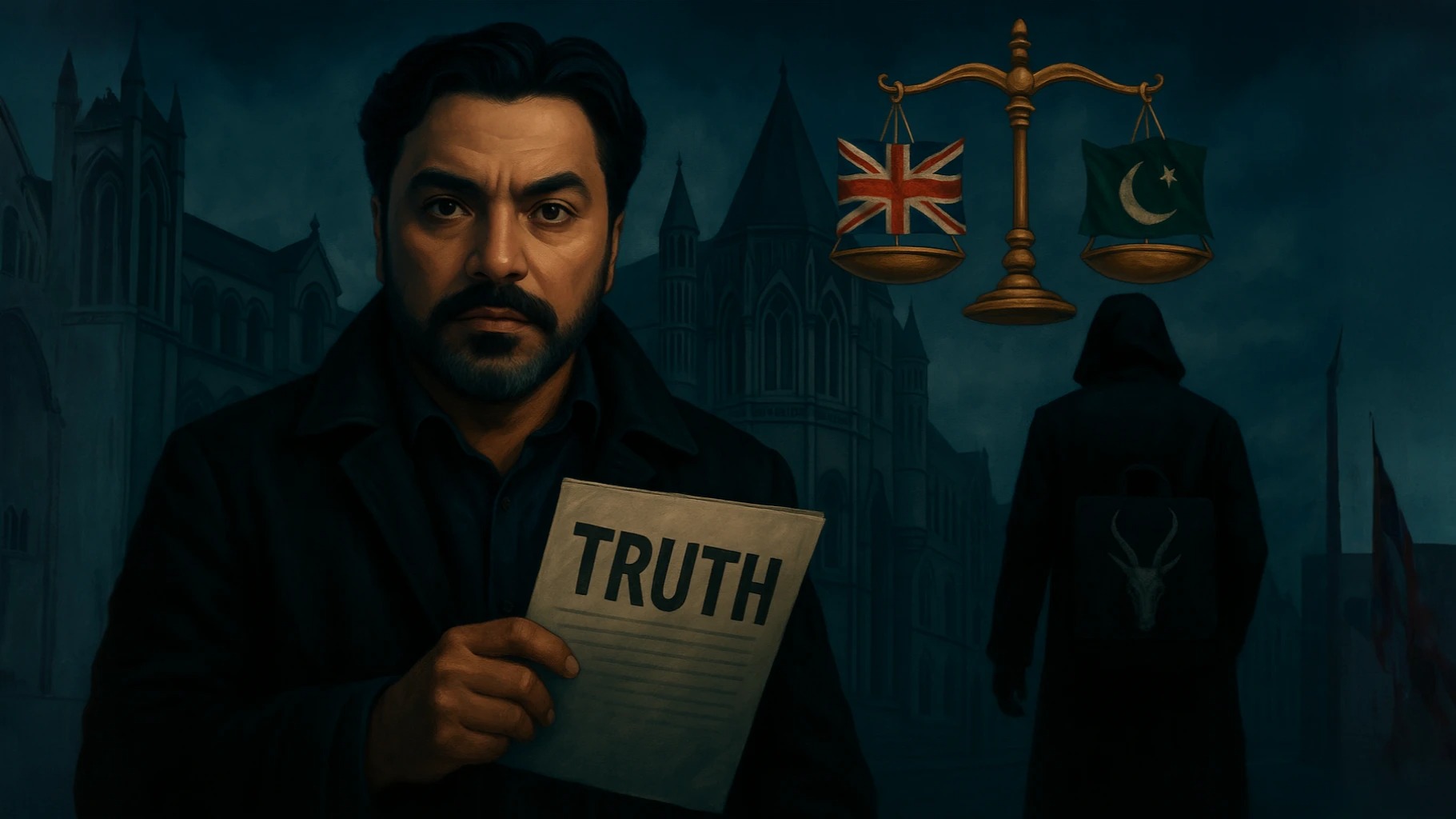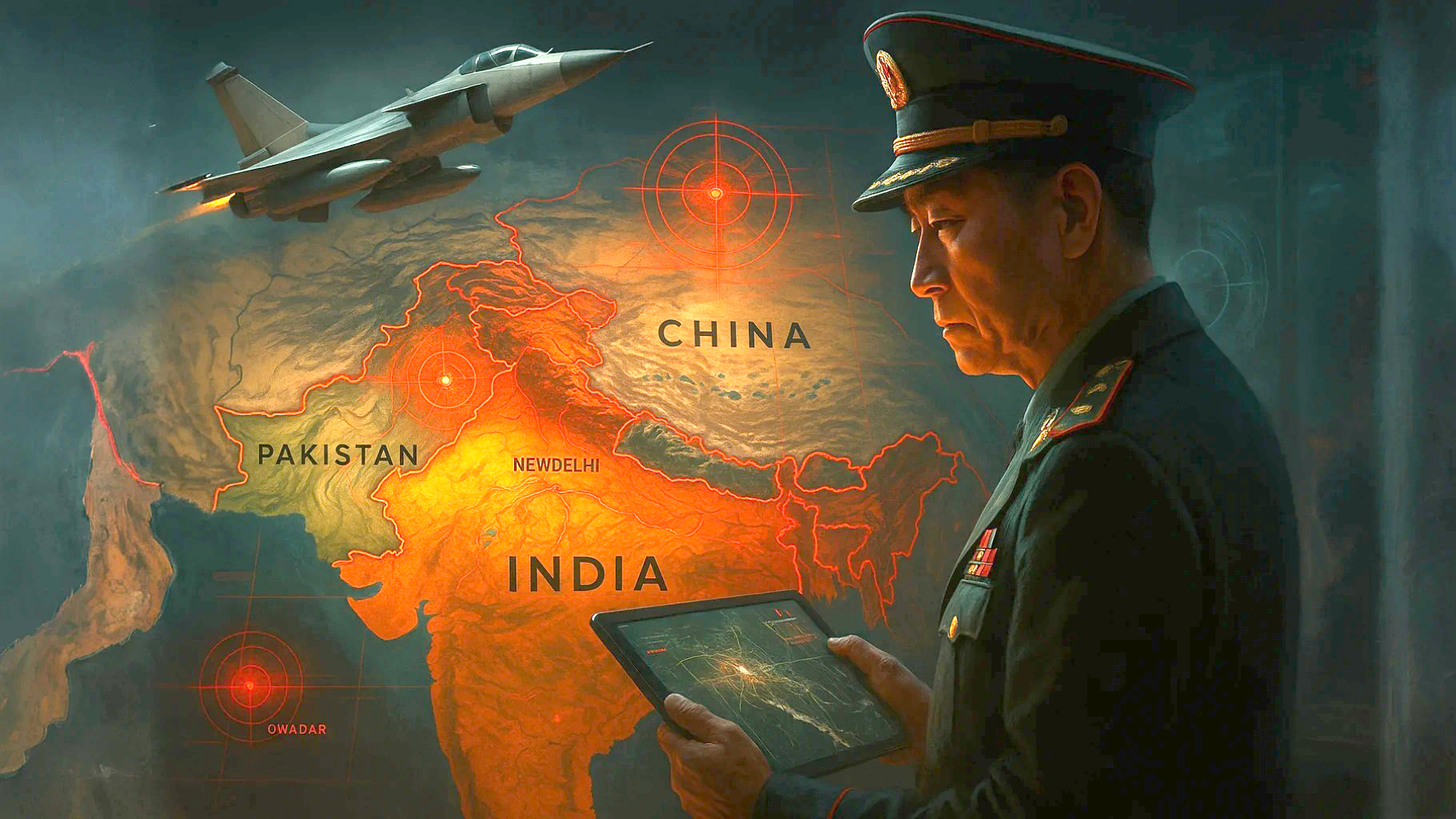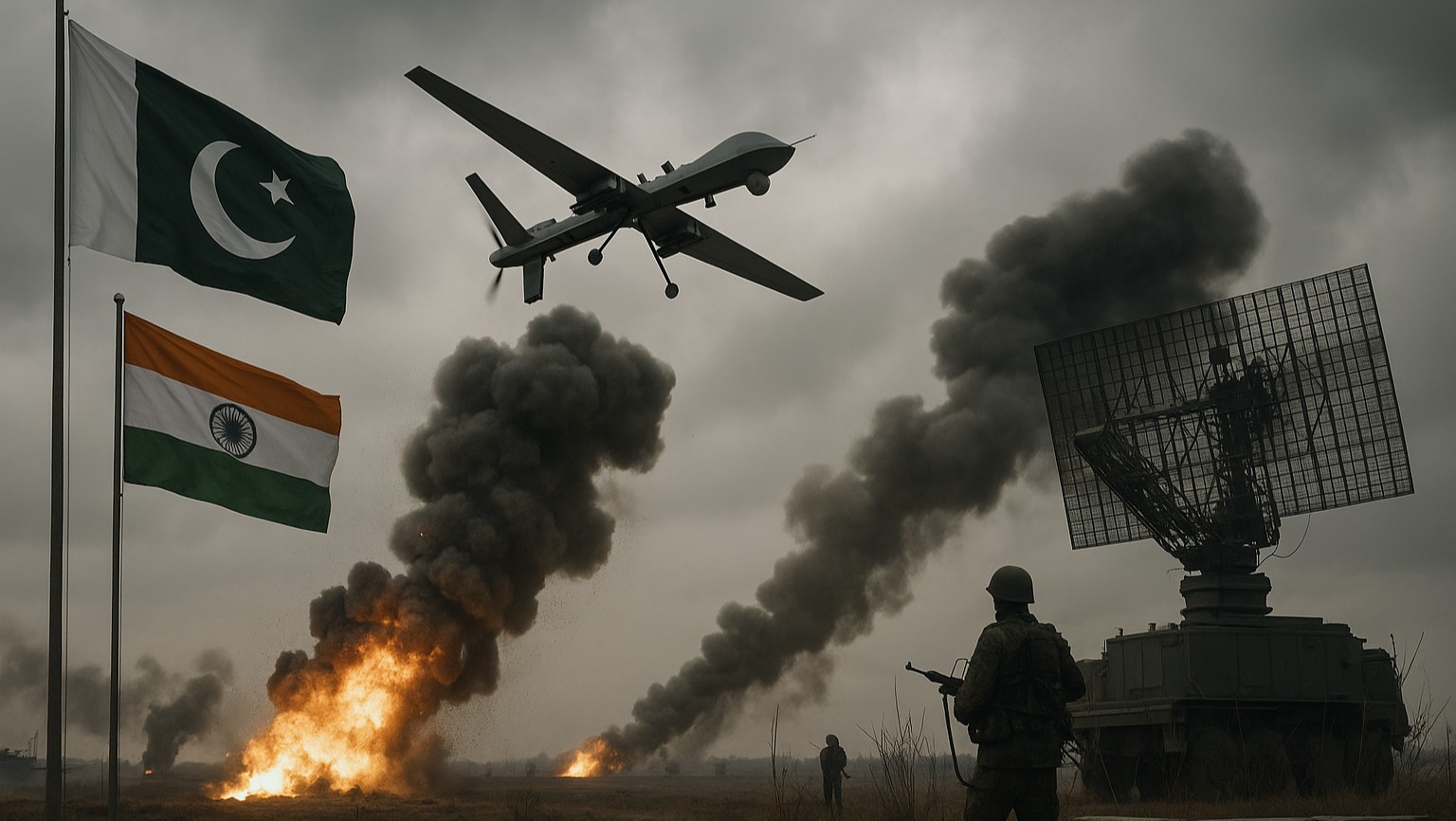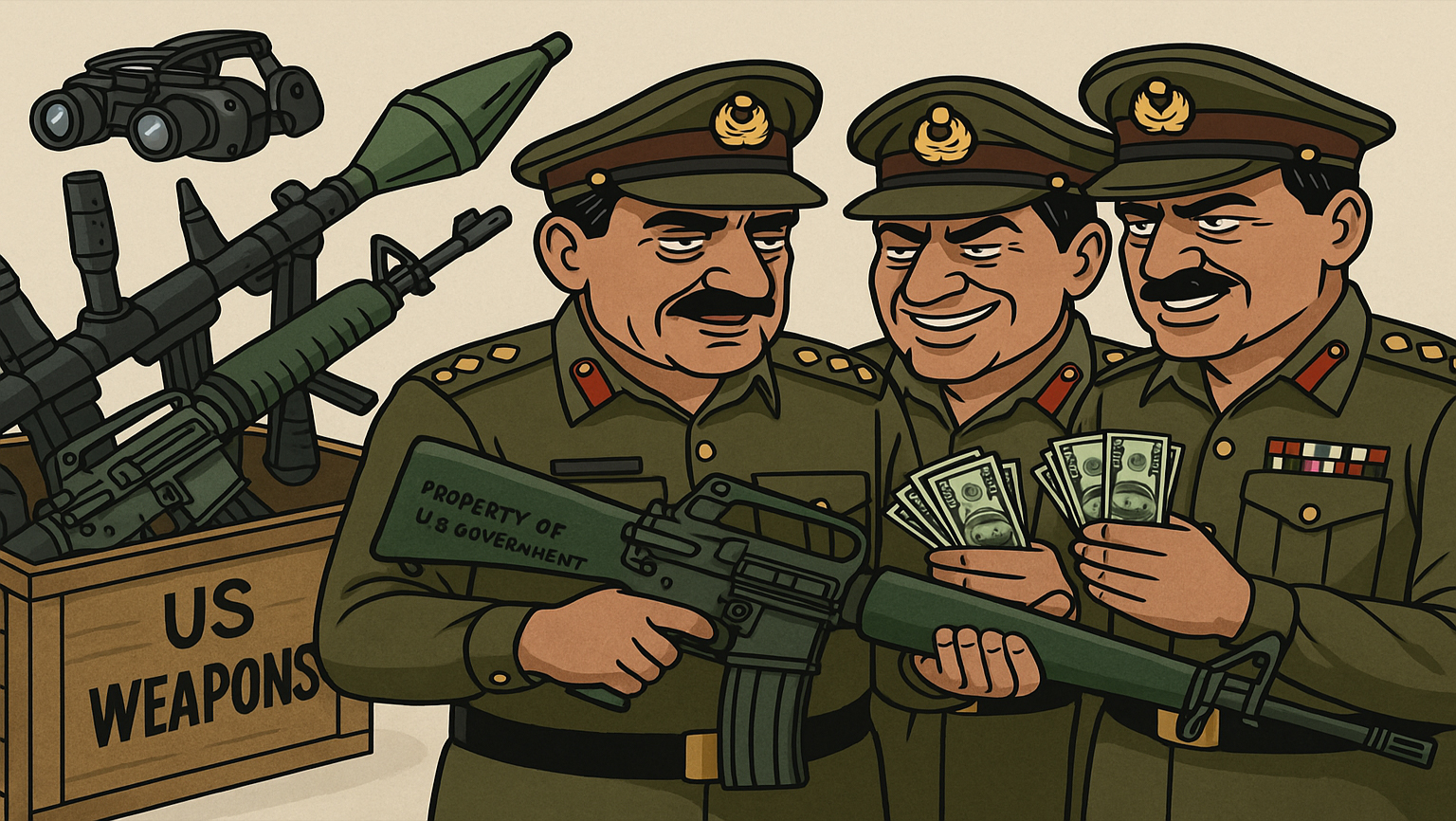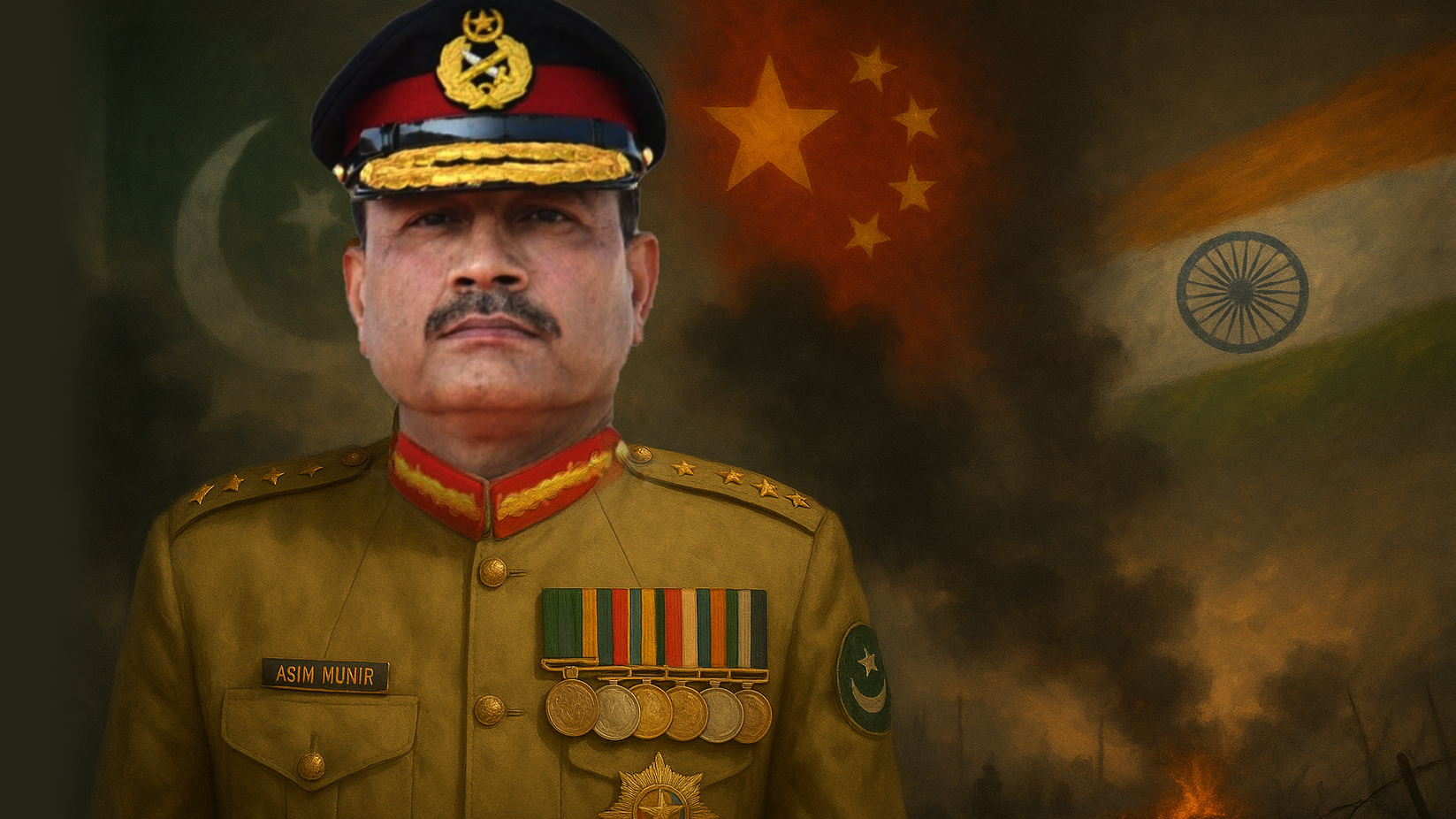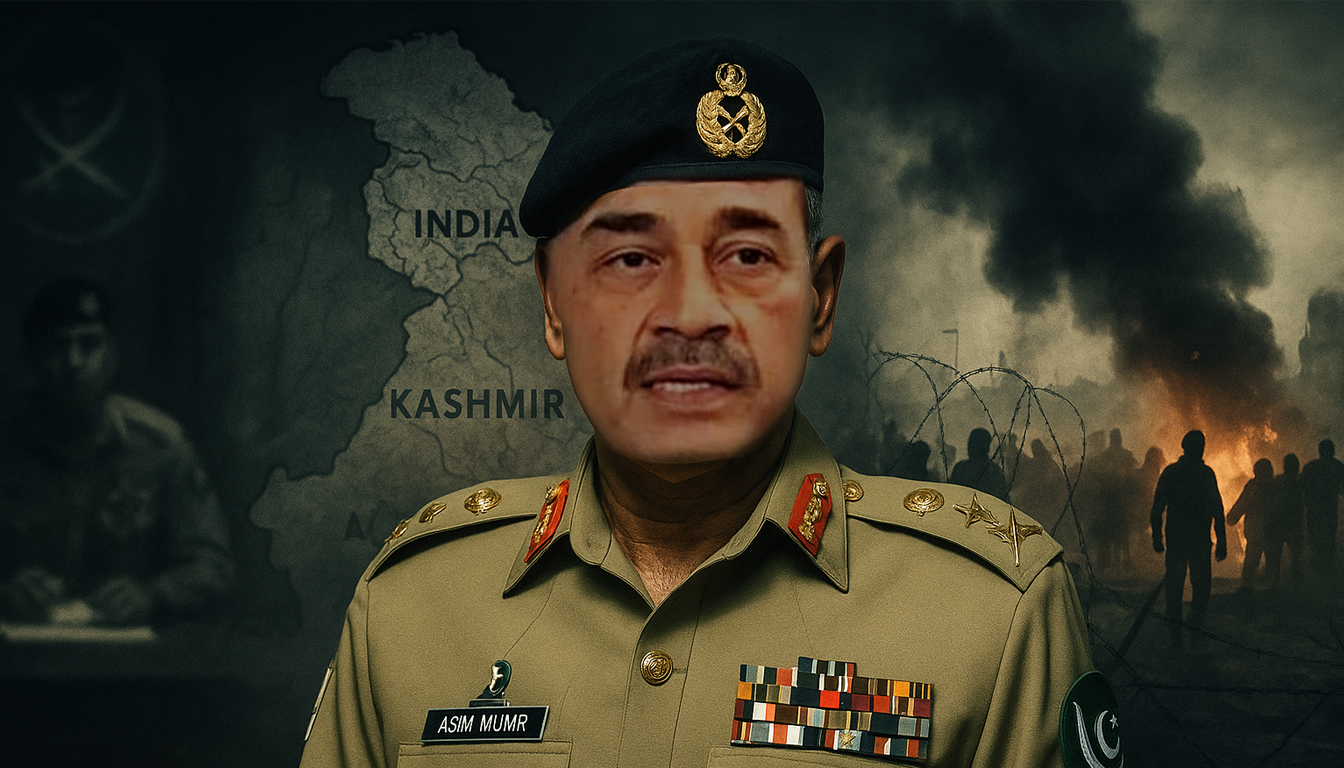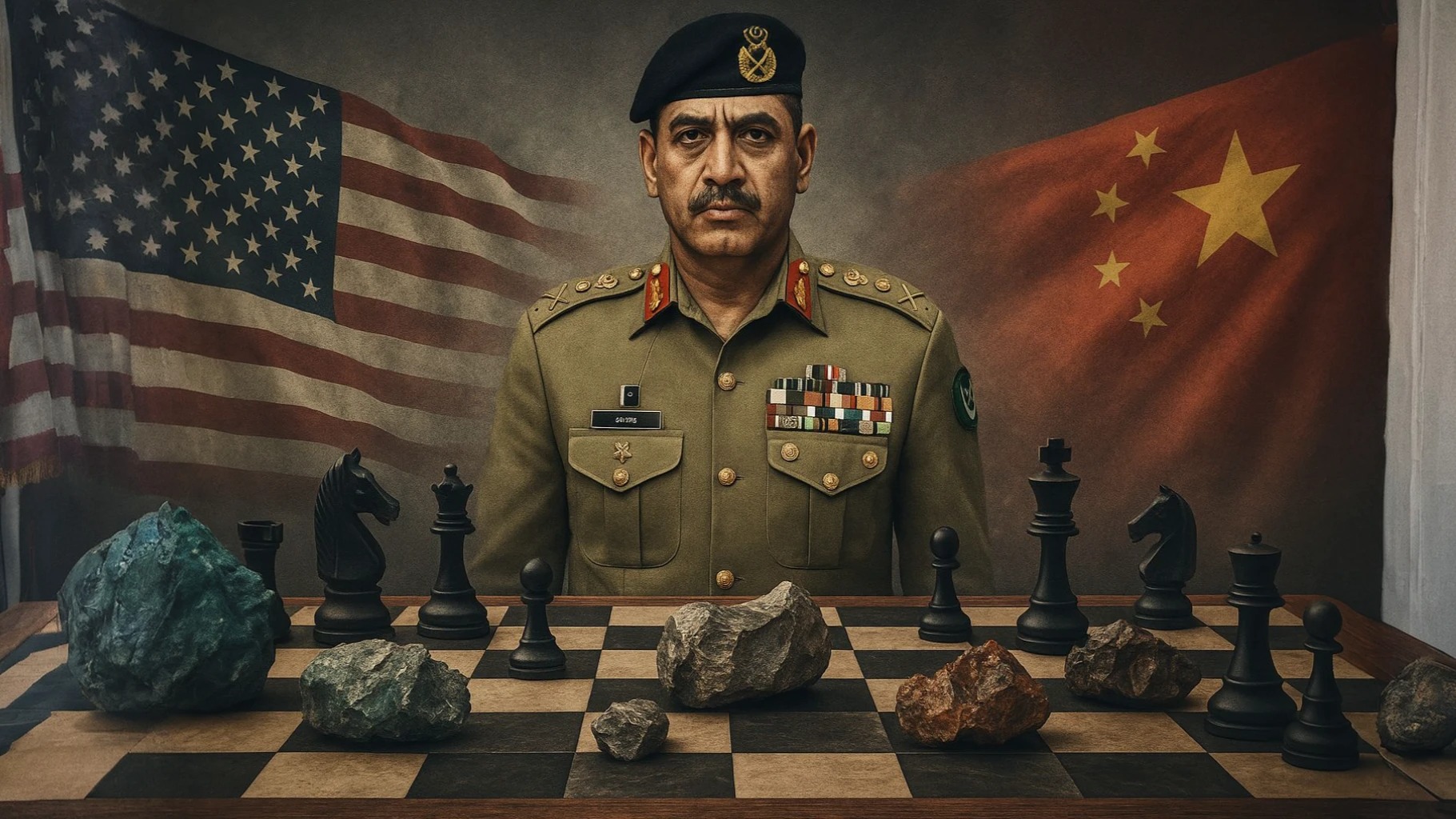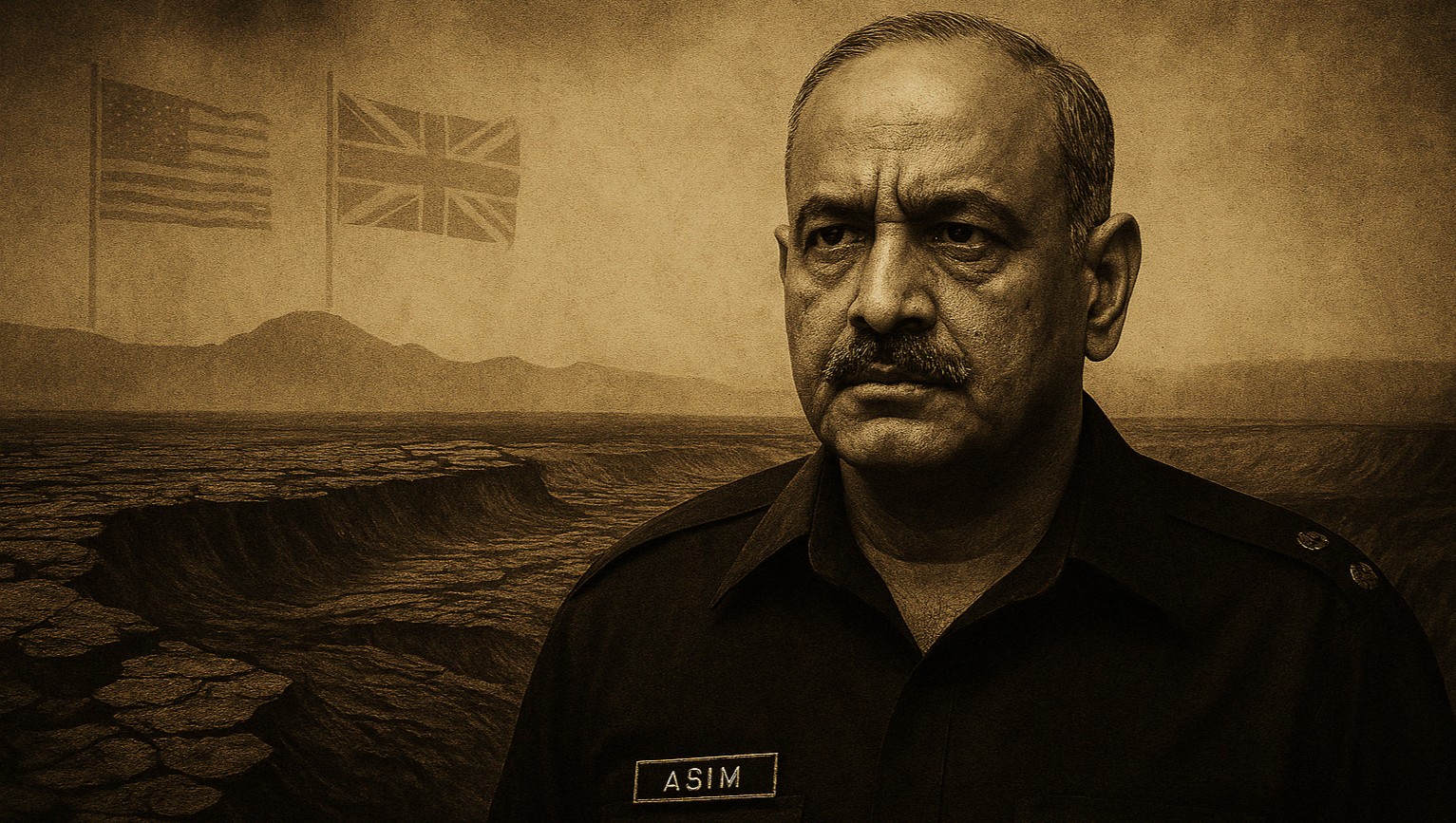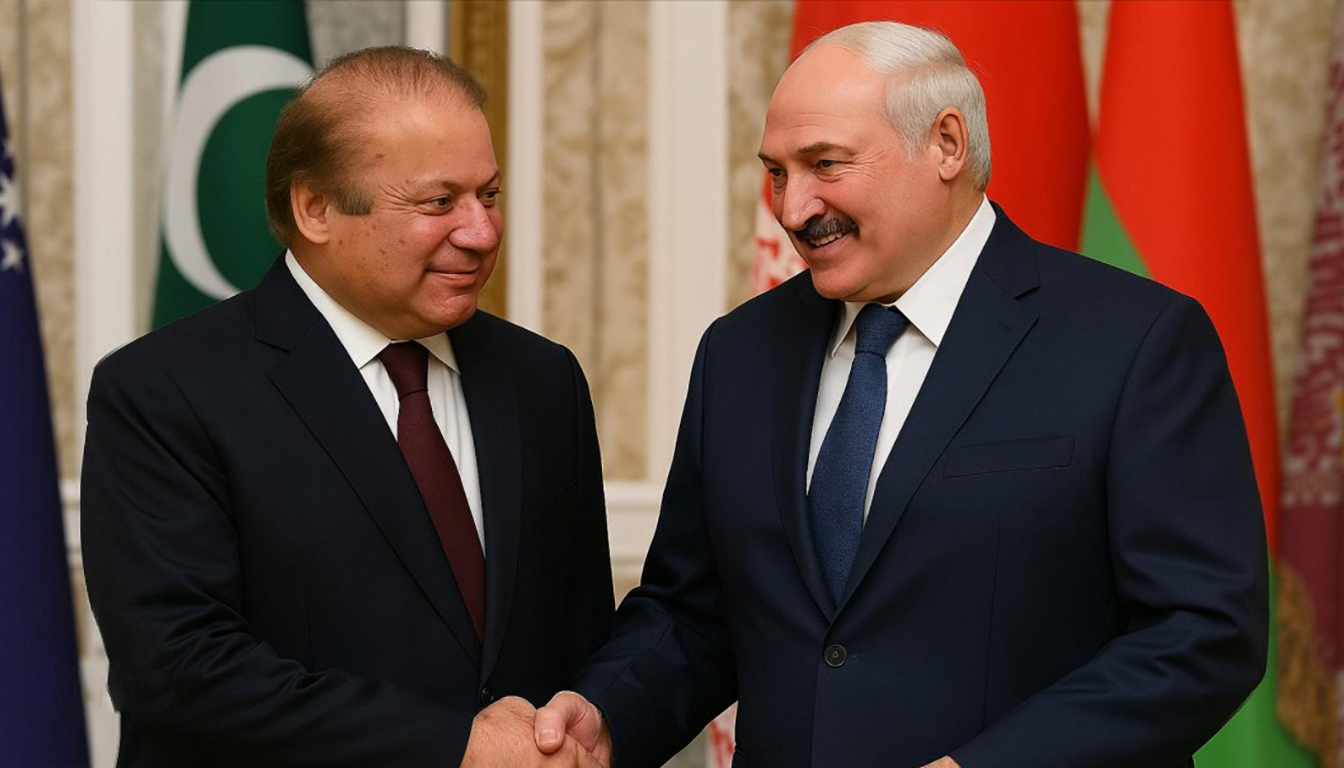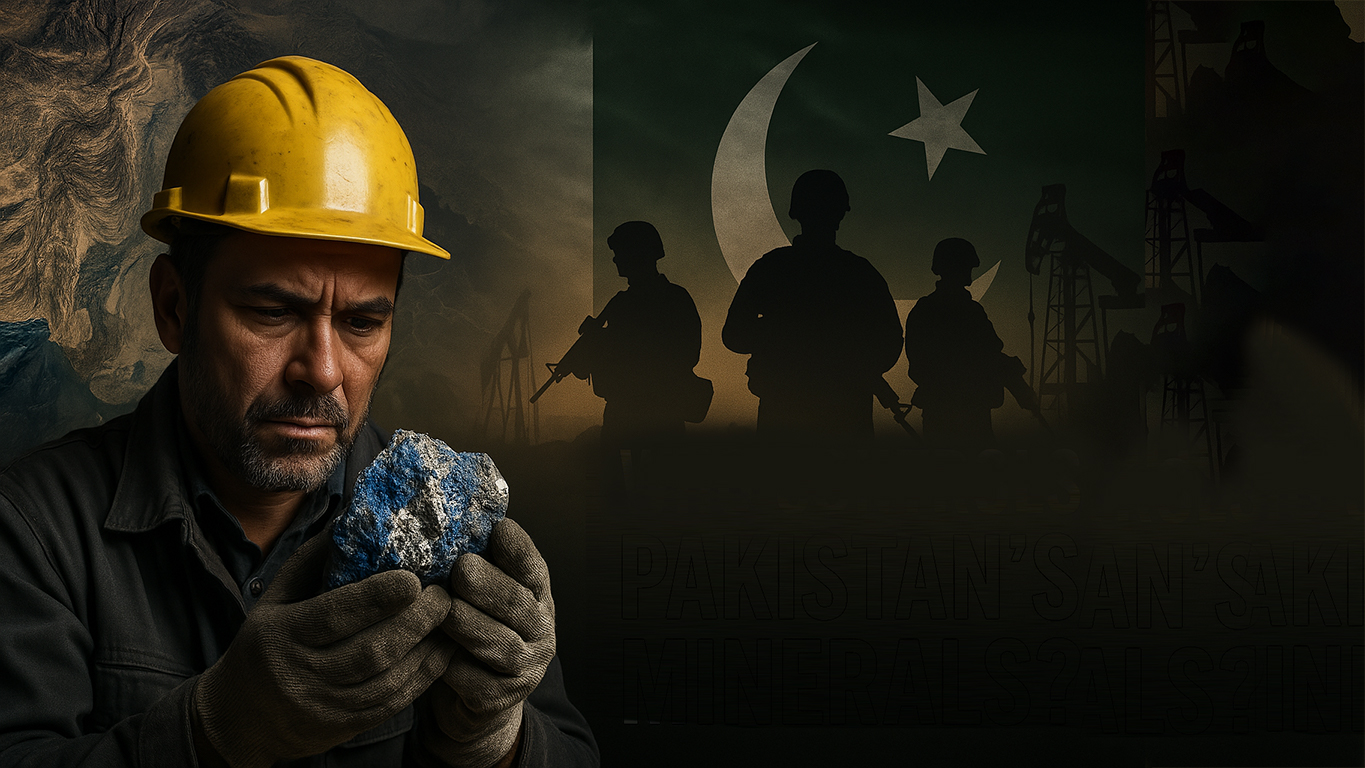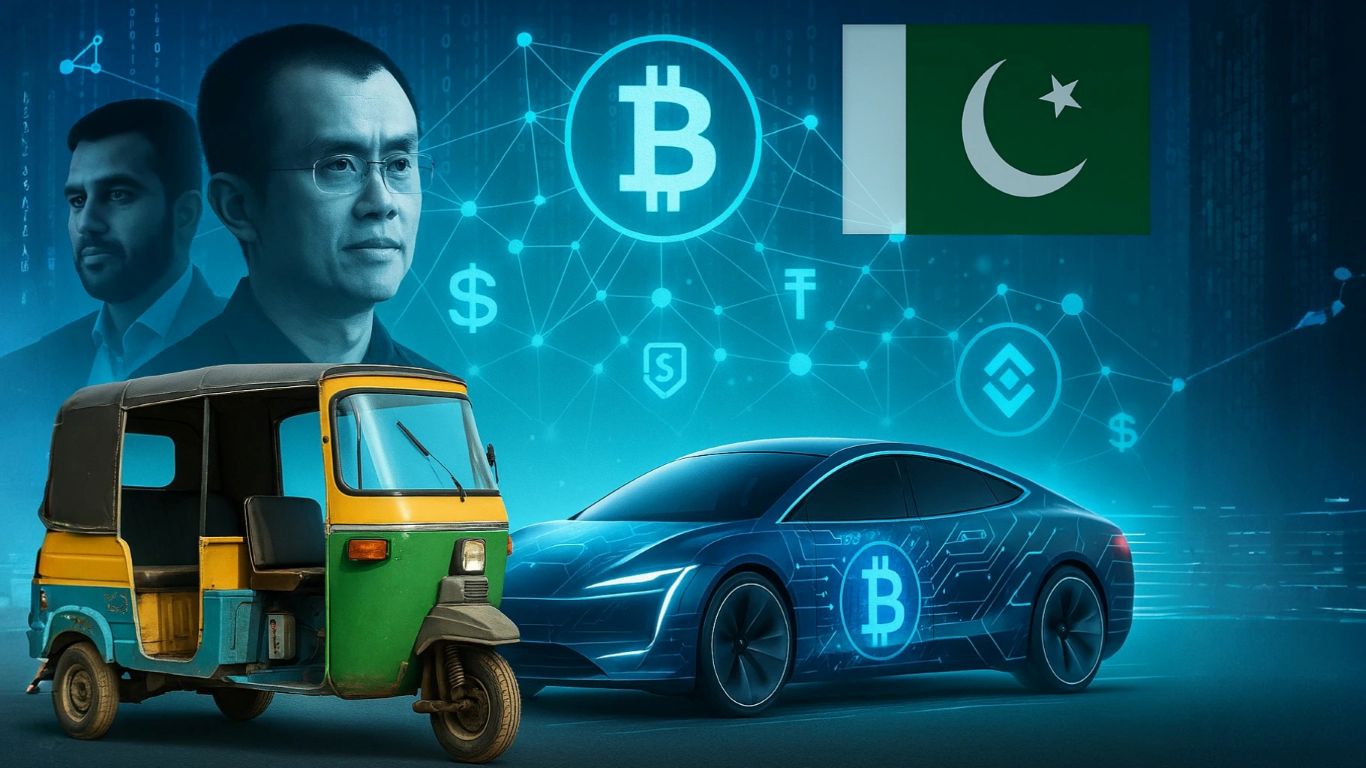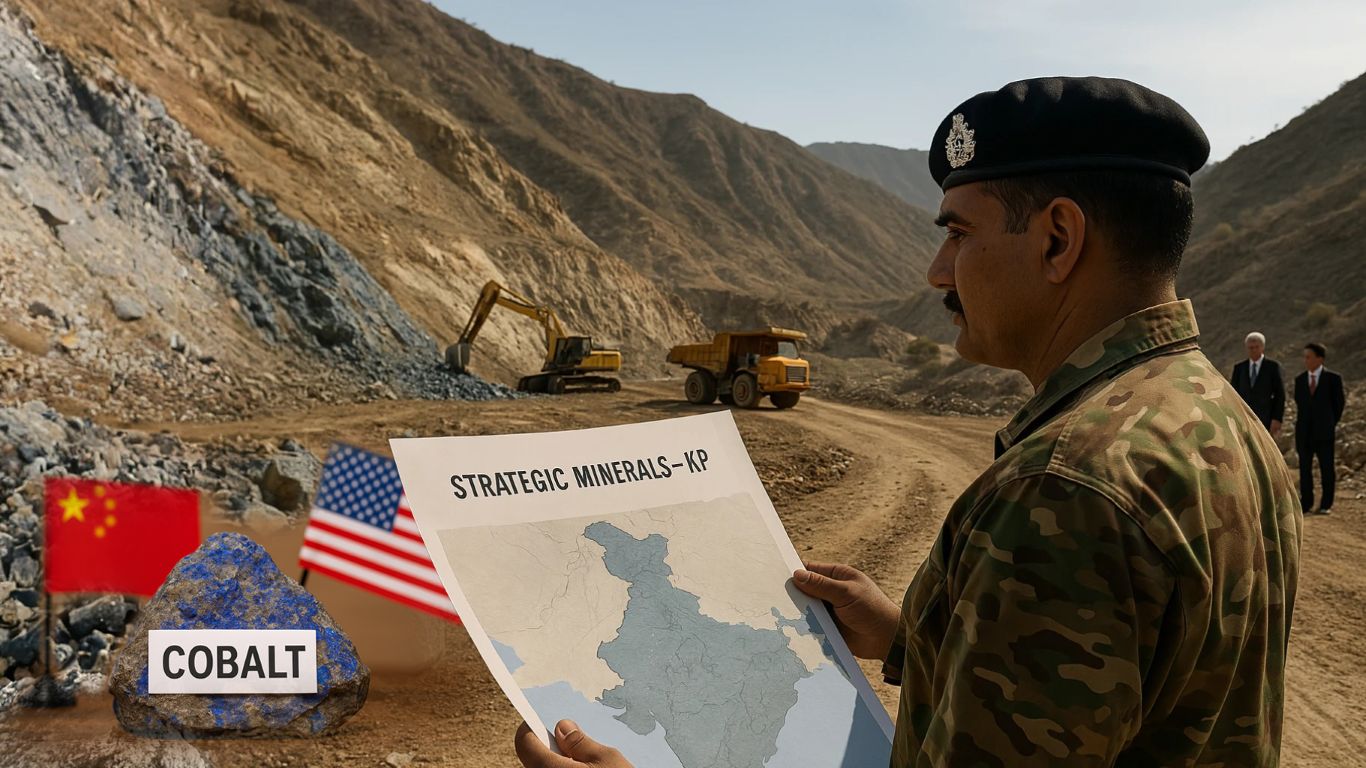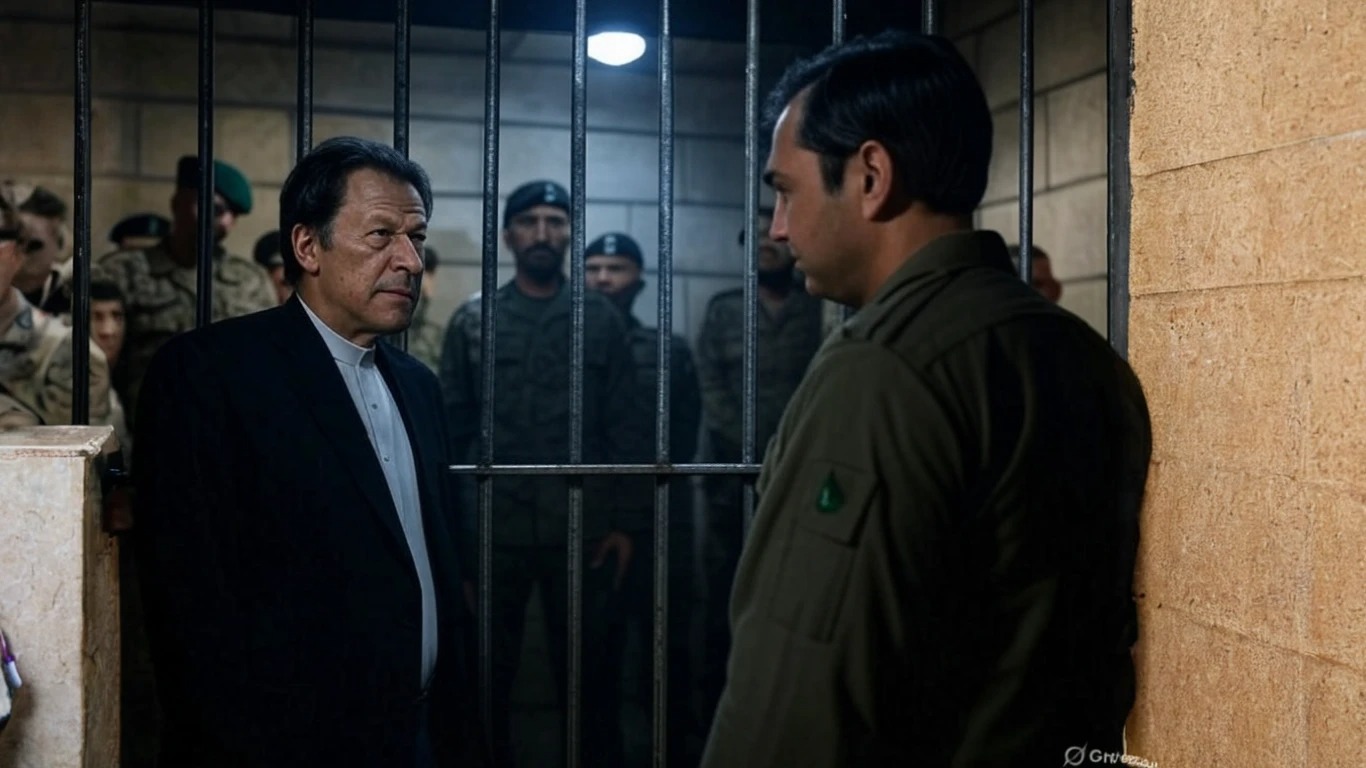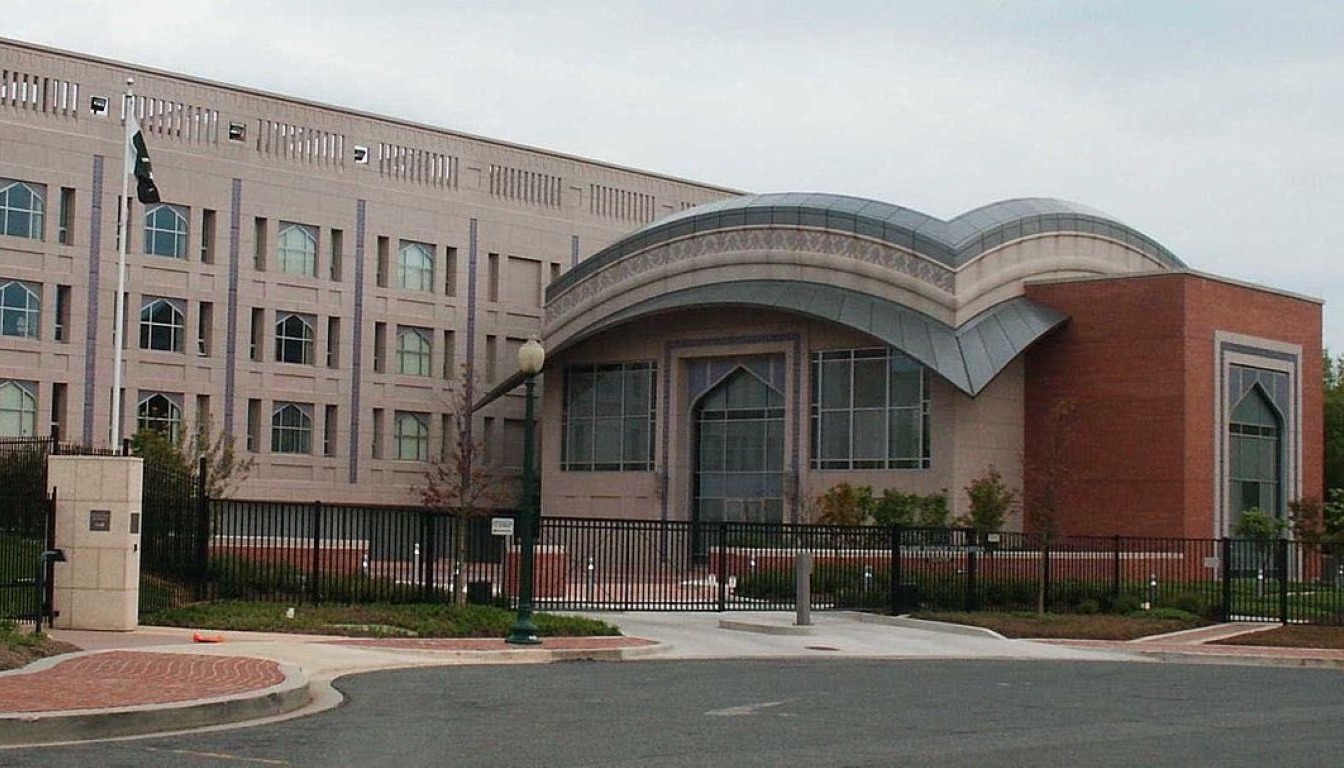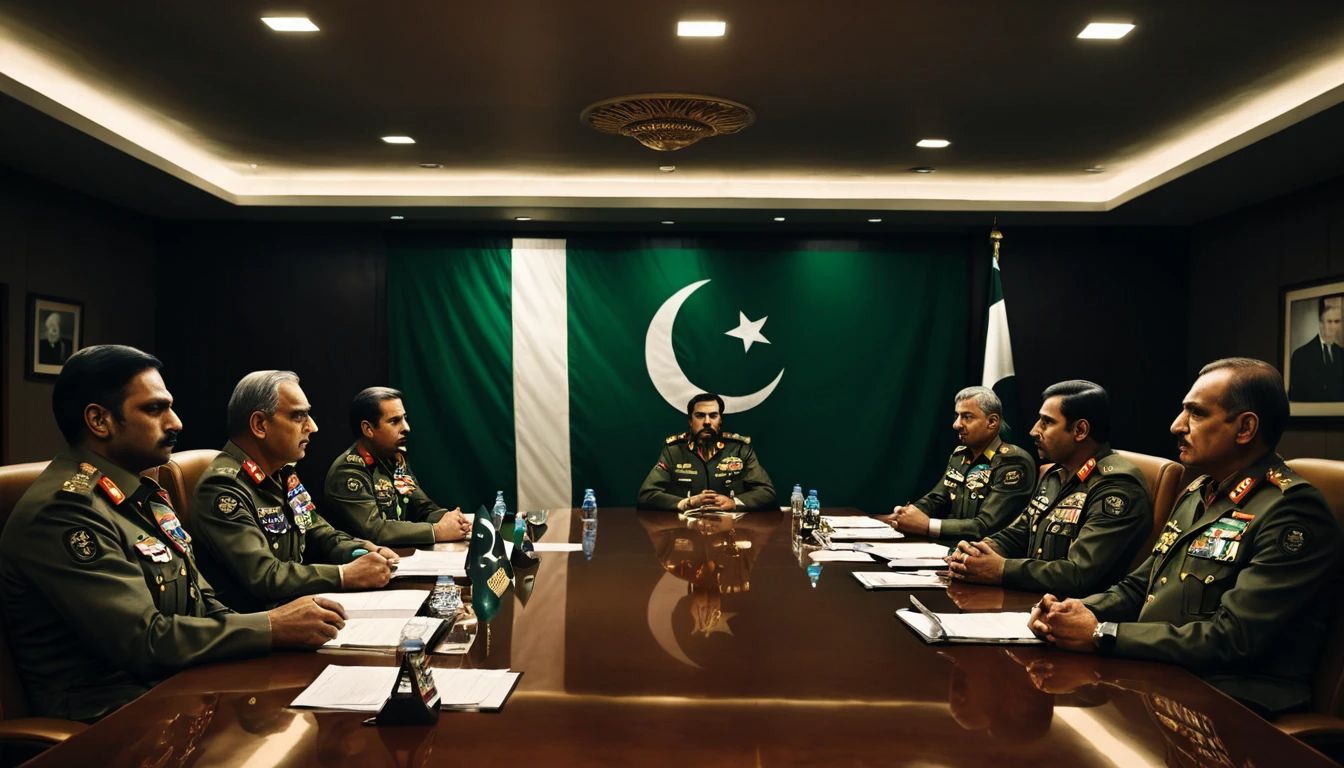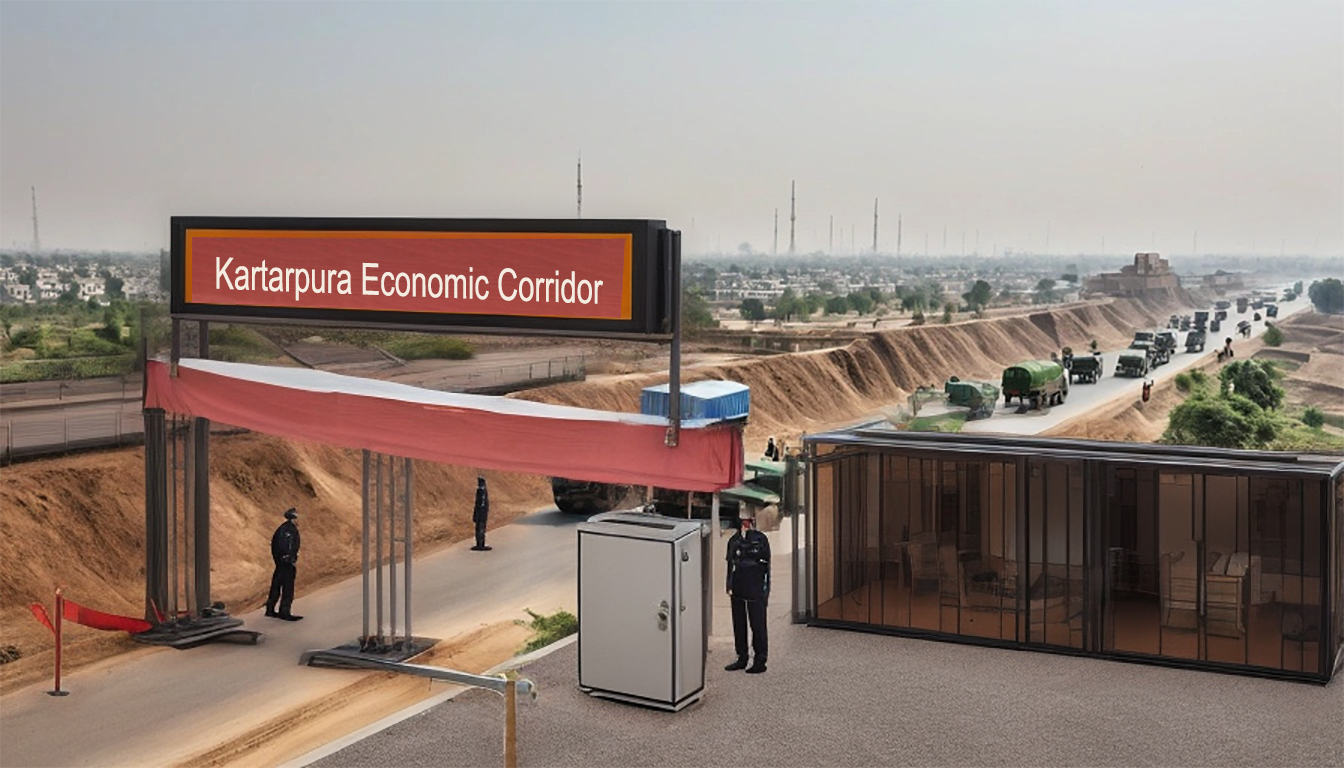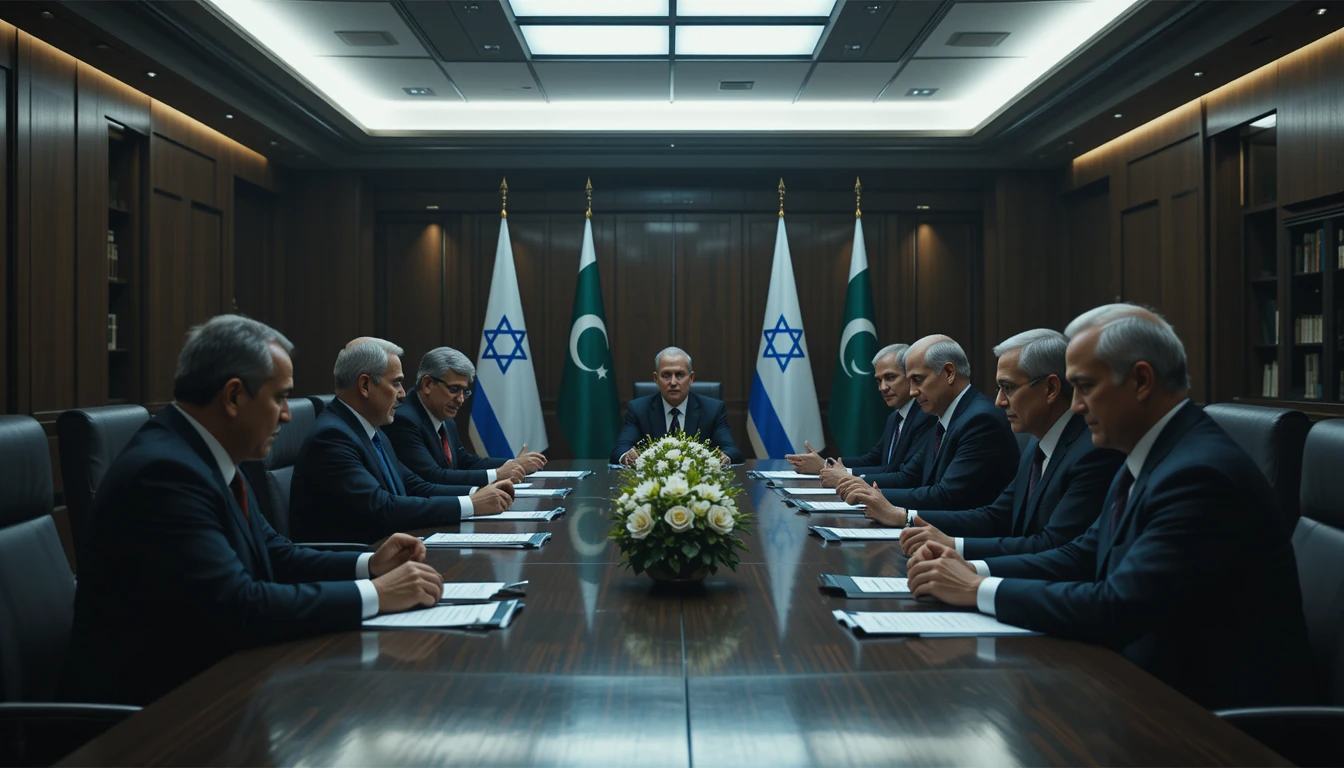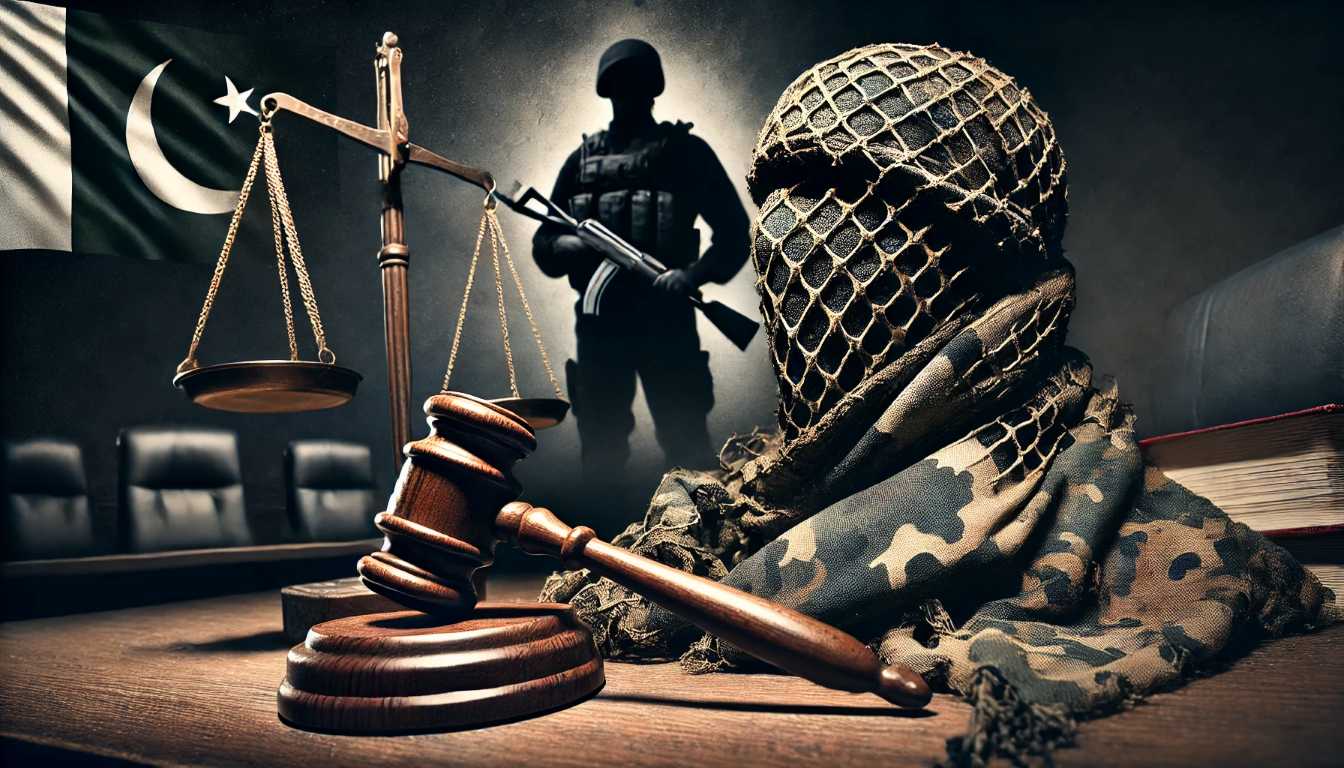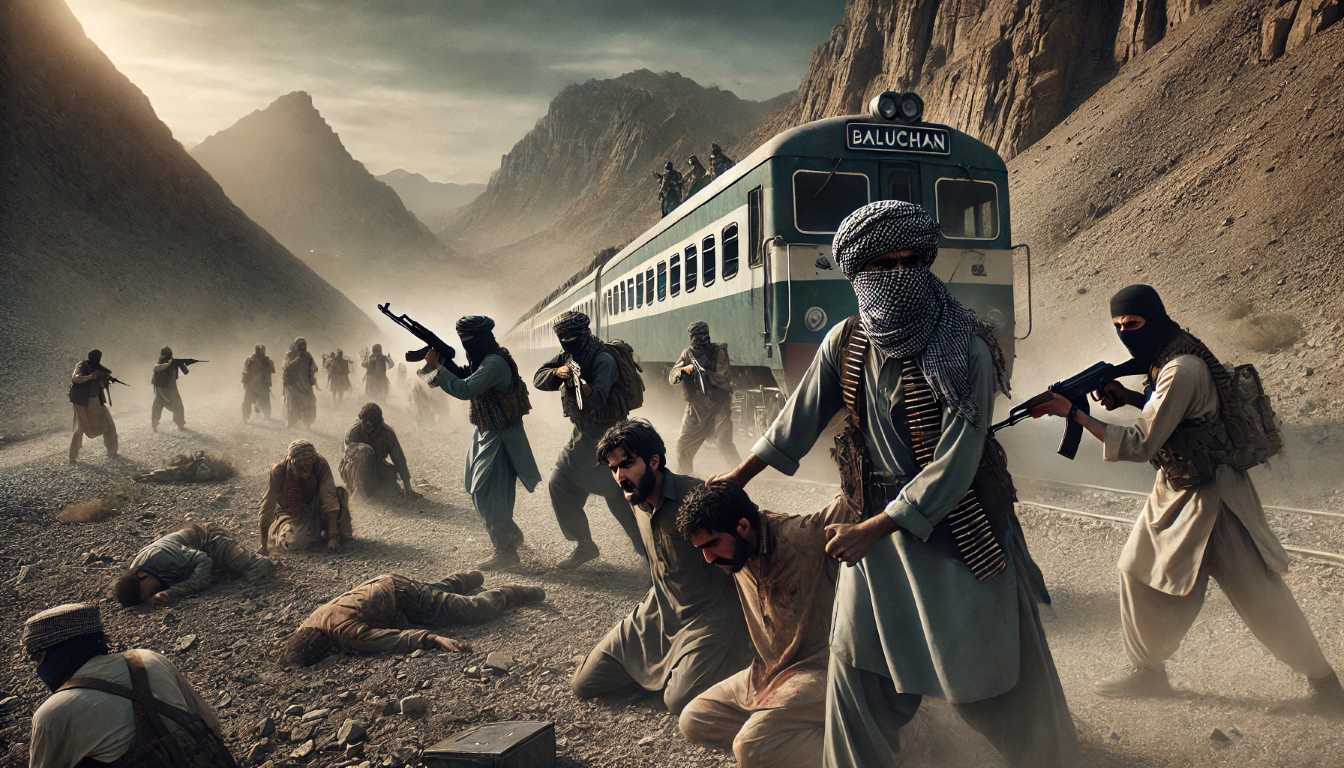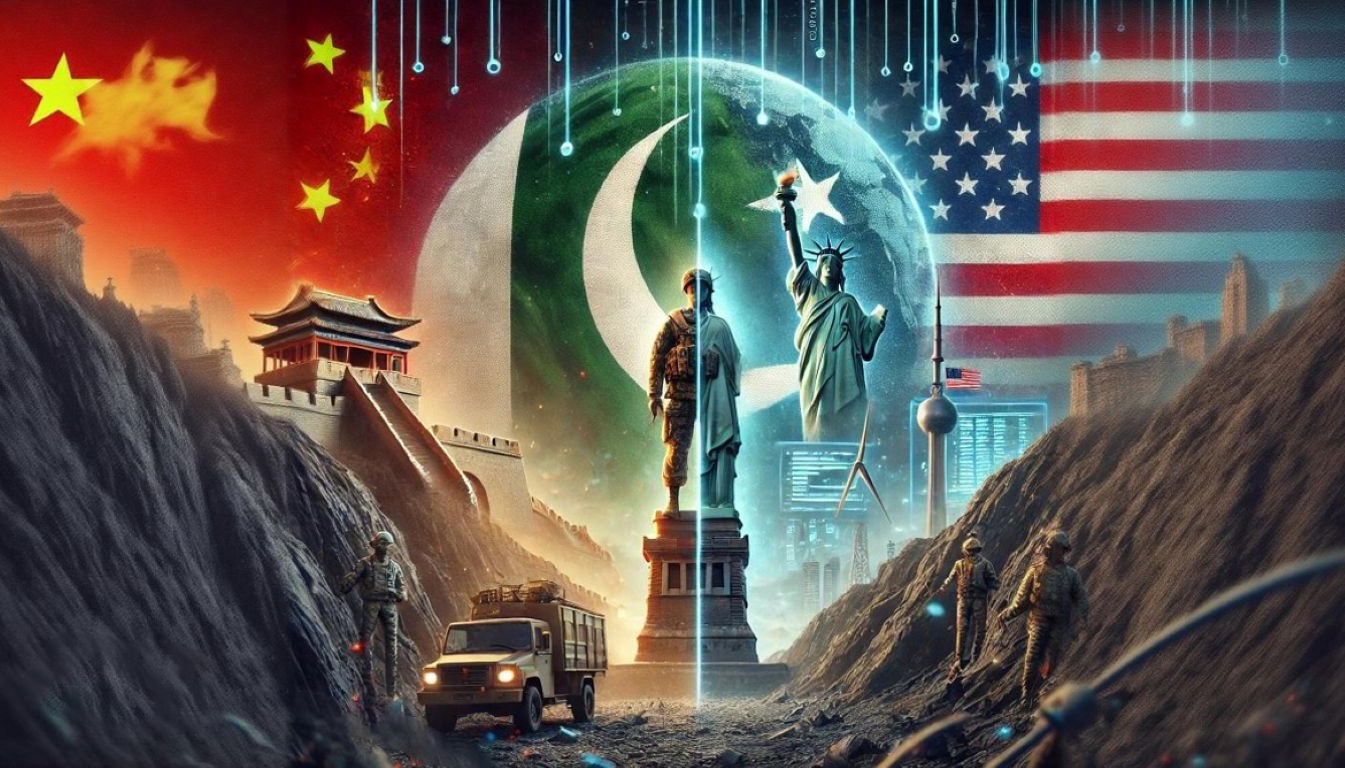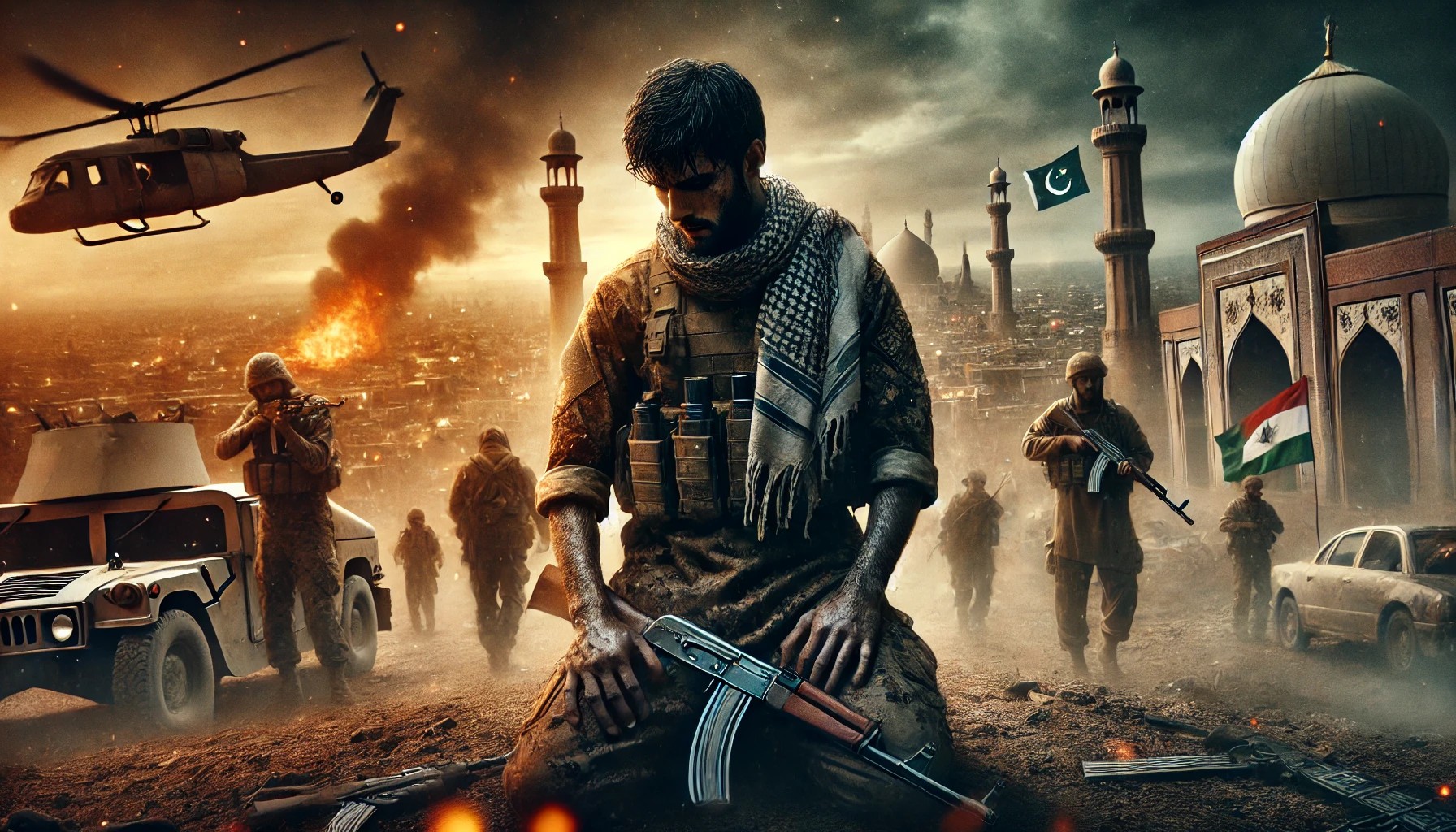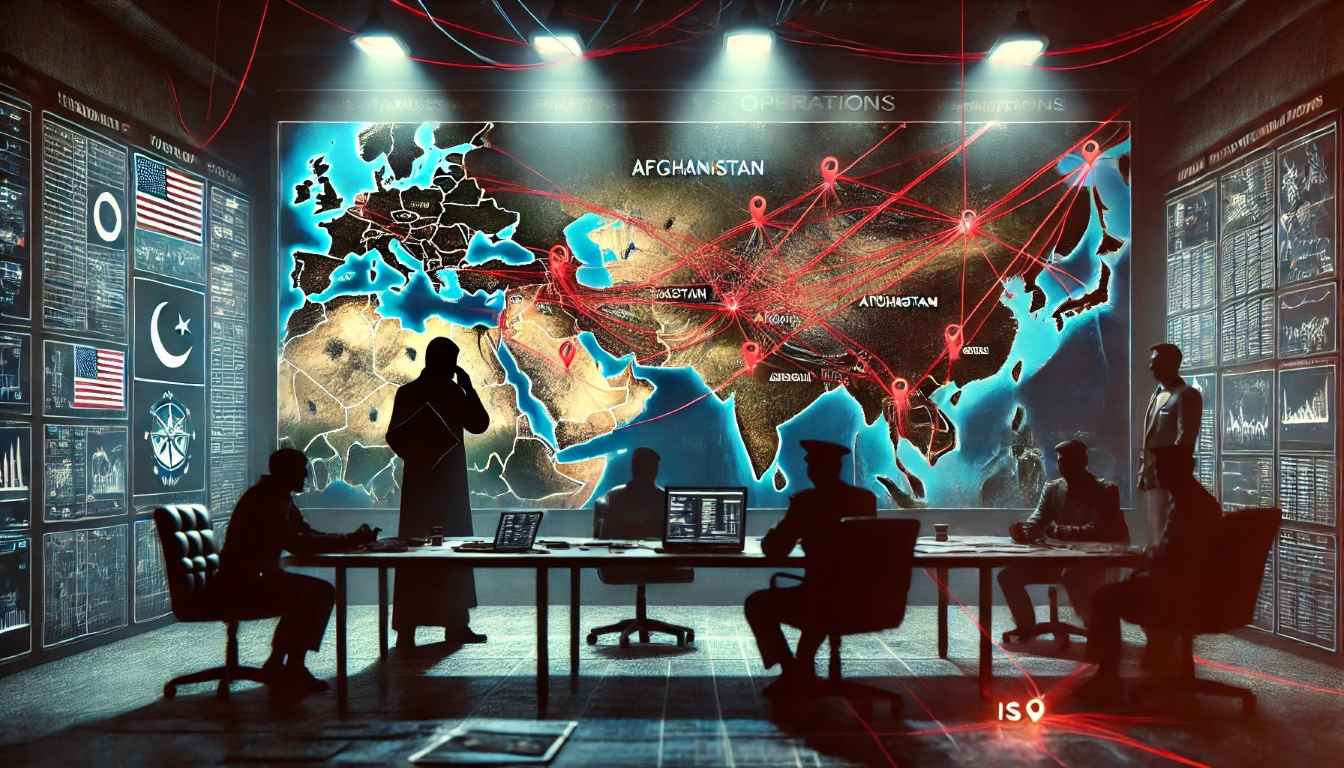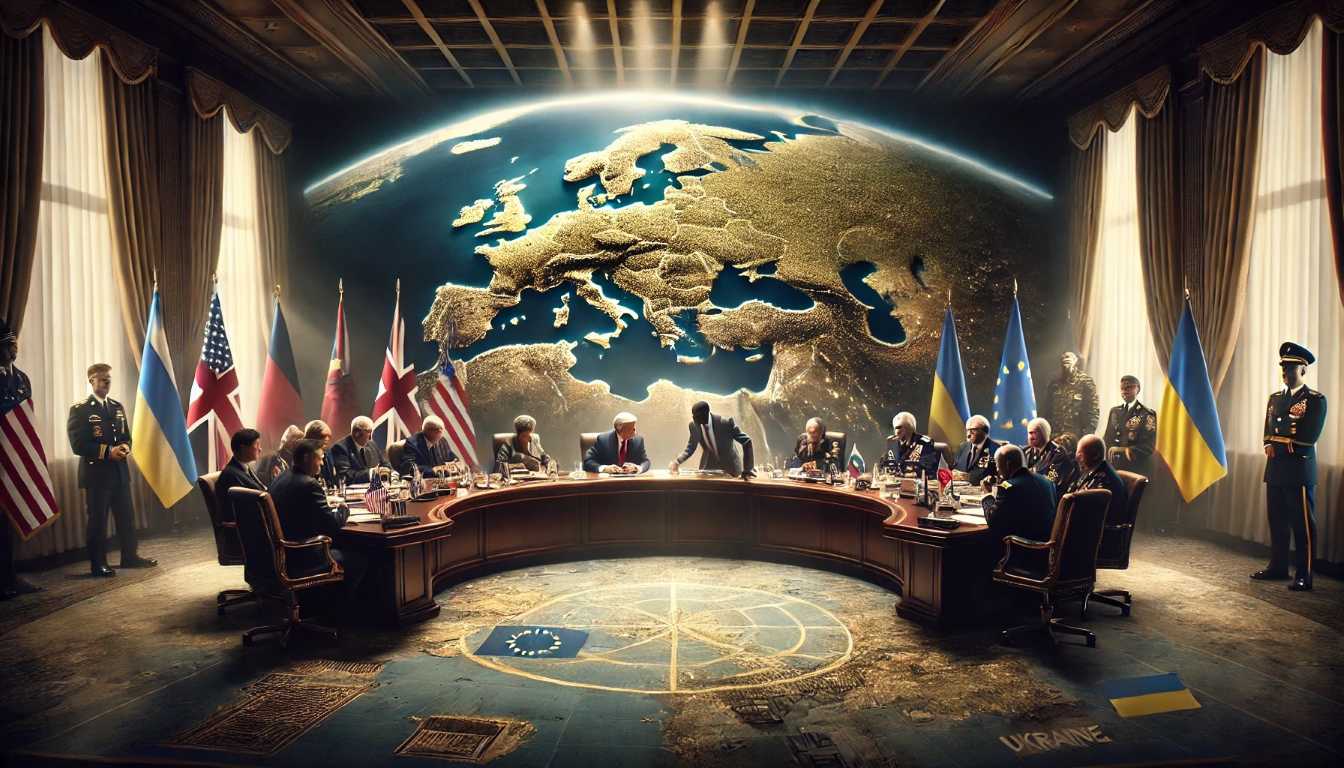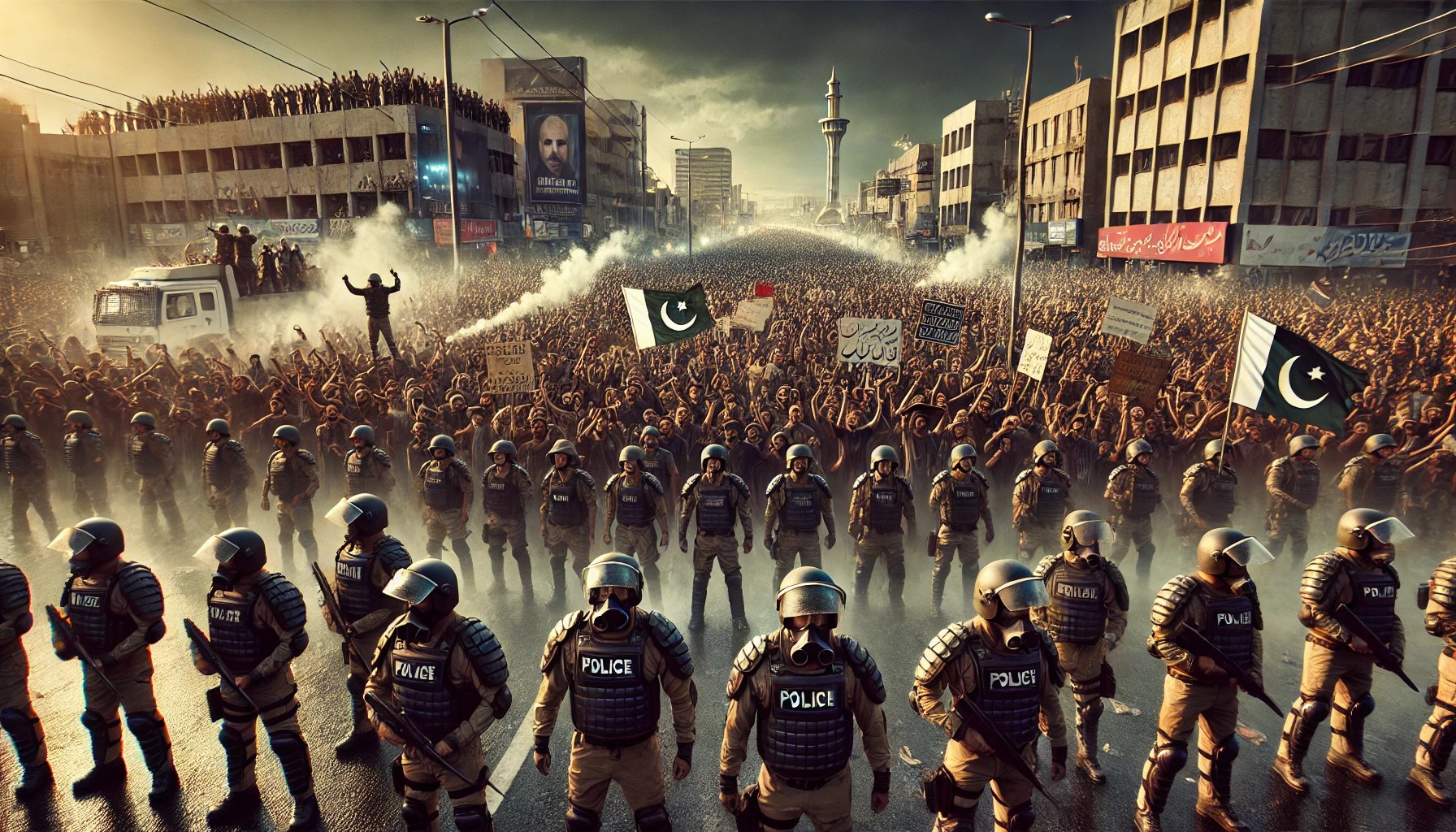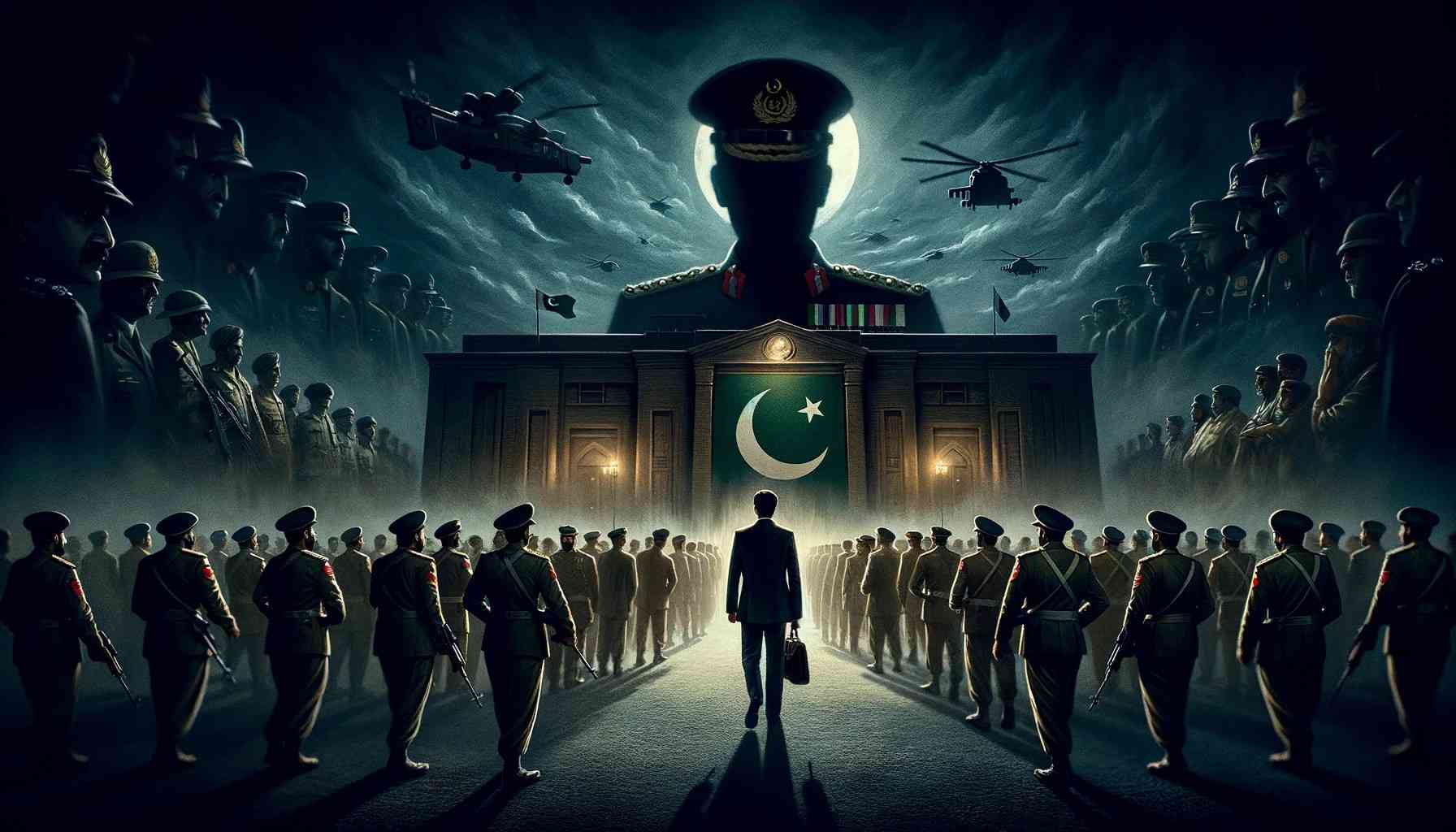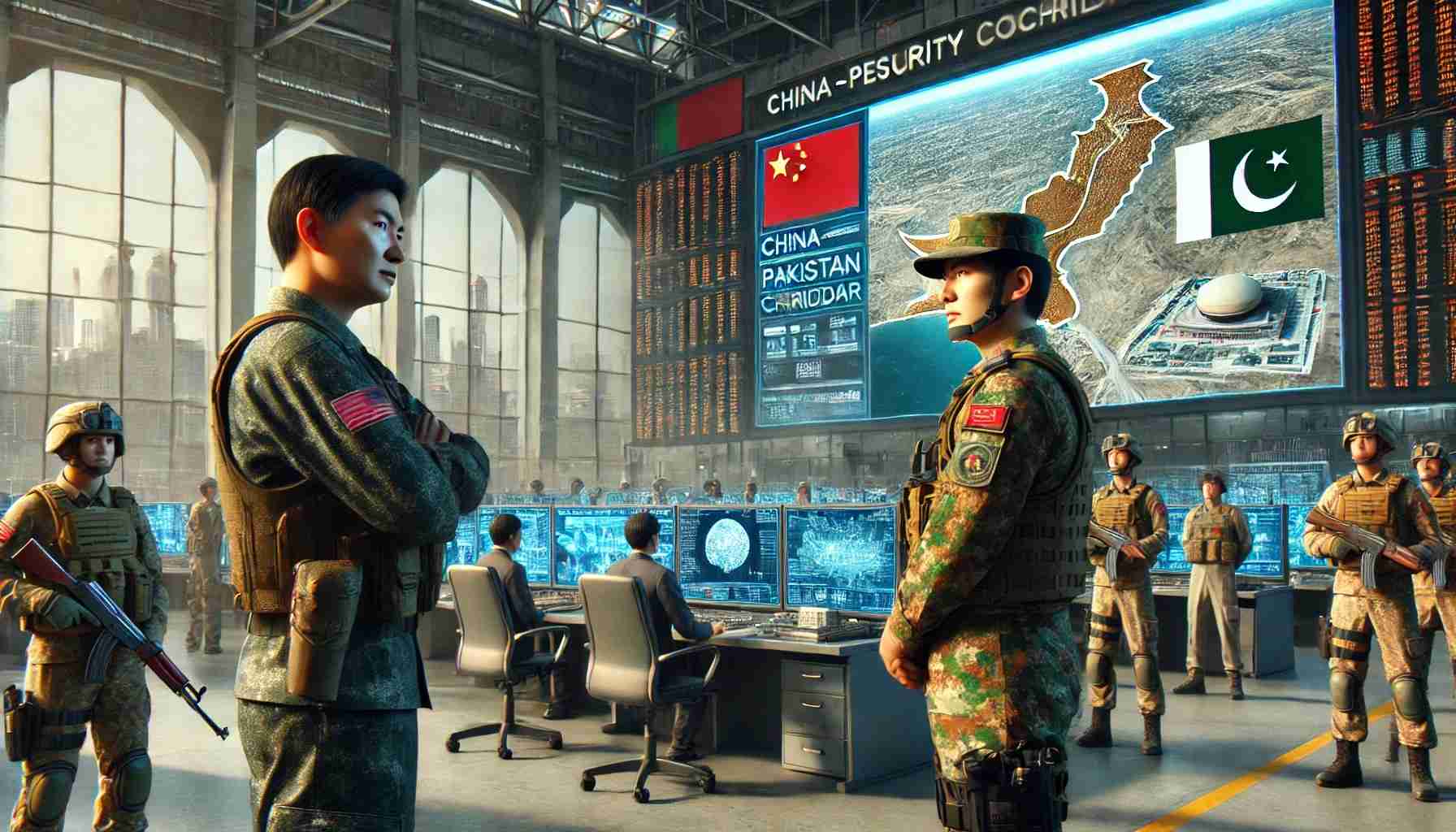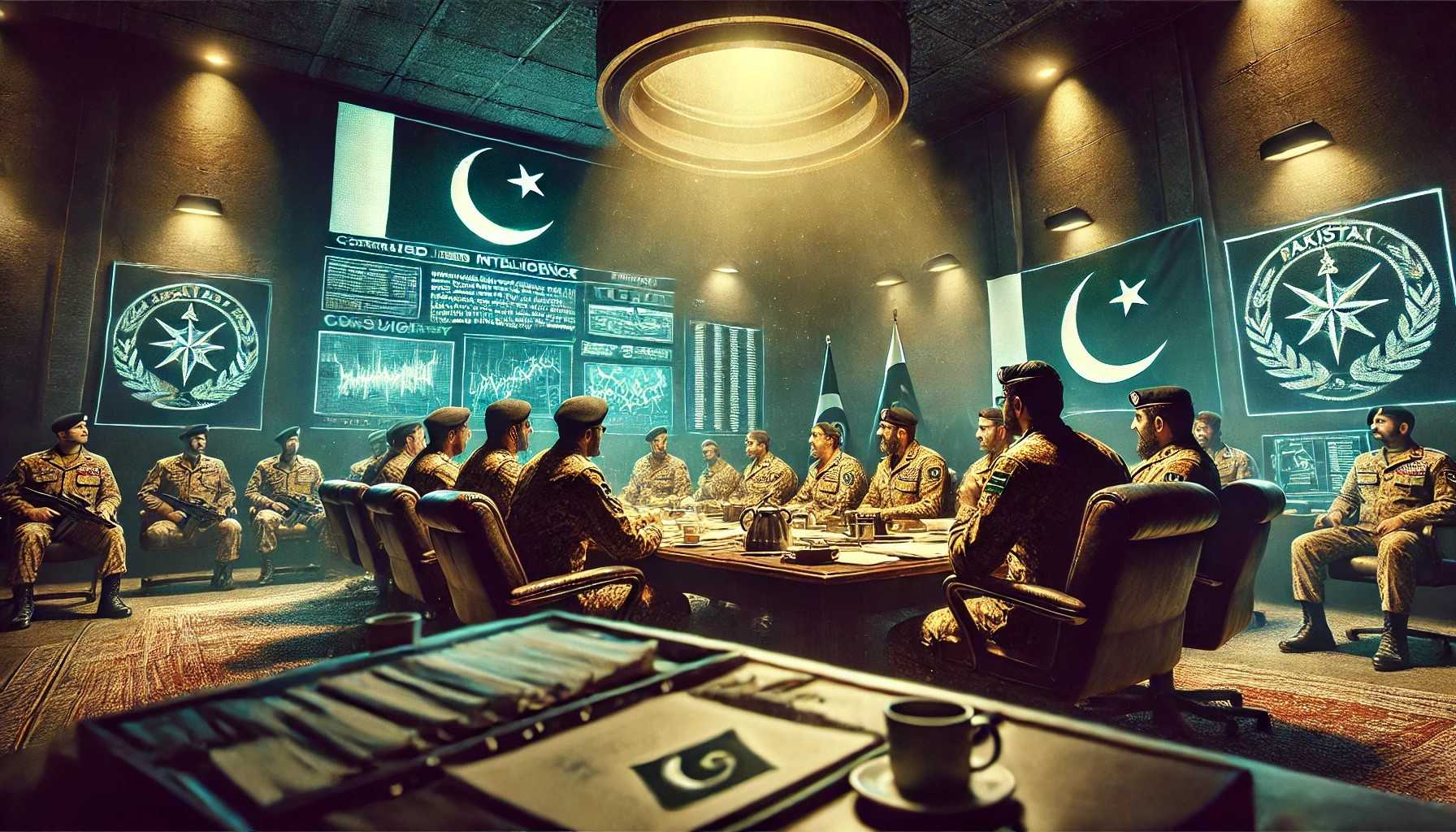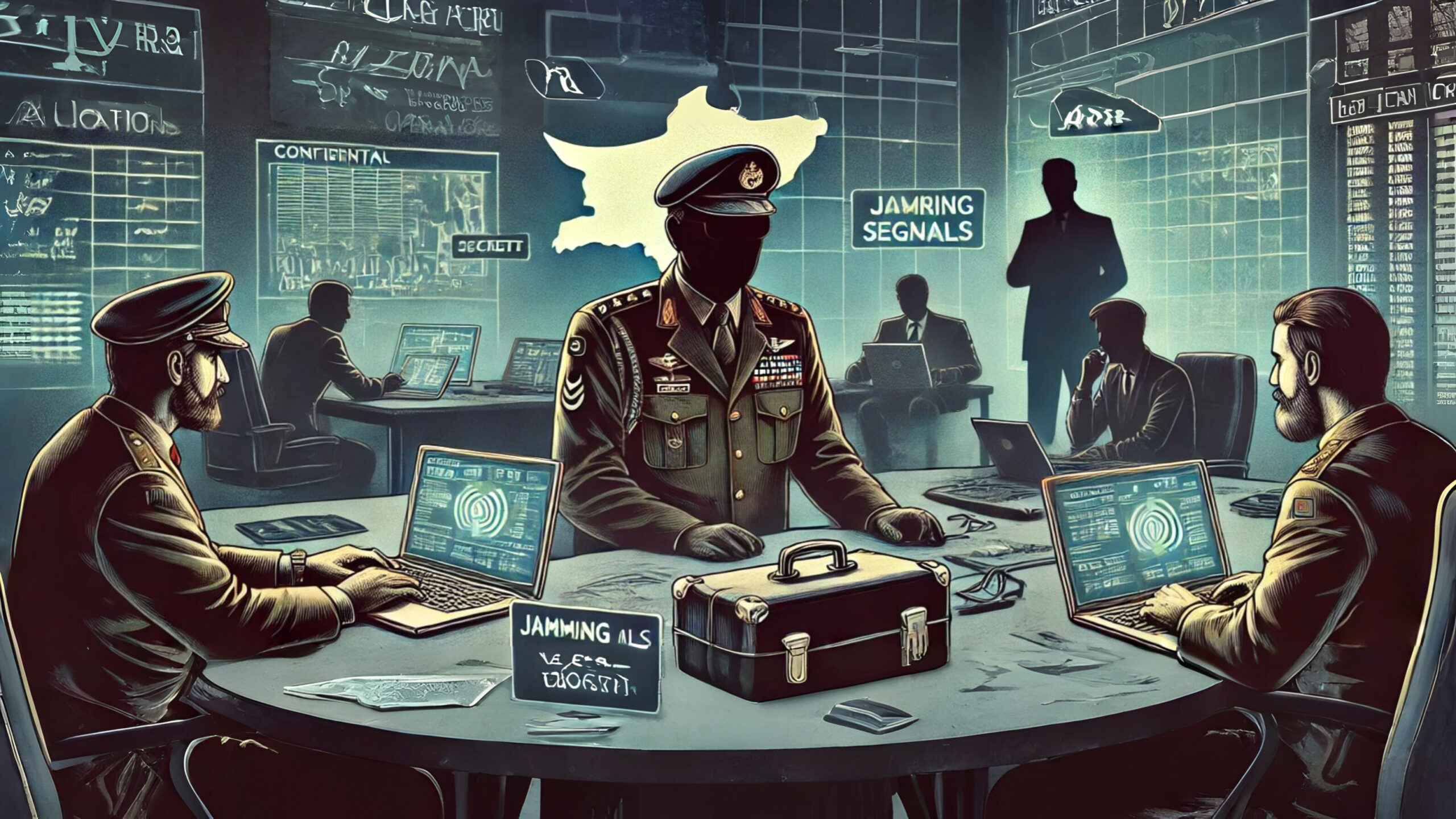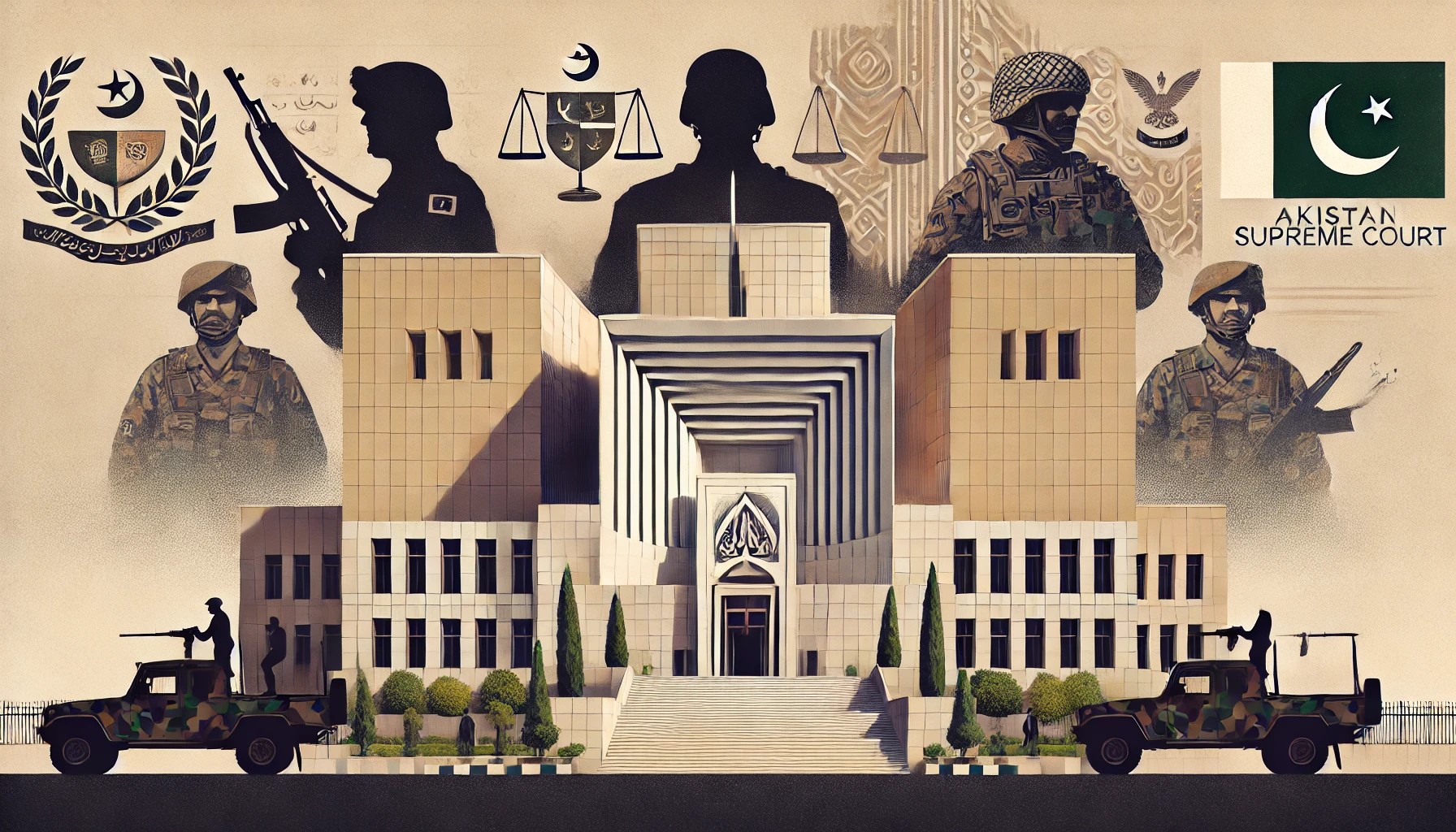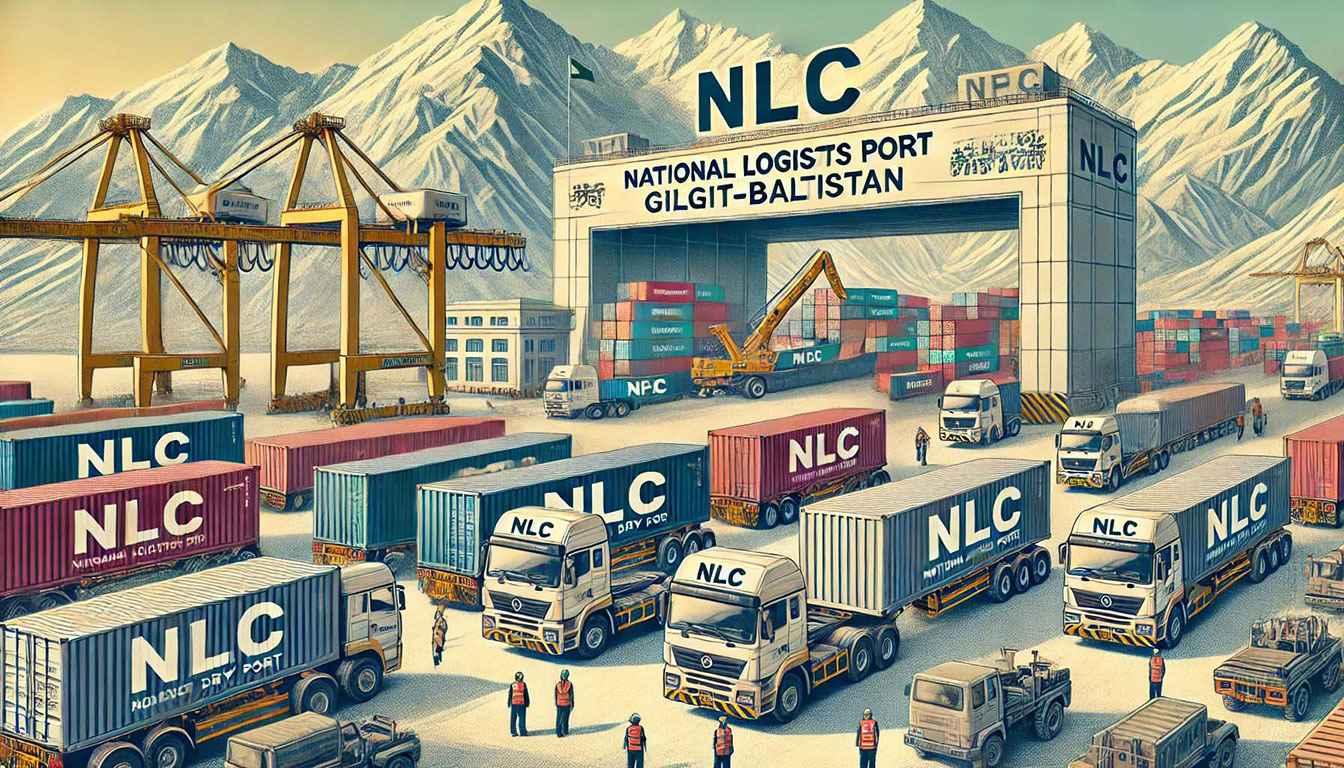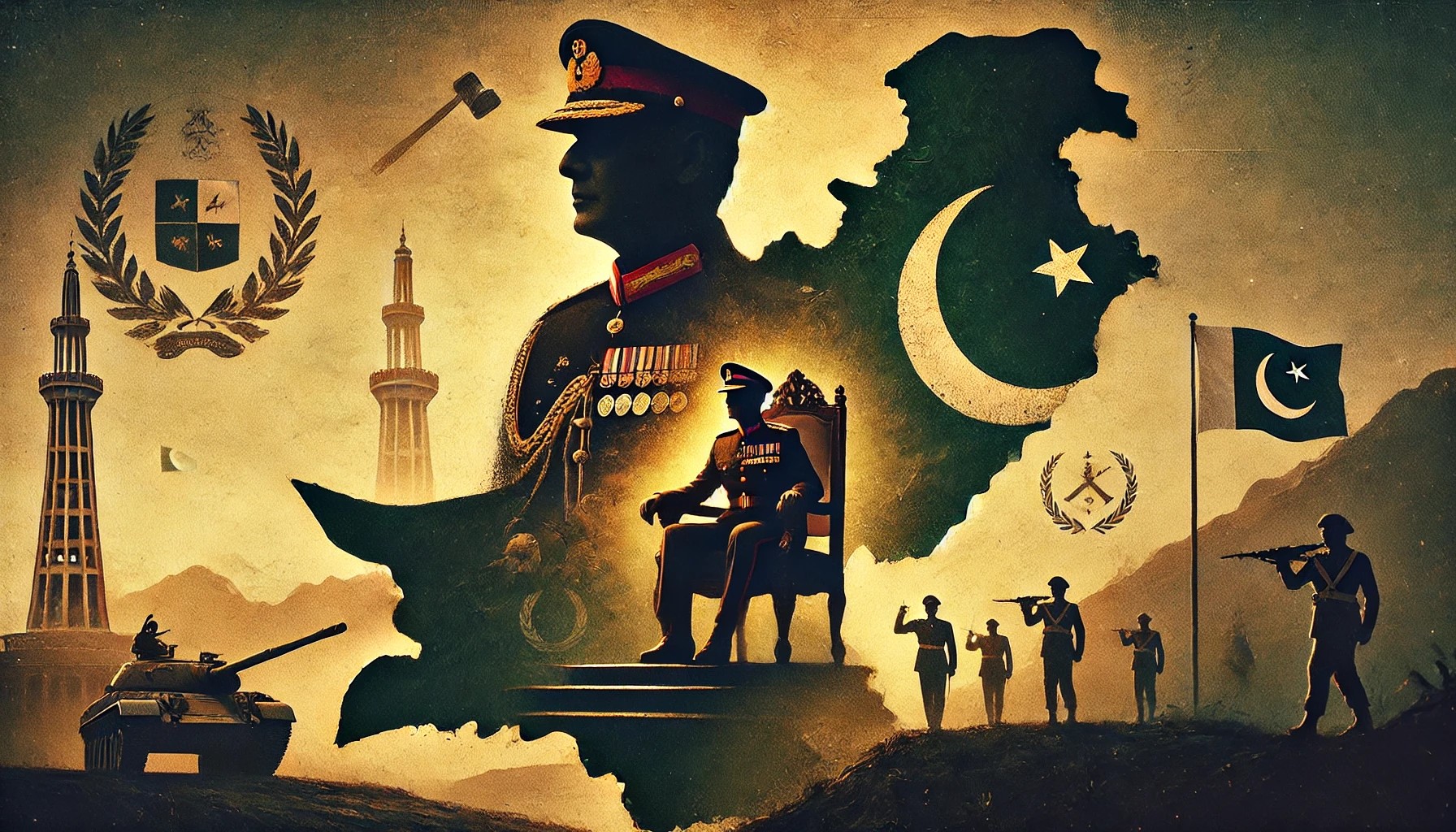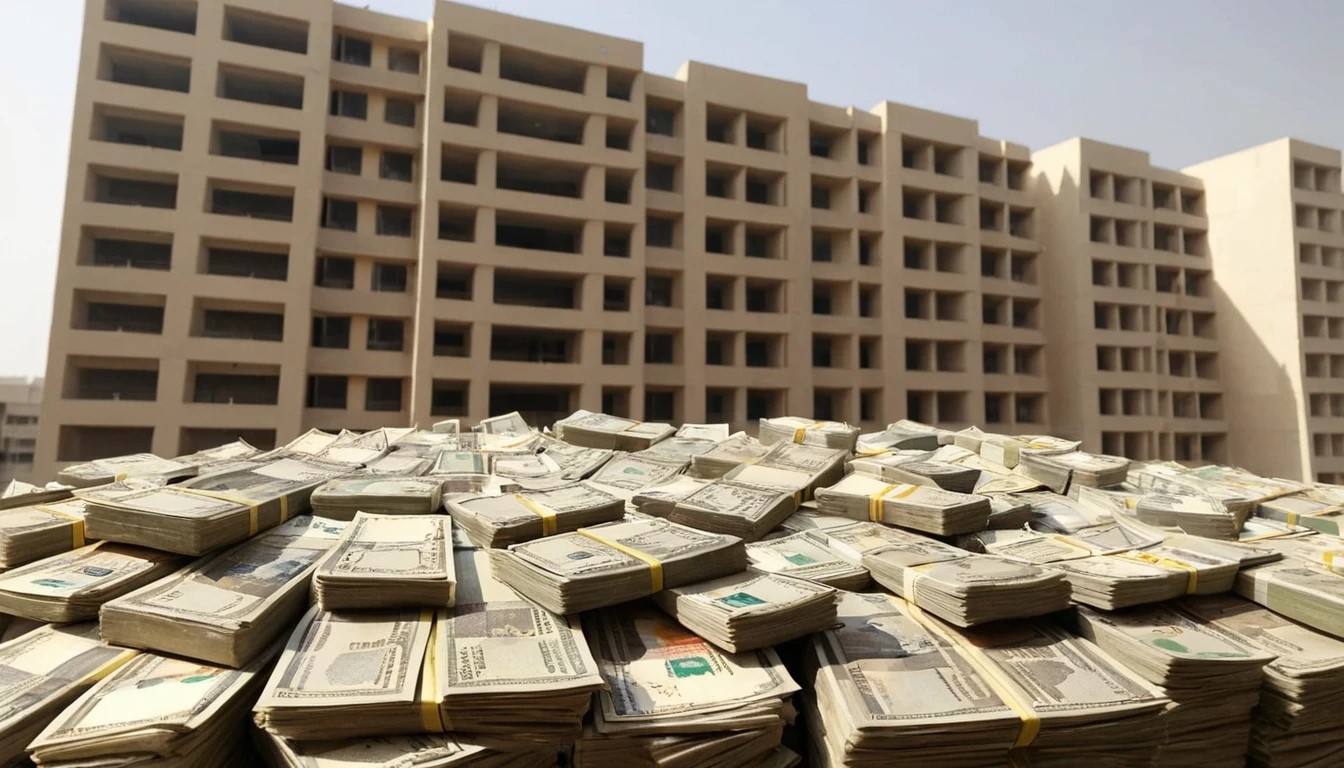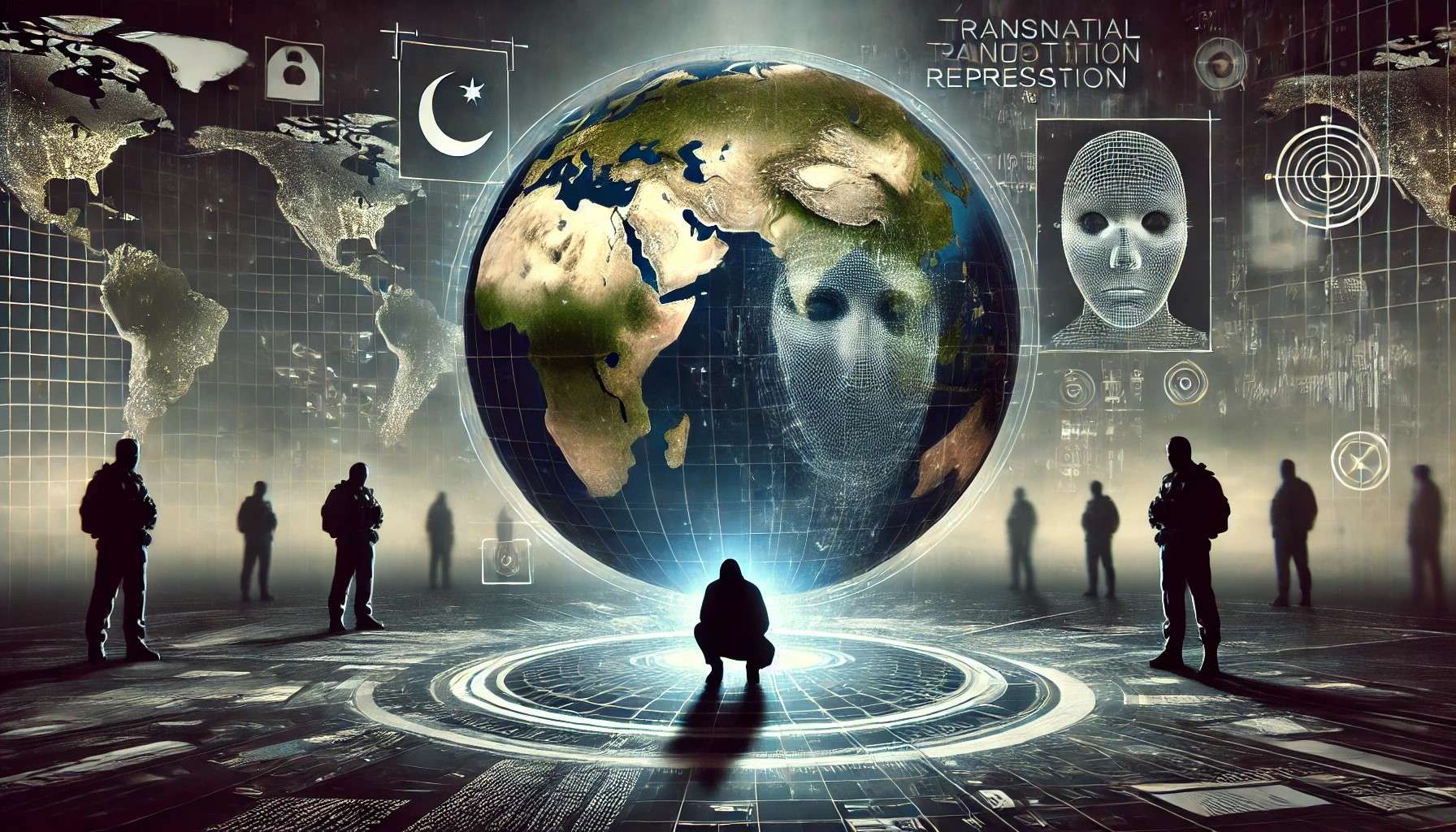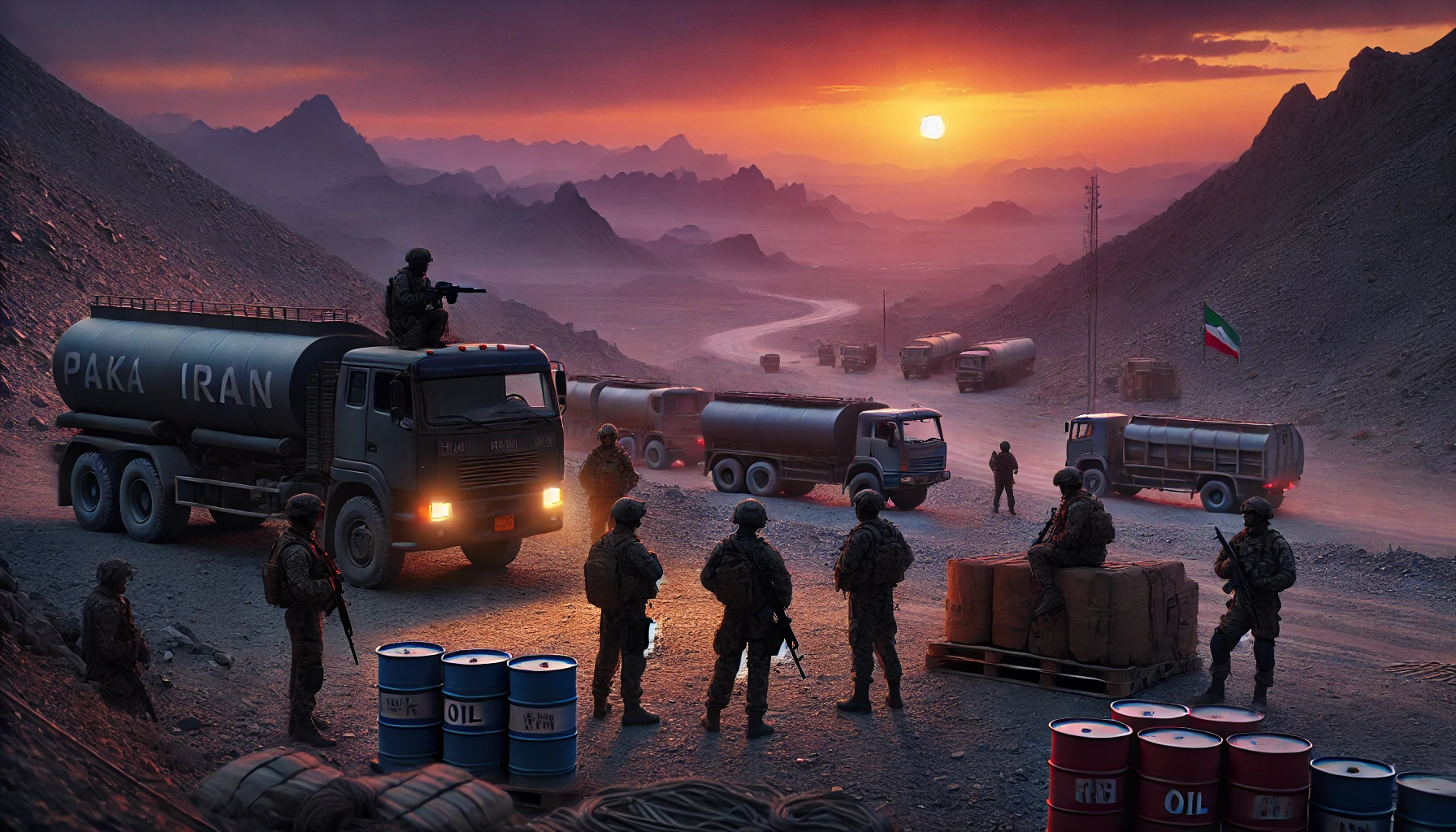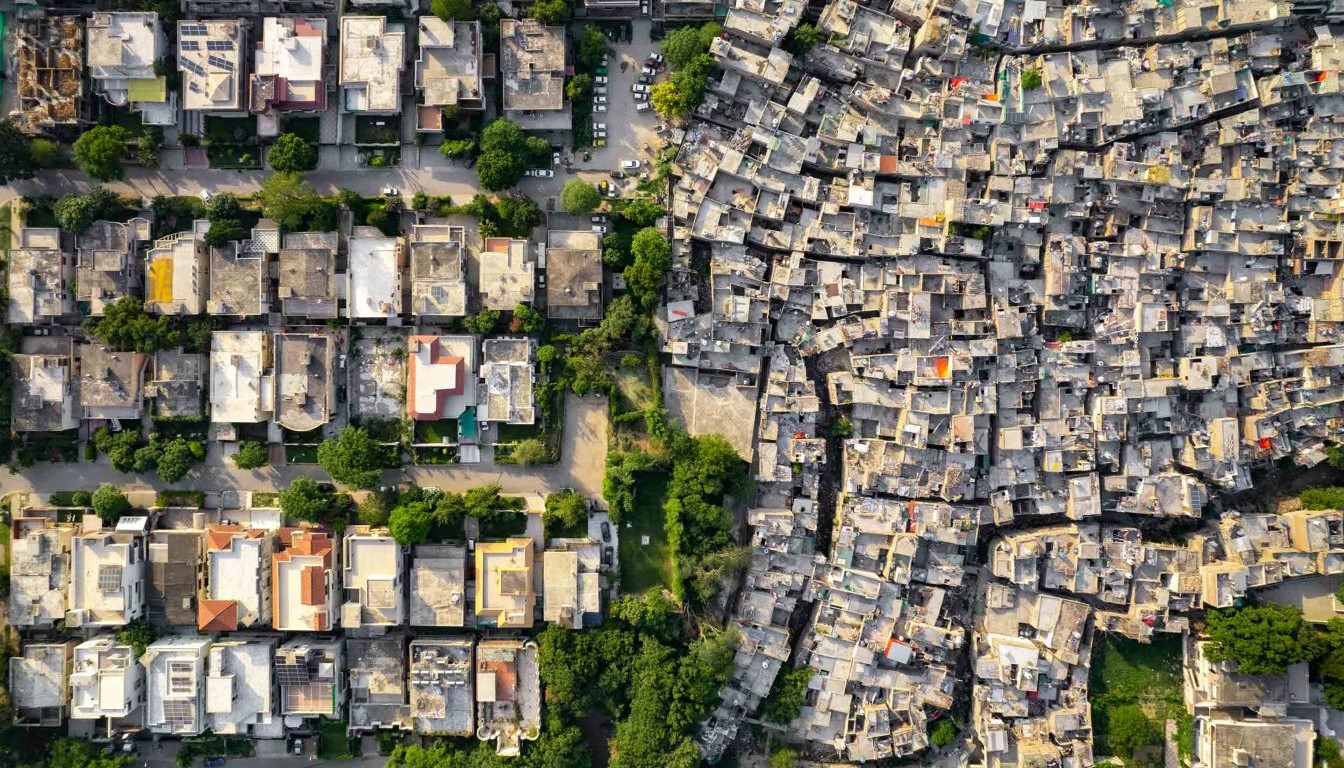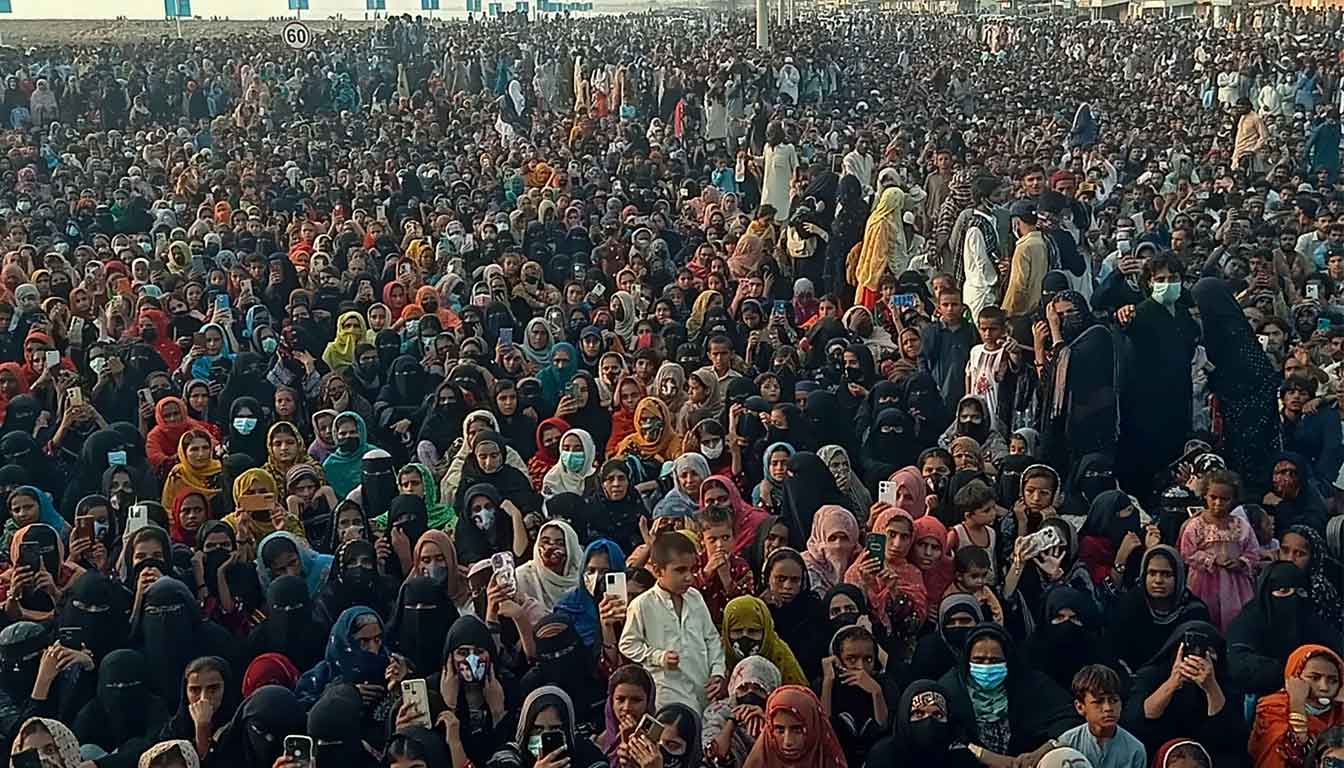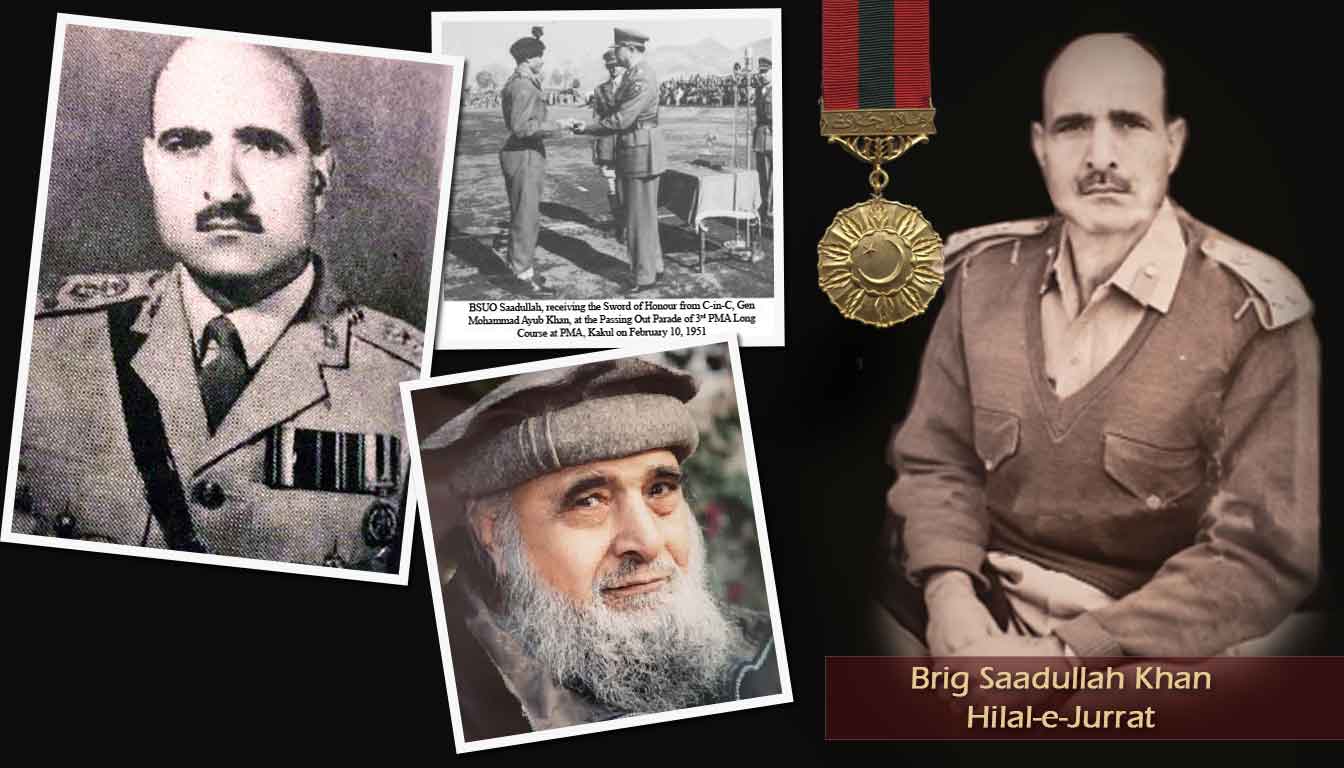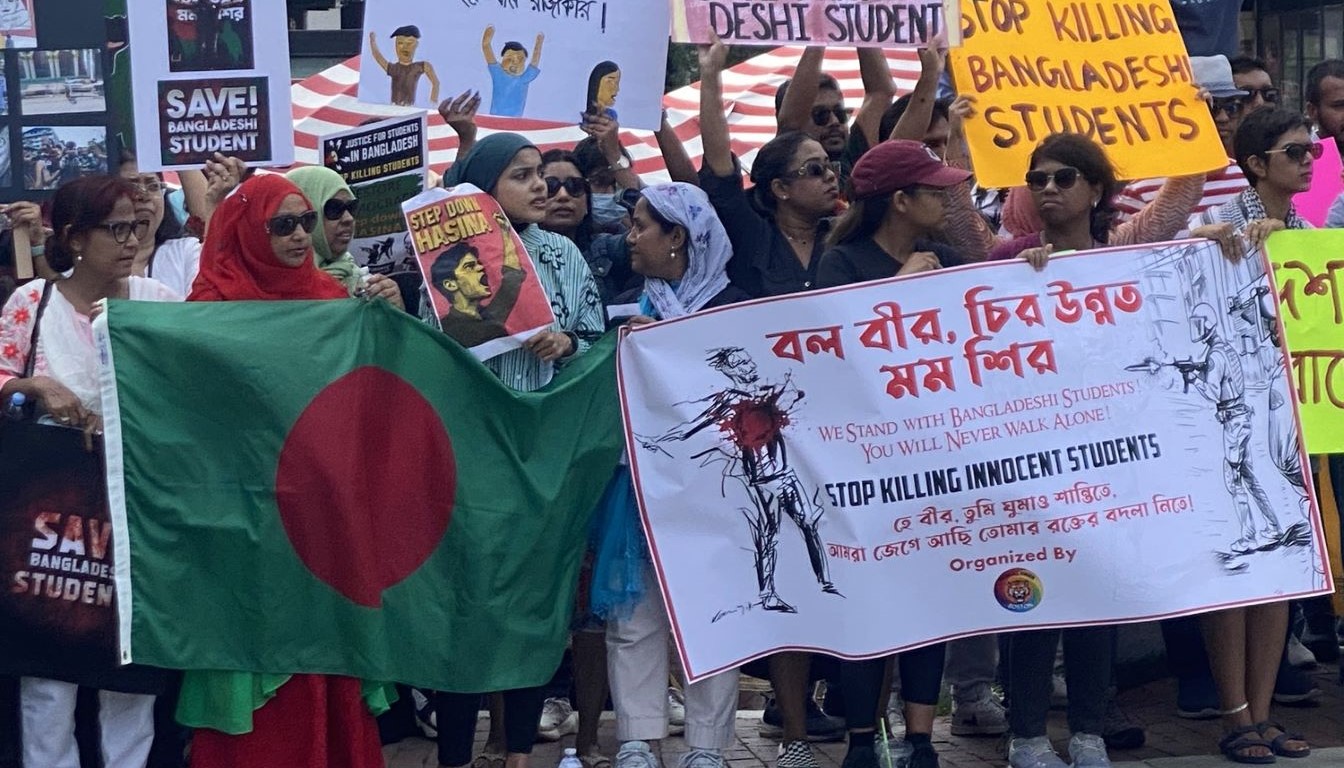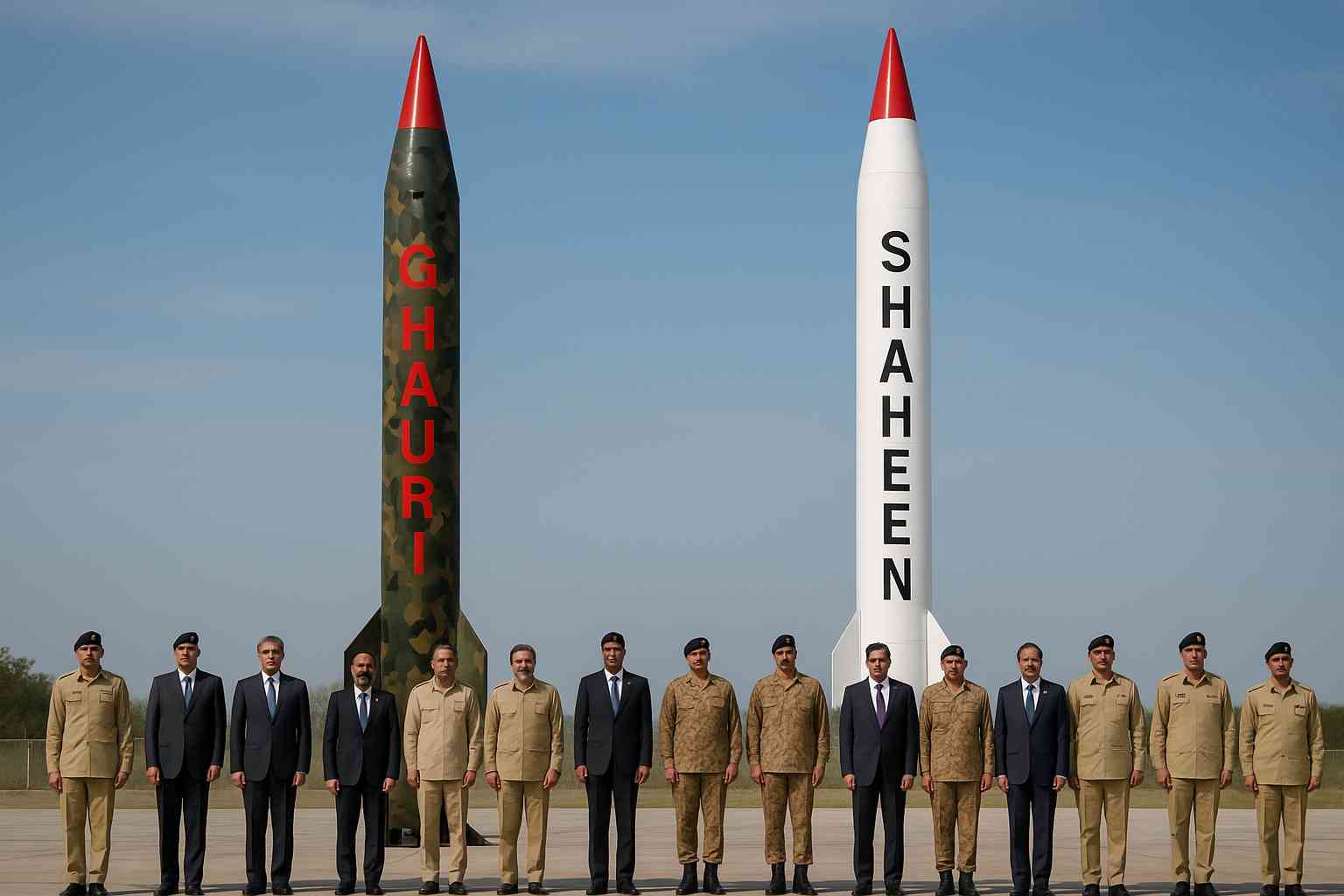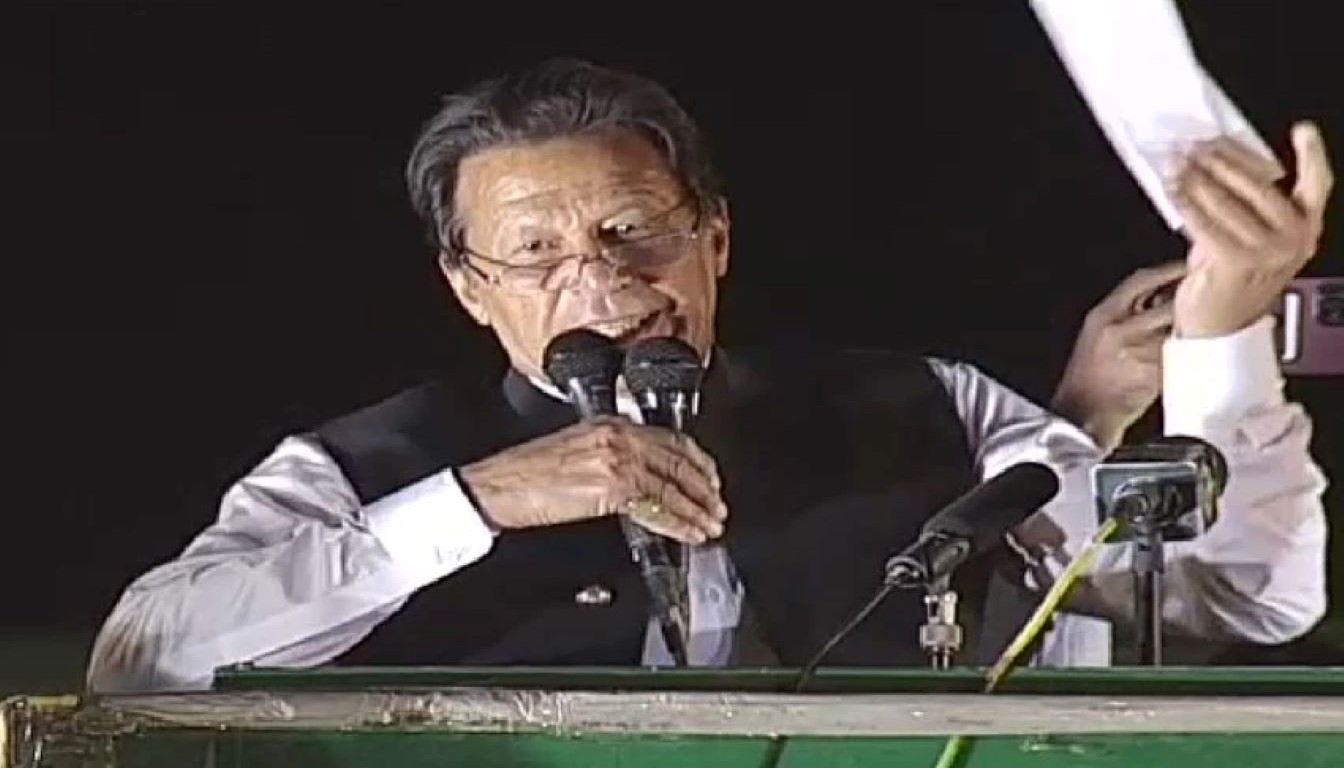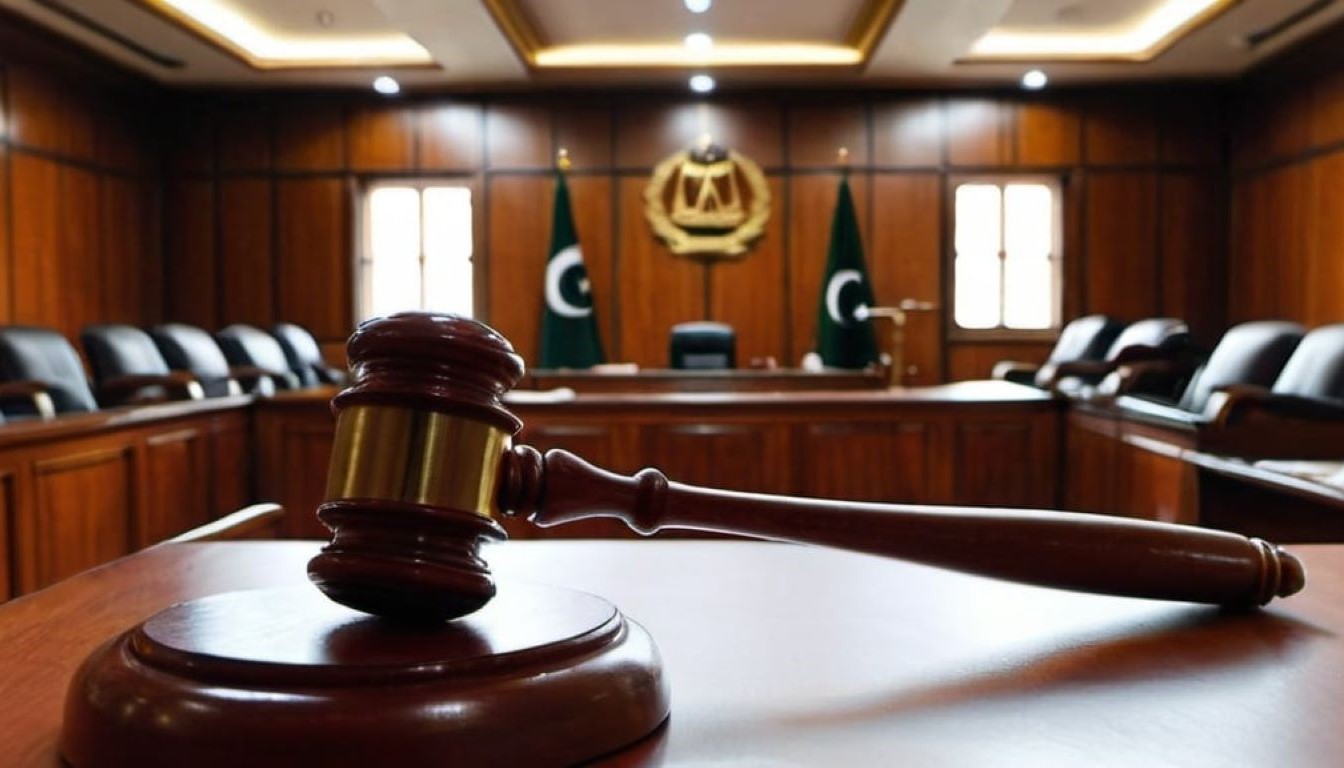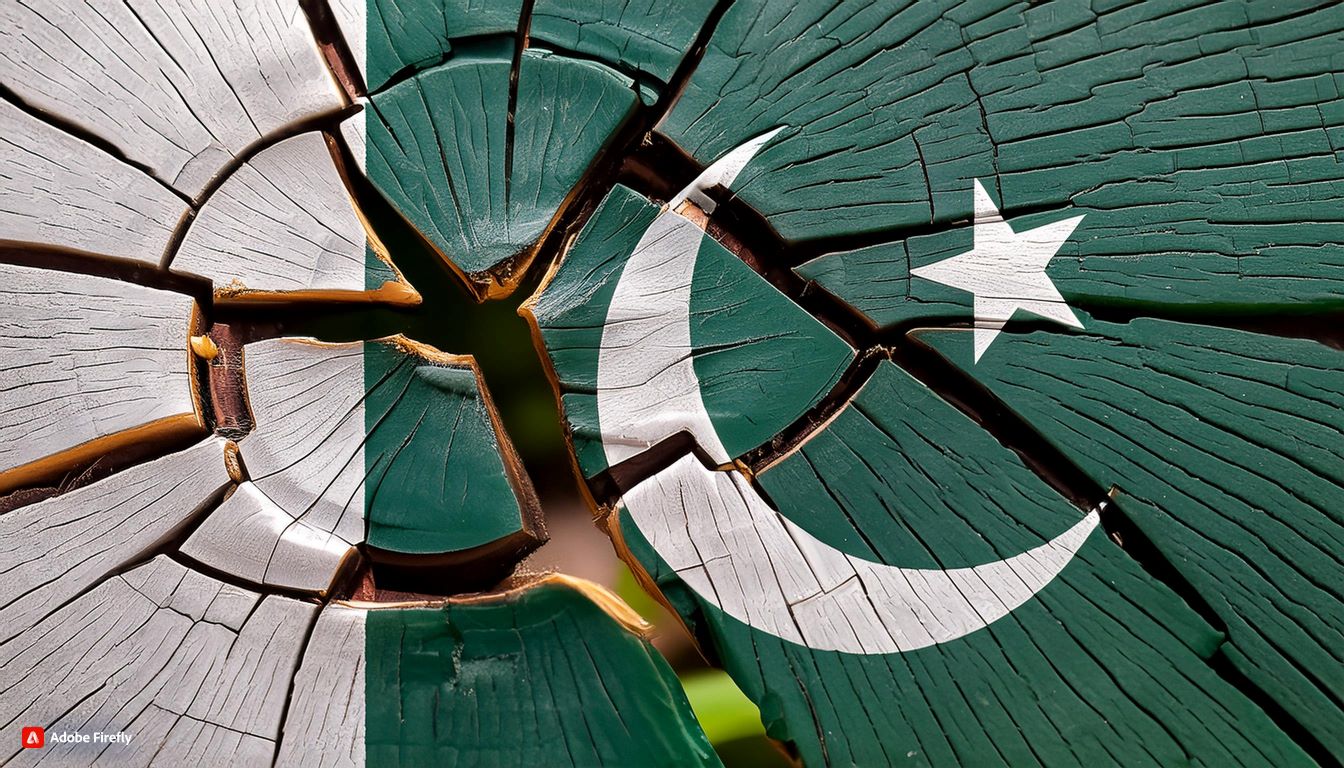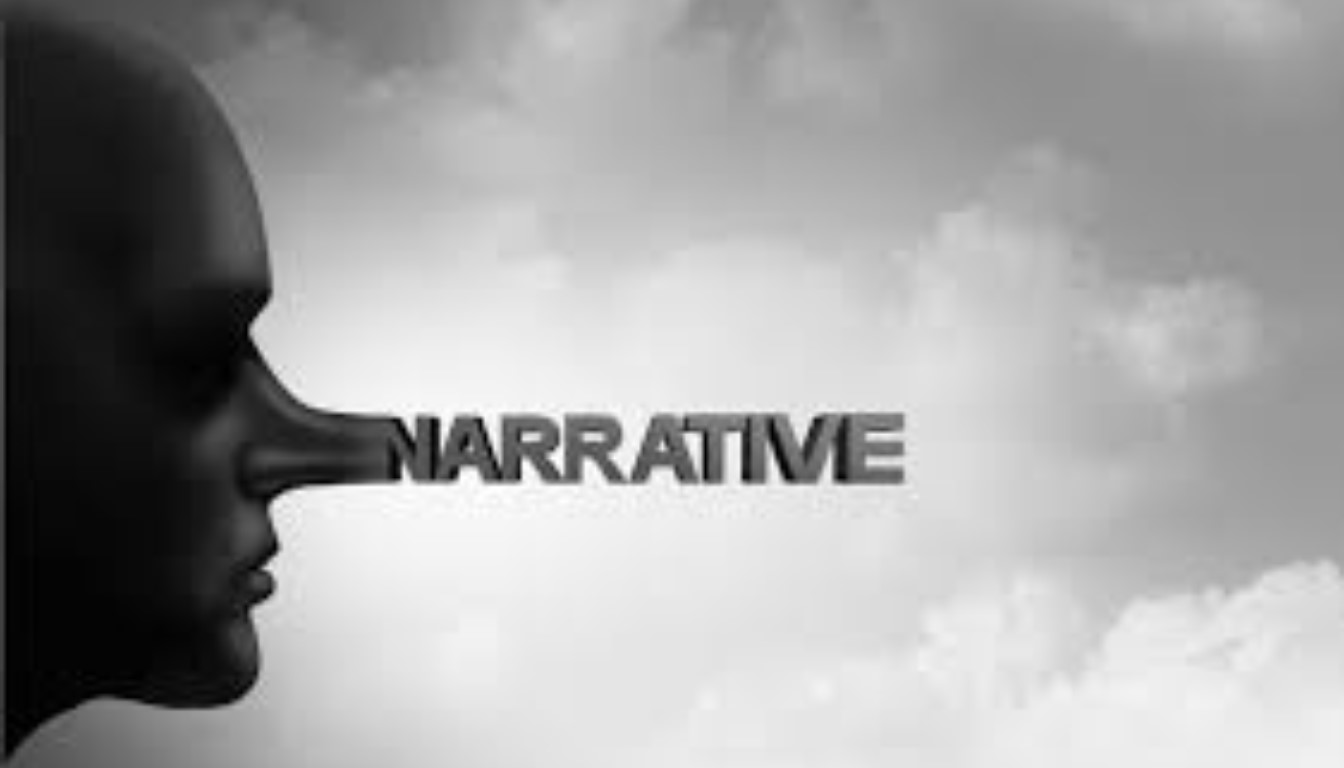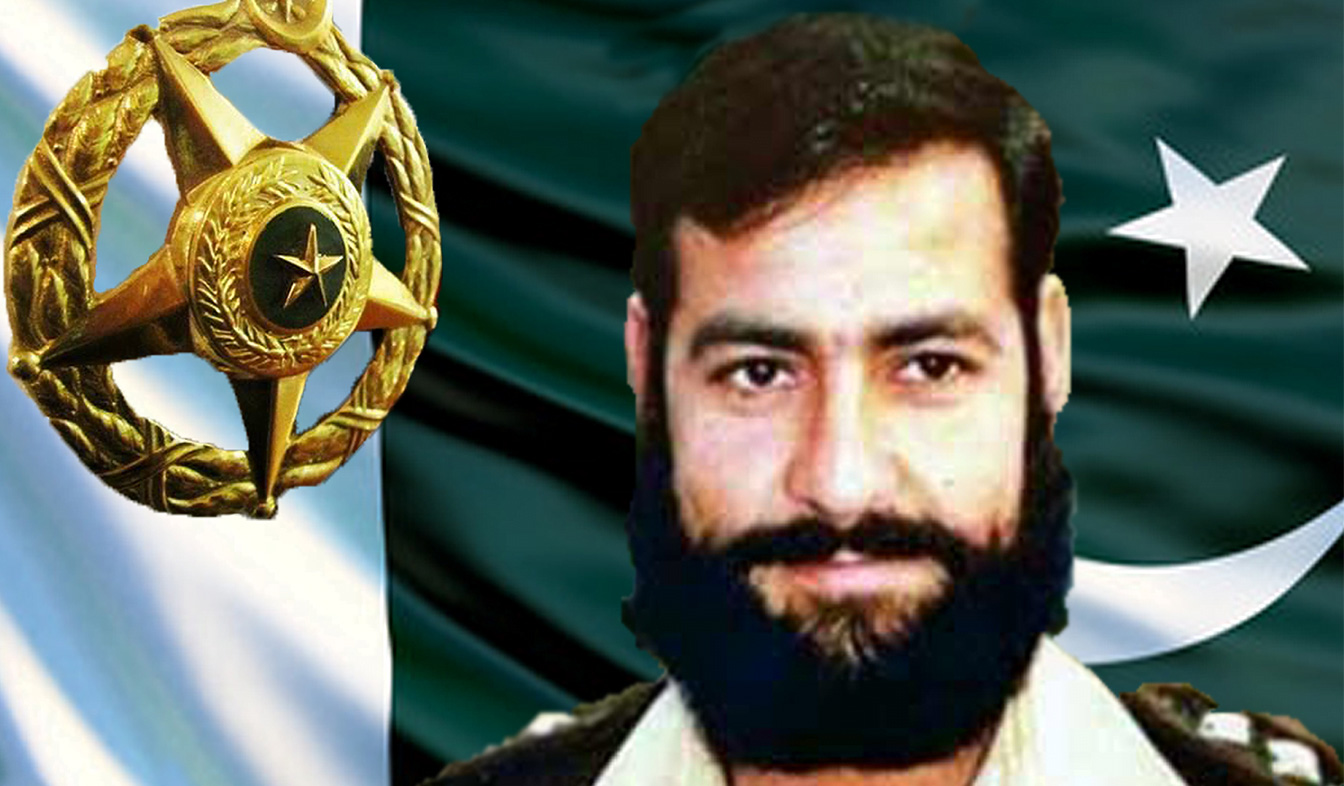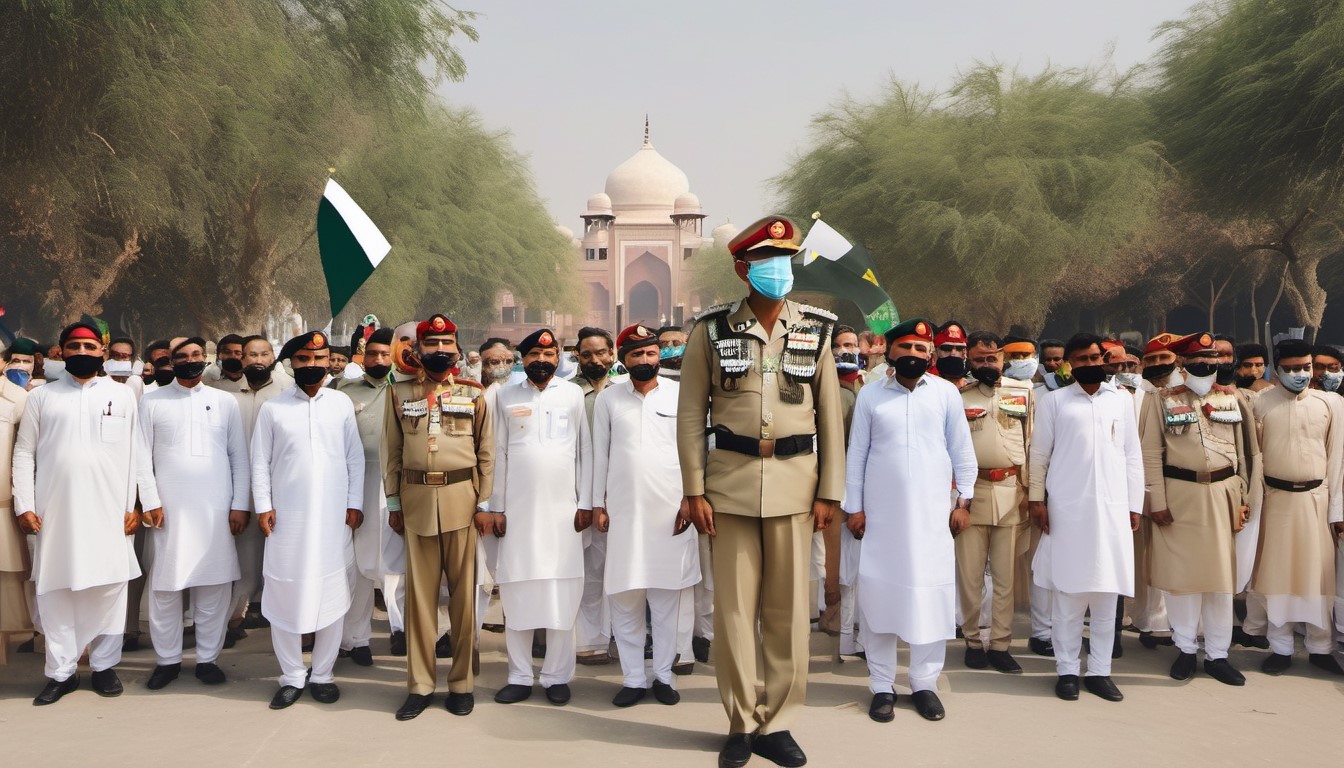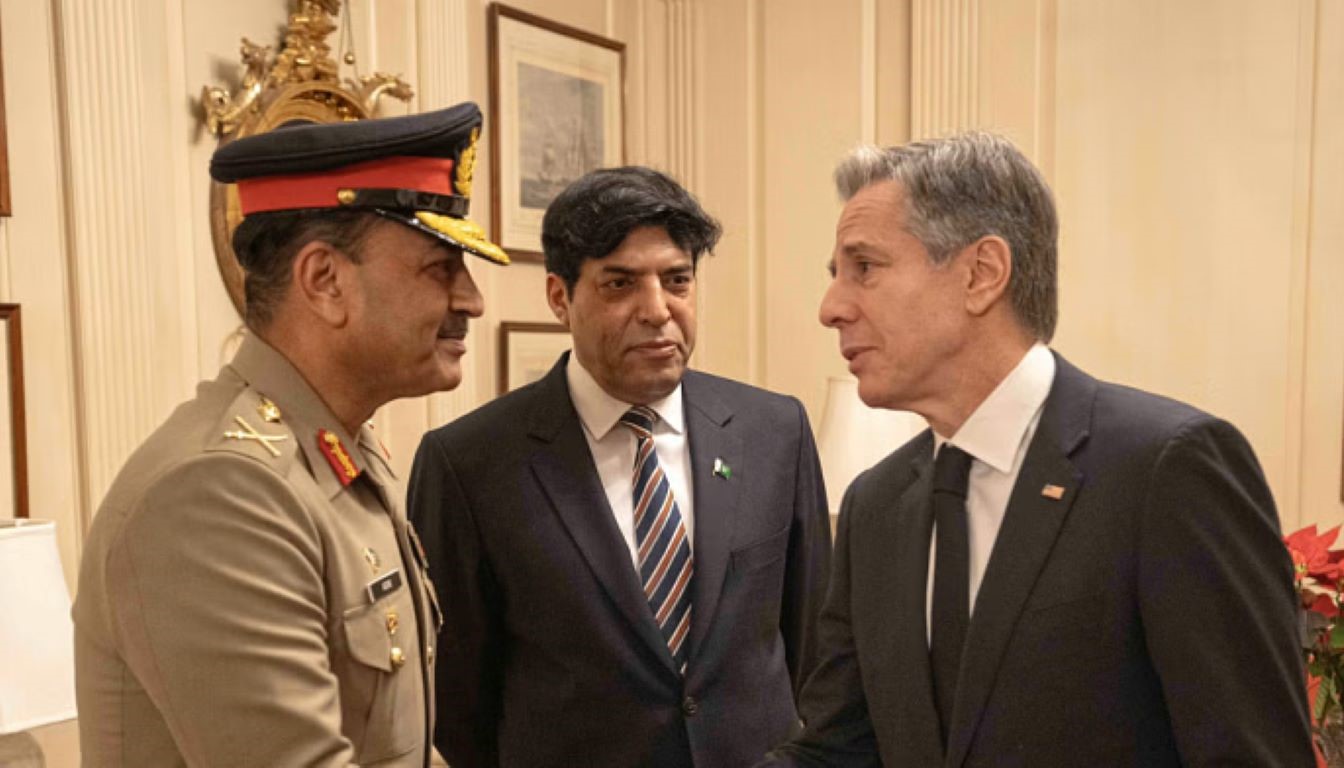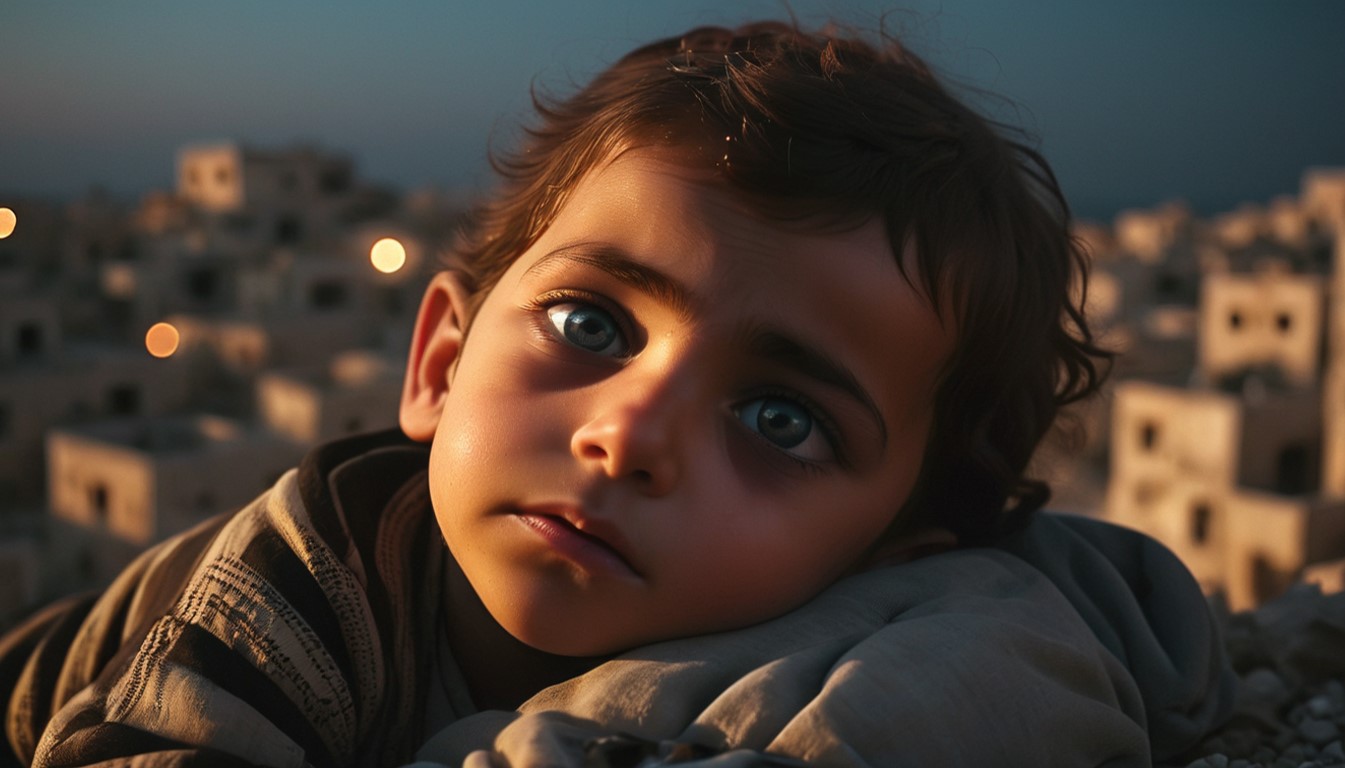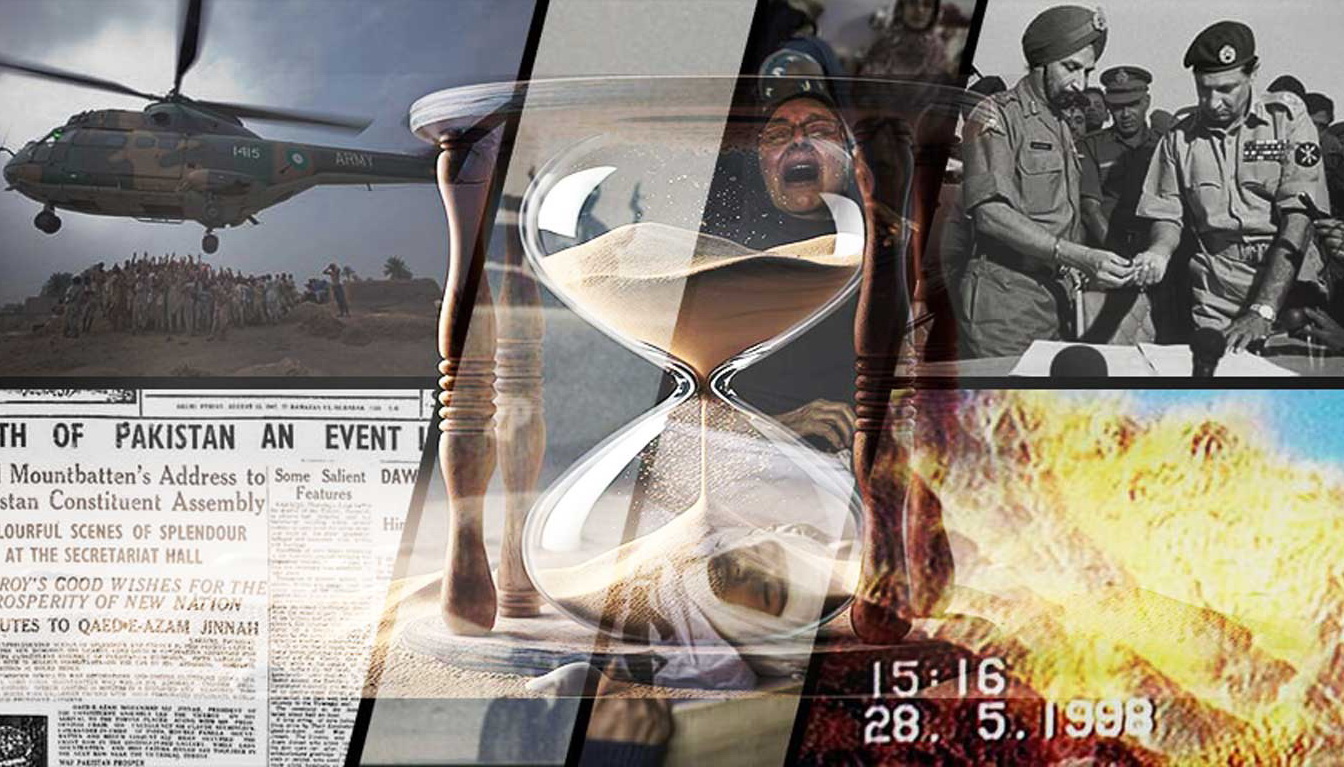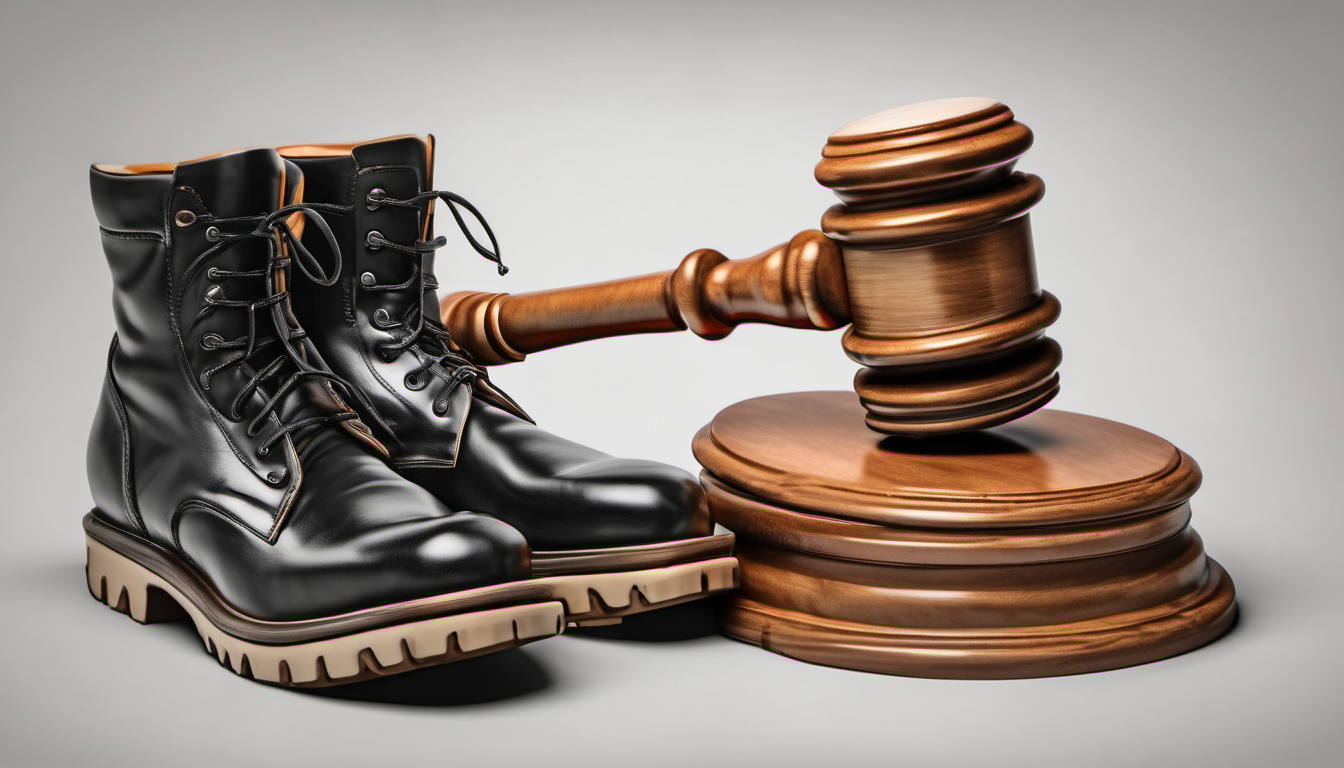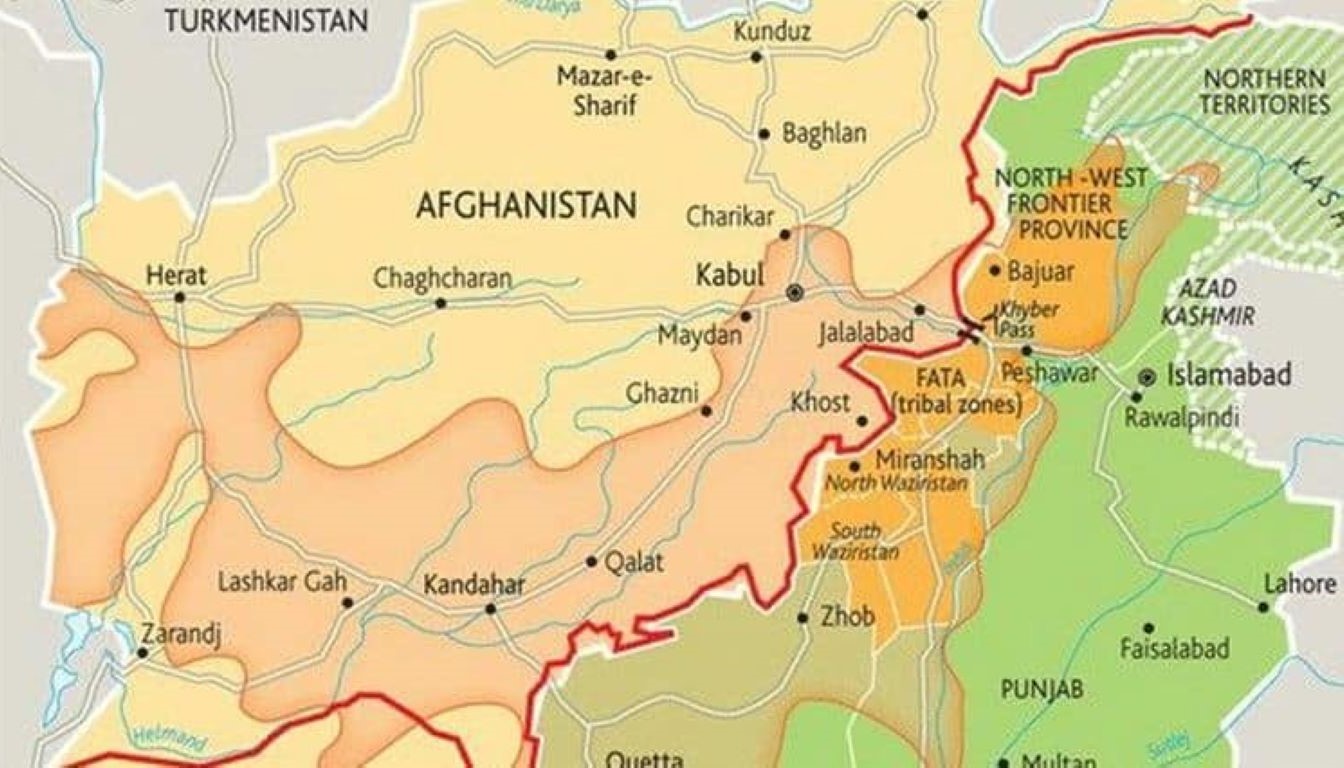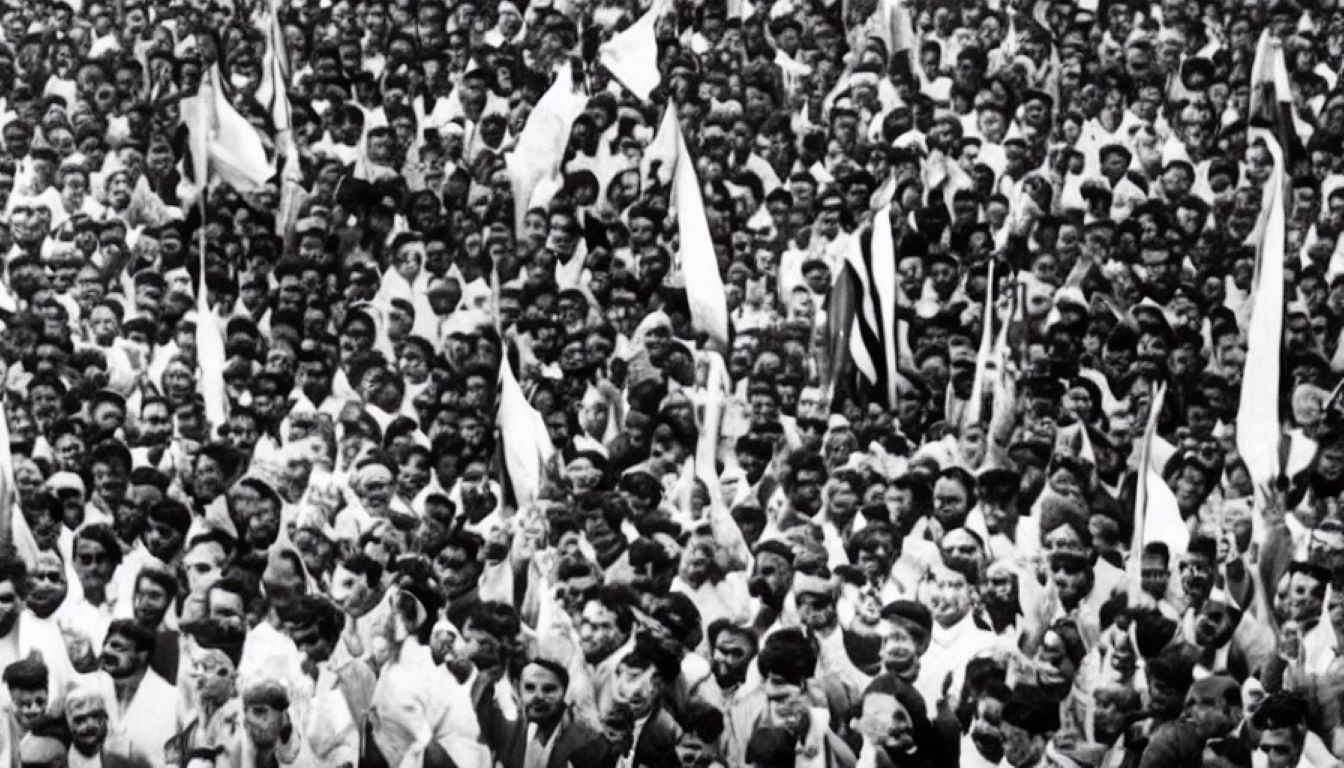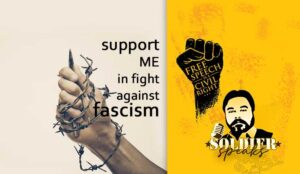By Salman Ahmad
United Nations Goodwill Ambassador, Pakistani-American, Human Rights Defender and a famous rockstar, Founder of rock band “Junoon”
A source very close to President Trump confessed to me in Washington D.C., off the record in his office, that the self-nominated Pakistani Field Marshal Asim Munir and his puppet government “don’t know what the f—k they’re doing!”
Another close, long-time friend of President Trump’s told me that the President is “75% ready to make a decision.” He wrote, “It’s rare to encounter a personality as diverse in talent as Imran Khan: a former world-renowned athlete, former Prime Minister, humanist, and one of the preeminent world leaders in the fight for democracy around the world.”
He believes the Pakistani government and its military handlers are dangerously oblivious to the reality that Imran Khan is a global icon, recognized everywhere, with support from a remarkably wide spectrum of influential stakeholders.
In the dimly lit corridors of global power, a quiet yet relentless campaign is unfolding—one driven to free Pakistan’s former Prime Minister Imran Khan from solitary confinement. Khan, a towering figure whose legacy spans cricket fields, political podiums, and the international stage as a champion of democracy, now languishes in a cell under conditions described as inhumane by those closest to him. His plight has galvanized three distinct yet entwined forces: the Pakistani diaspora, Pakistani-Americans, and Khan’s own sons, Kasim and Suleiman. Each acts independently, but together, they press for justice, democratic restoration, and Khan’s release. This is more than a story of heroics or conspiracy; it is a campaign of calculated, persistent pressure—a strategy reminiscent of the fight to free Nelson Mandela decades ago.
The Diaspora’s Drumbeat
The Pakistani diaspora—a sprawling network of millions scattered across the world—is no stranger to advocacy. From New York to Washington D.C., they have organized protests, flooded social media with hashtags, and meticulously documented Pakistan’s democratic backslide. Their coalition is diverse—doctors, entrepreneurs, students, and cab drivers—bound by a shared sense of injustice.“We’re not just shouting into the void,” a New York-based activist told me, speaking on condition of anonymity. “We’re knocking on congressional doors, briefing aides, and making sure Pakistan’s election rigging and human rights abuses stay on the radar.”
Their impact is measurable: recent bipartisan U.S. congressional resolutions condemning election irregularities and rights violations in Pakistan have gained real traction, thanks to relentless diaspora lobbying. Pro-Imran Khan groups abroad have mastered digital amplification, turning local grievances into global headlines. Yet, this diversity brings challenges: political jealousies and differing priorities can sometimes muddy the message. “We’re not a monolith,” the activist admitted, “but we don’t need to be. The noise we make keeps the issue alive.”
Pakistani-Americans: Conviction and Diplomacy
On Capitol Hill, a different kind of pressure simmers. Pakistani-Americans, wielding civic clout through coalitions and alliances, have transformed community diplomacy into a powerful weapon for change.
They host fundraisers, brief lawmakers, and forge relationships across party lines. Their advocacy spans trade and security, but Khan’s wrongful detention now unites them. “Imran Khan’s case is a litmus test for Pakistan’s democracy,” a group organizer told me. “If we let this slide, we’re greenlighting authoritarianism.”
Their commitment is perhaps best shown by a joint letter sent to President Donald Trump, urging him to use his unique influence in a moment of crisis:
“We are representatives of the million-strong Pakistan-American community… strong supporters of Imran Khan, the former Prime Minister of Pakistan. He has now spent more than two years in solitary confinement, during which his health has severely deteriorated. As a world-class athlete and a person of extraordinary dynamism and popularity, he is at grave risk of dying in prison in the very near term… He is denied access to his children, his lawyers, and proper medical care. If Imran Khan dies in prison, not only will Pakistan and the world lose a unique figure for cooperation and dialogue, but this nuclear-armed country of more than 250 million people could erupt in unimaginable violence…”
“Only one man—you, Mr. President—possesses the authority and credibility to tell Field Marshal Munir… that he cannot build a country or a relationship with the United States while driving Imran Khan to his death. This could pave the way for a national and regional reconciliation process that you could convene and oversee. Moving forward after 75 years of instability would be an achievement worthy of a Nobel Peace Prize.”
This letter is not just a plea—it is a clarion call for decisive international engagement.
The Sons’ Plea: Humanizing the Struggle
Enter Kasim and Suleiman Khan, Imran’s sons, who until recently had avoided the political spotlight. Their emergence in the U.S. marks a turning point. Armed with moral clarity and personal stories, they’ve met with influential figures like Richard Grenell and members of Congress. Their message is unmistakable: their father, a symbol of hope, is now the victim of political vendetta and inhumane confinement.
“Our father gave everything to this country—sacrificing comfort, peace, and safety to fight for Pakistan’s future,” Kasim Khan said in a moving X post . “ Today, he is silenced, tortured, imprisoned, and completely cut off from us. From the moment we could understand, he taught my brother and me how devastating a corrupt government can be. To see him now accused of that very crime is a cruel, intolerable irony.”
By framing Khan’s ordeal as a humanitarian crisis, the sons give the campaign its emotional center—one that cuts through politics and resonates with anyone who values justice.
The Mandela Parallel
This playbook is tried and tested: Mandela’s freedom decades ago was secured through the convergence of internal protest, relentless diaspora activism, and international pressure. As a PTI organizer in London told me, “It’s not just about one man. We’re showing Pakistan’s rulers that the world is watching.”Inside Pakistan, the risks are acute—protesters and activists face arrest and intimidation. The diaspora amplifies these voices, Pakistani-Americans translate outrage into policy, and Khan’s sons ensure the cause never loses its human face.
The Corridors of Power
In Washington, Imran Khan’s case has become a litmus test for American values and leverage. Lawmakers describe him as a principled leader whose persecution mars Pakistan’s standing abroad. With billions in U.S. aid, trade deals, and IMF loans in play, the question remains: Will America stand with democracy, or with expediency?
The campaign continues: the diaspora sustains pressure abroad, Pakistani-Americans champion the cause in the halls of power, and Kasim and Suleiman Khan shine a spotlight on their father’s suffering. These efforts—distinct yet converging—are greater than the sum of their parts. As one activist put it, “Imran Khan isn’t just a man in a cell. He’s a symbol of what Pakistan could be.”


